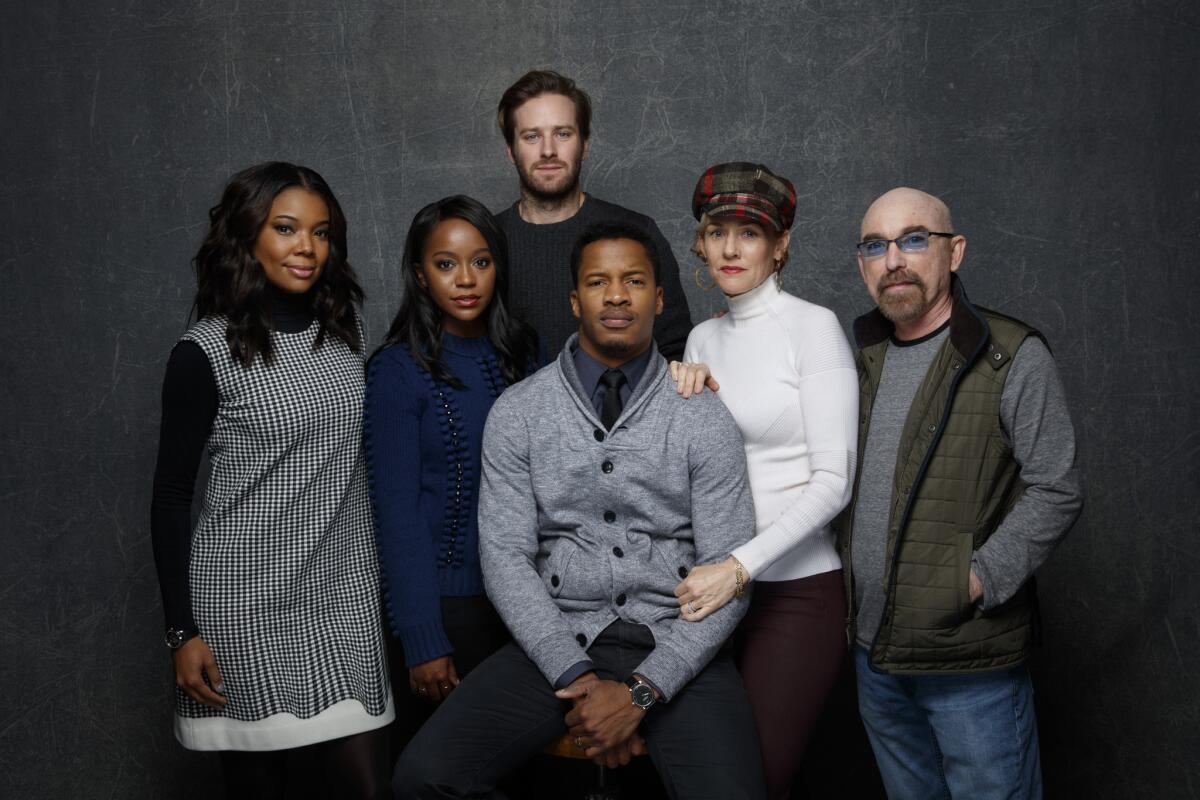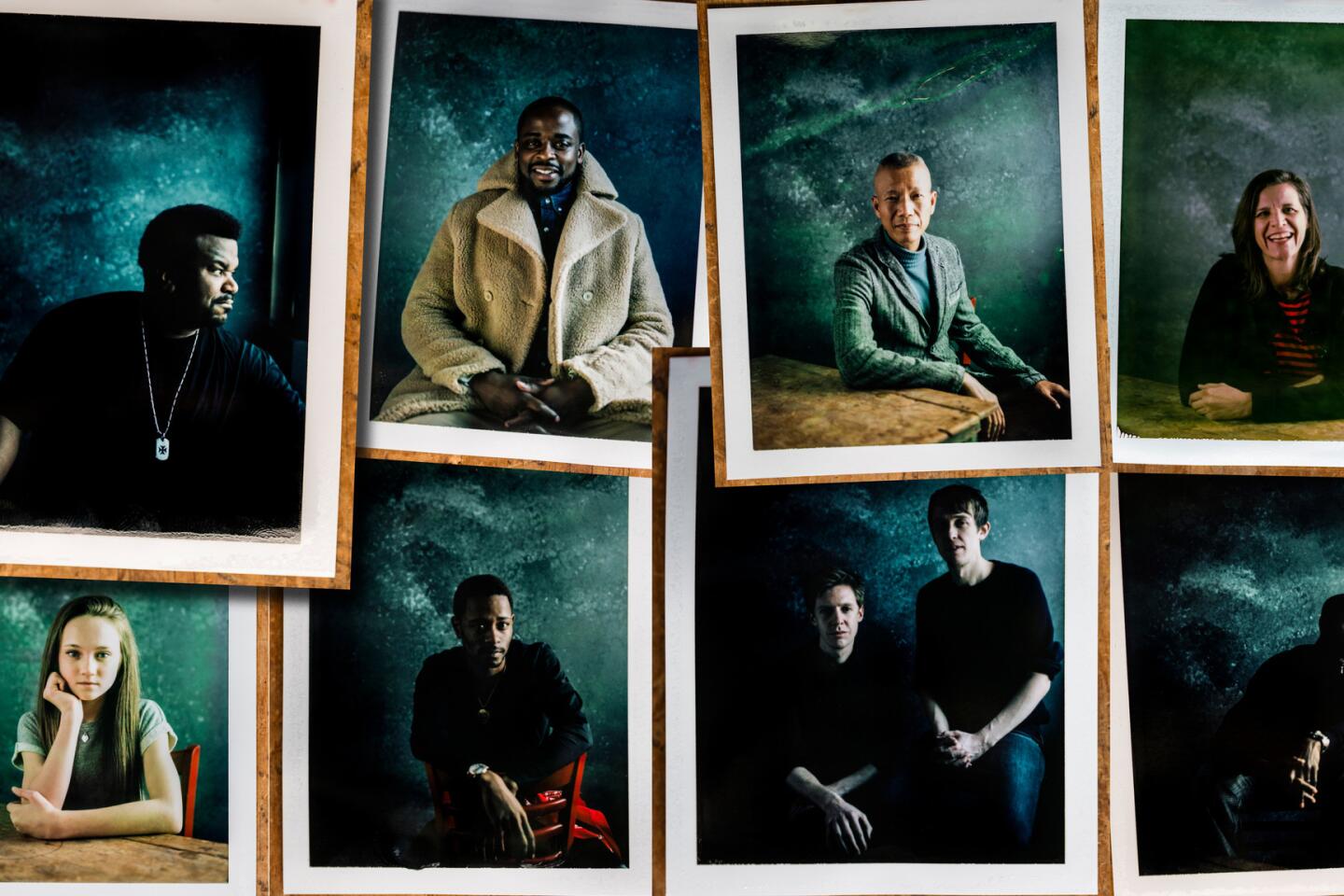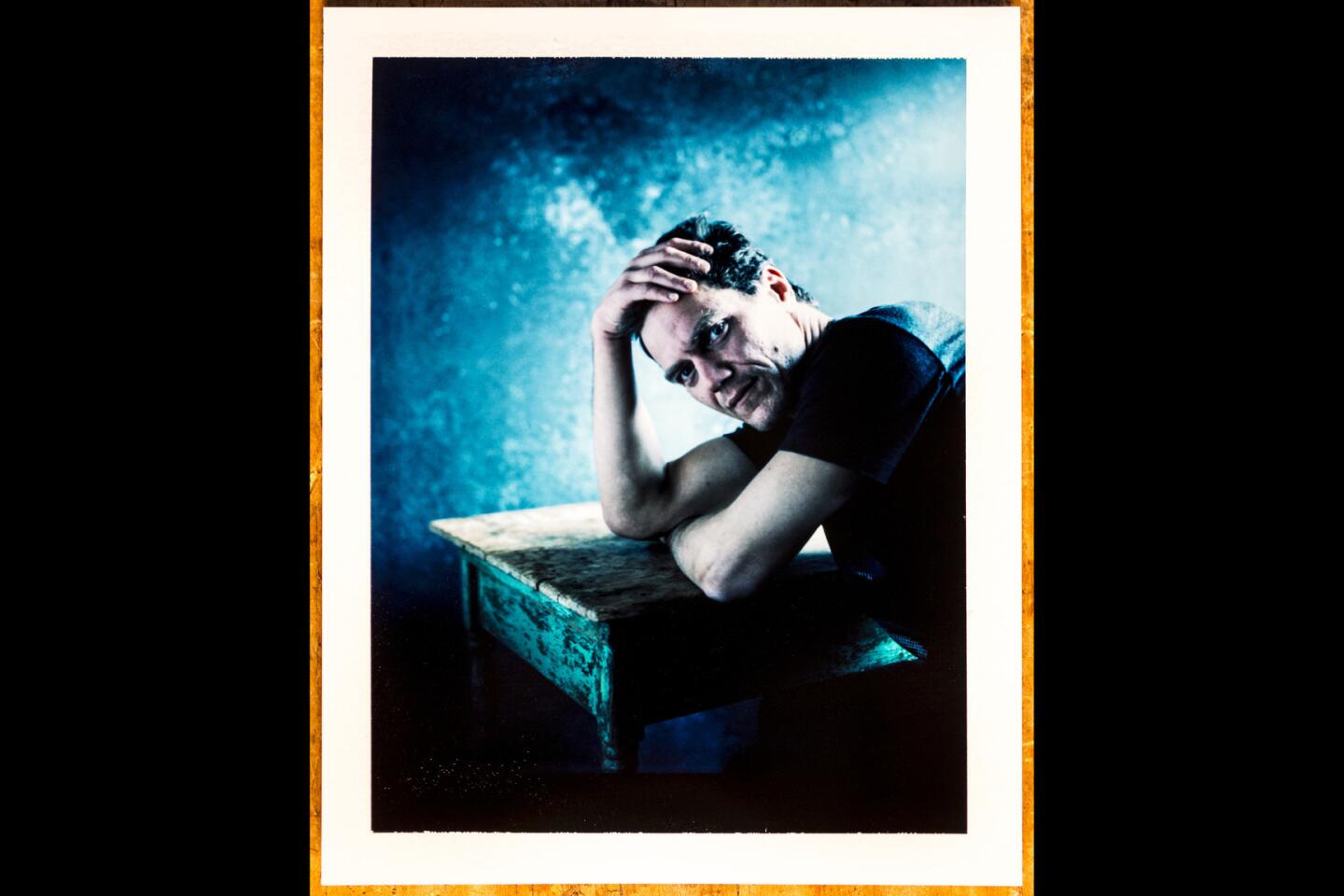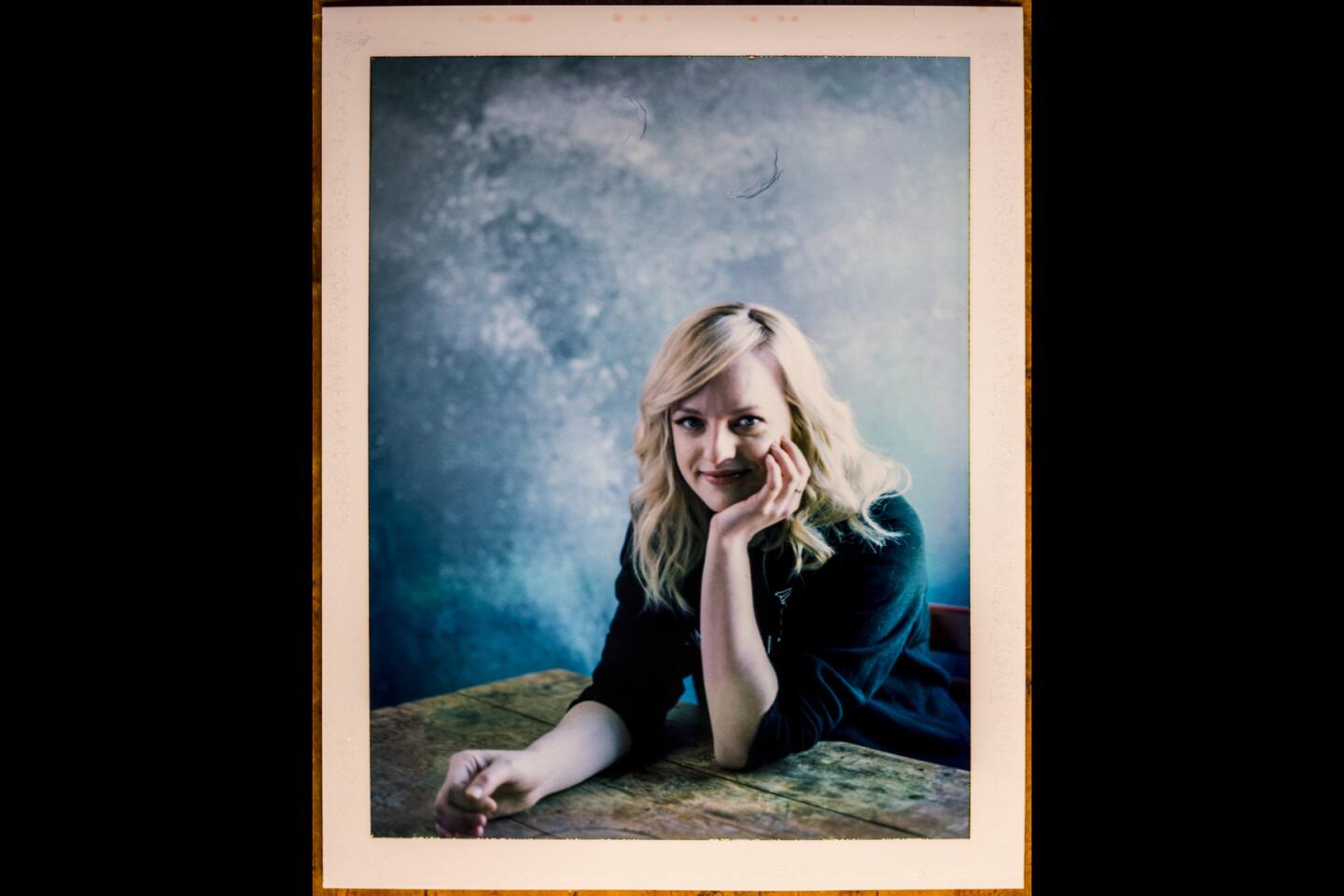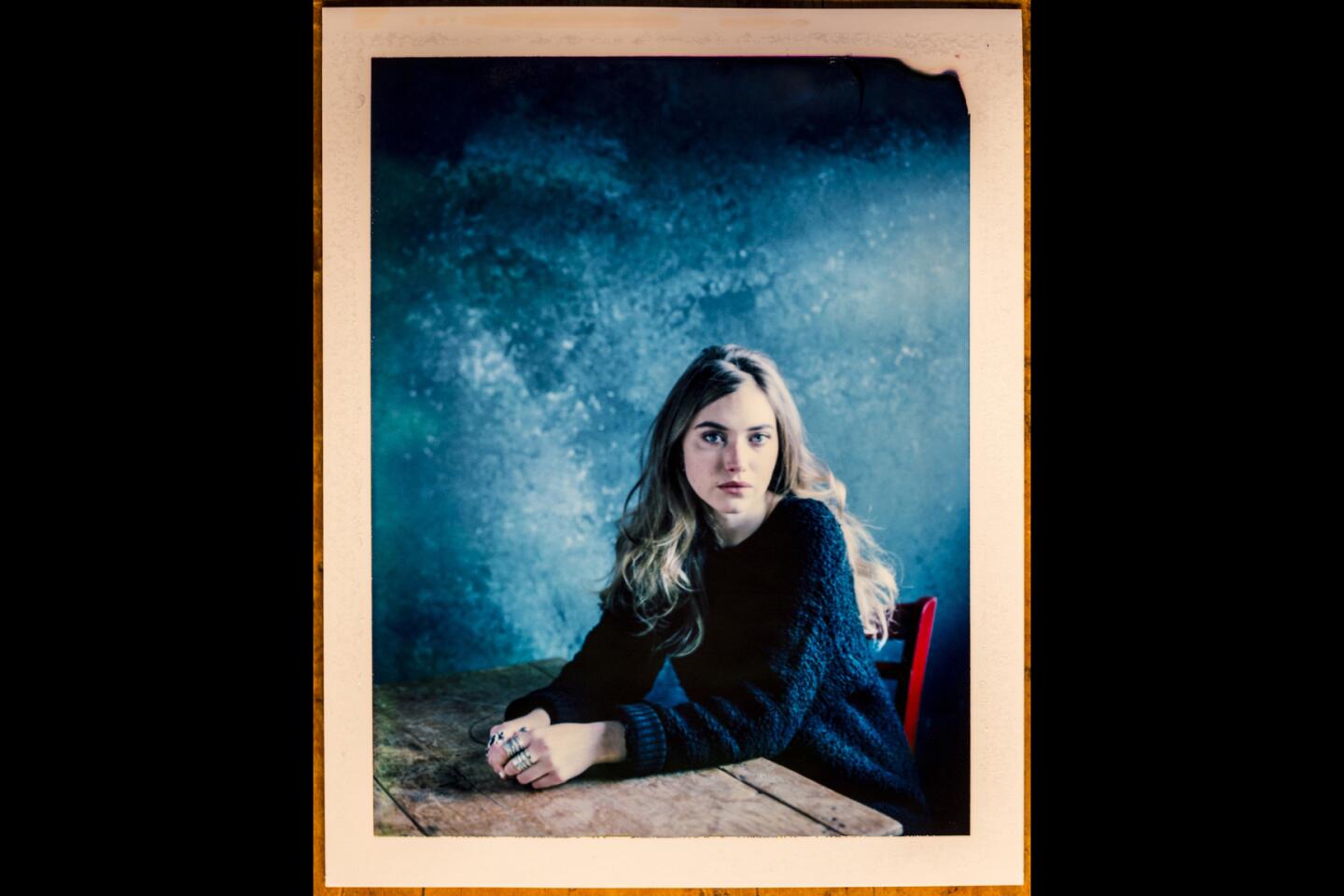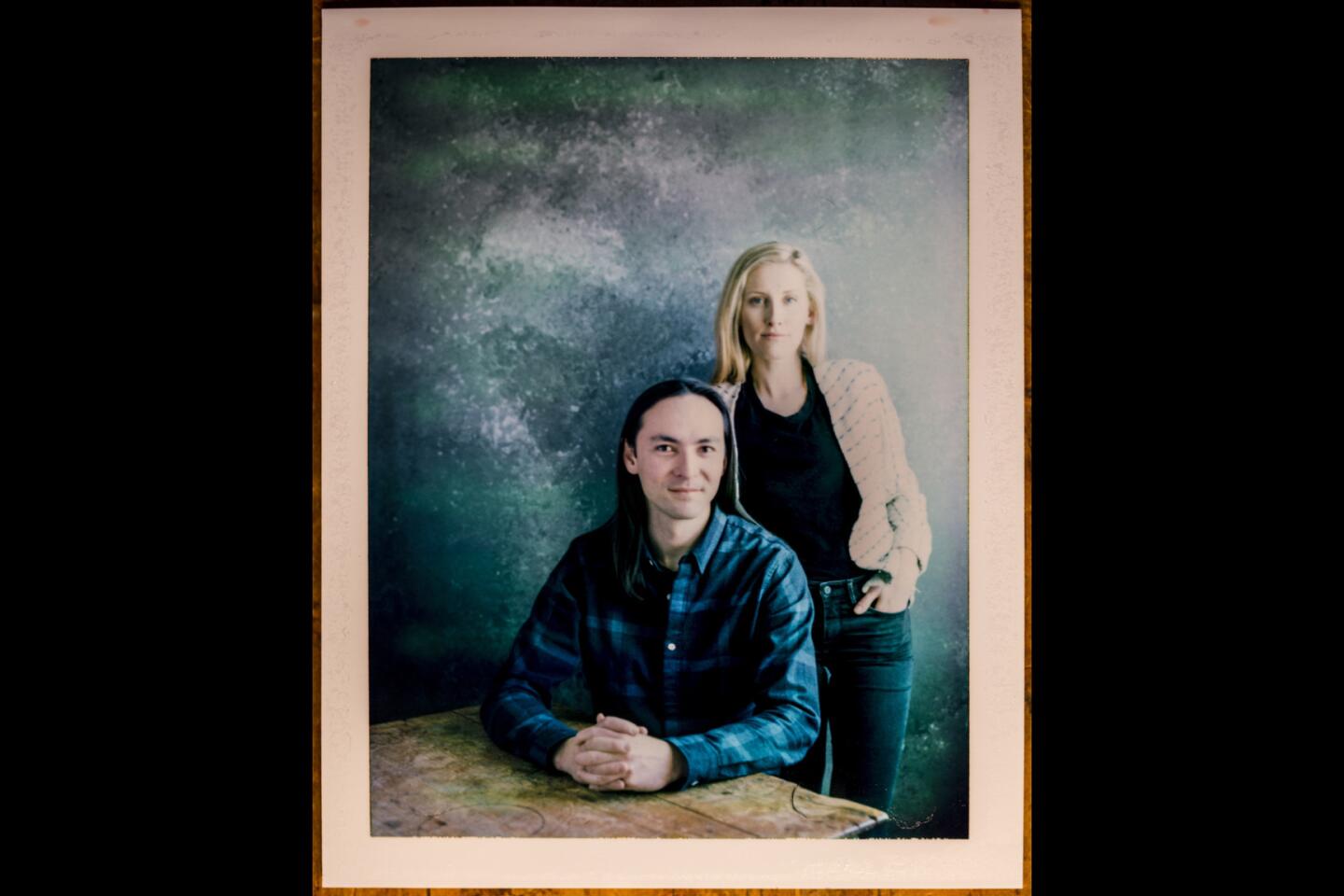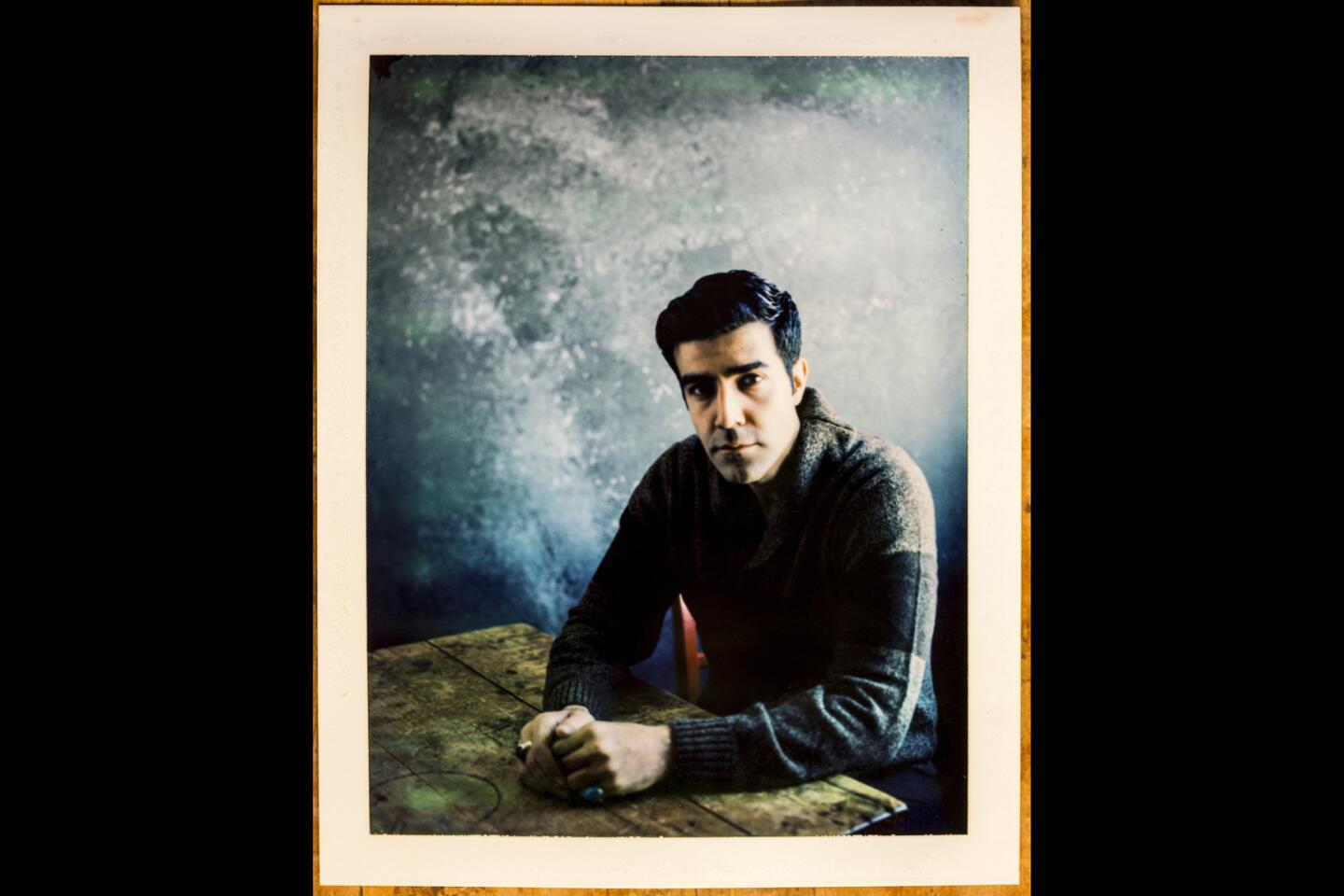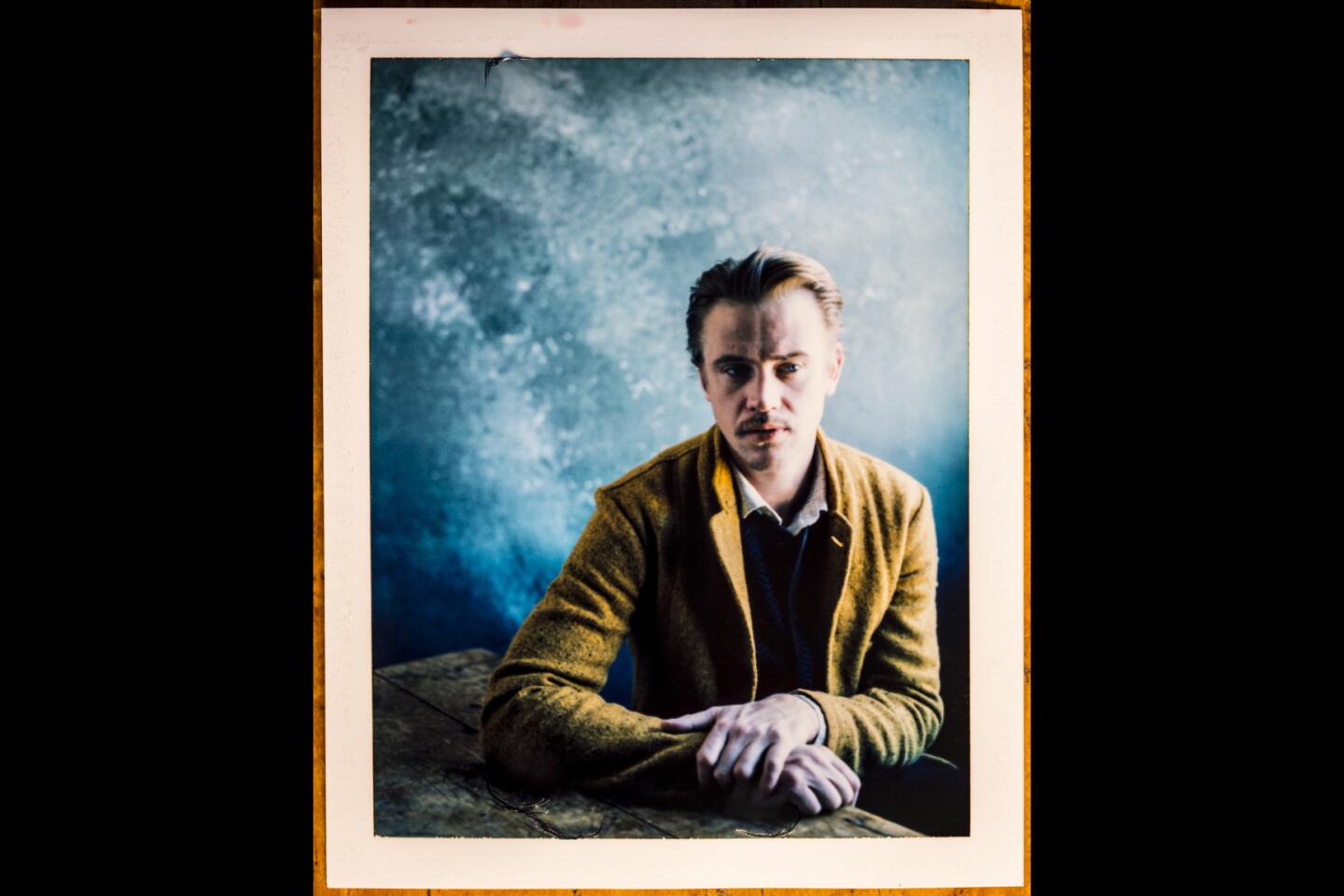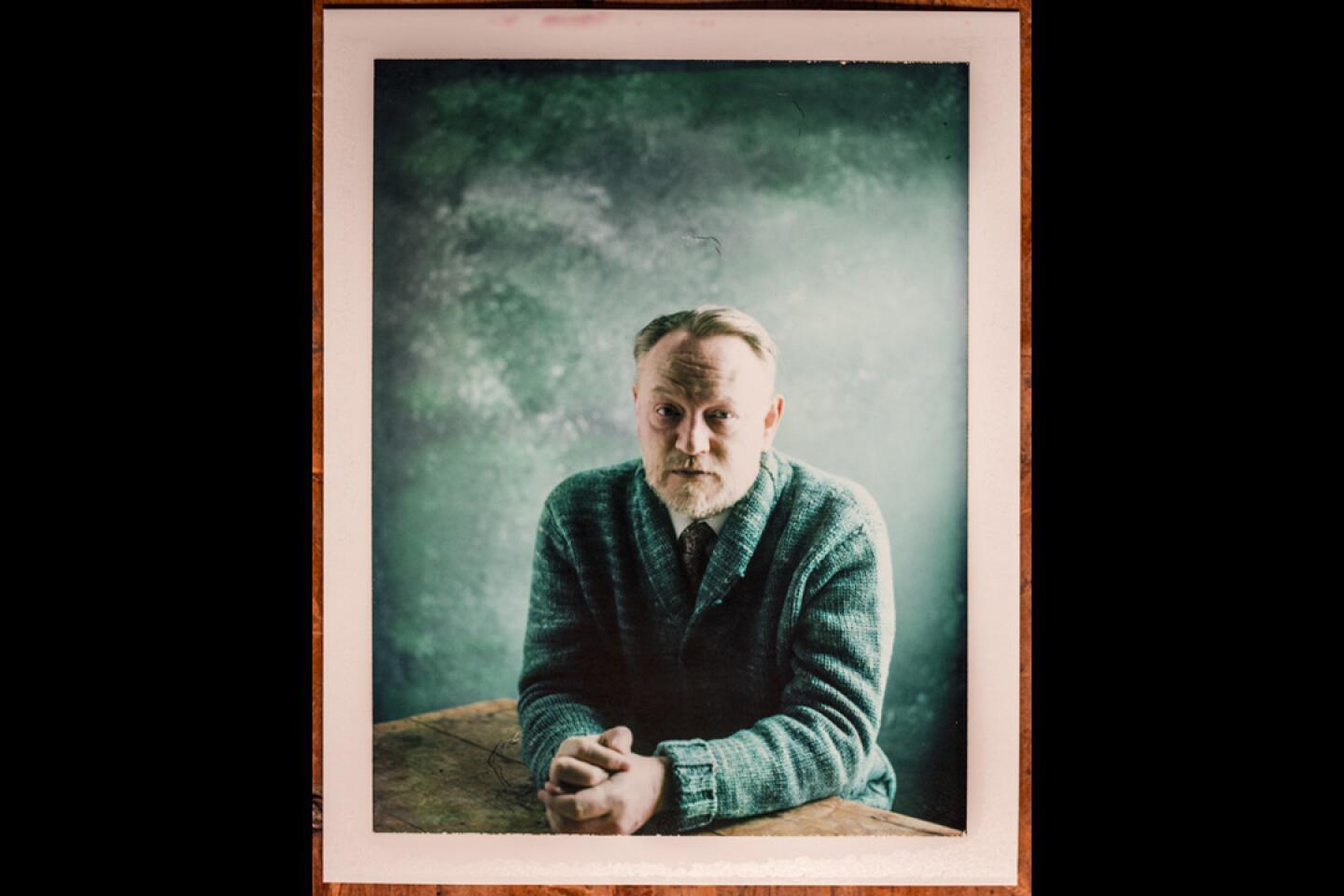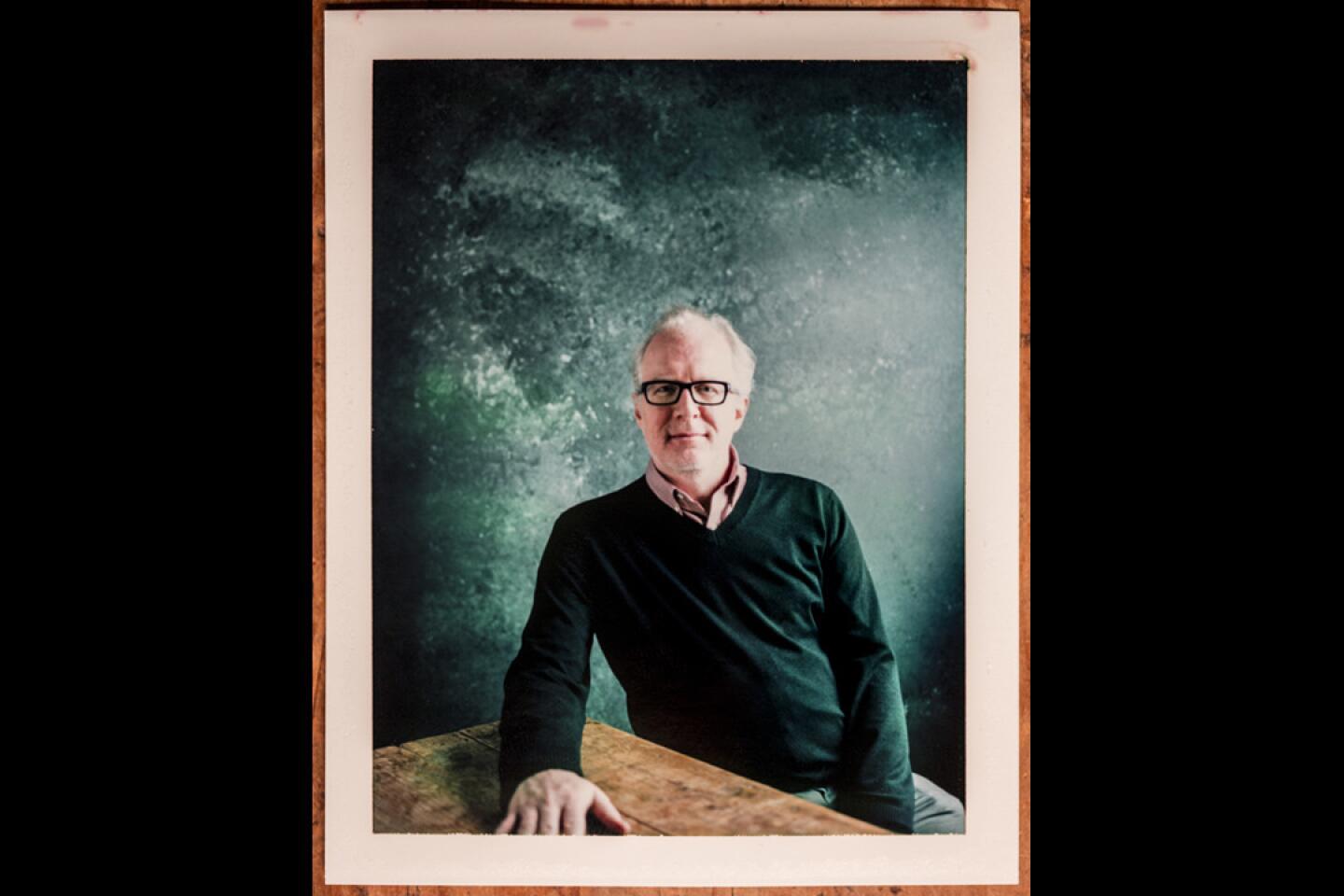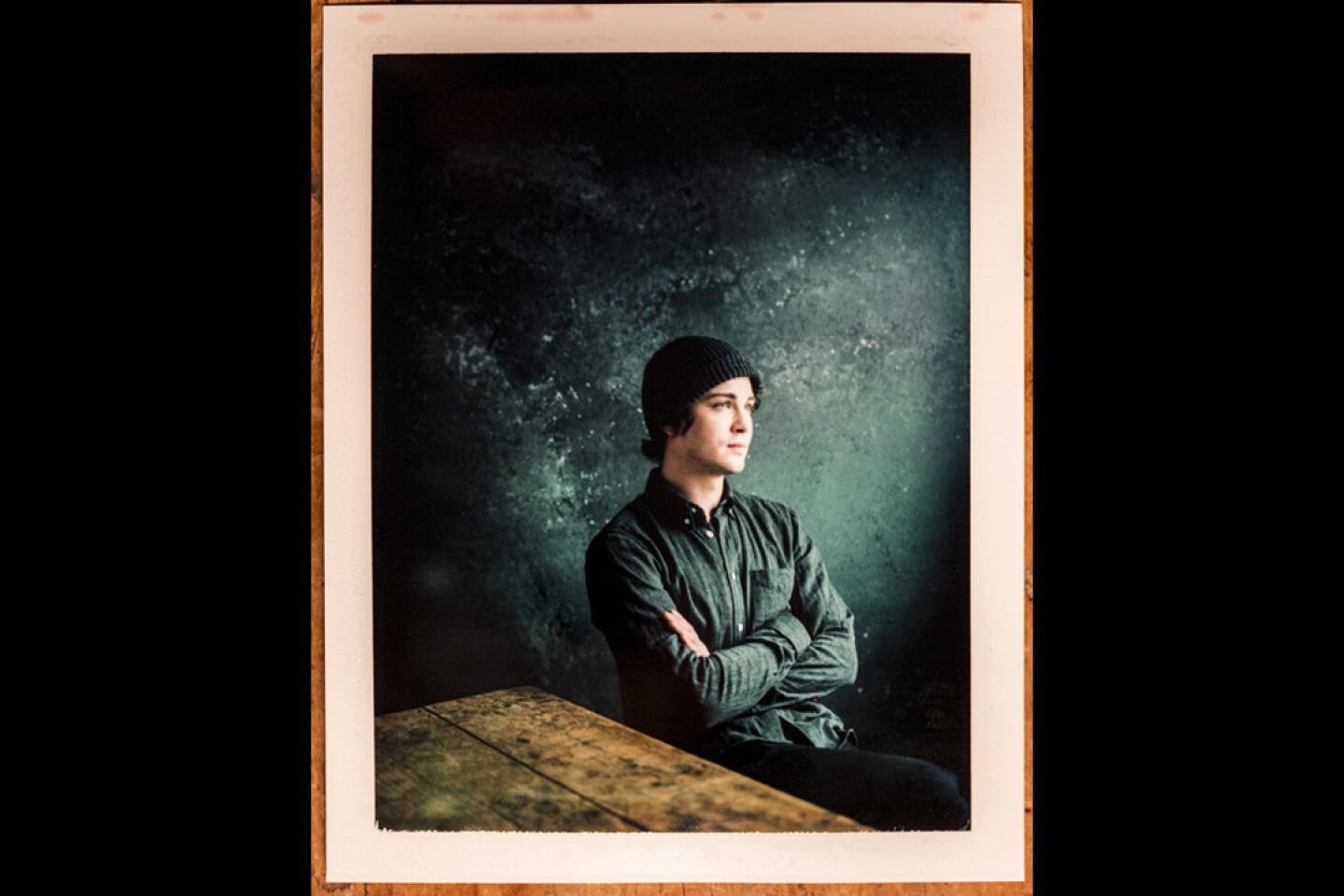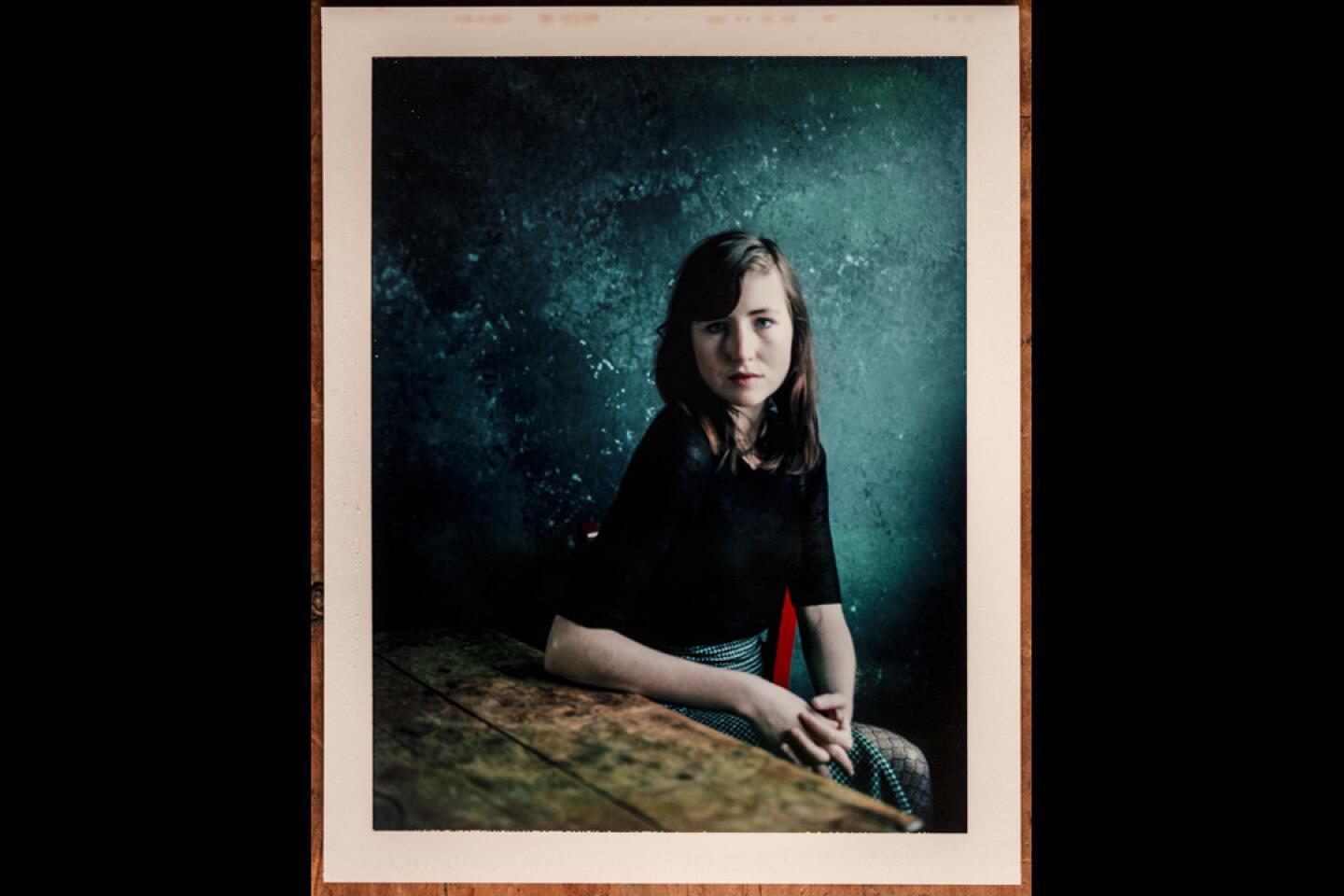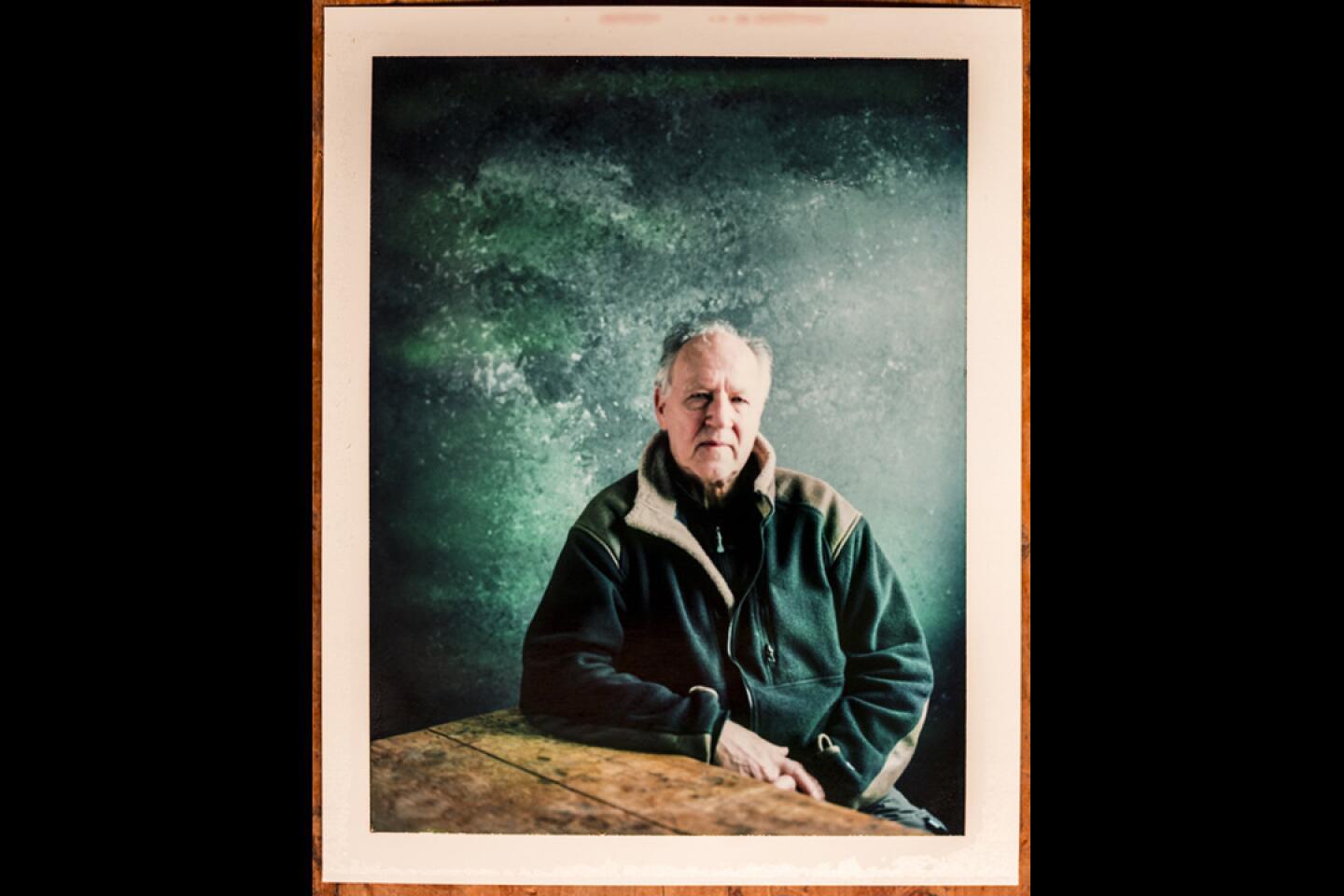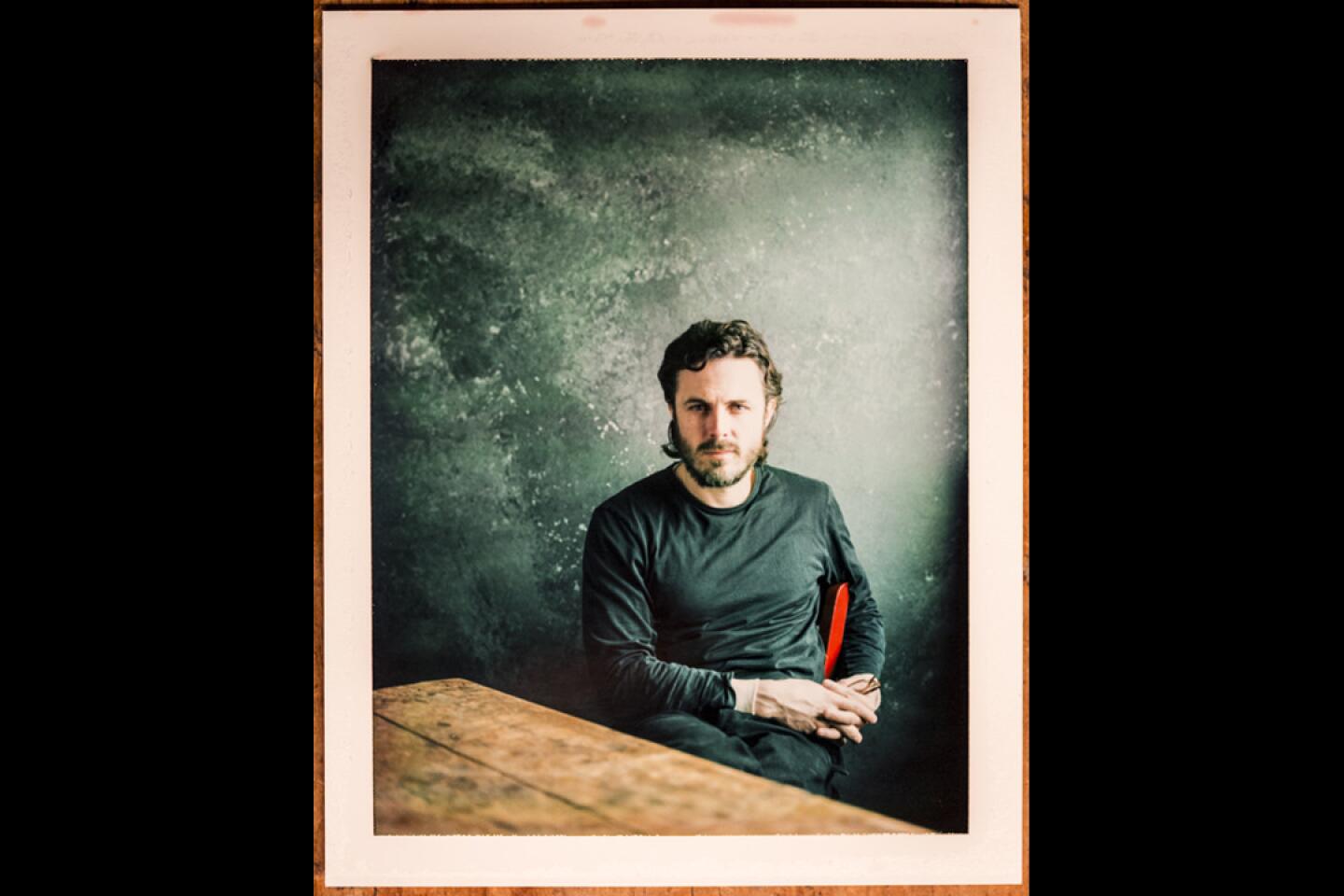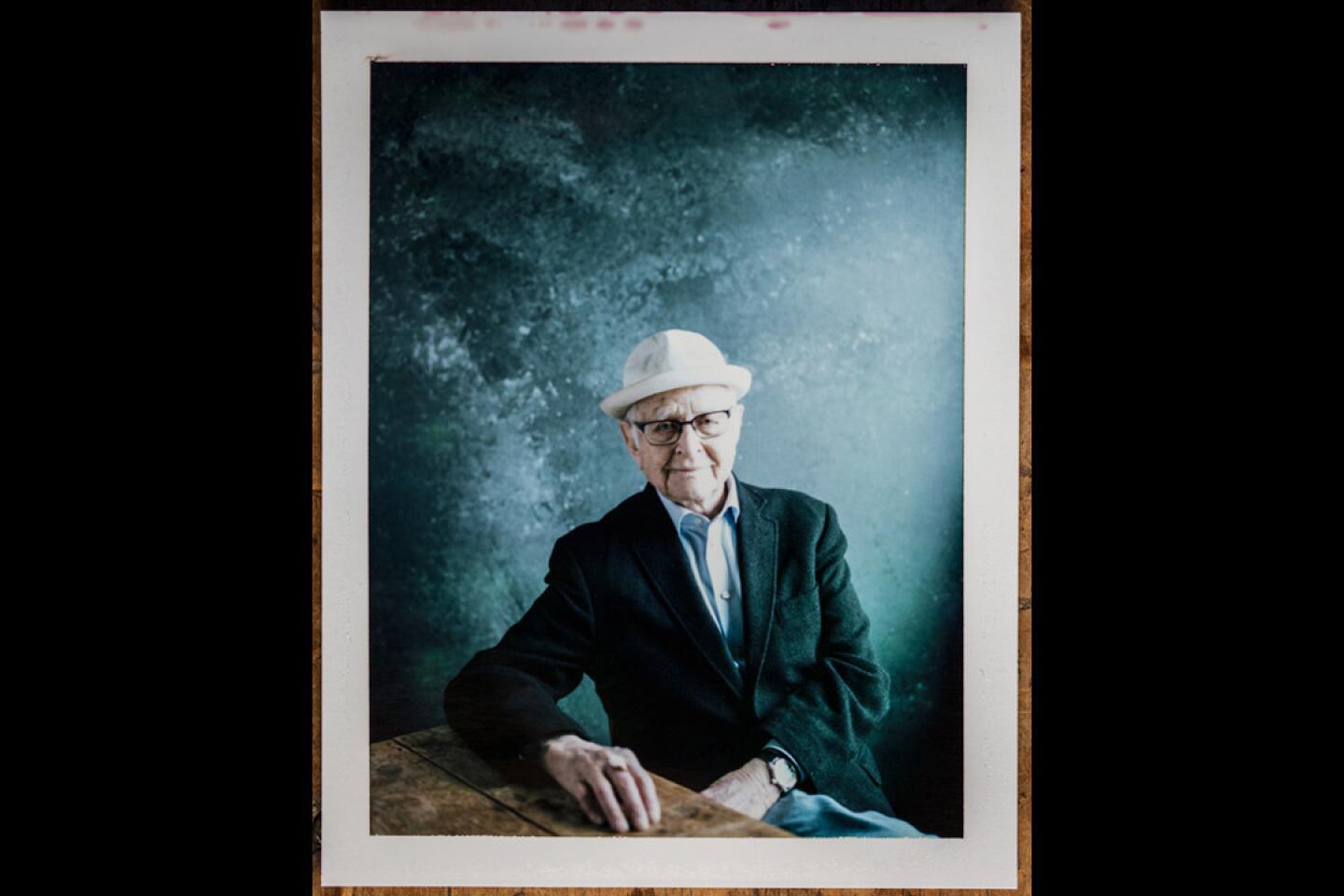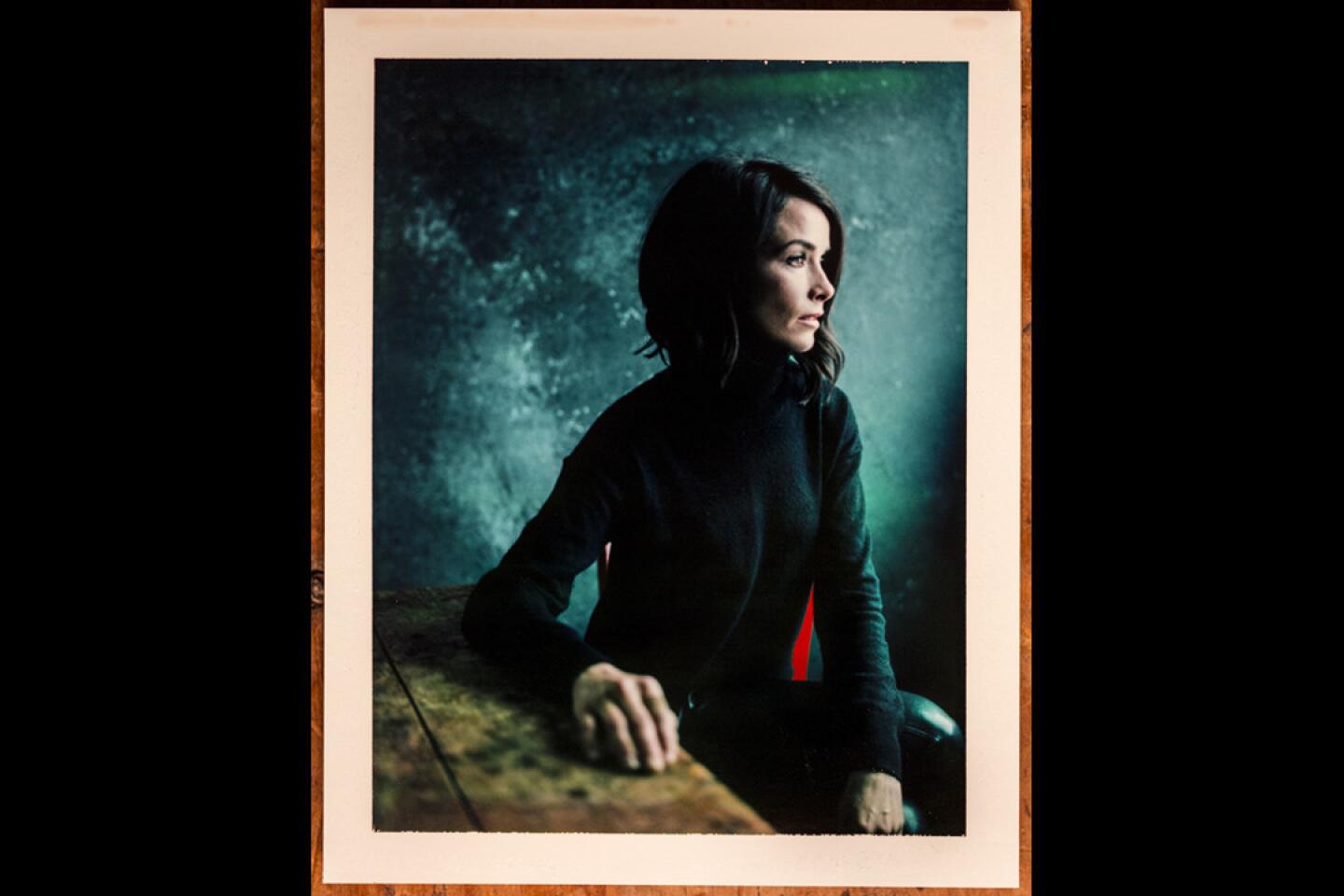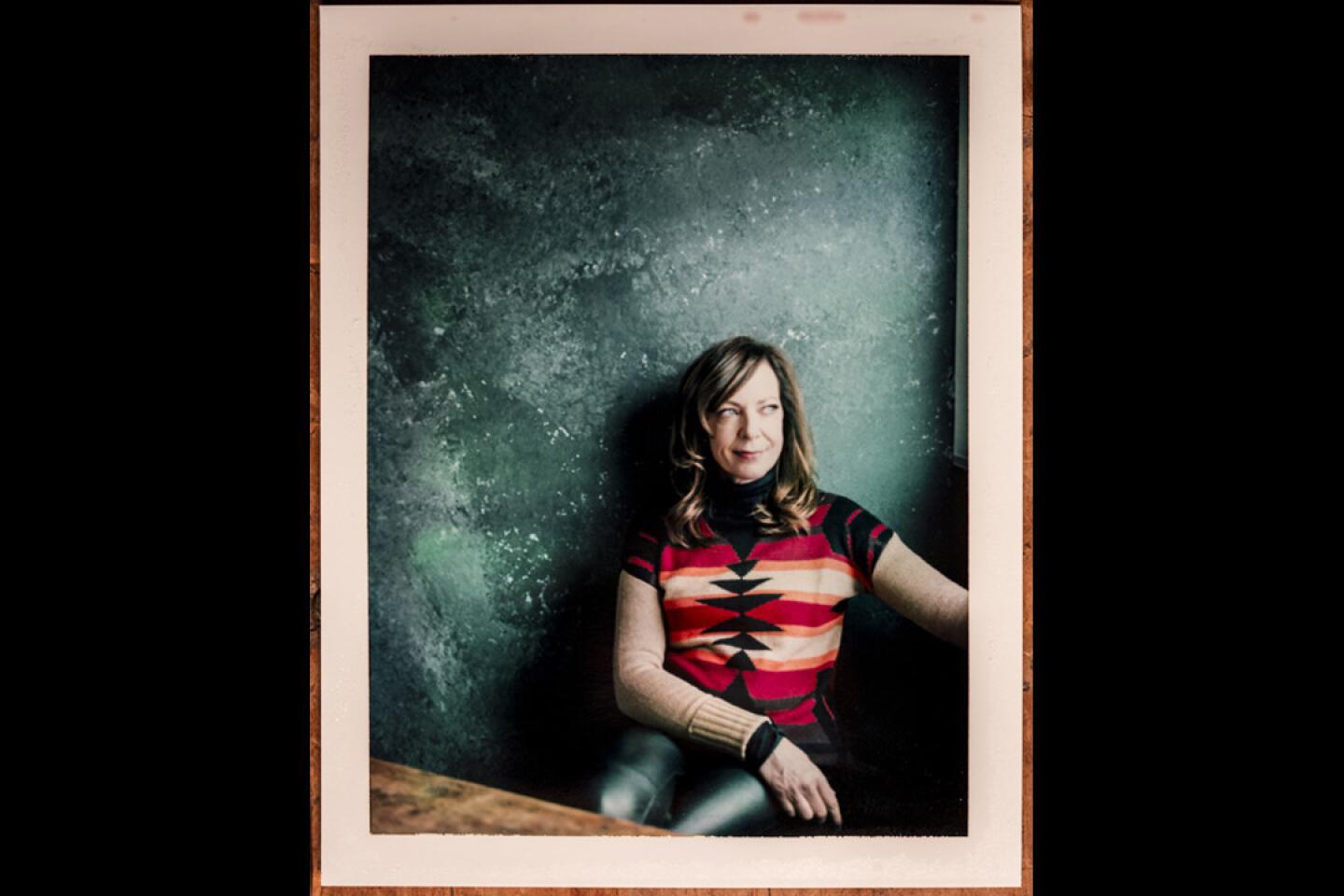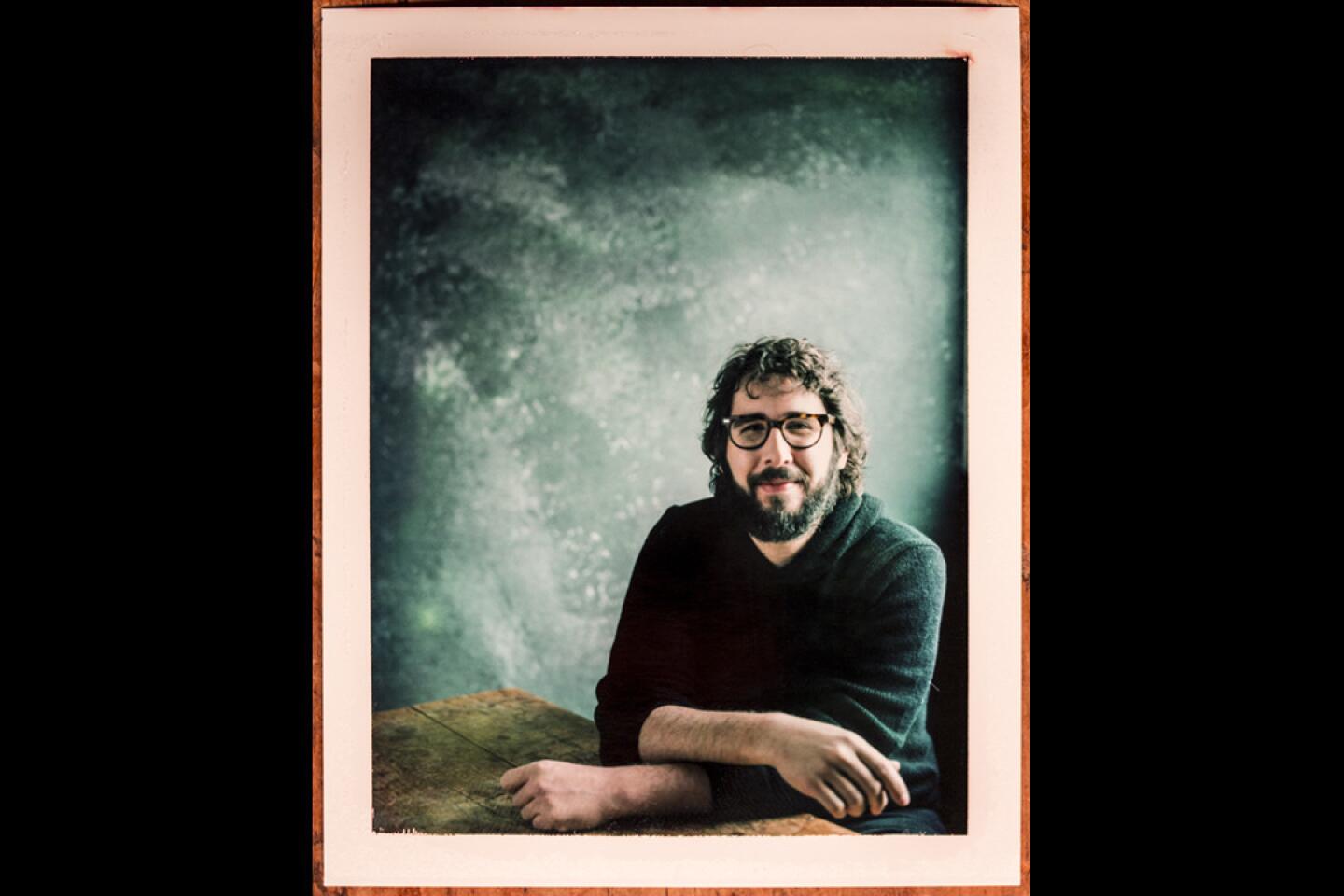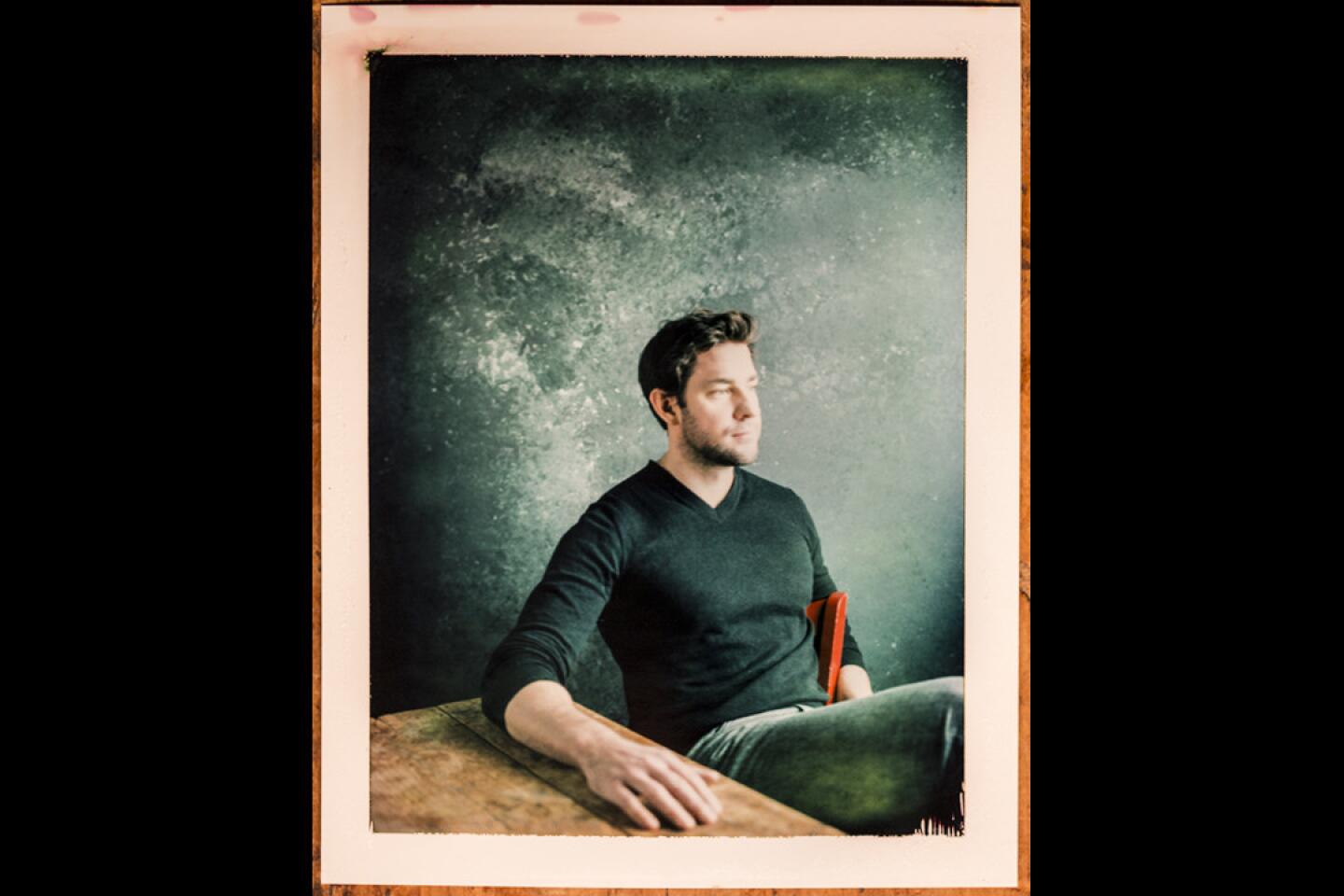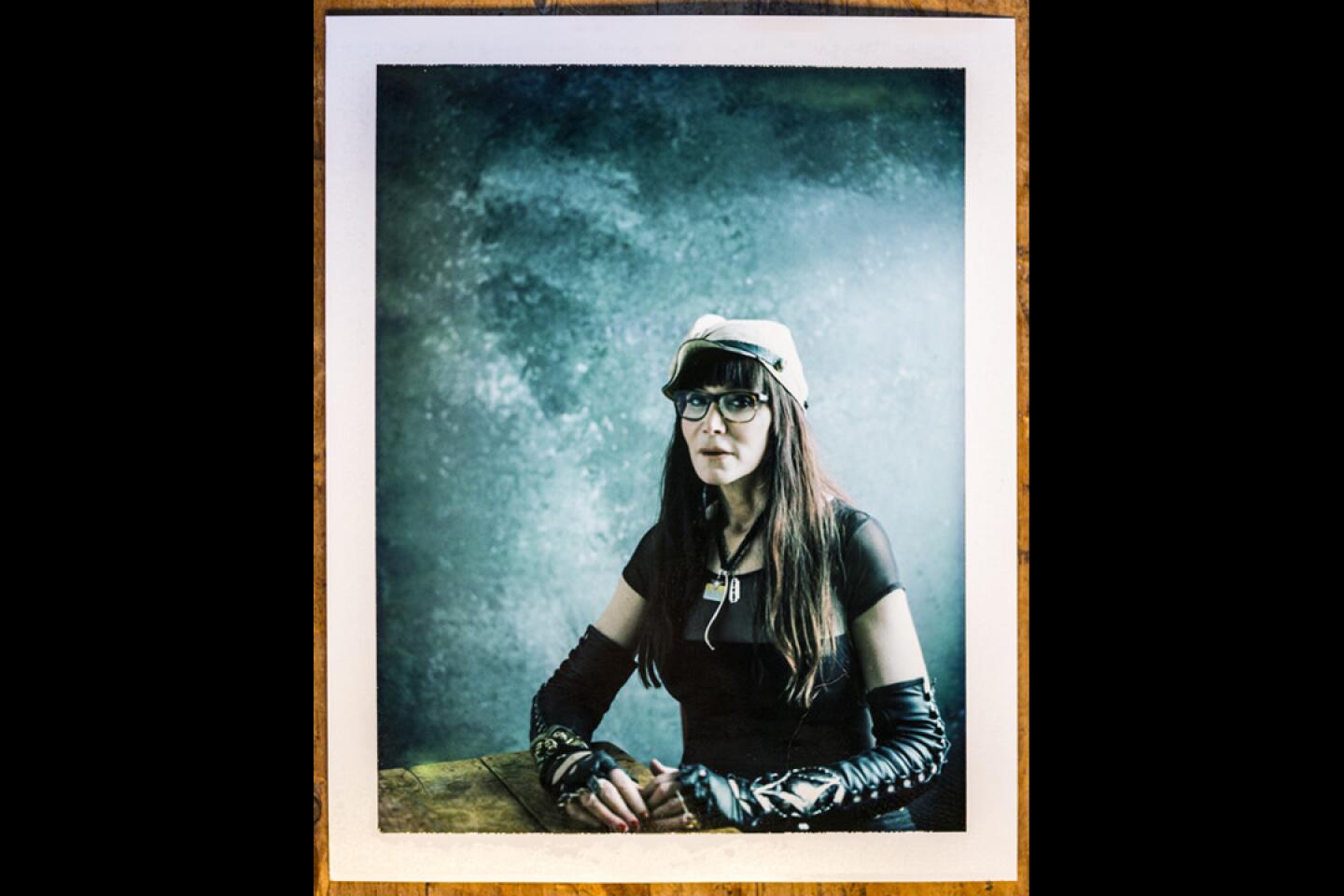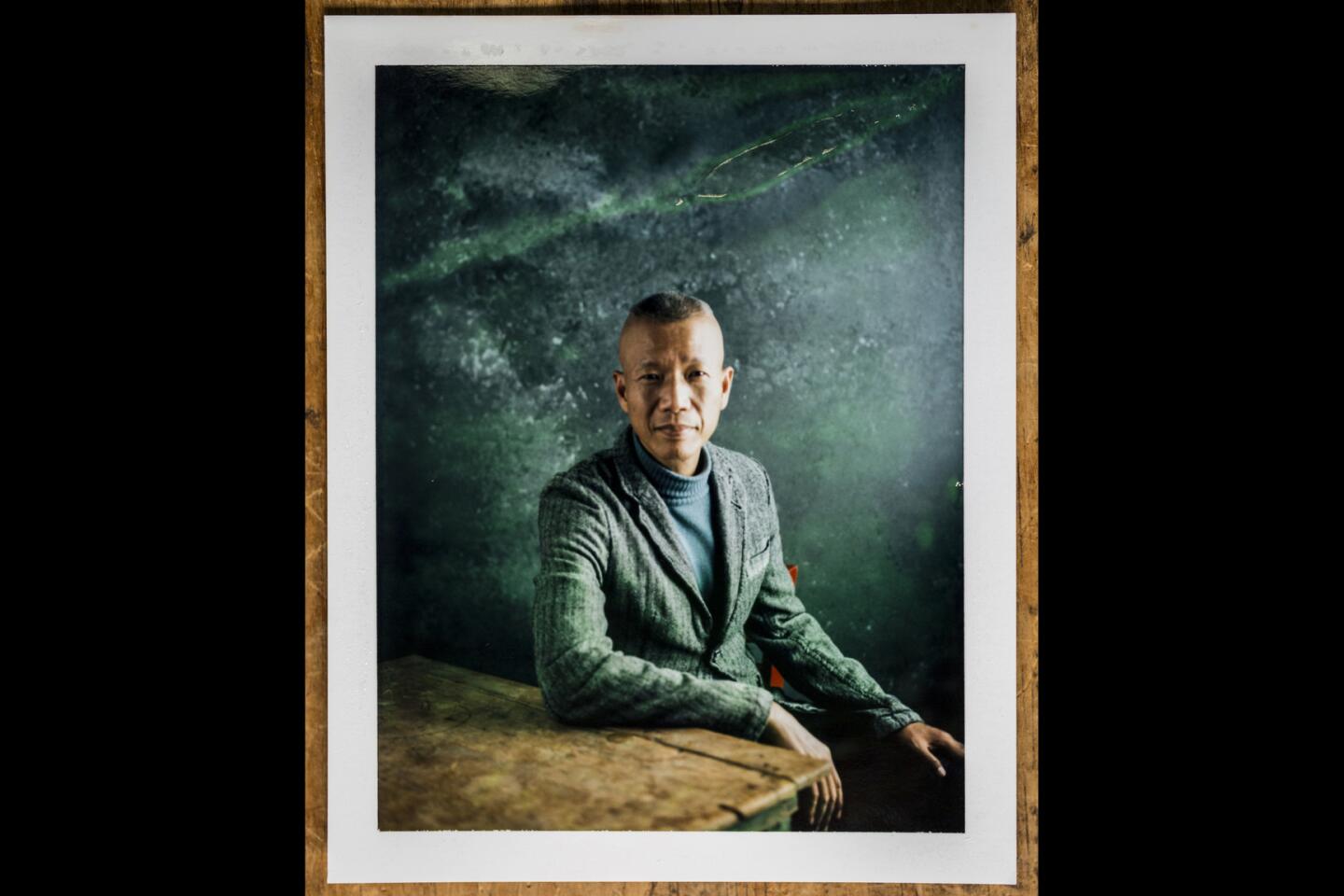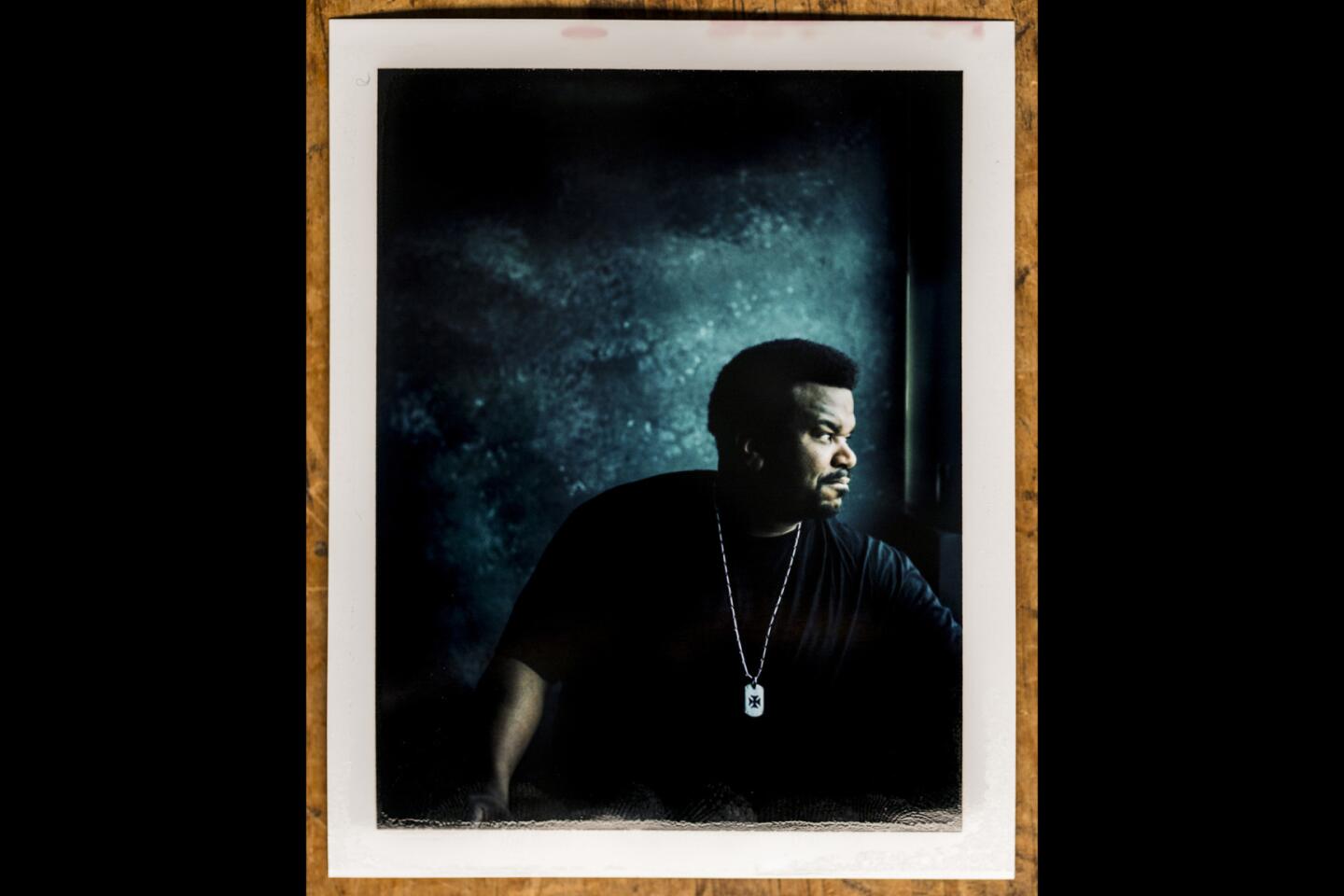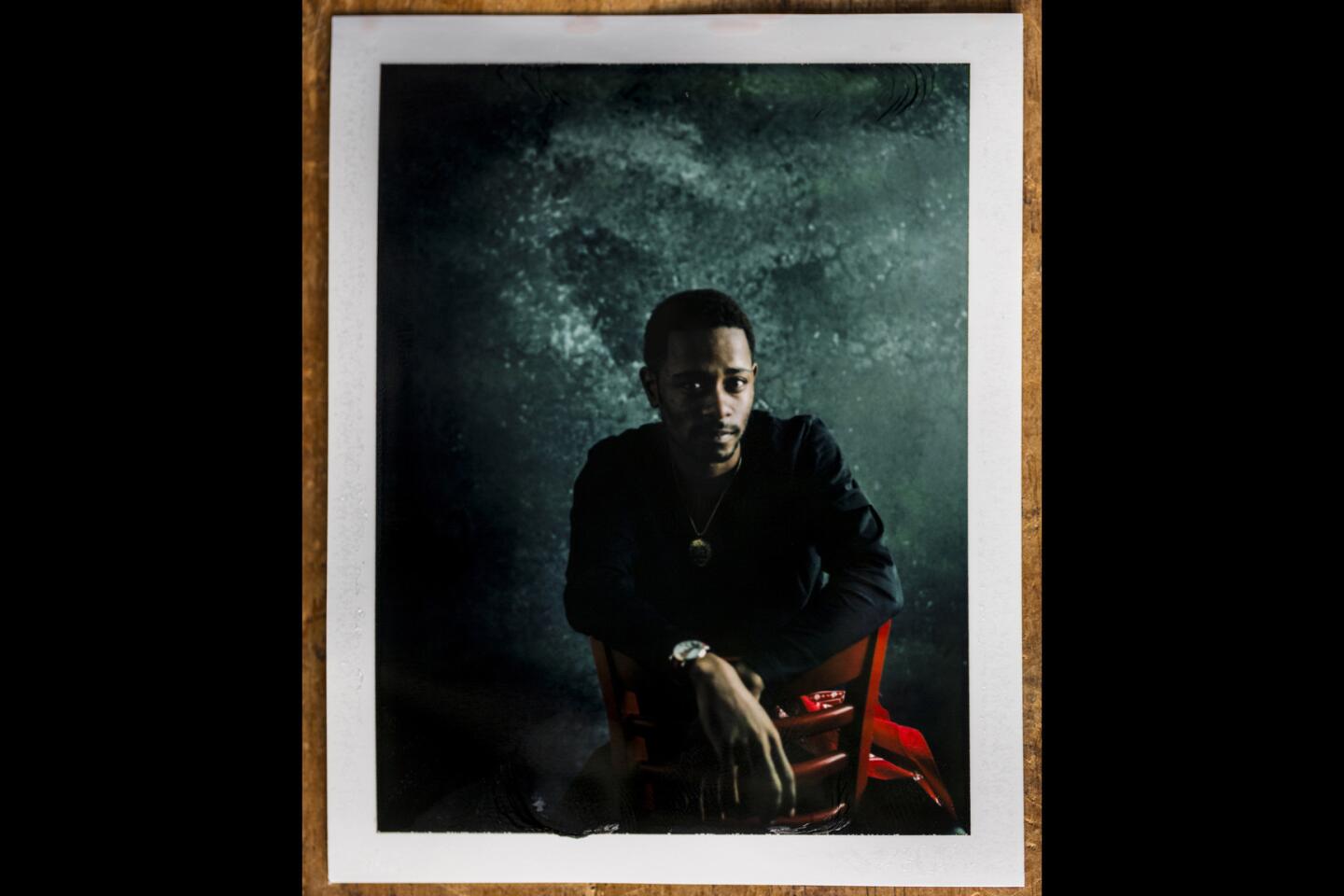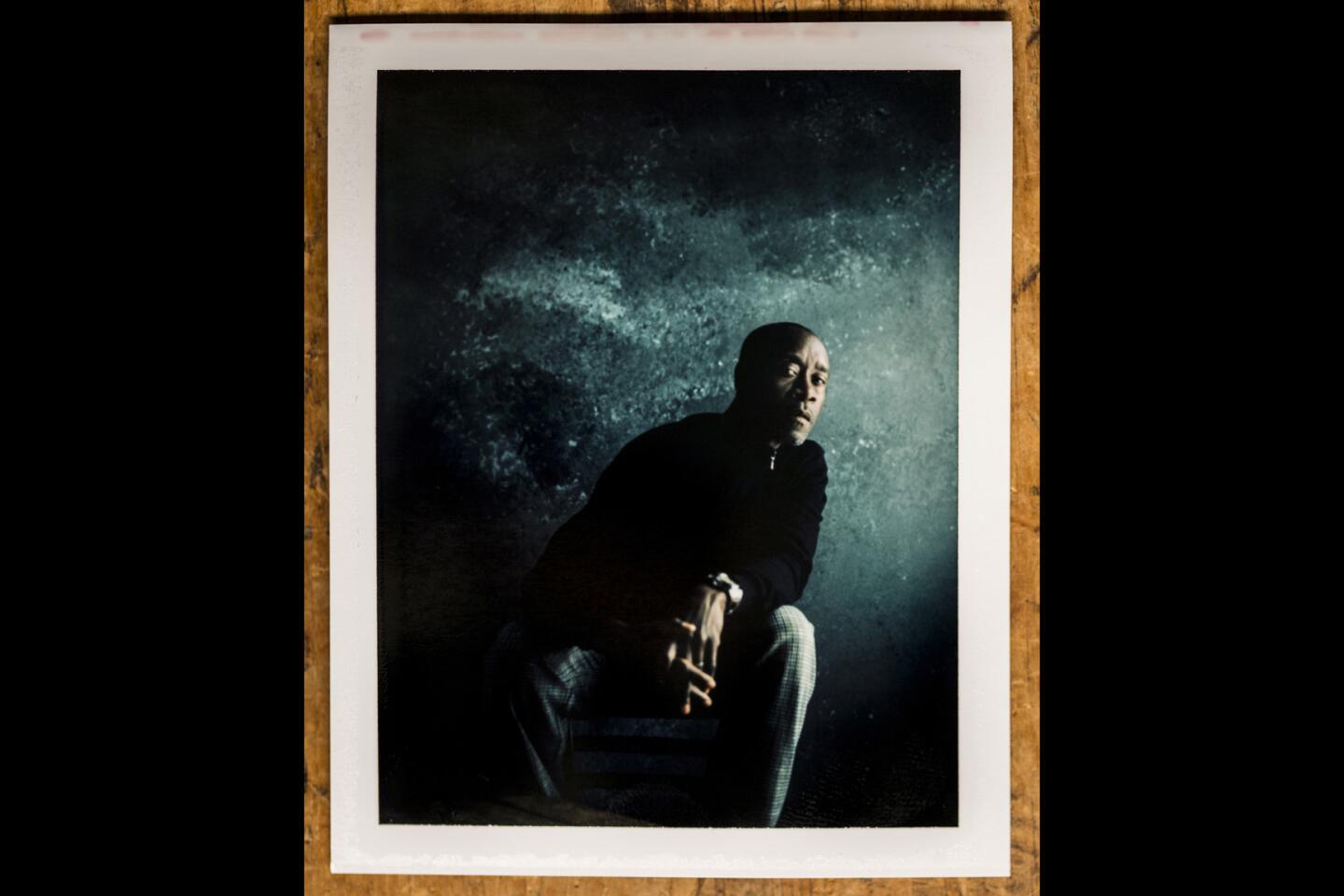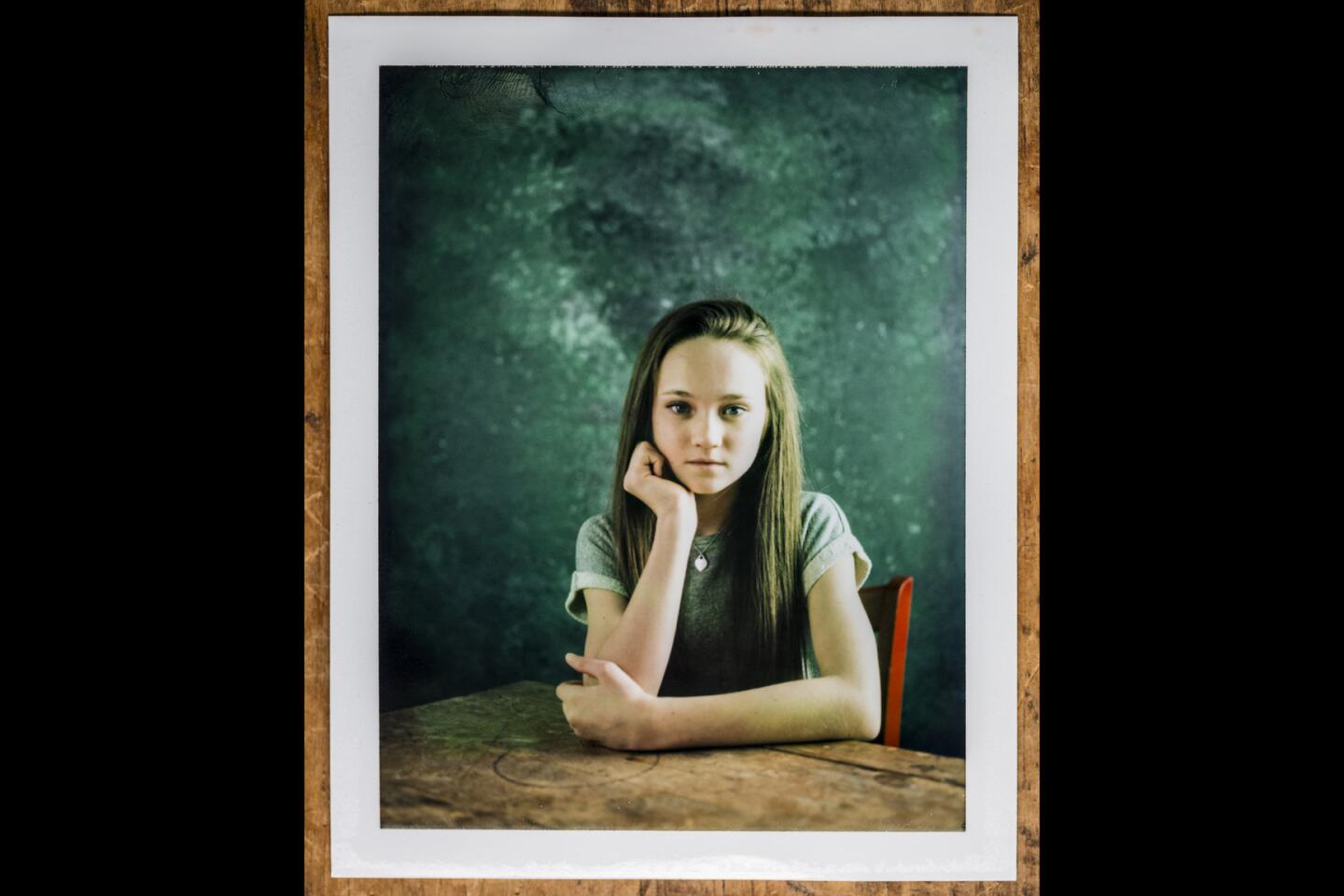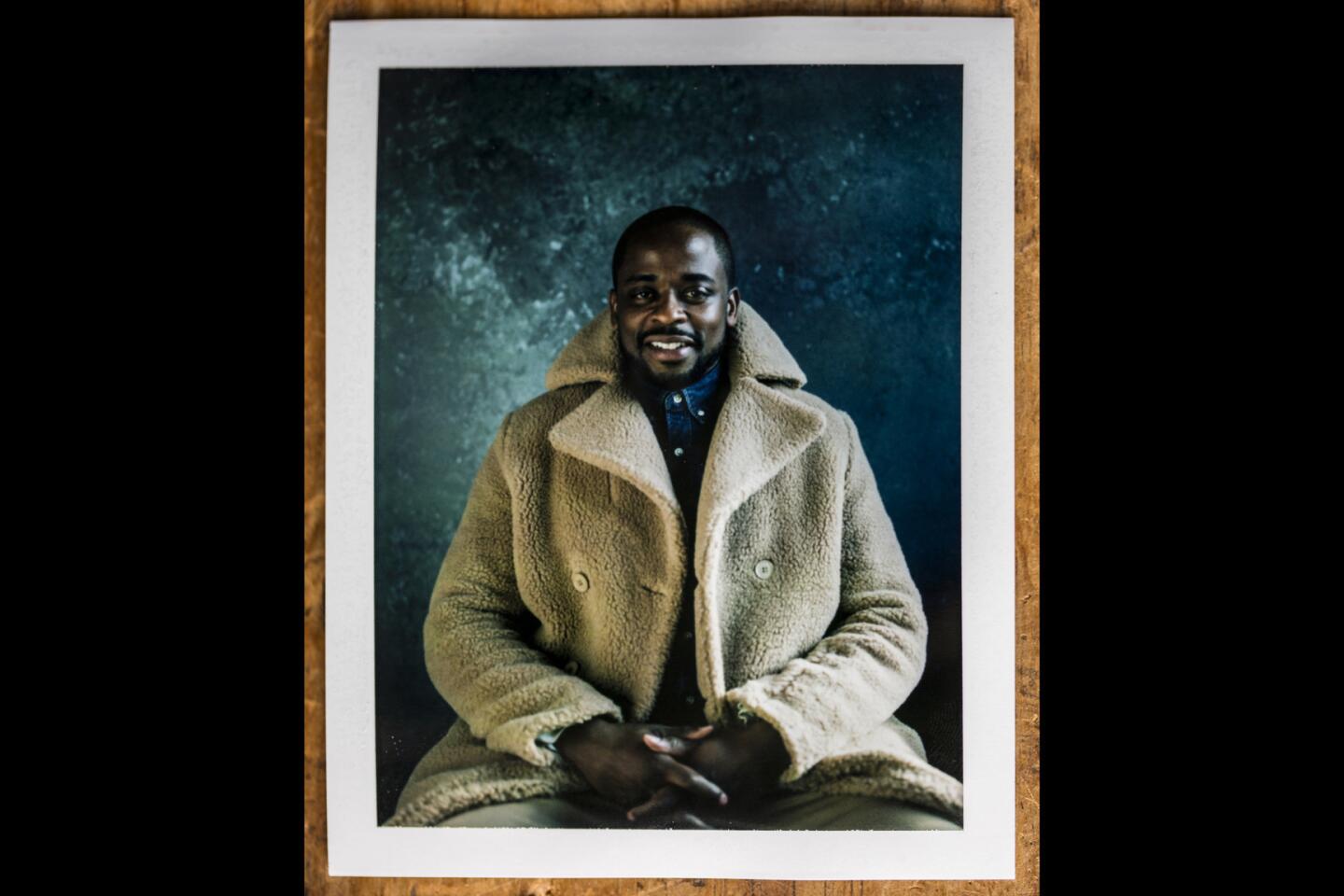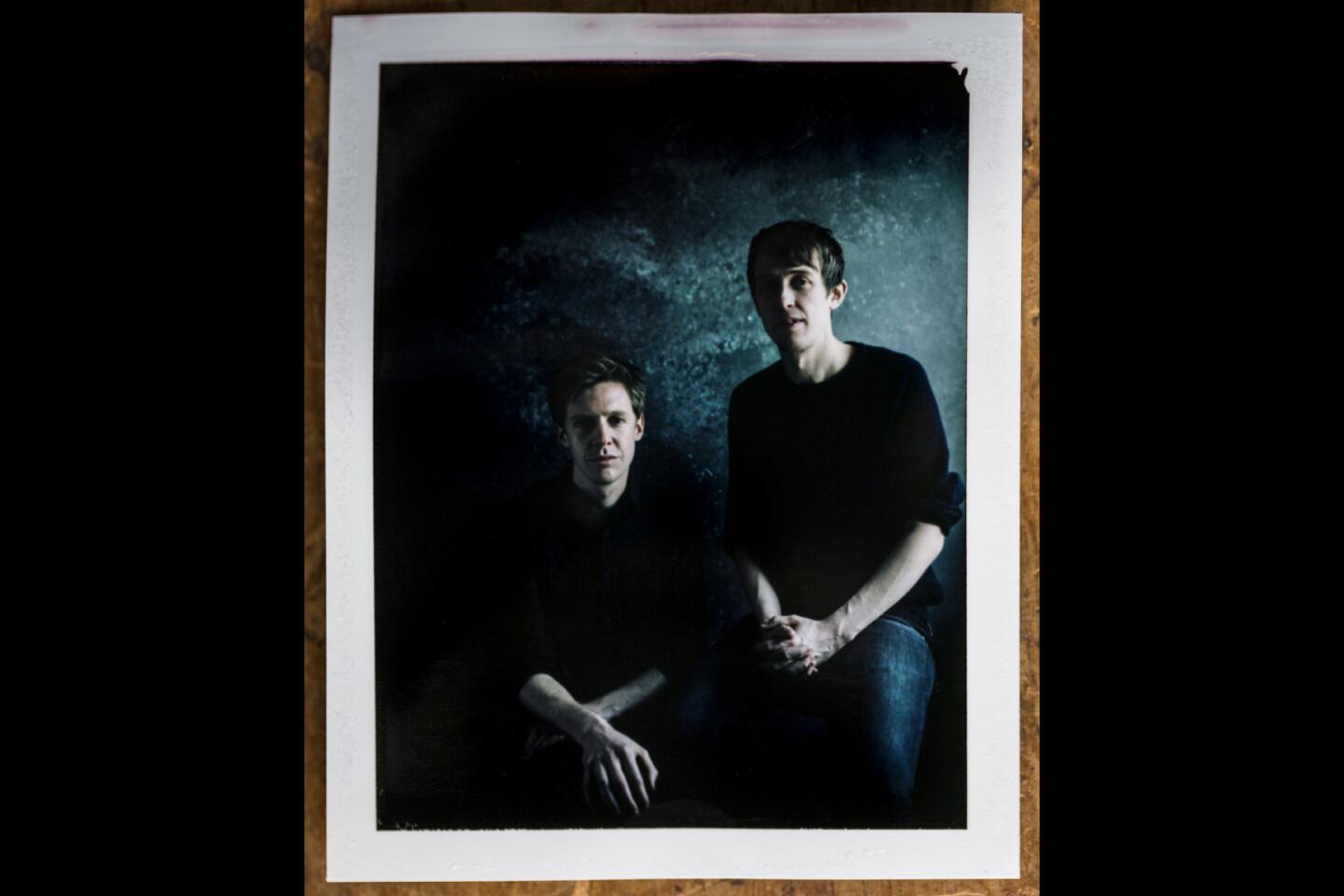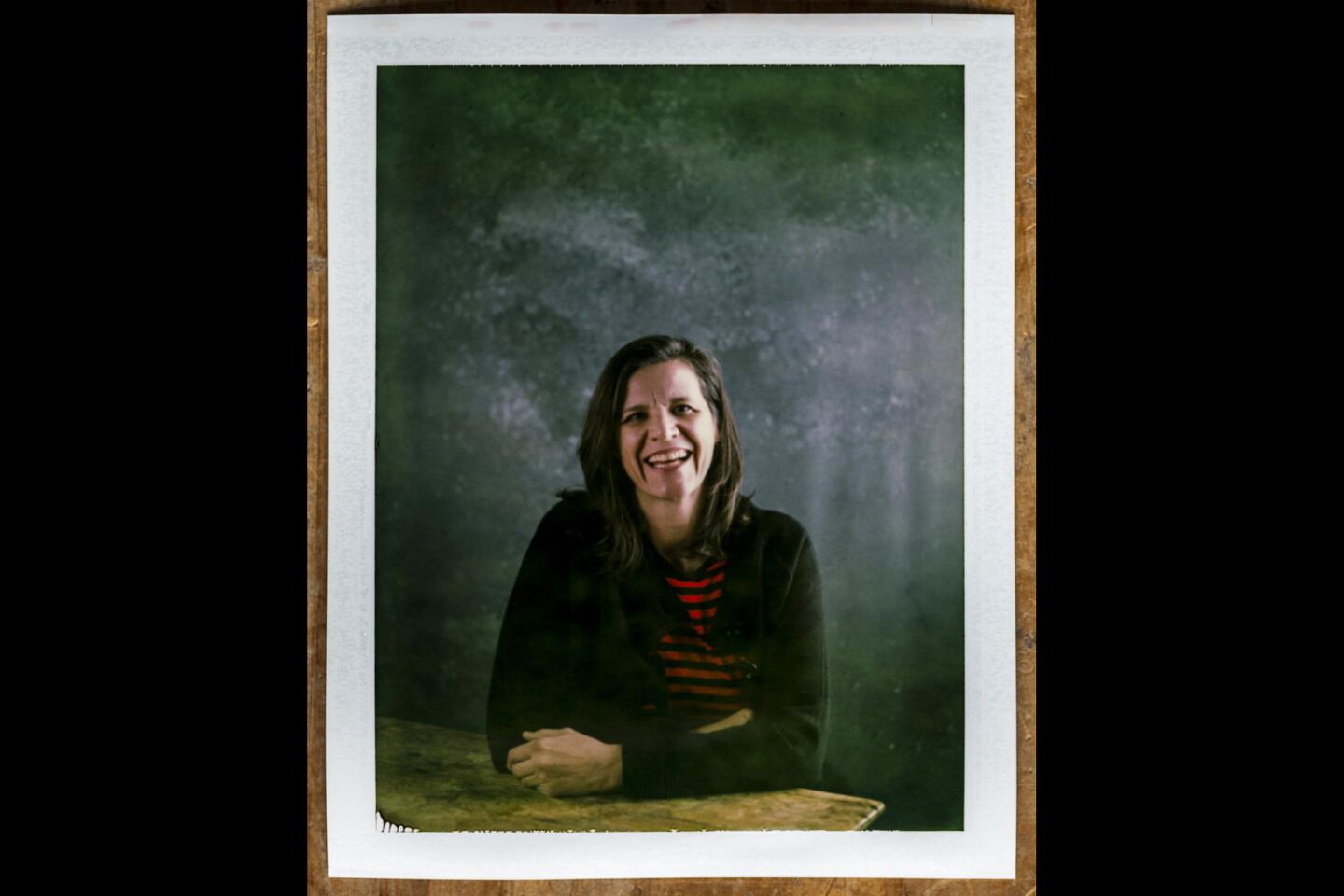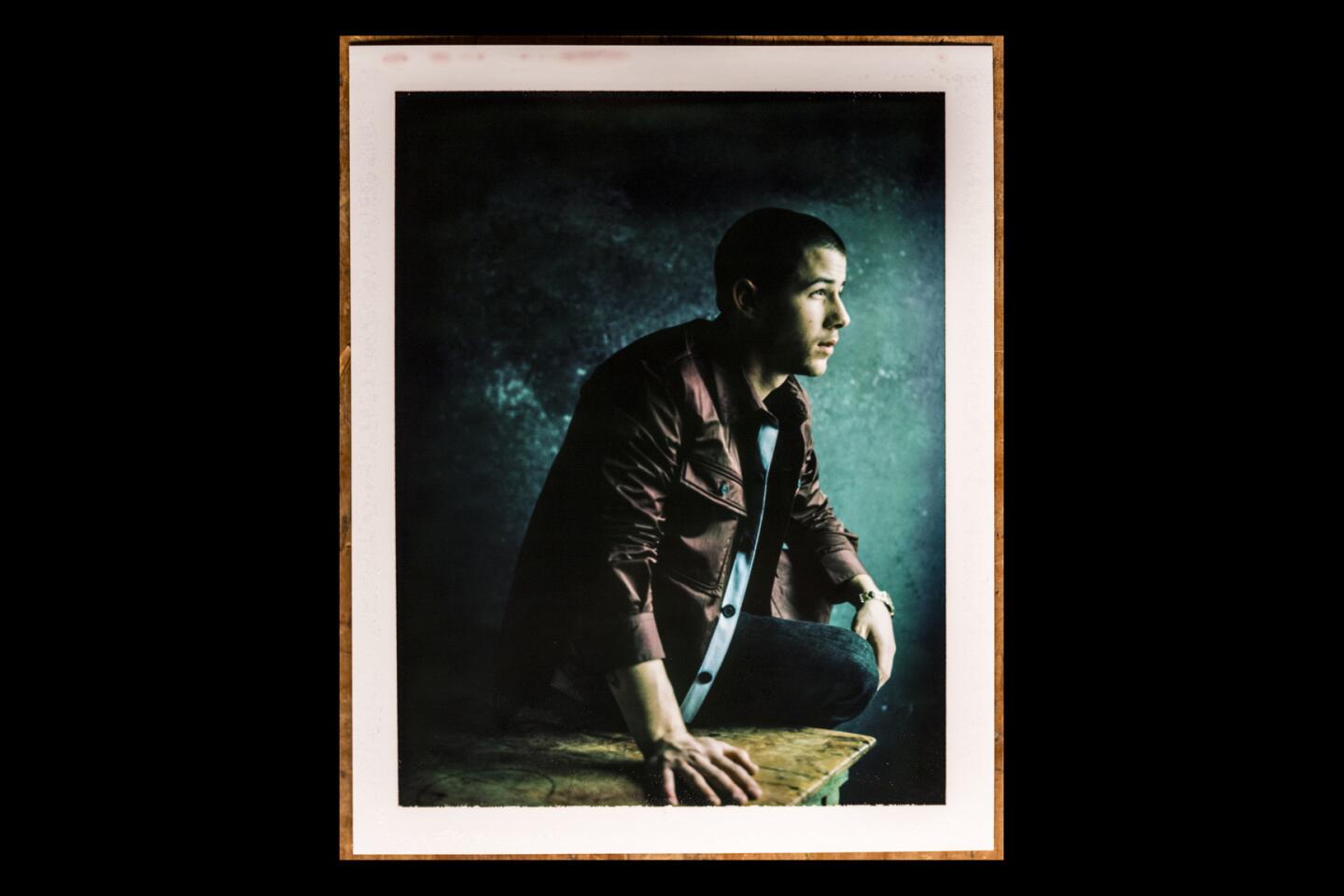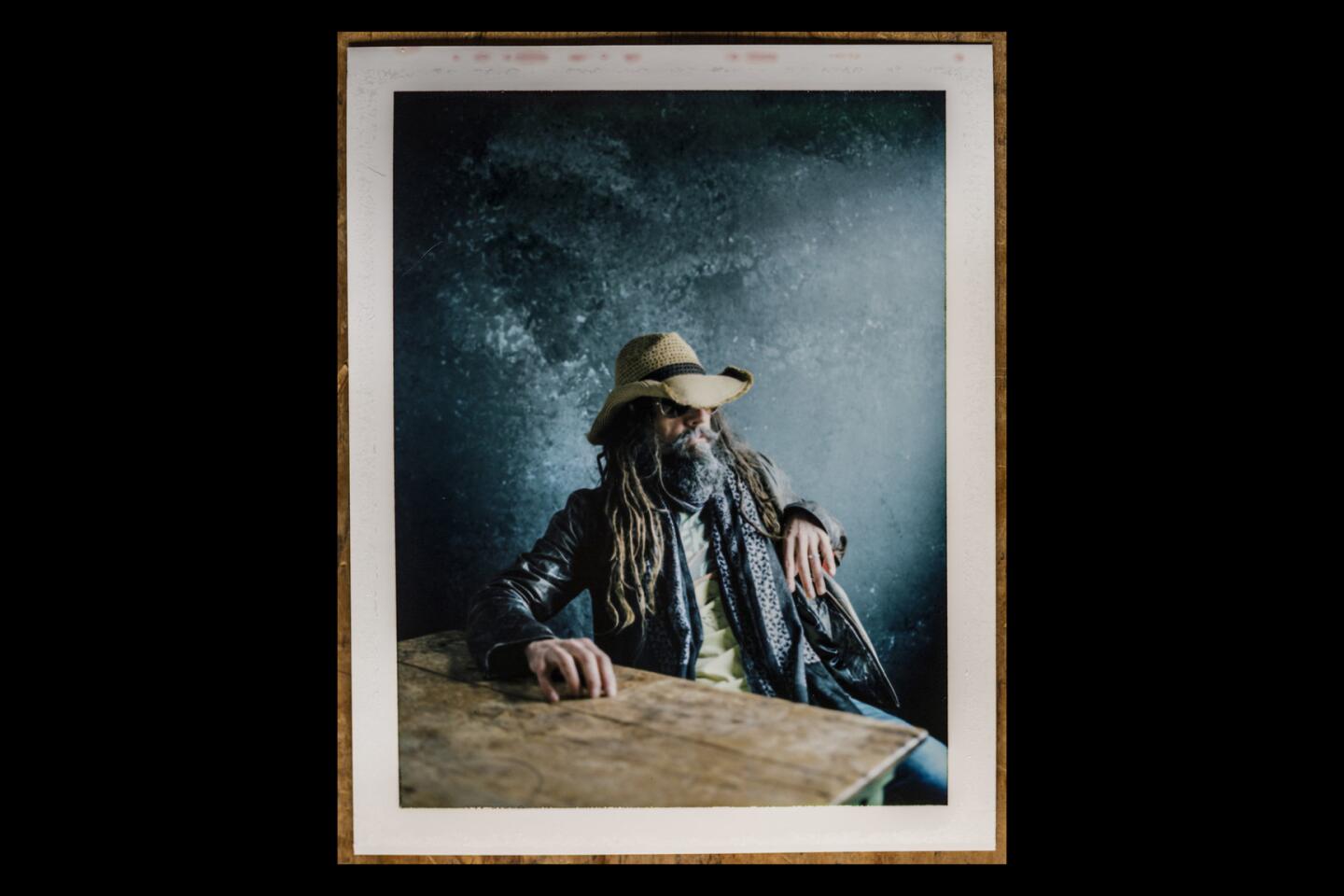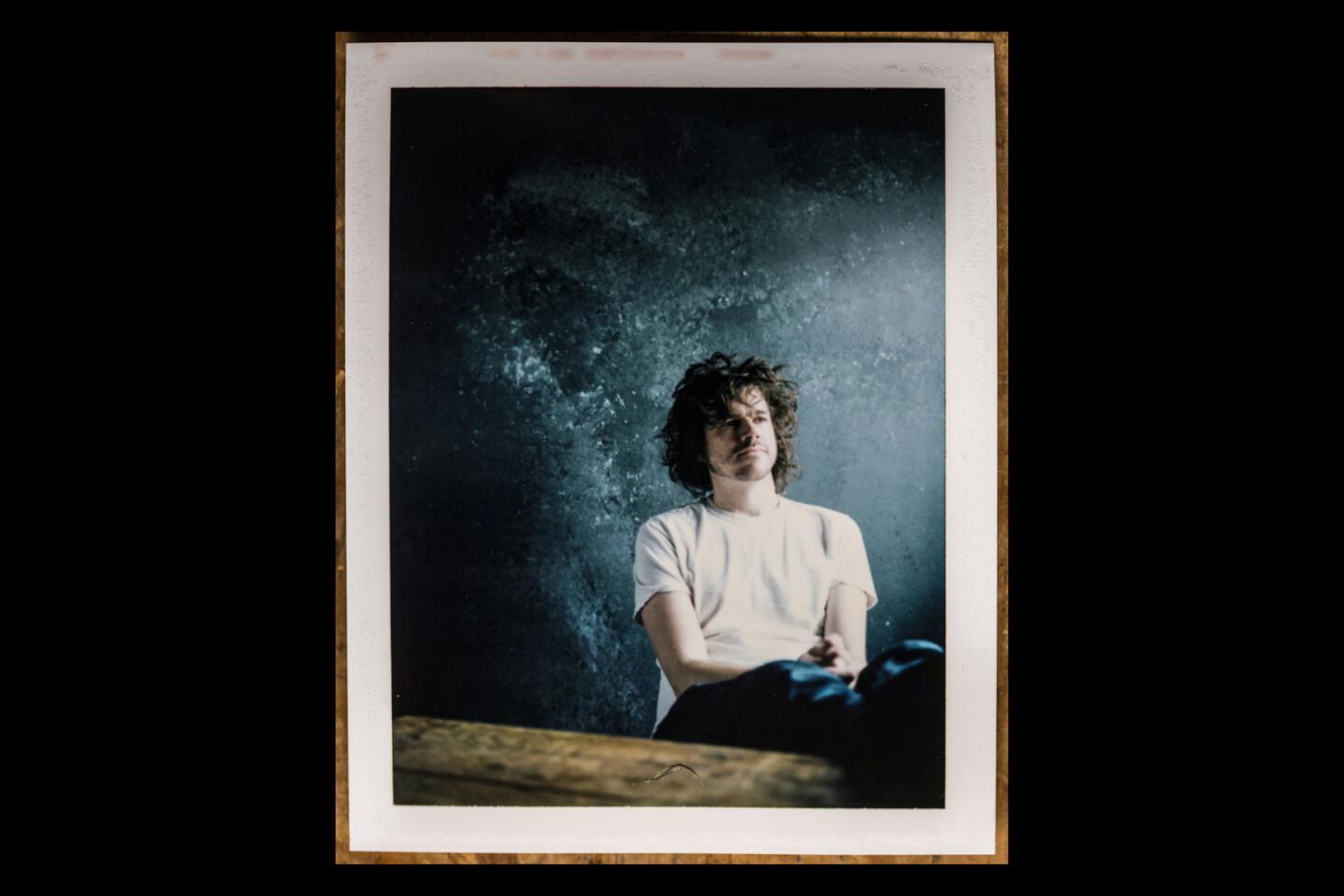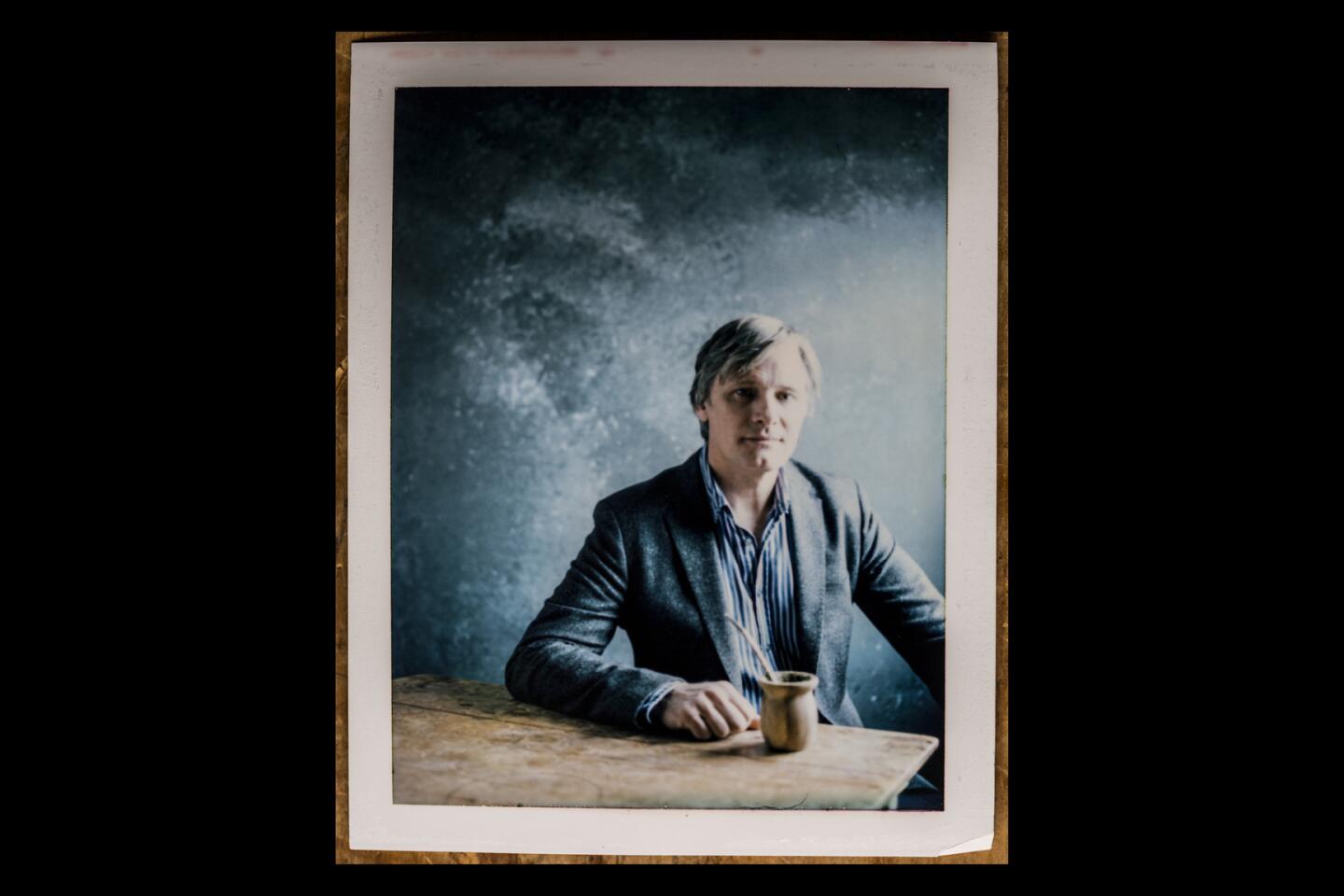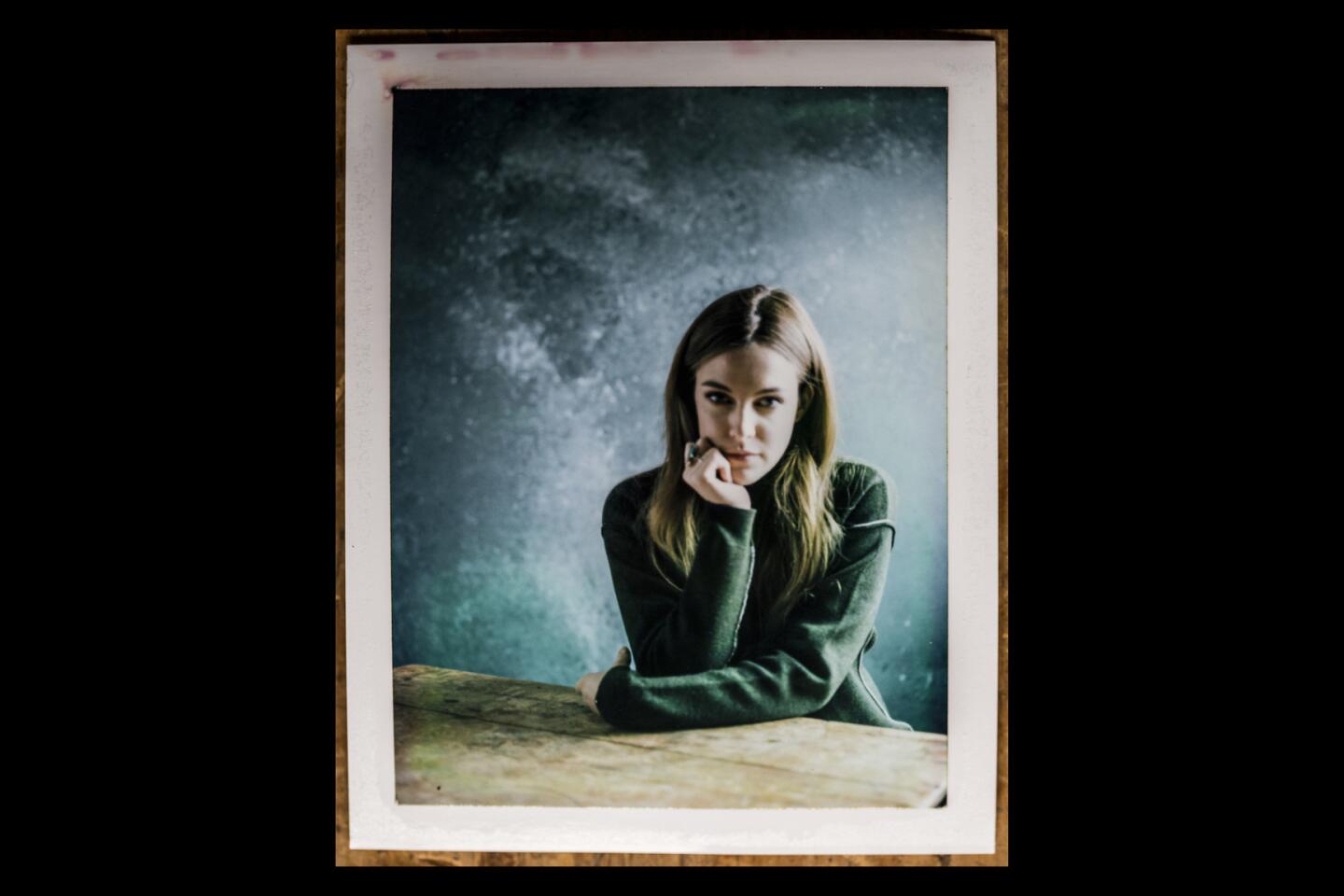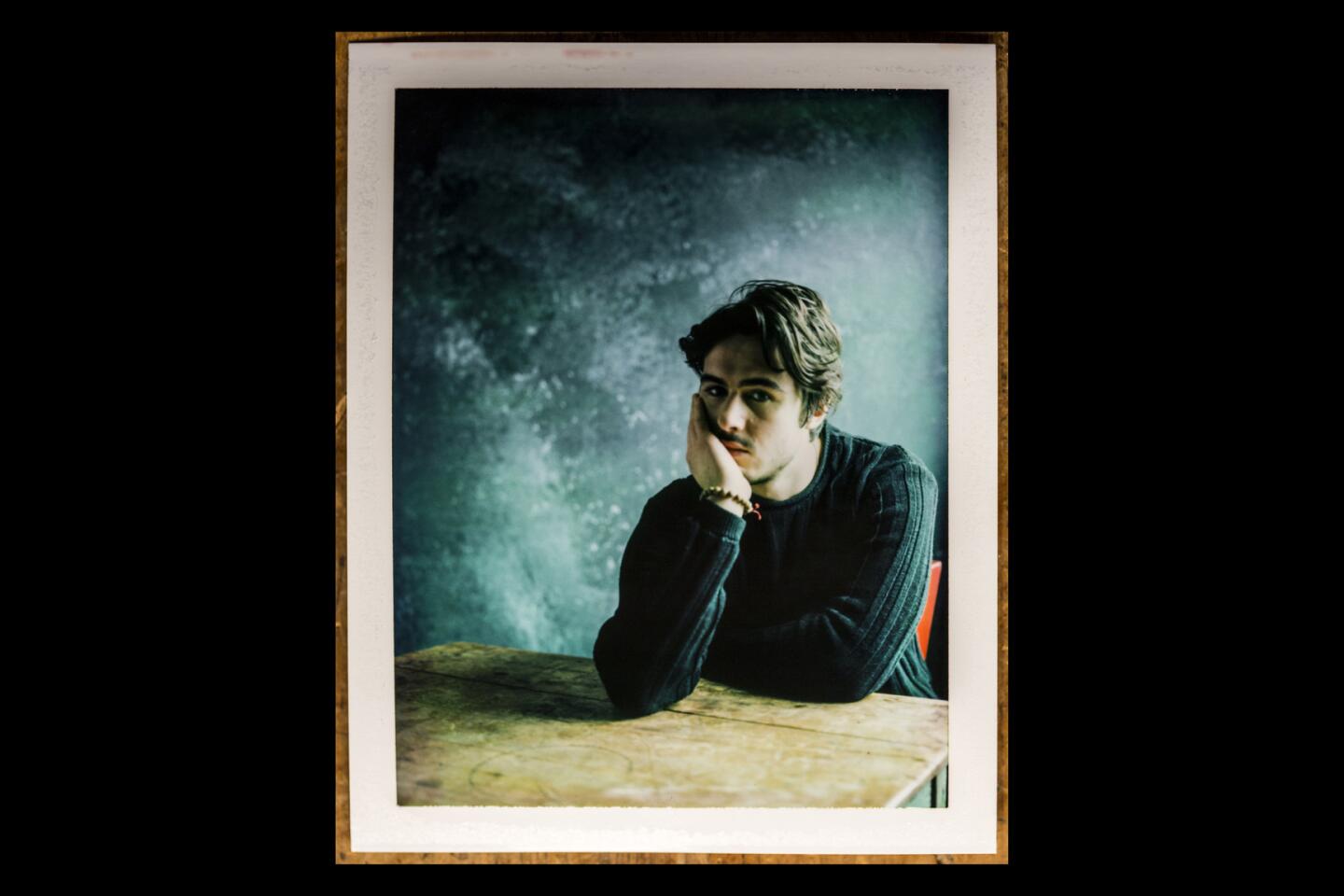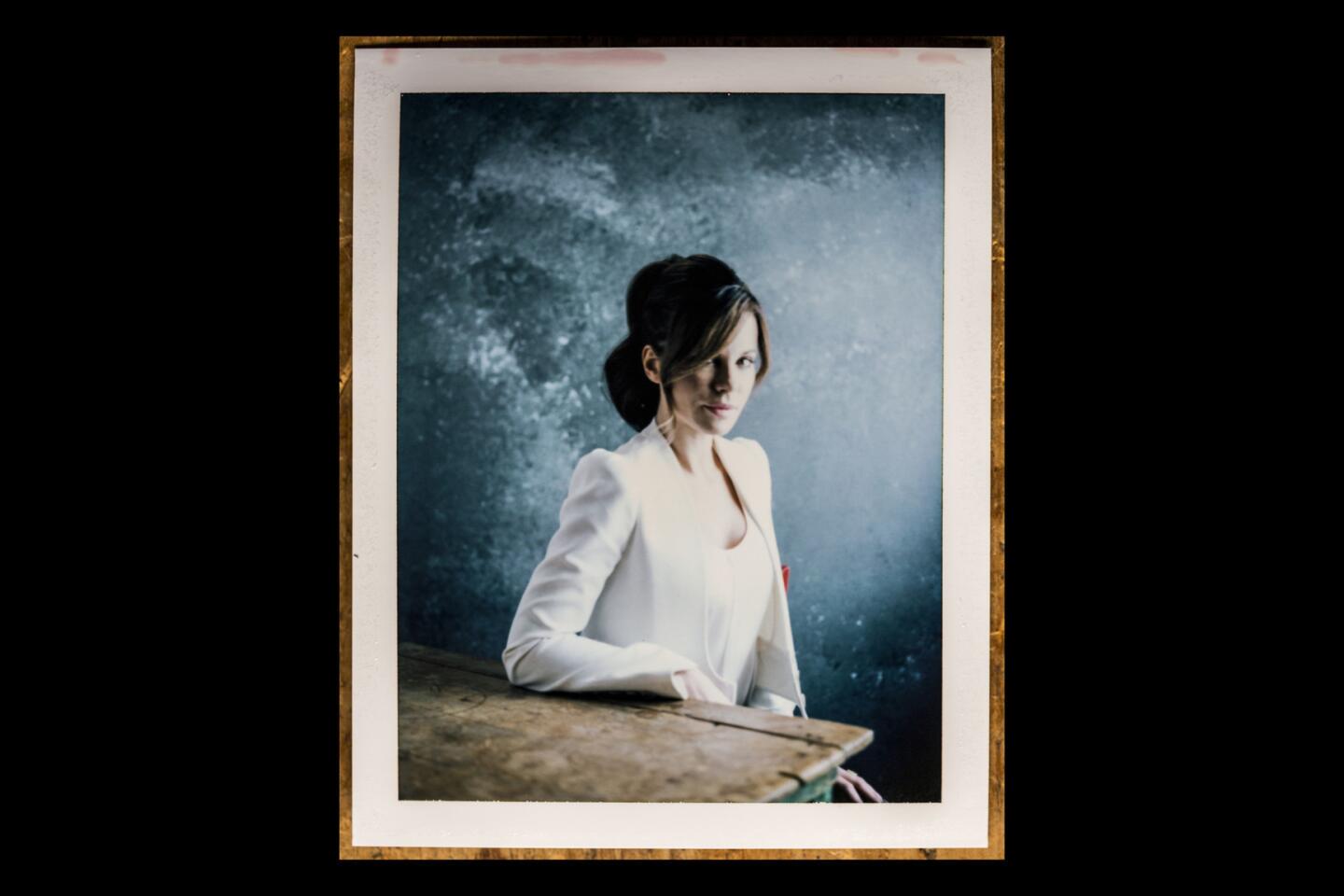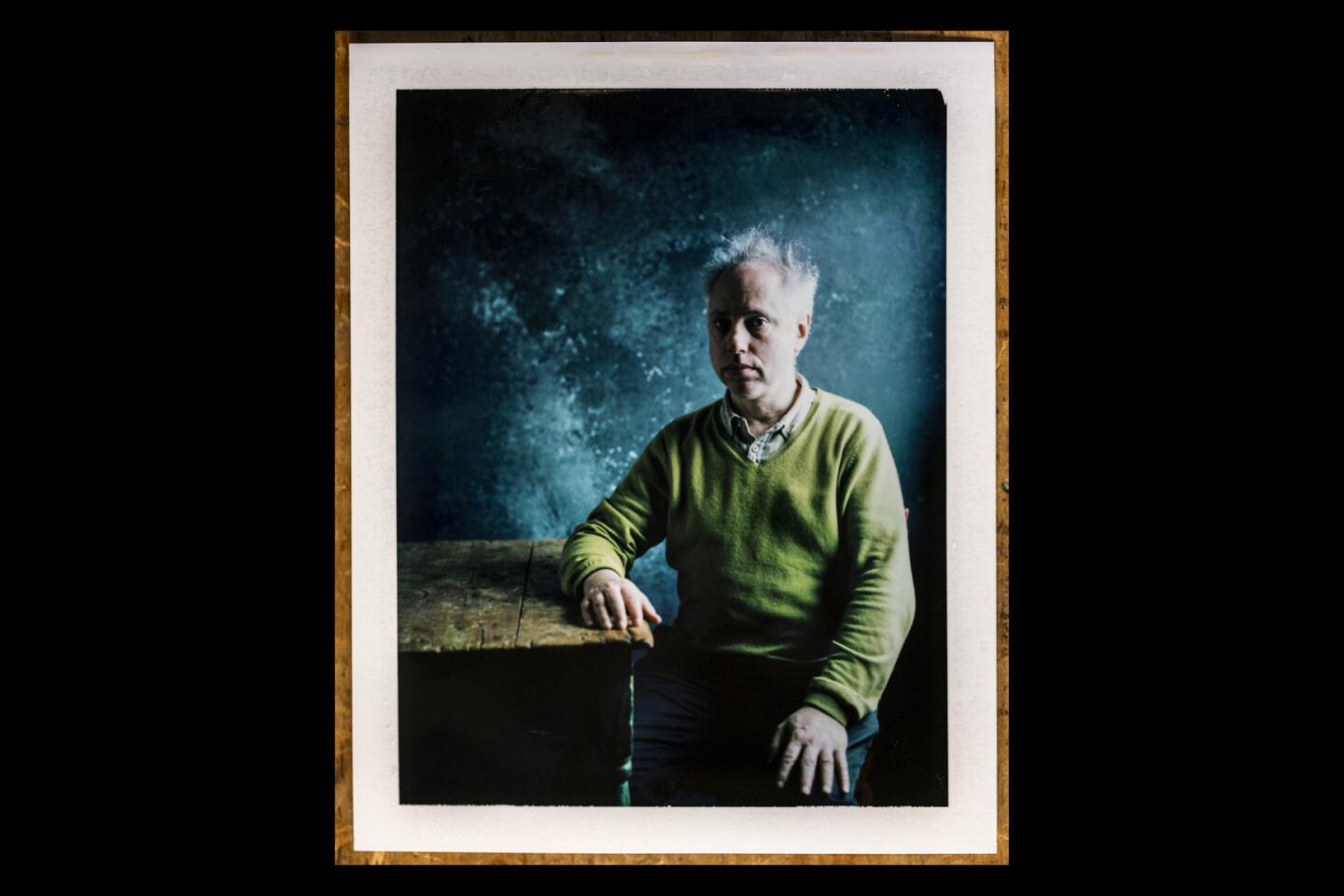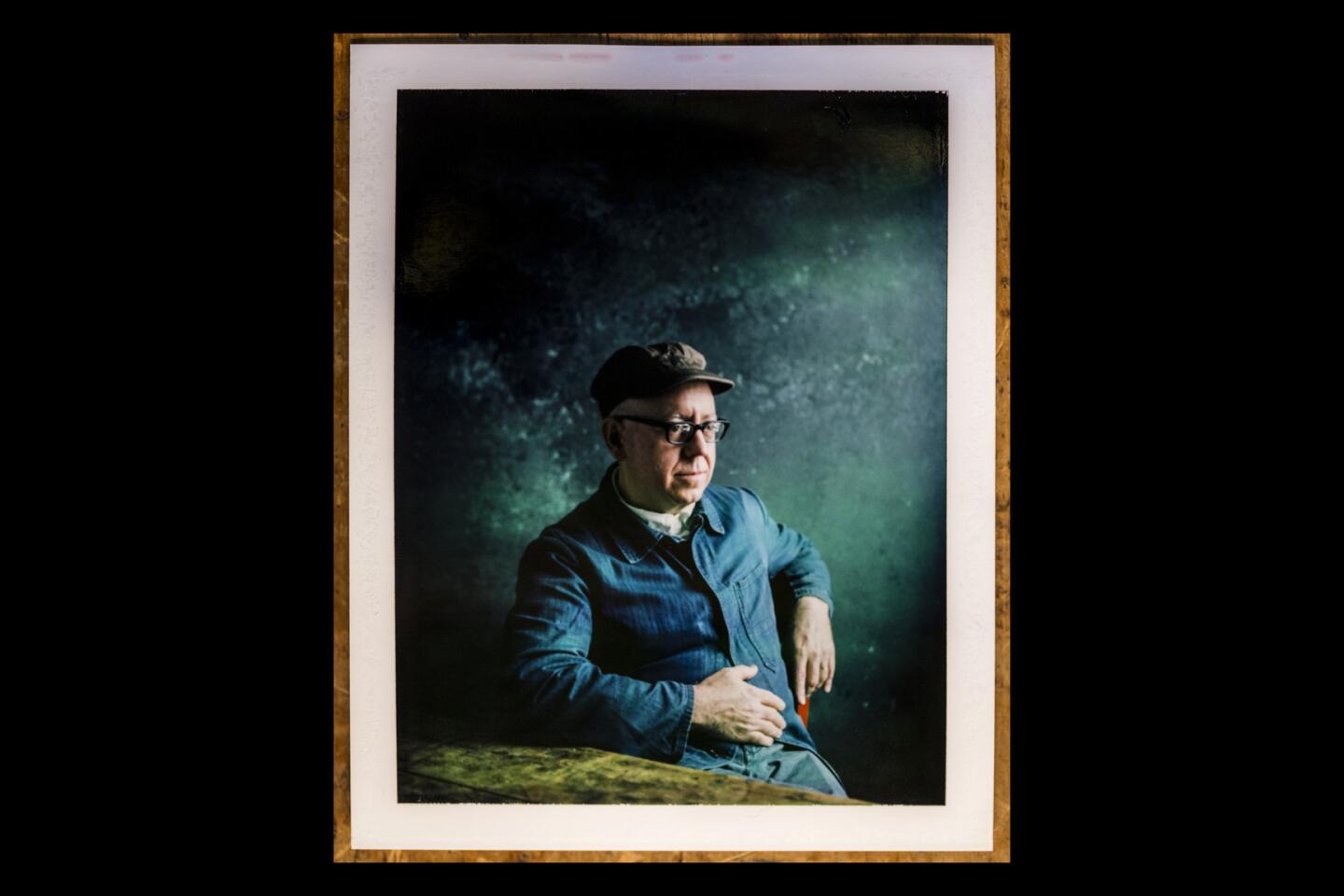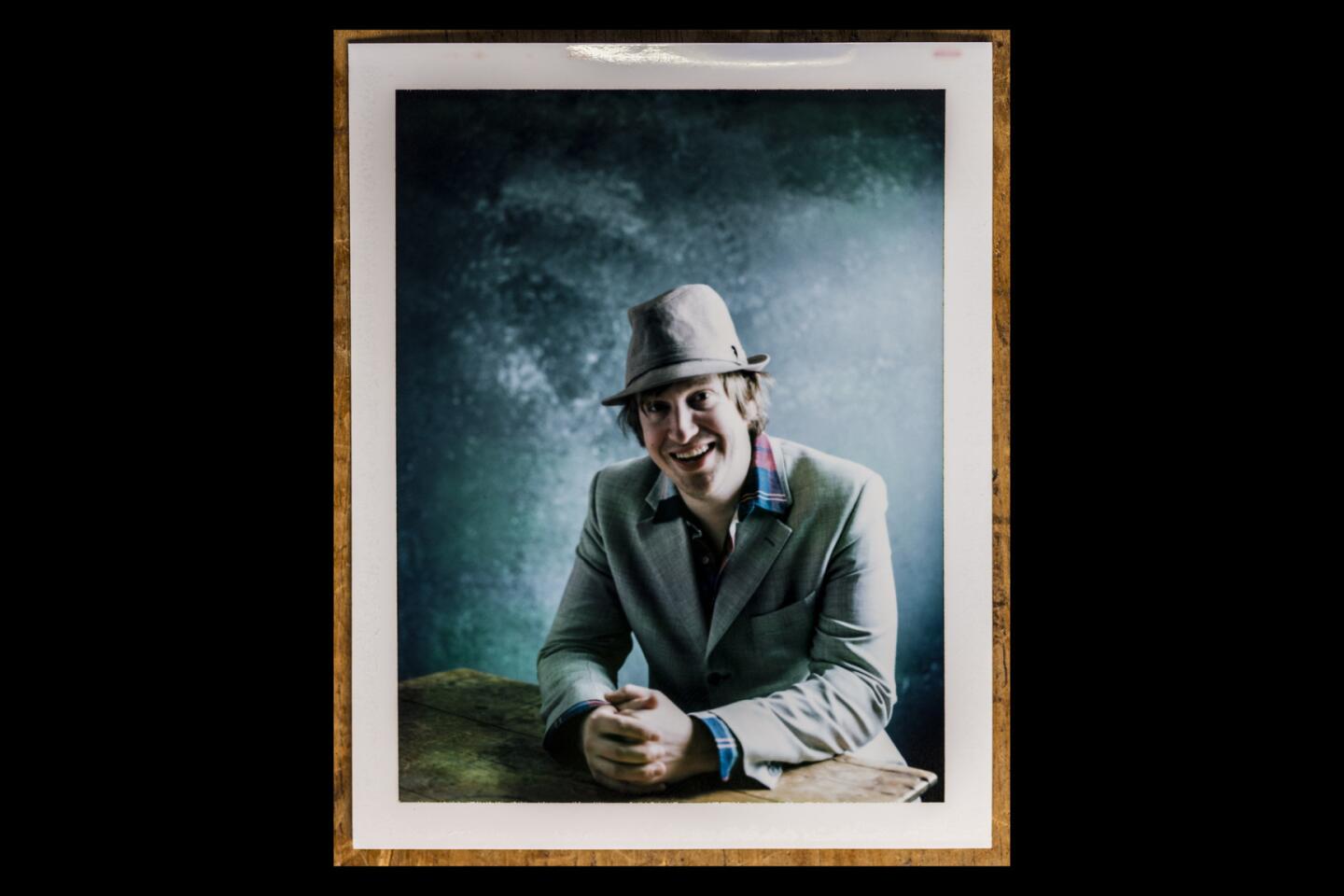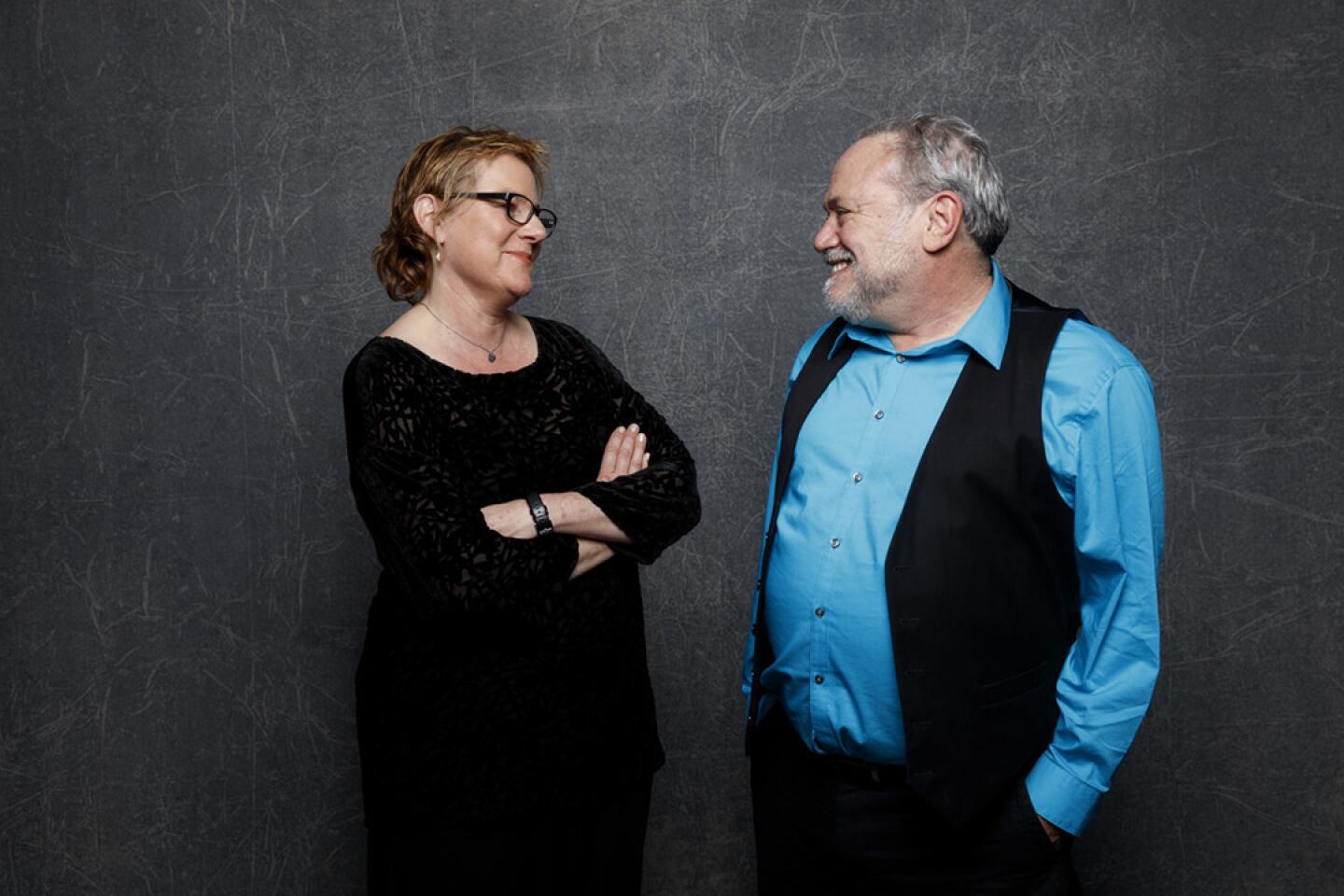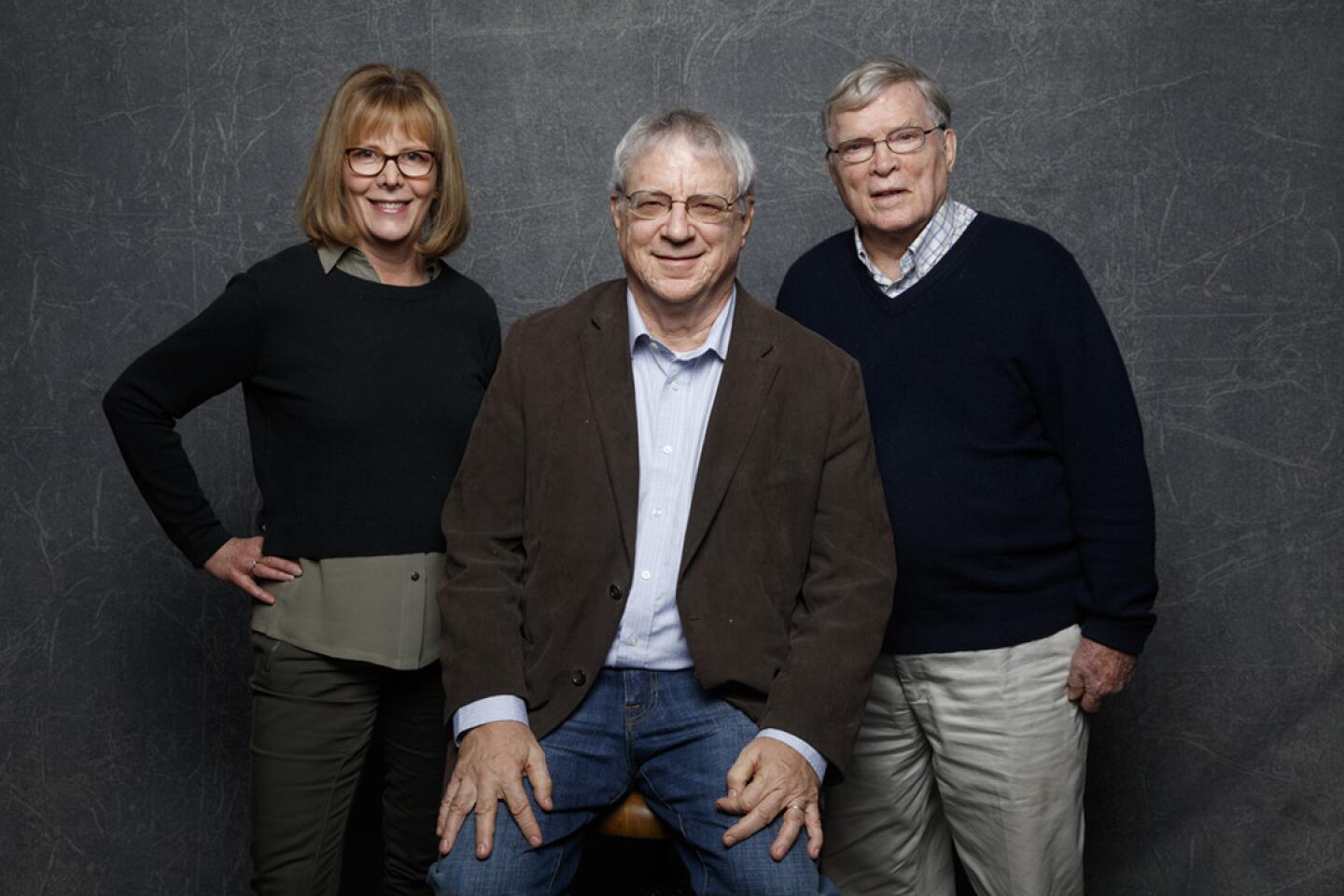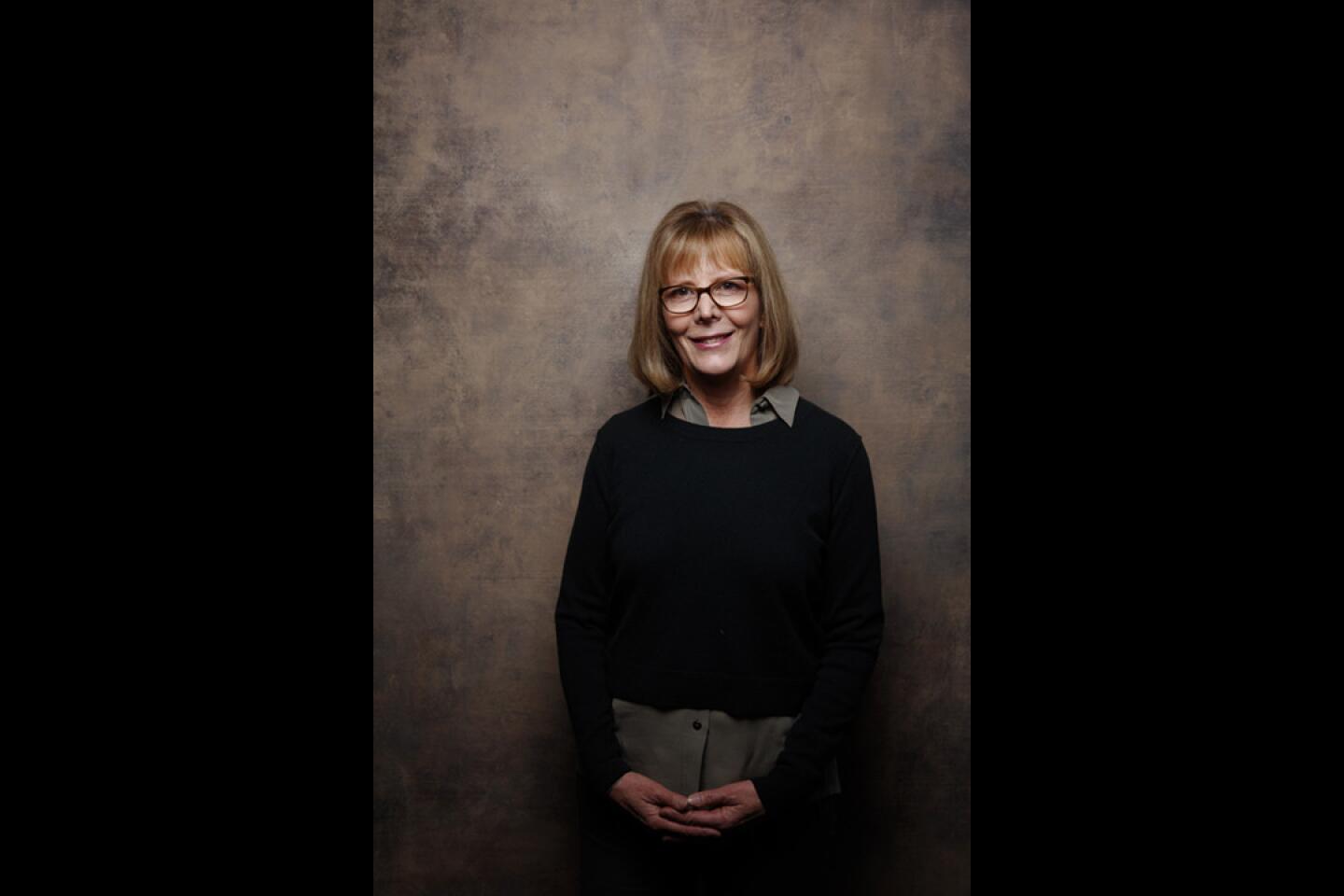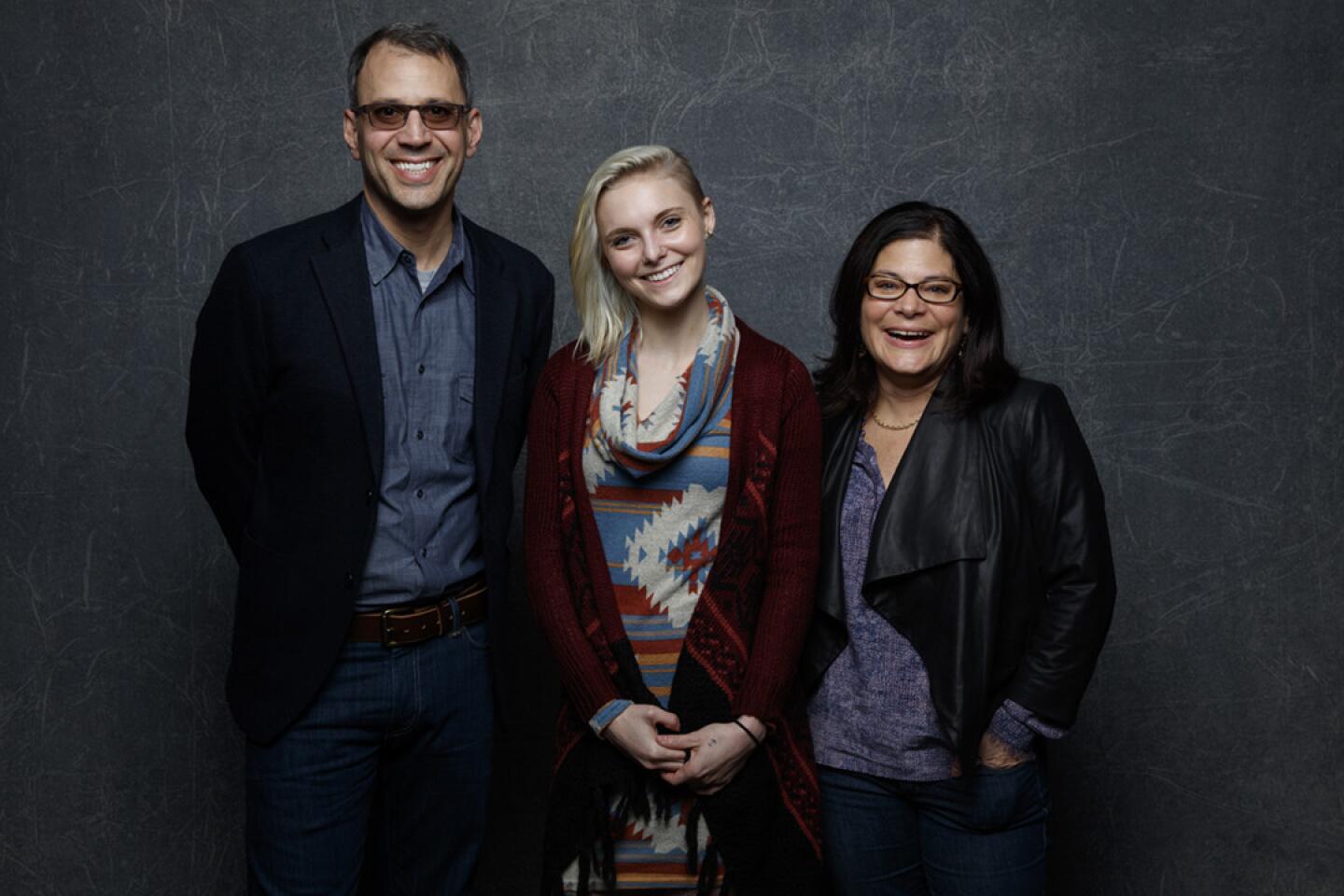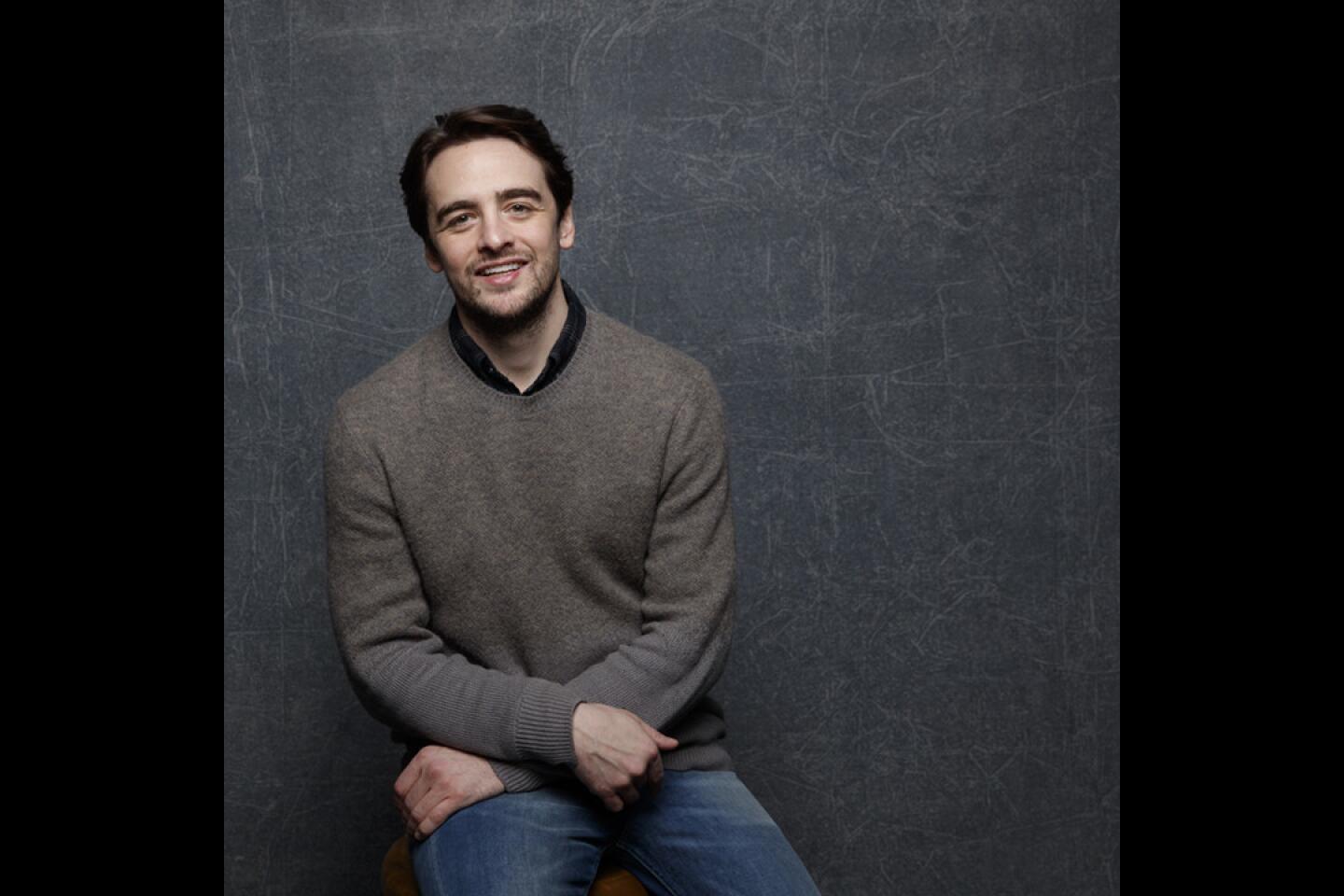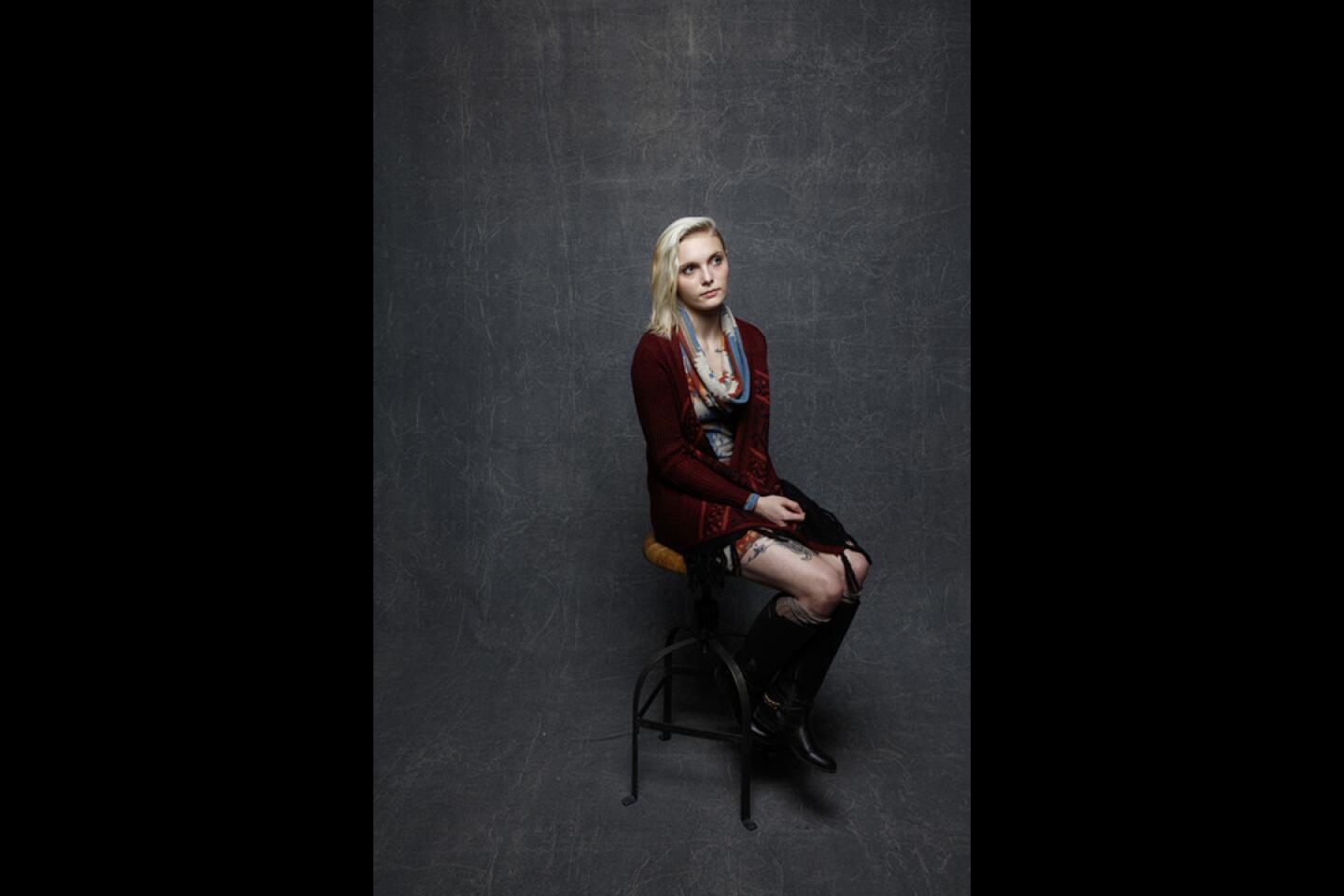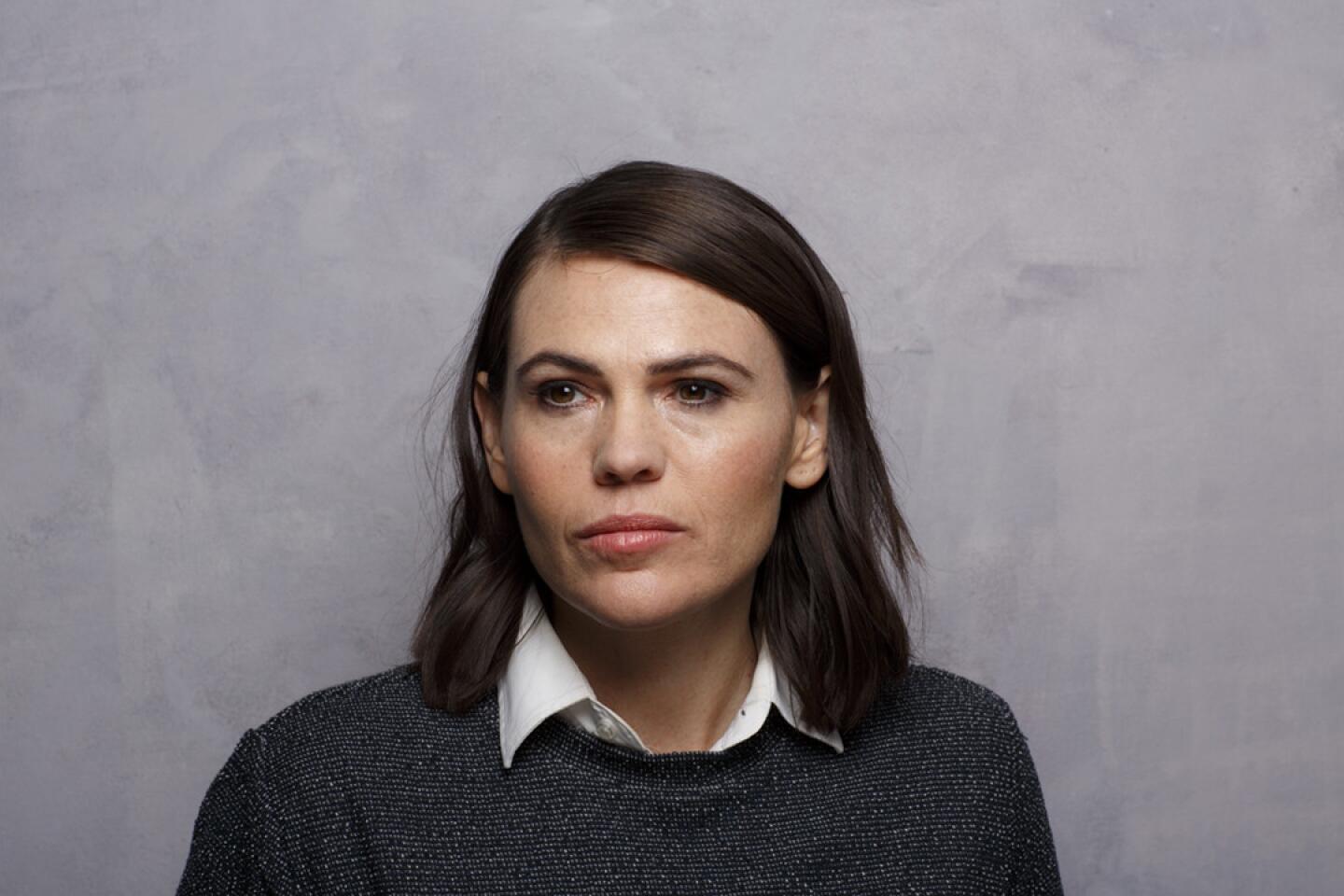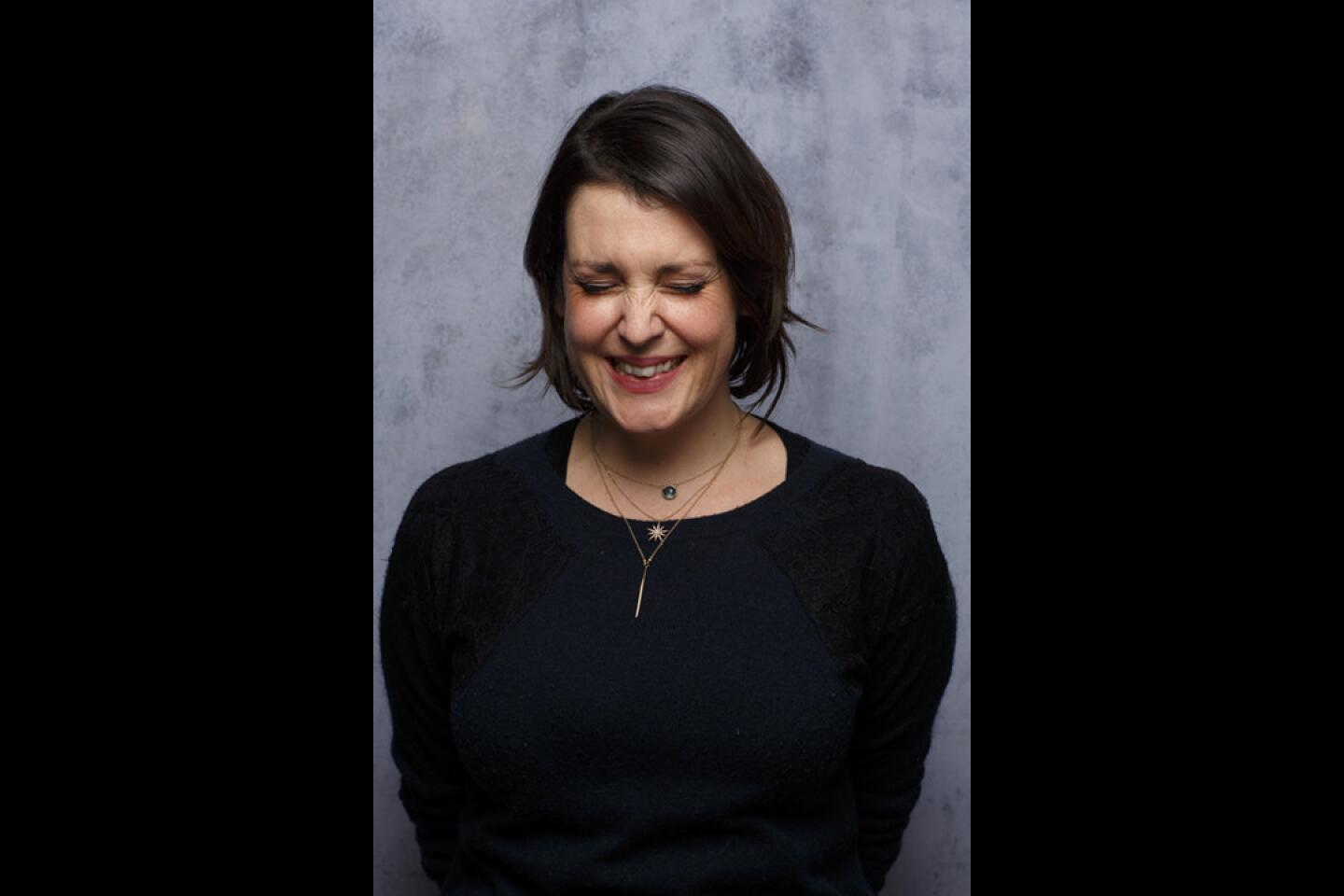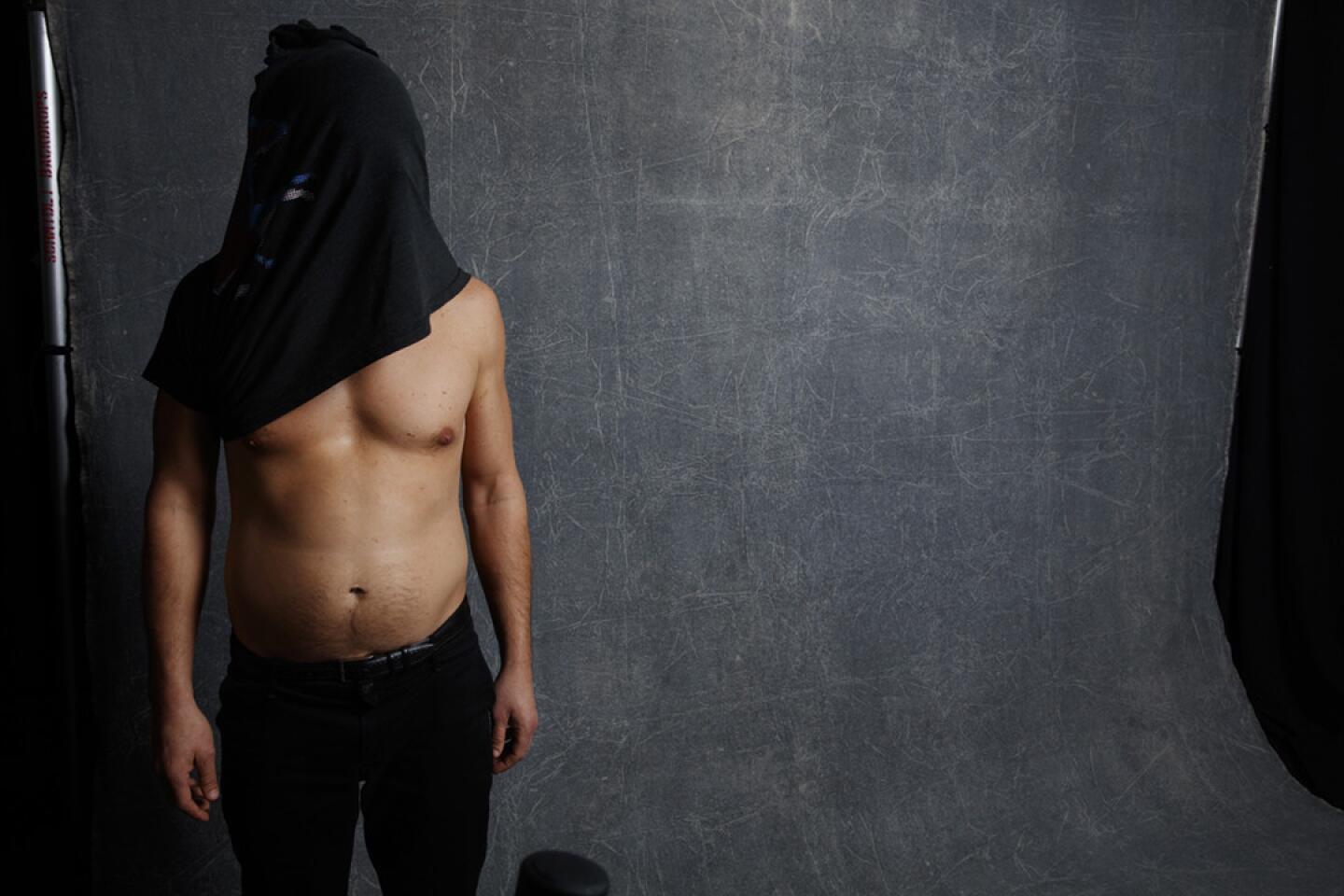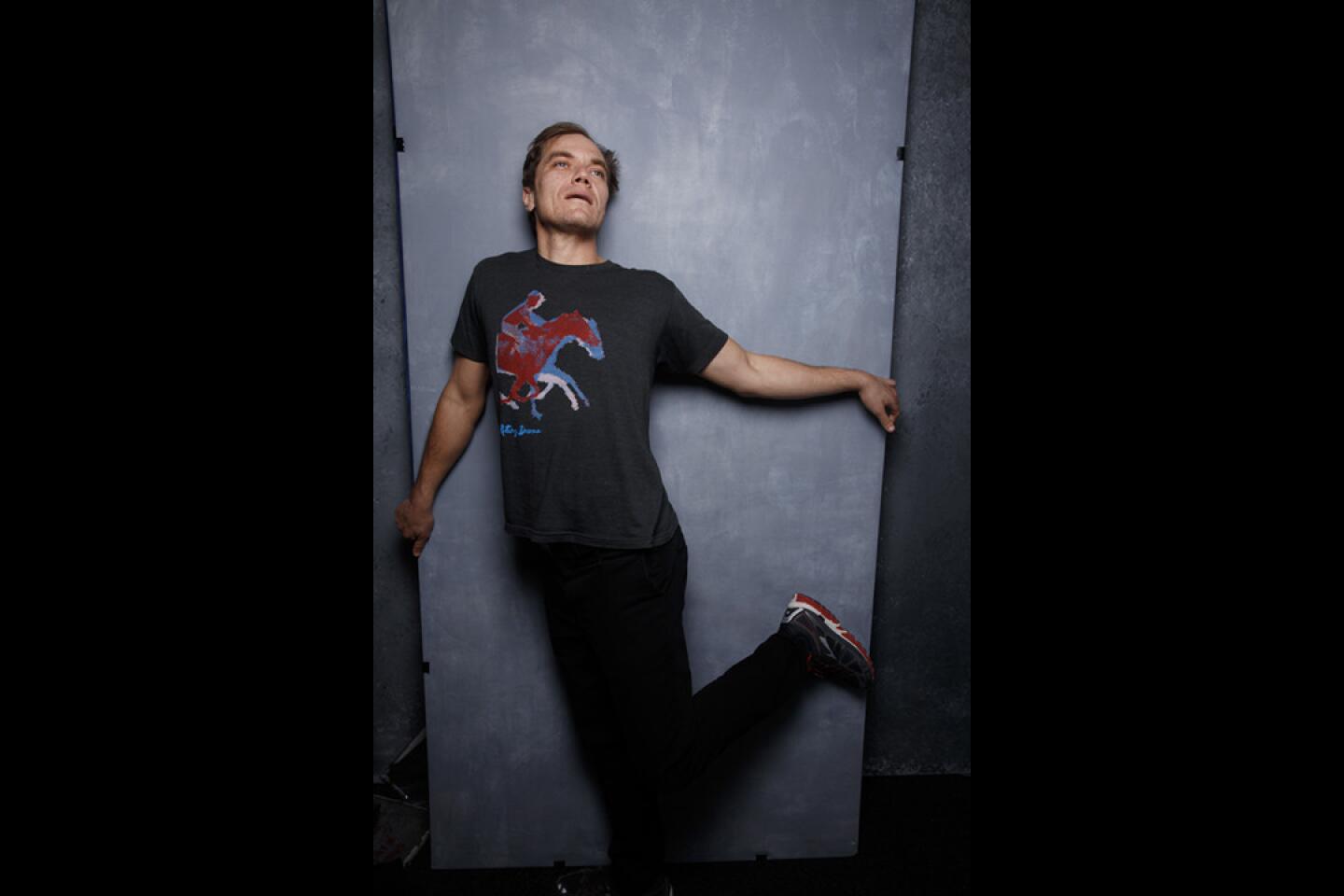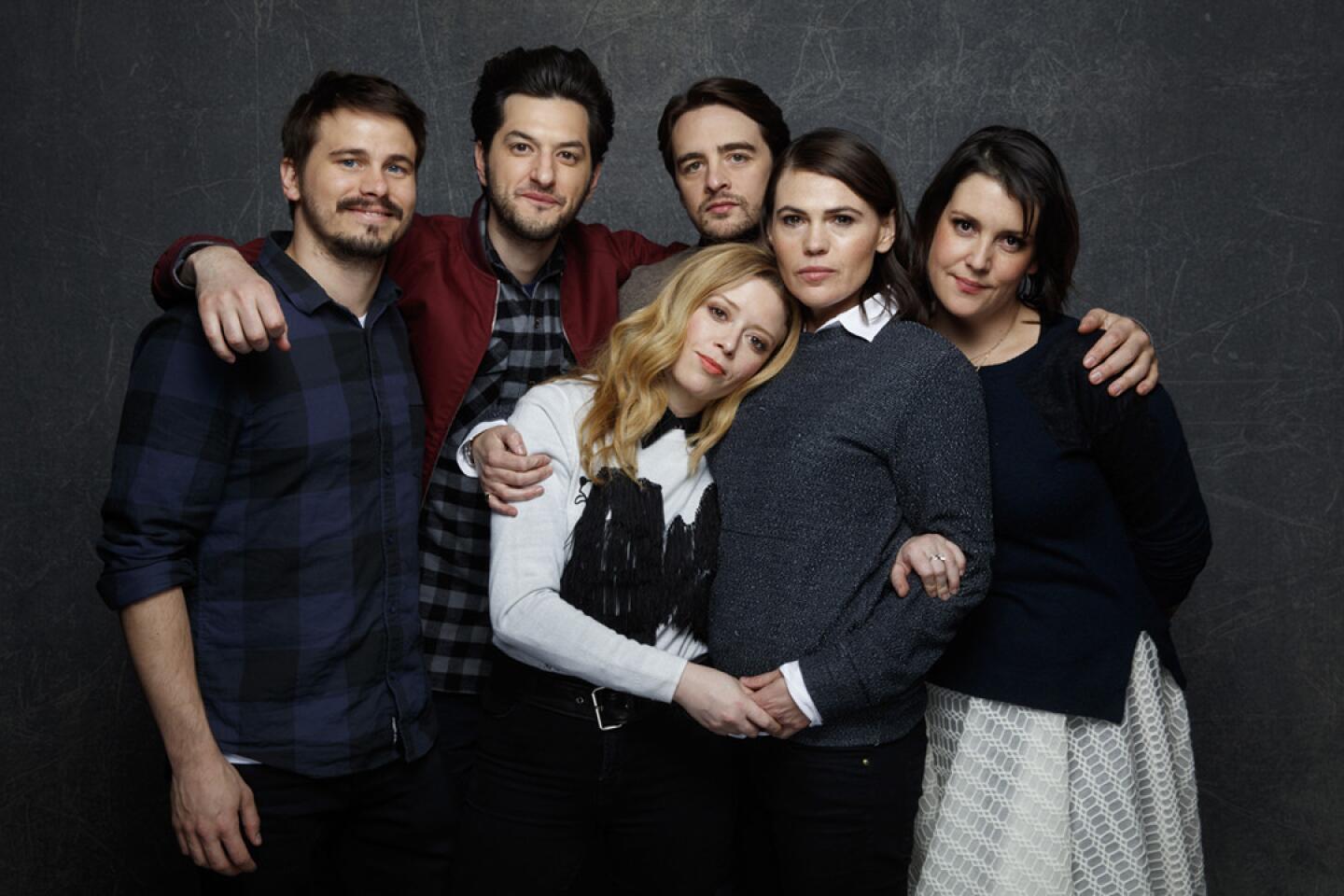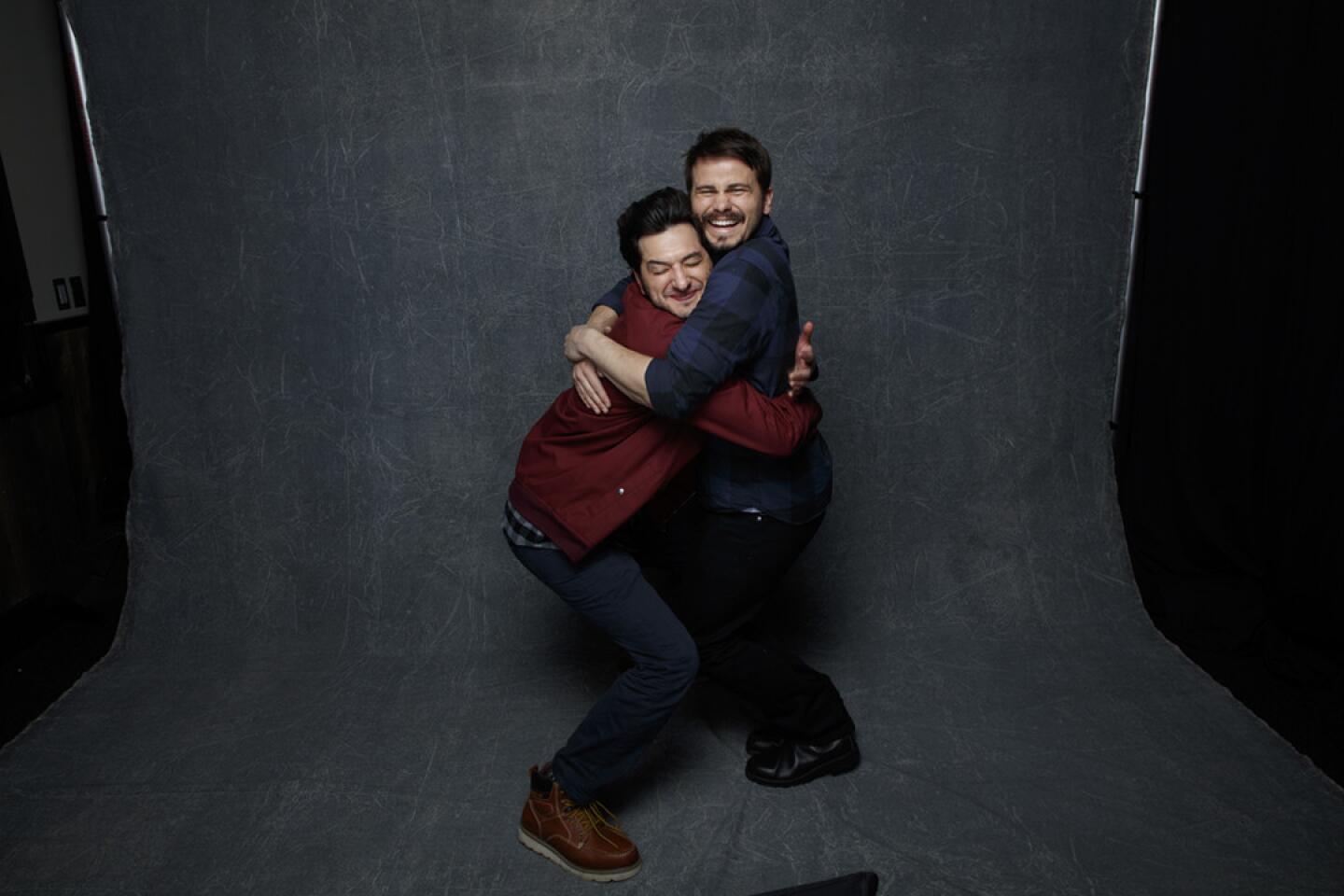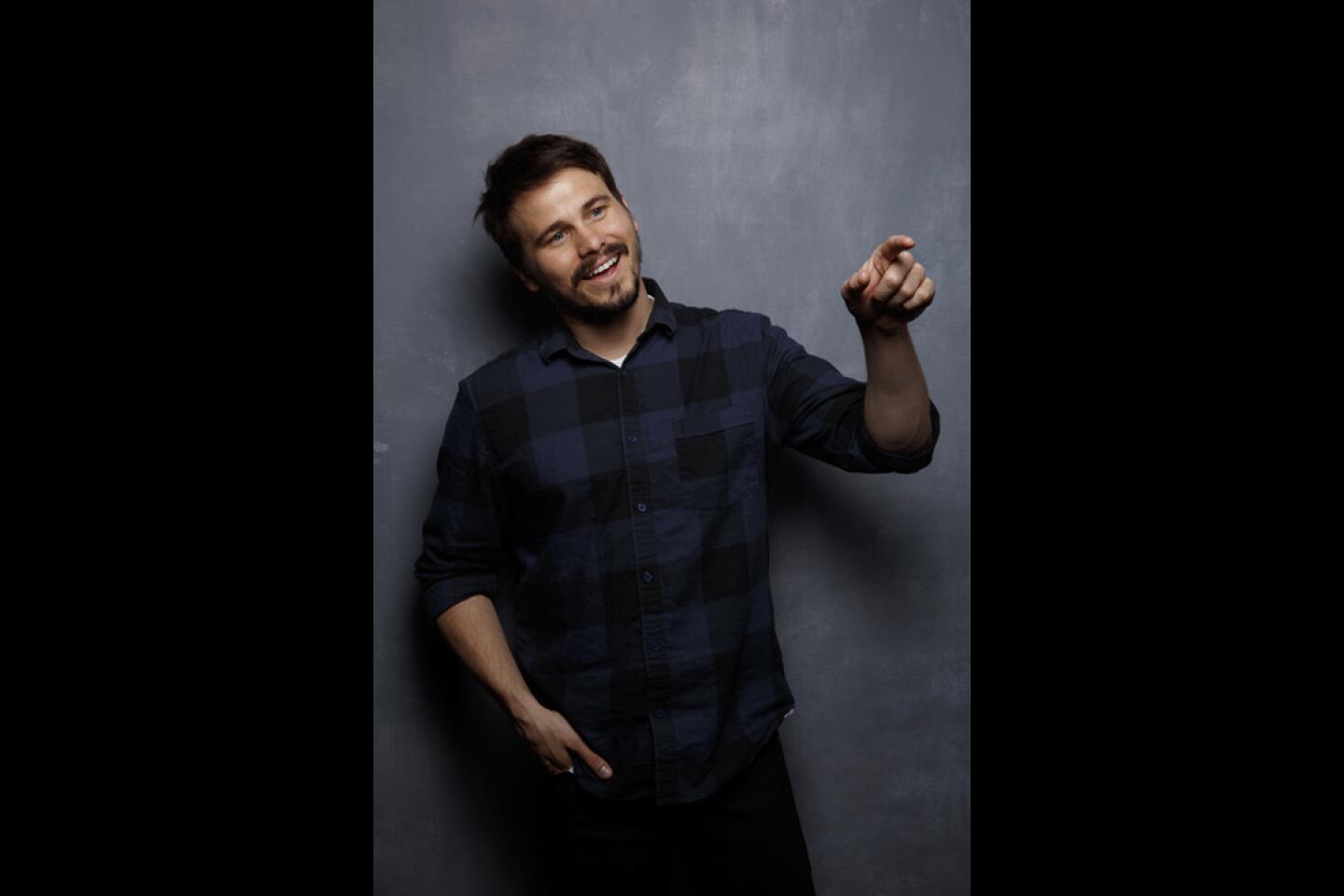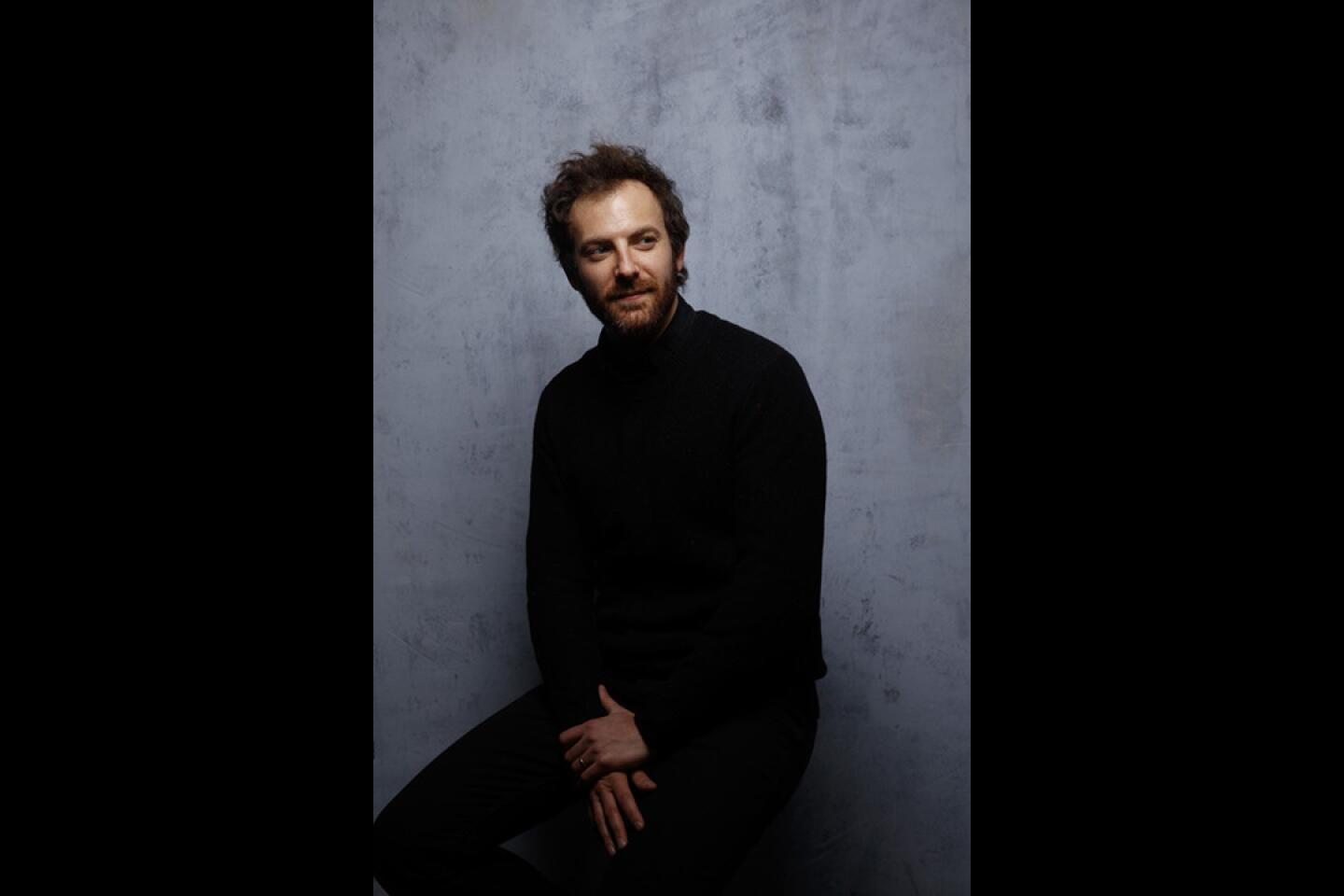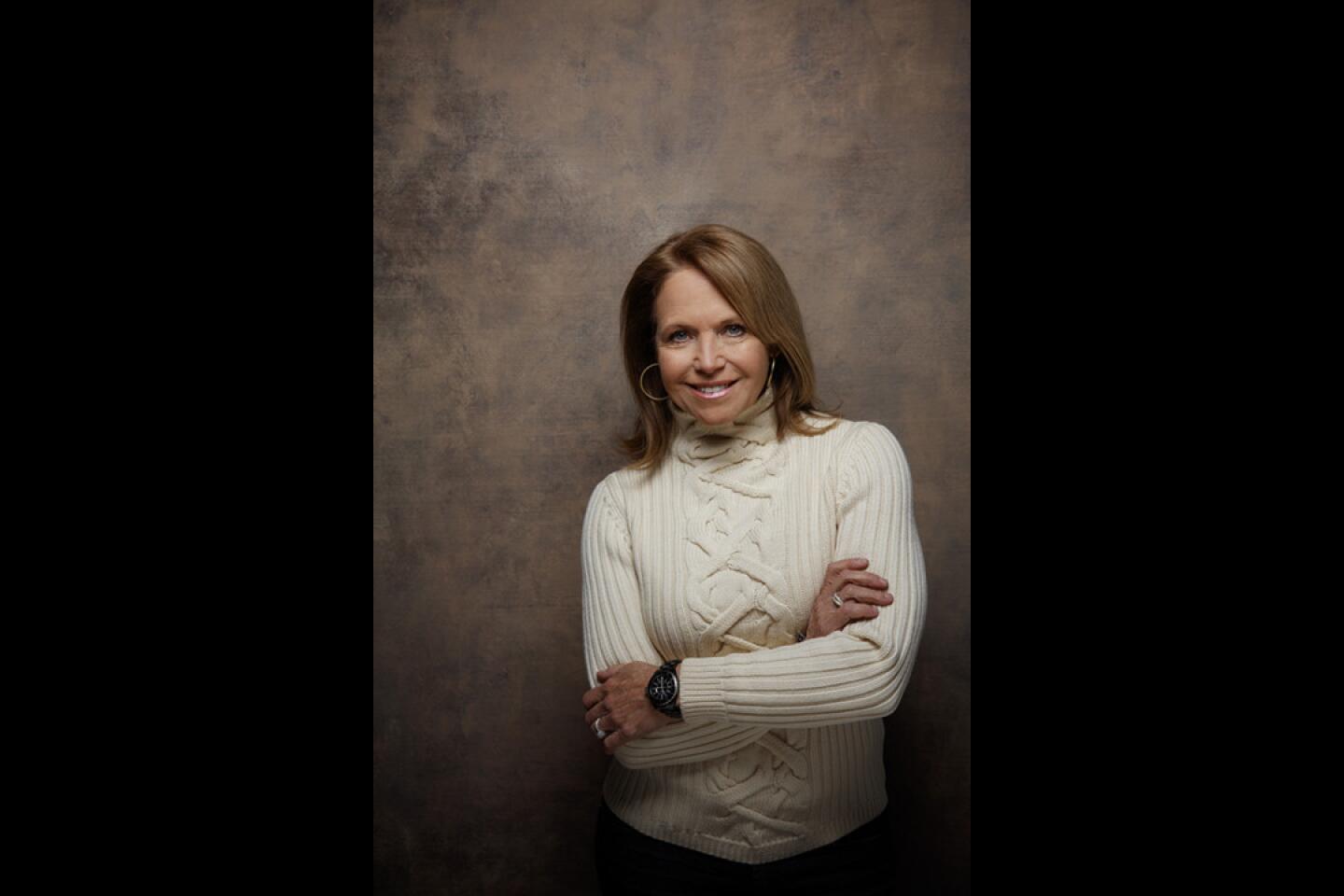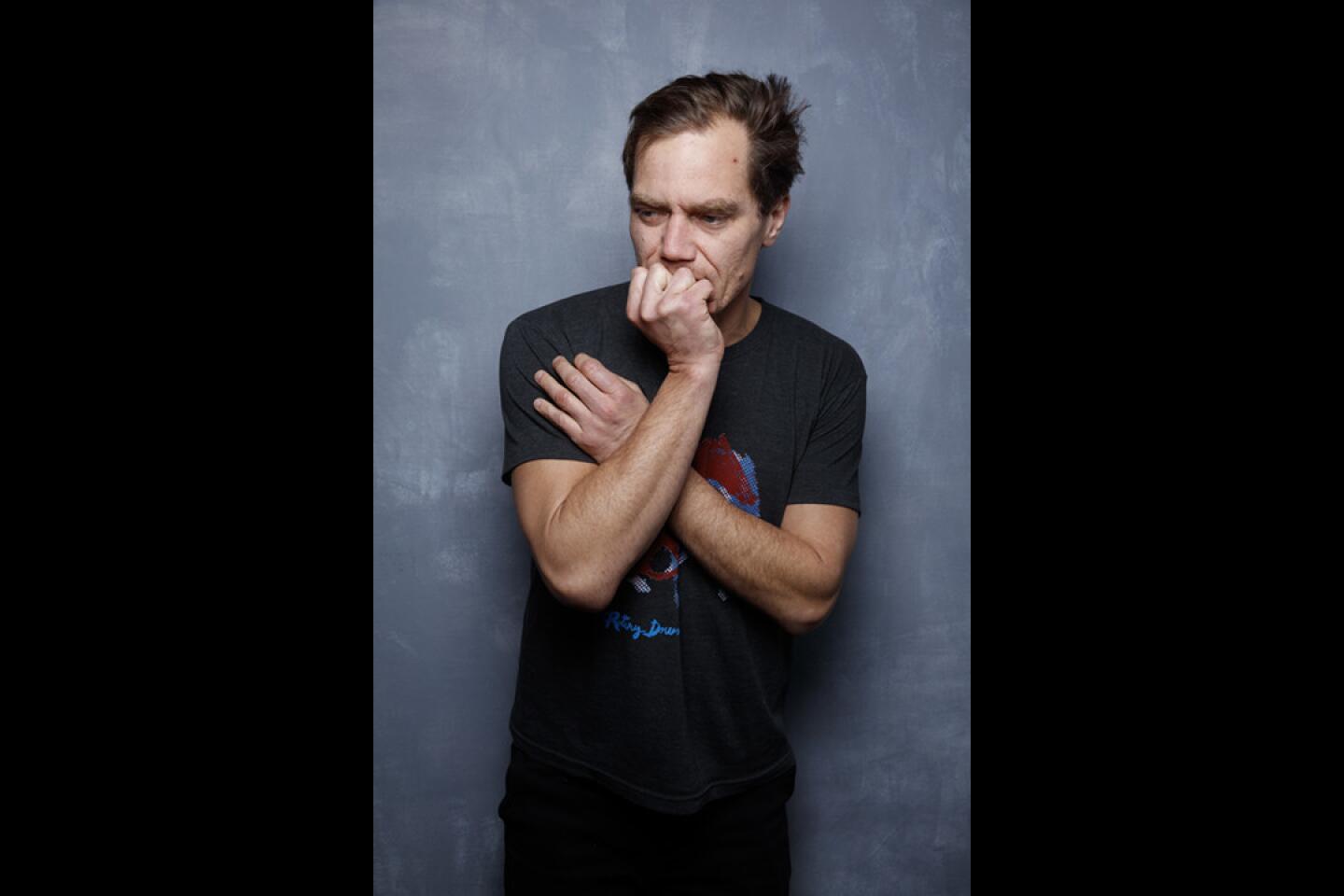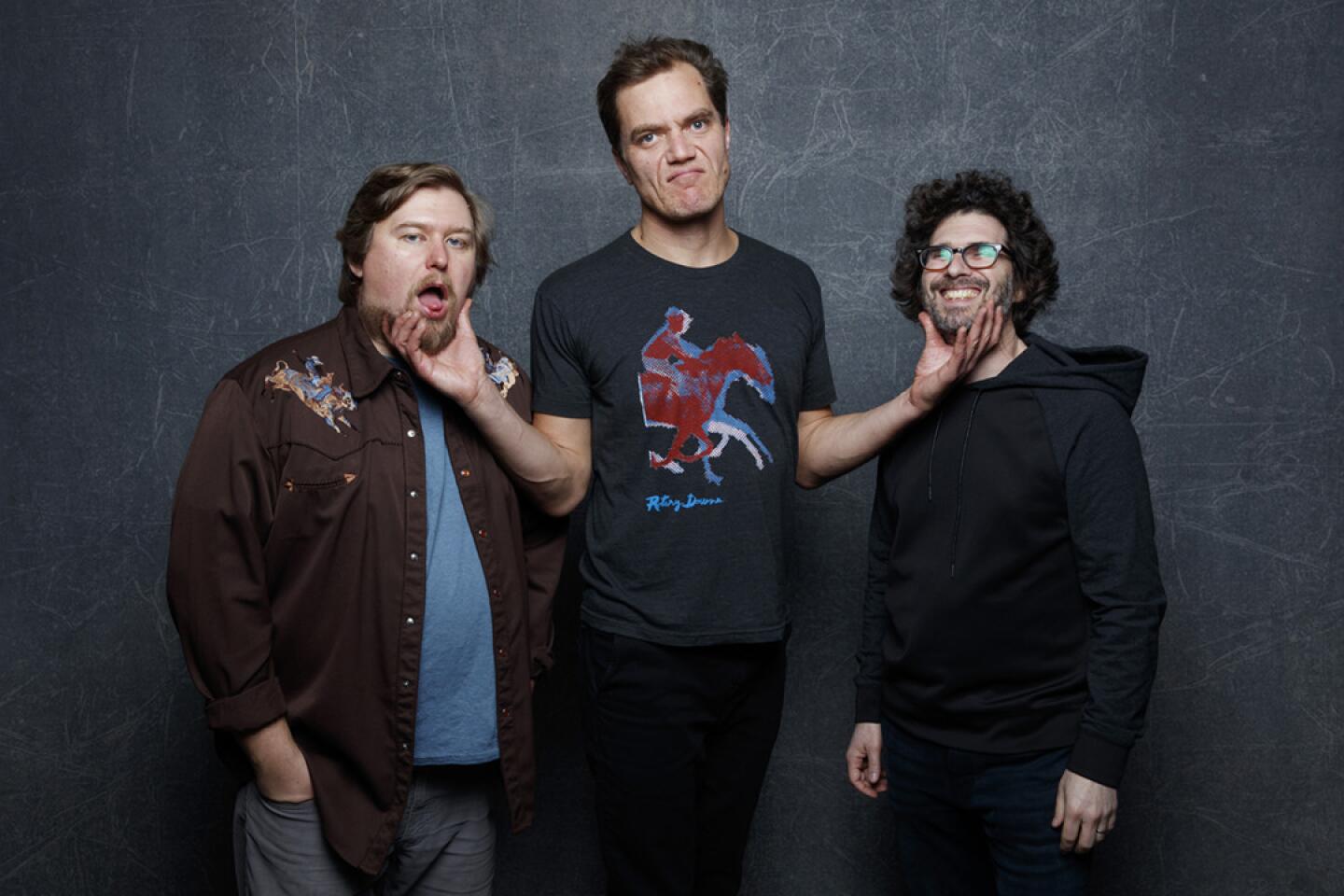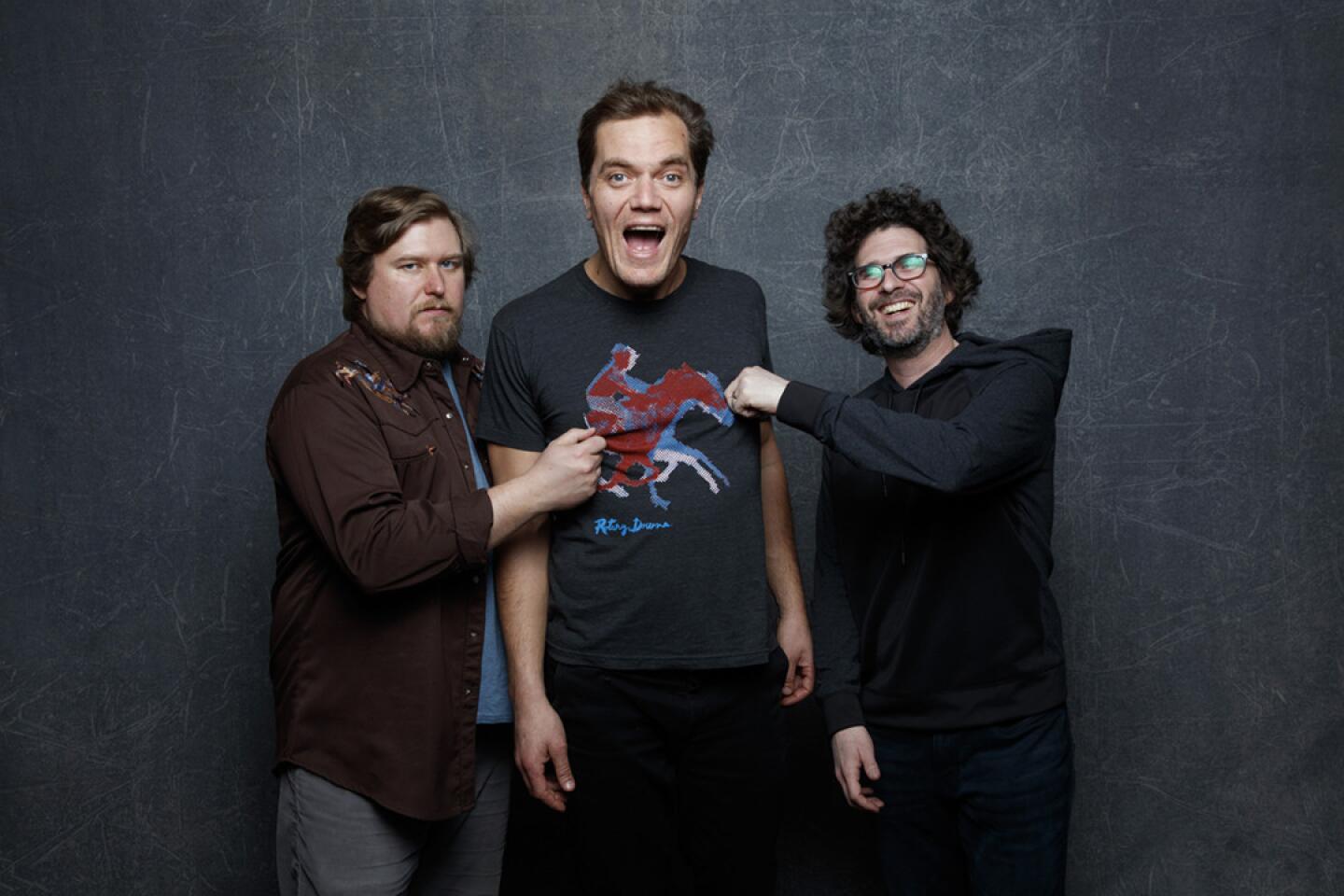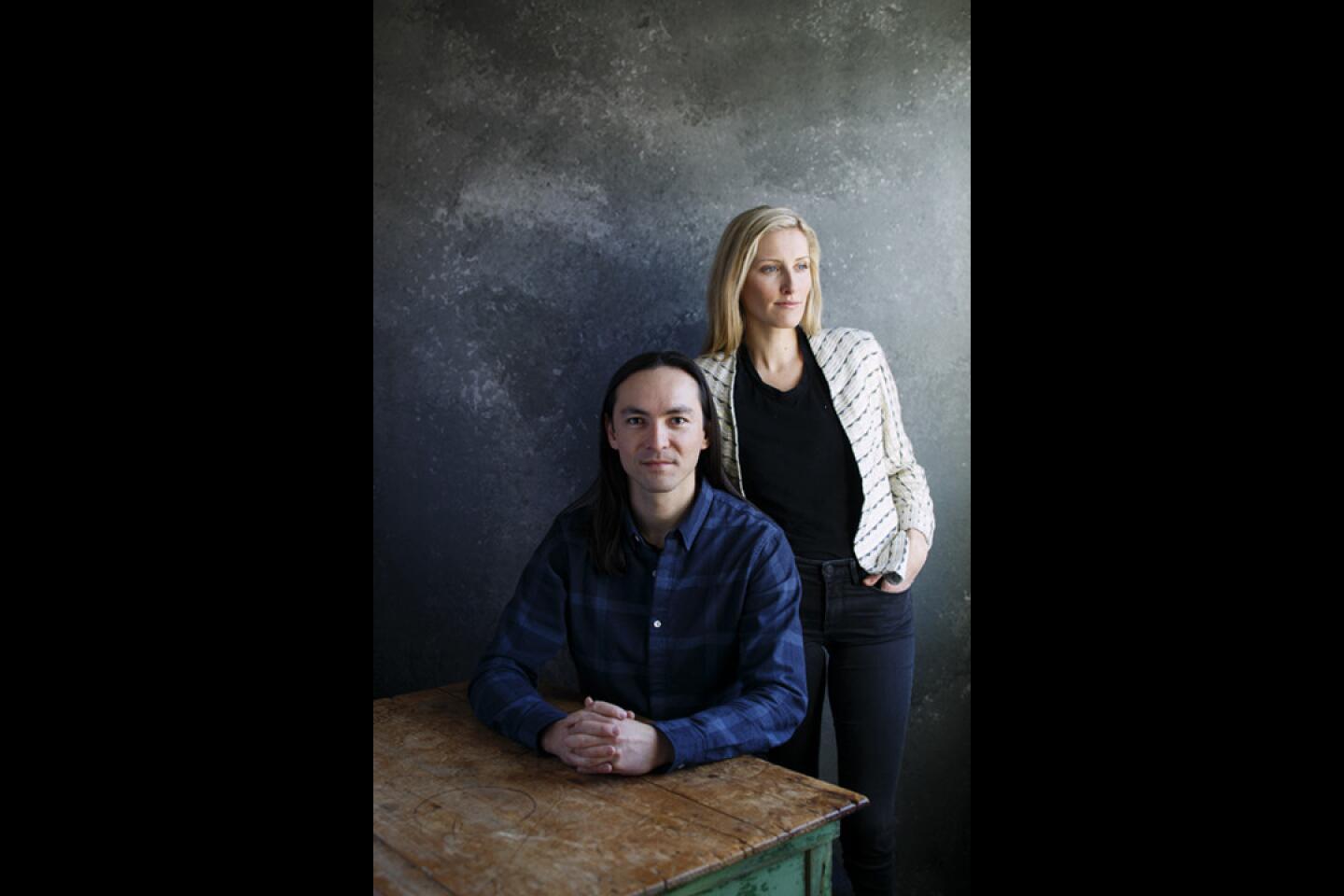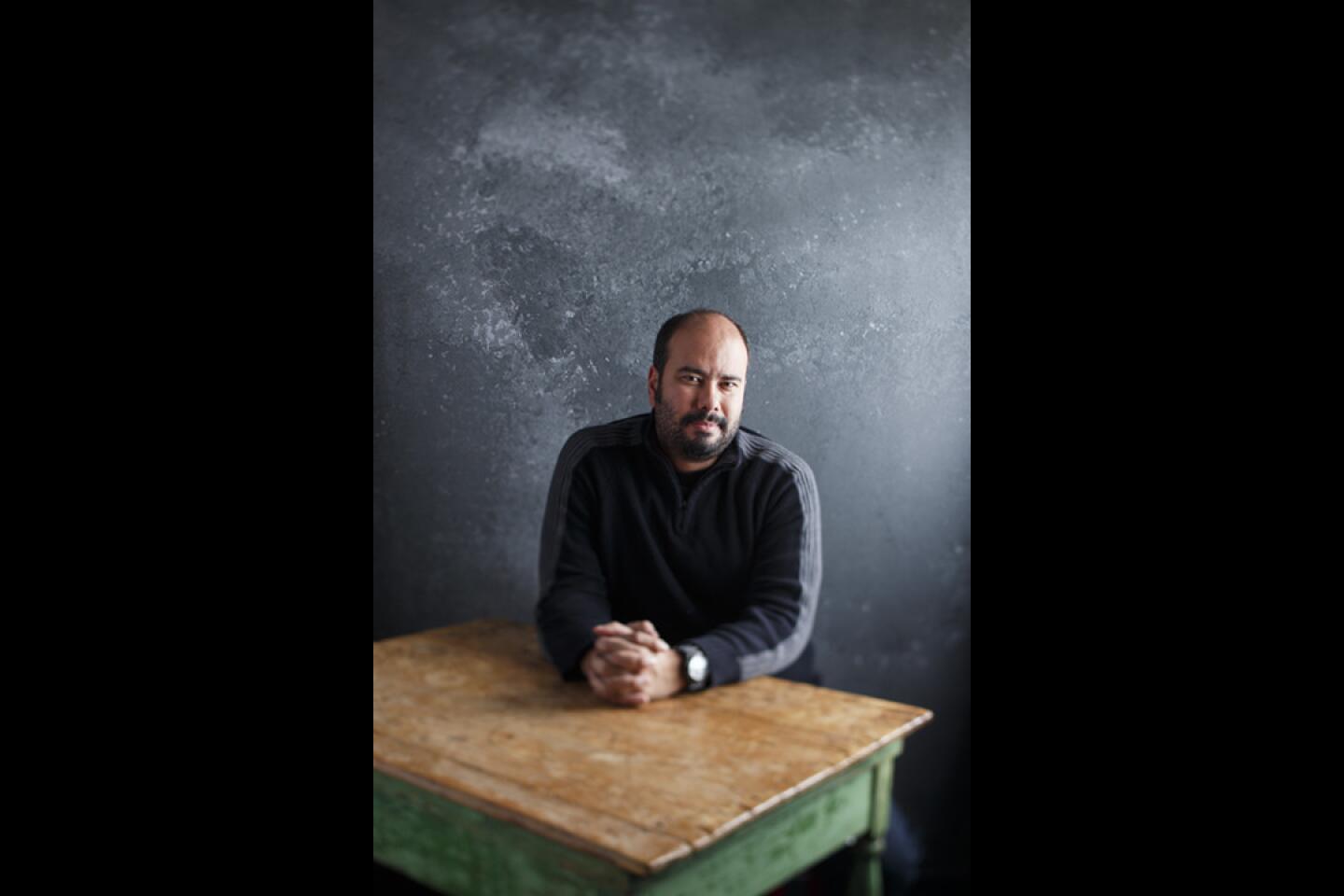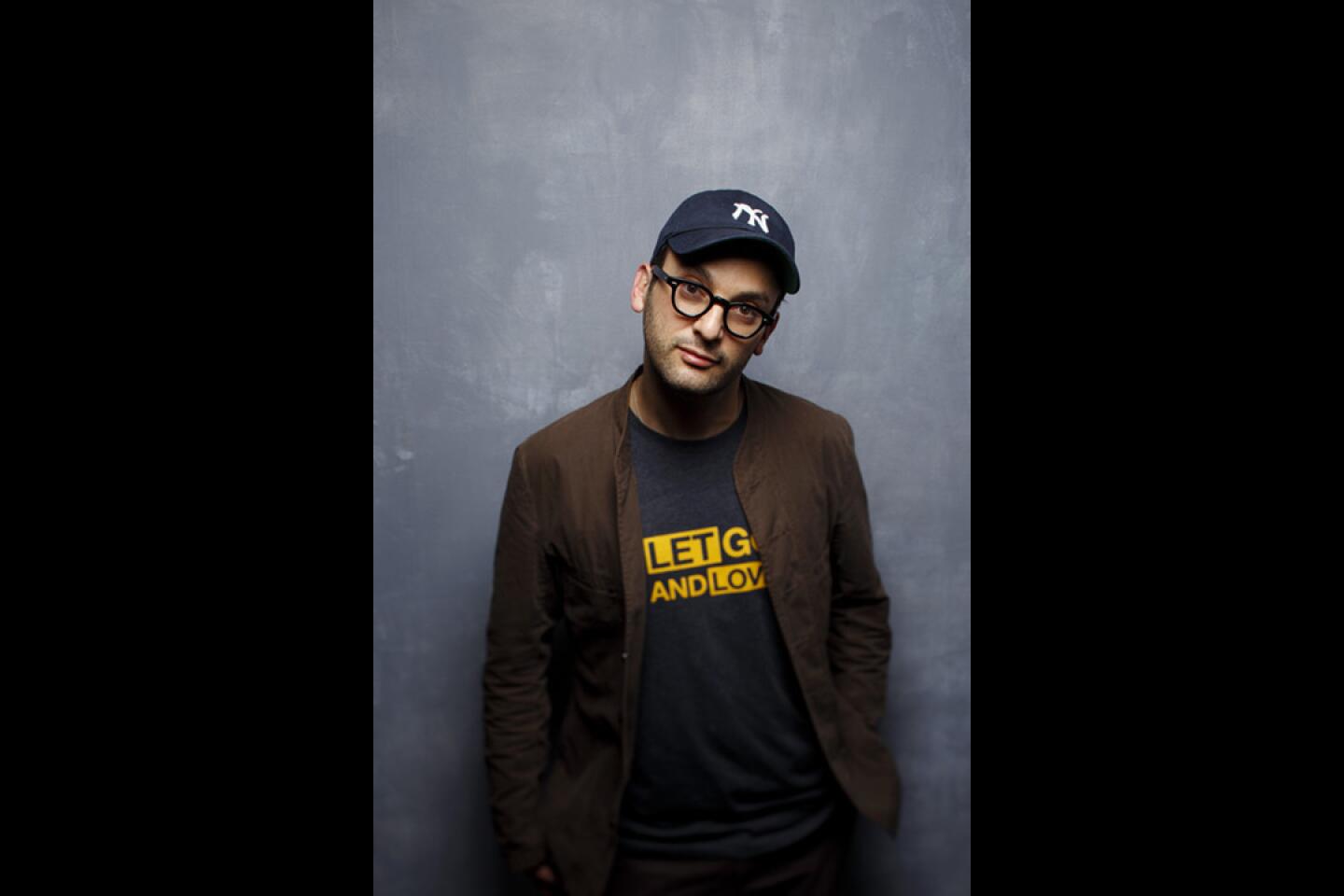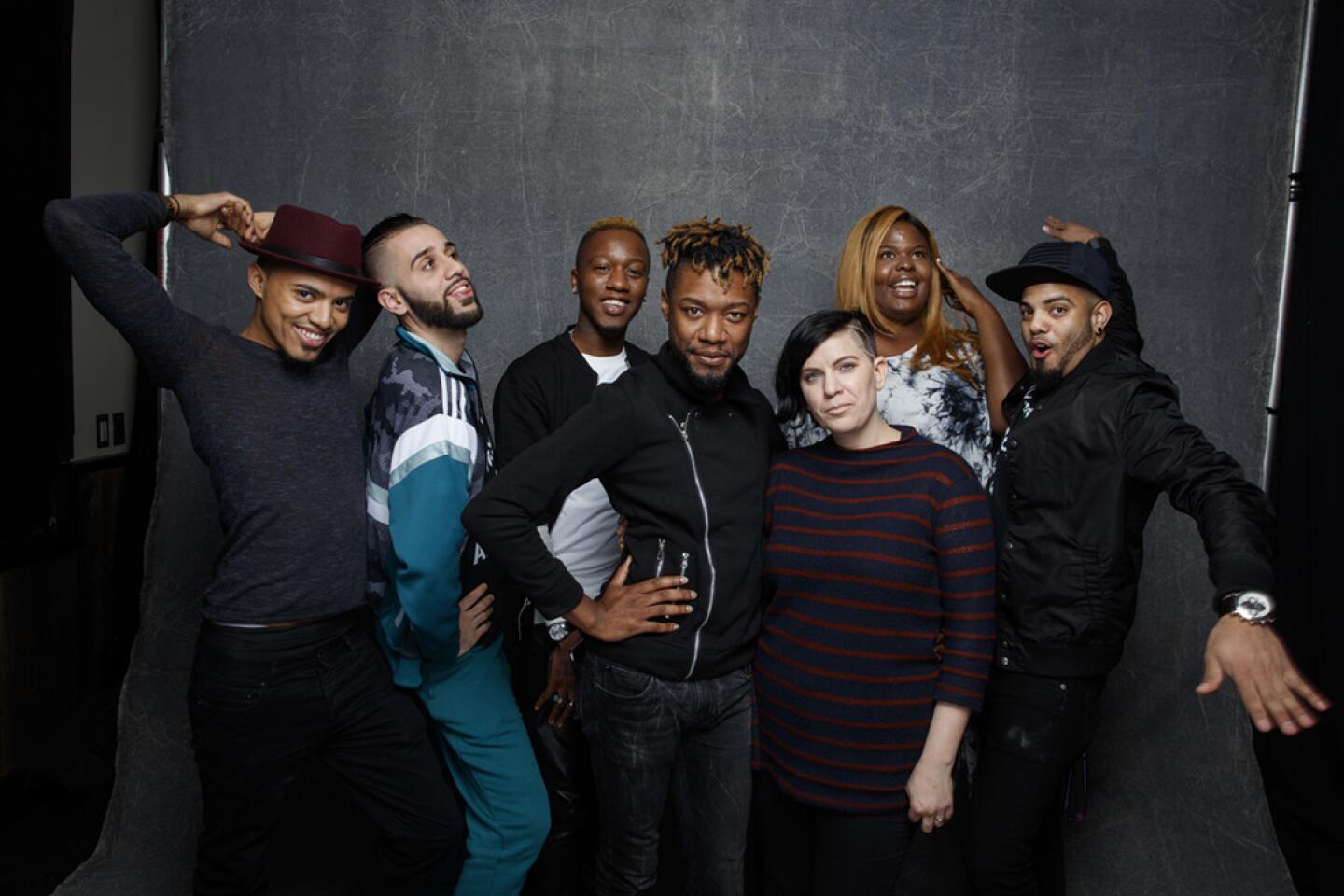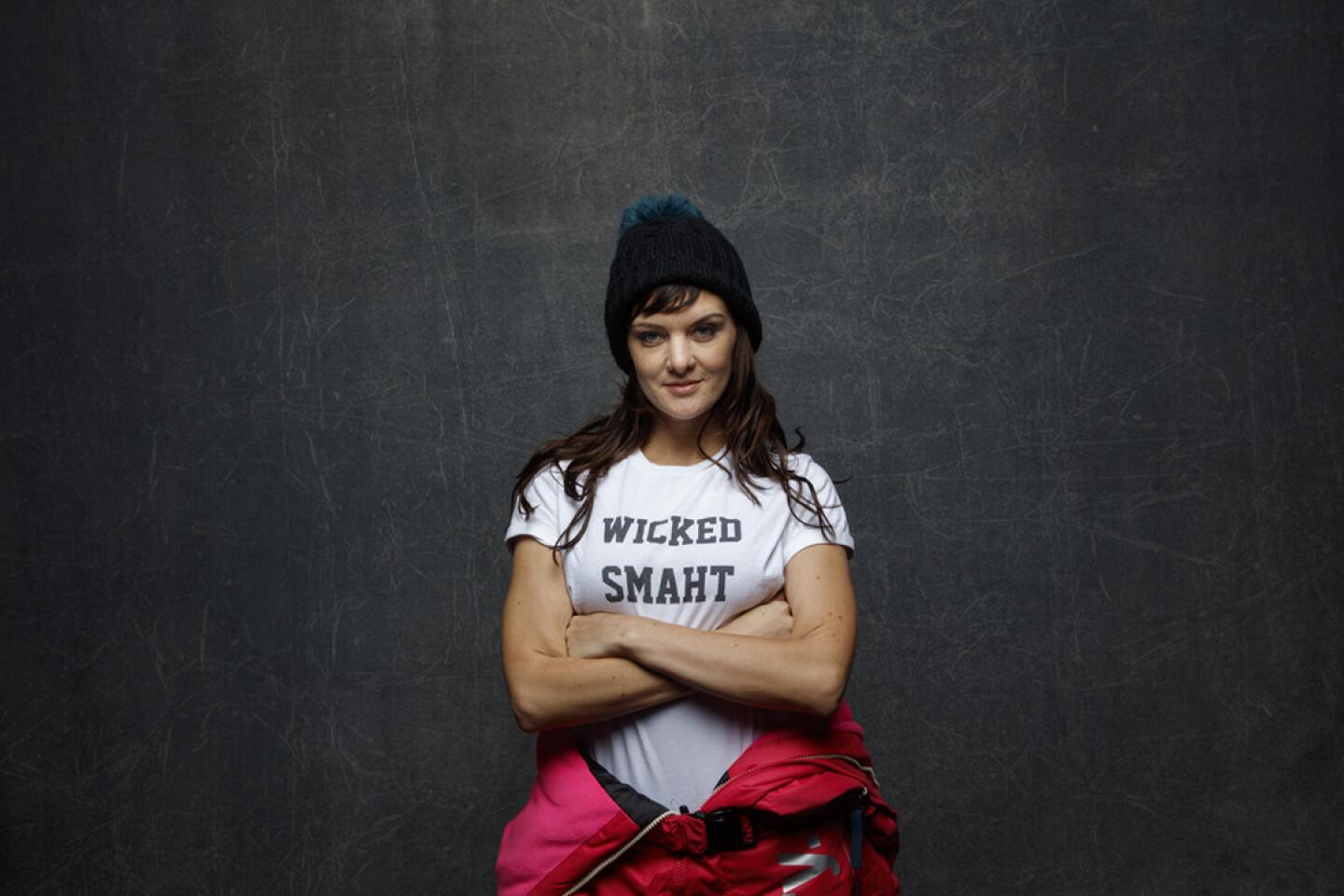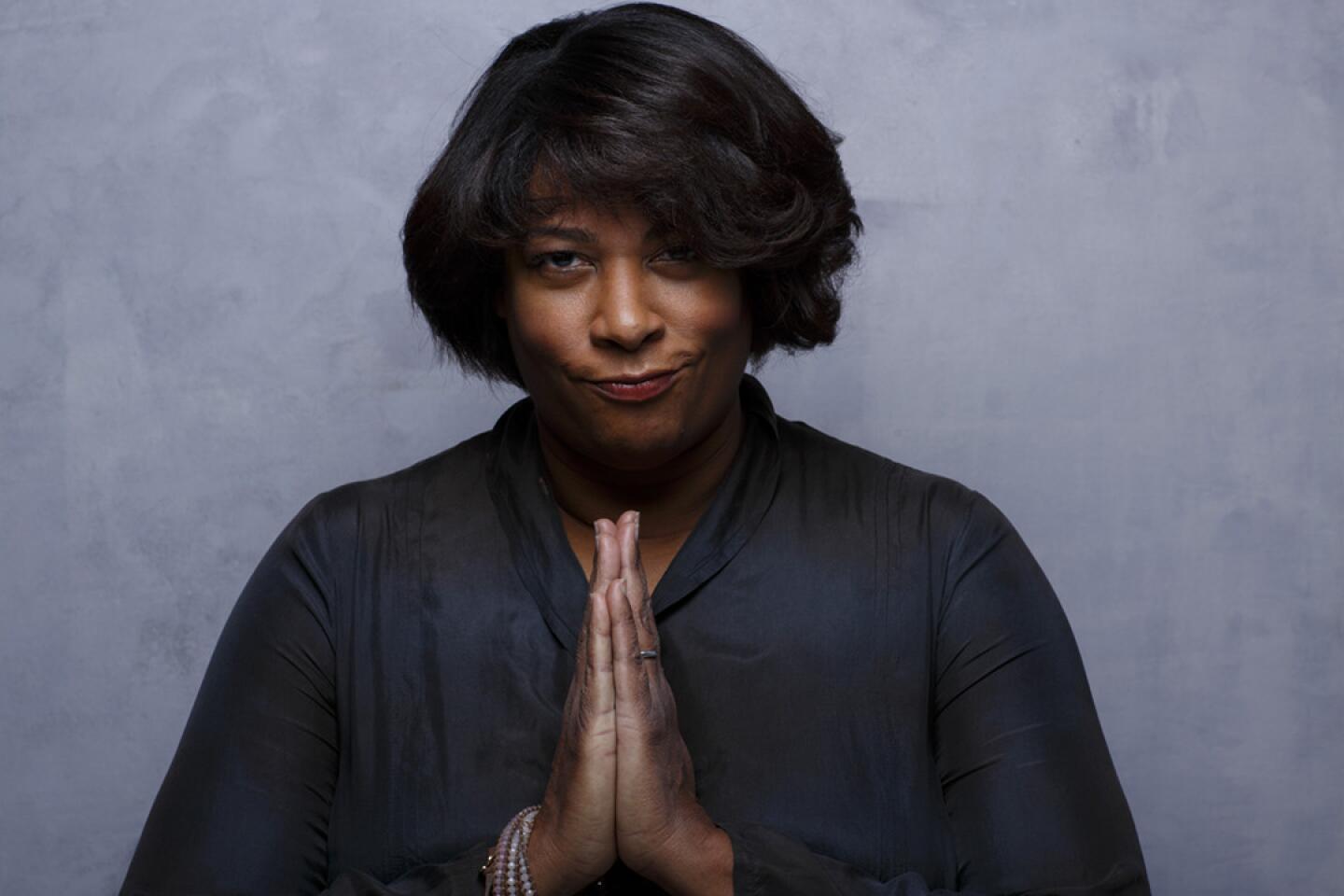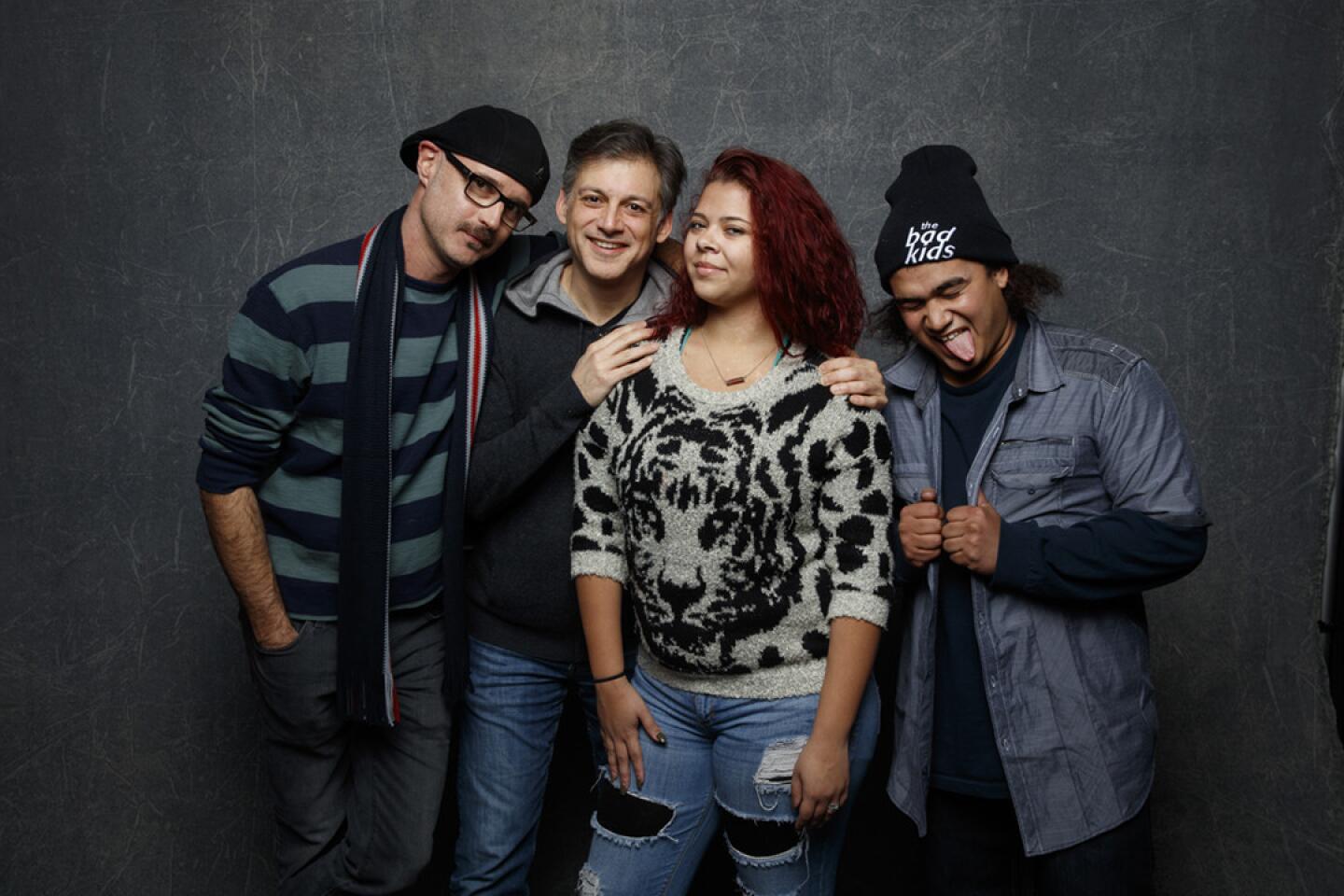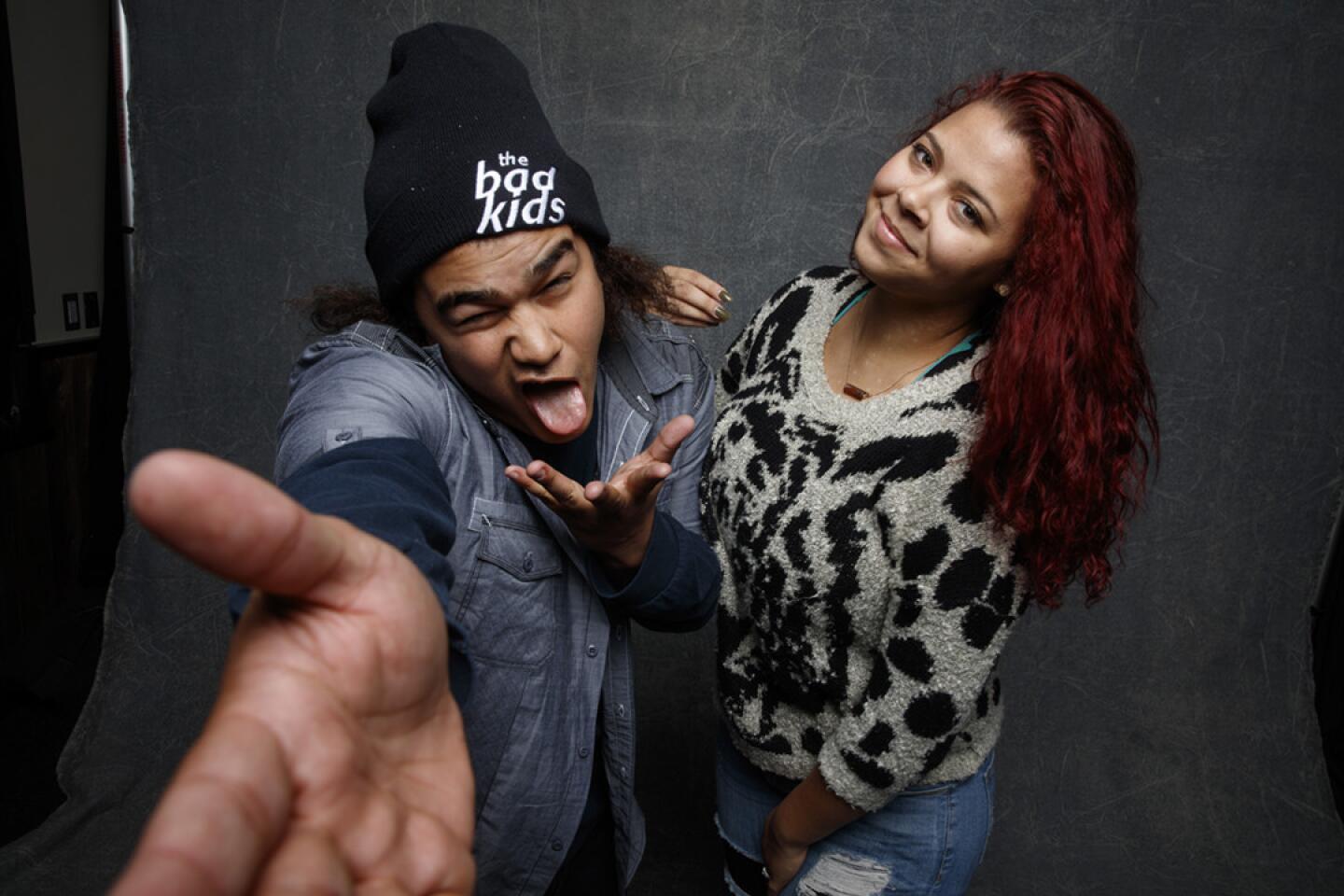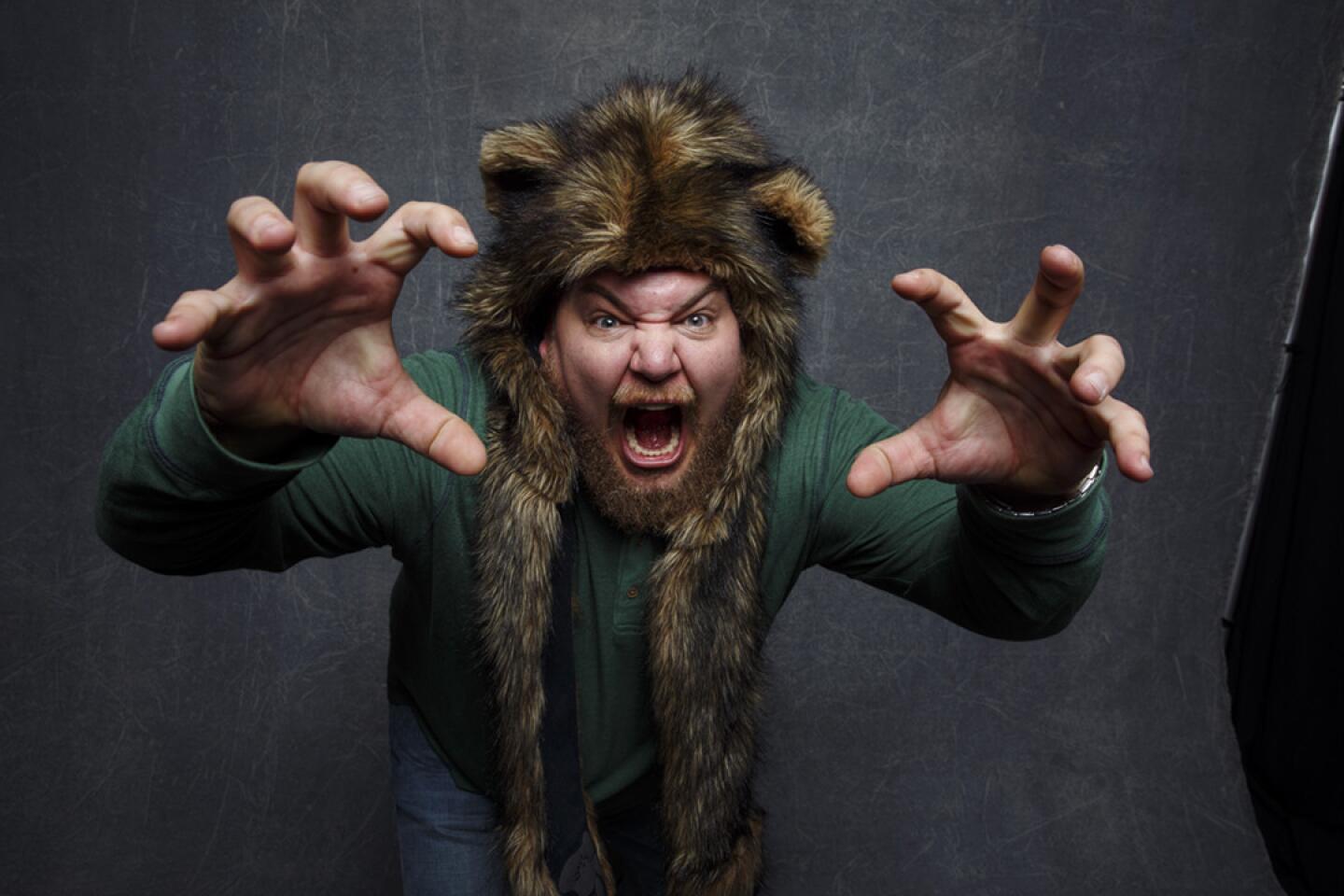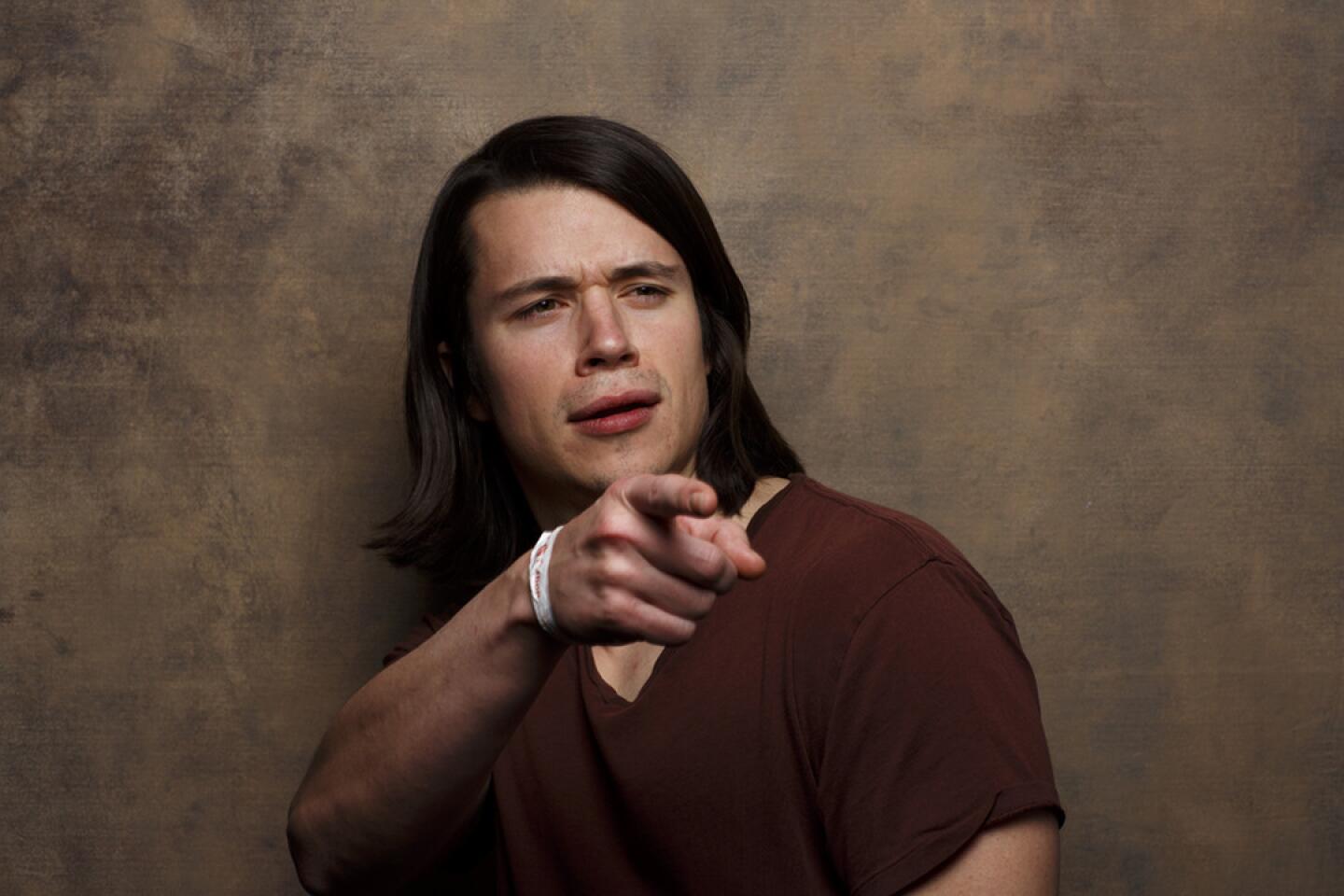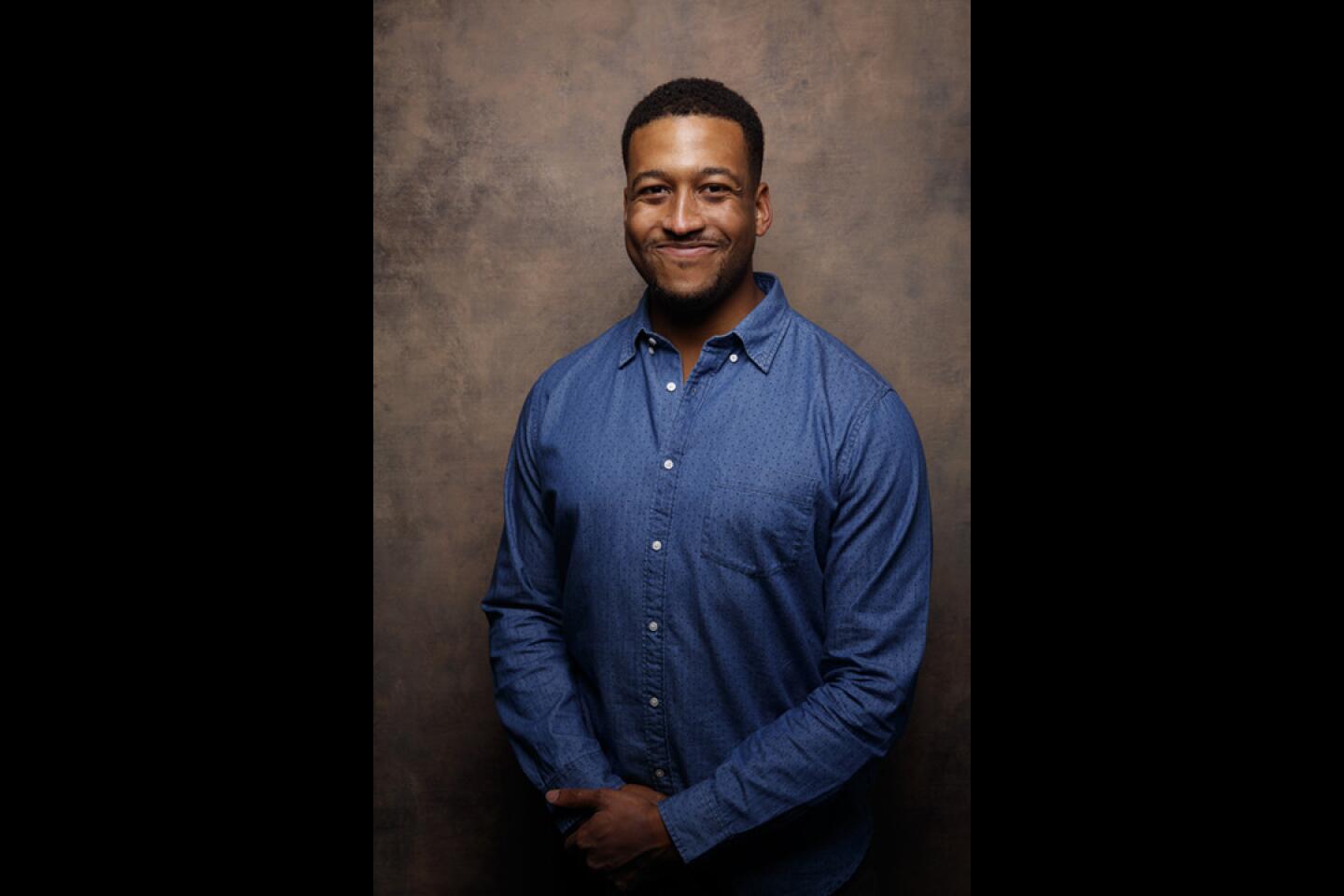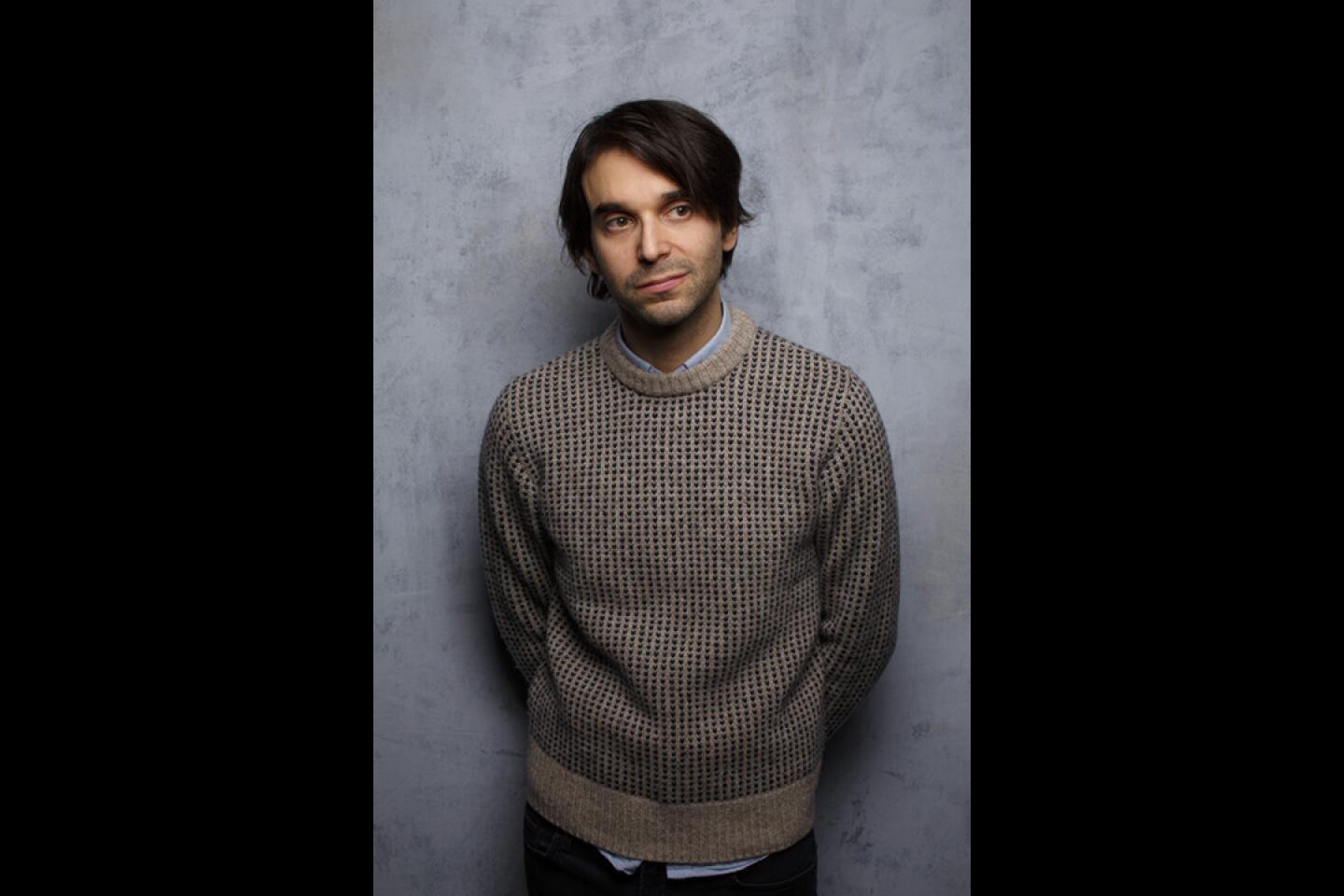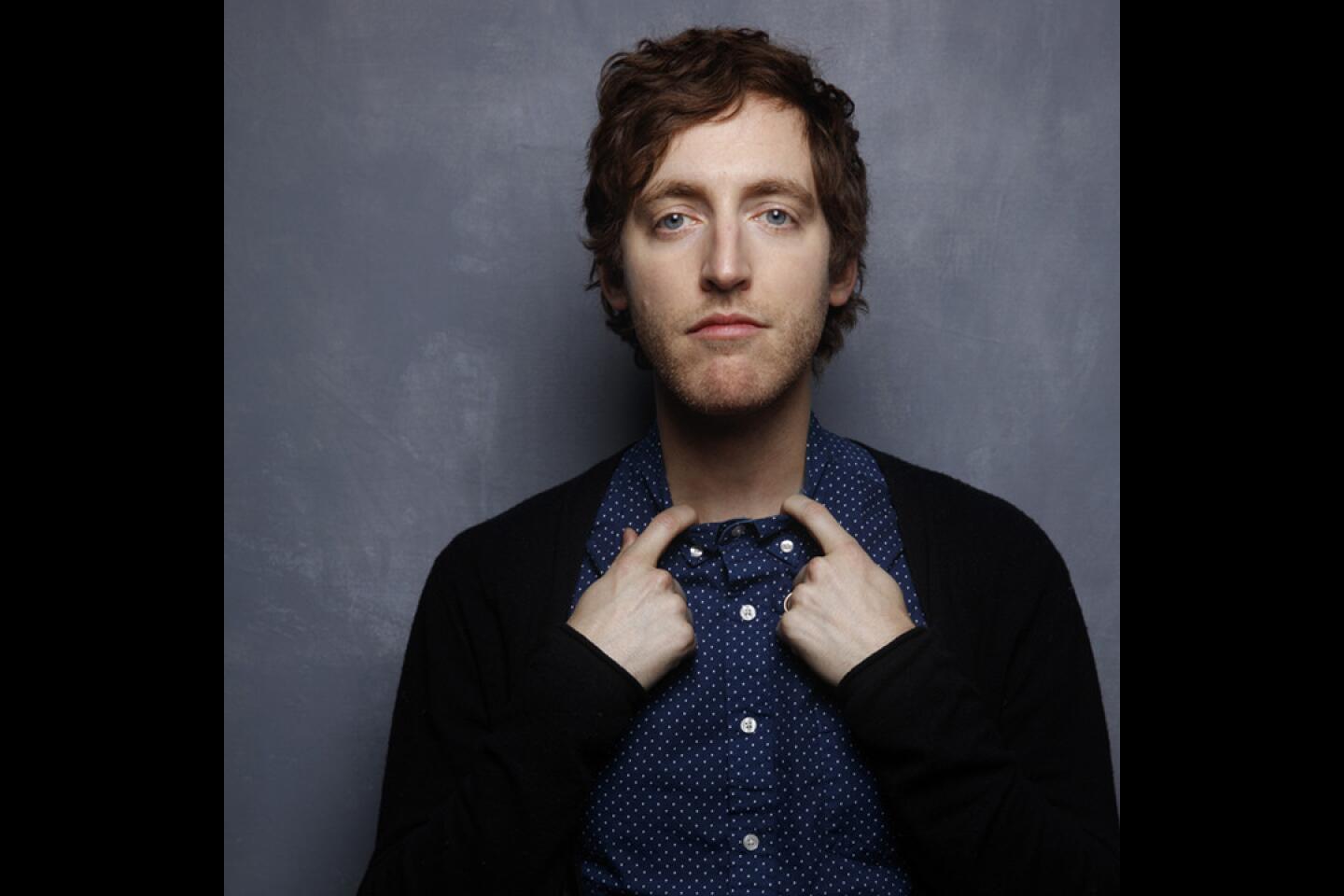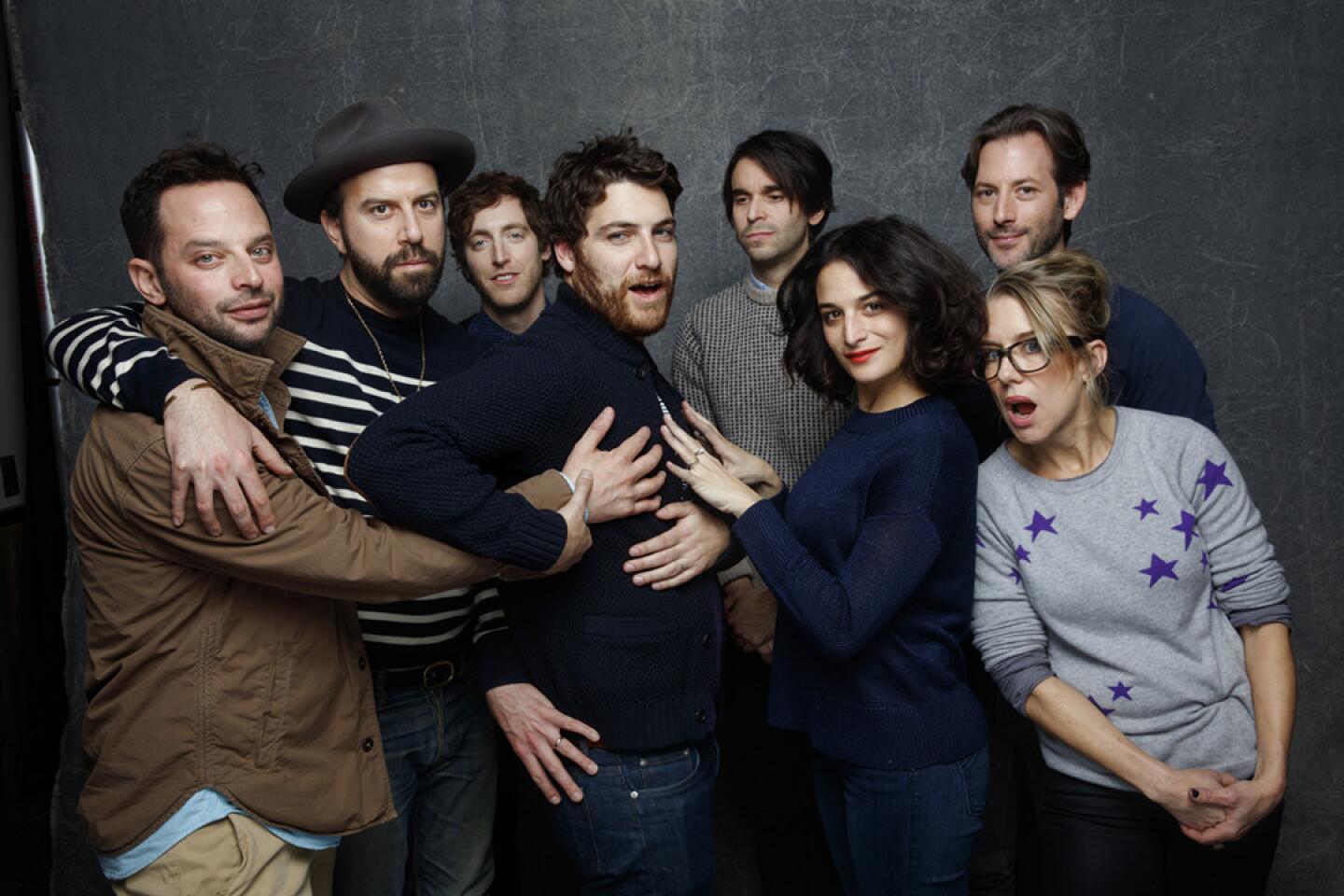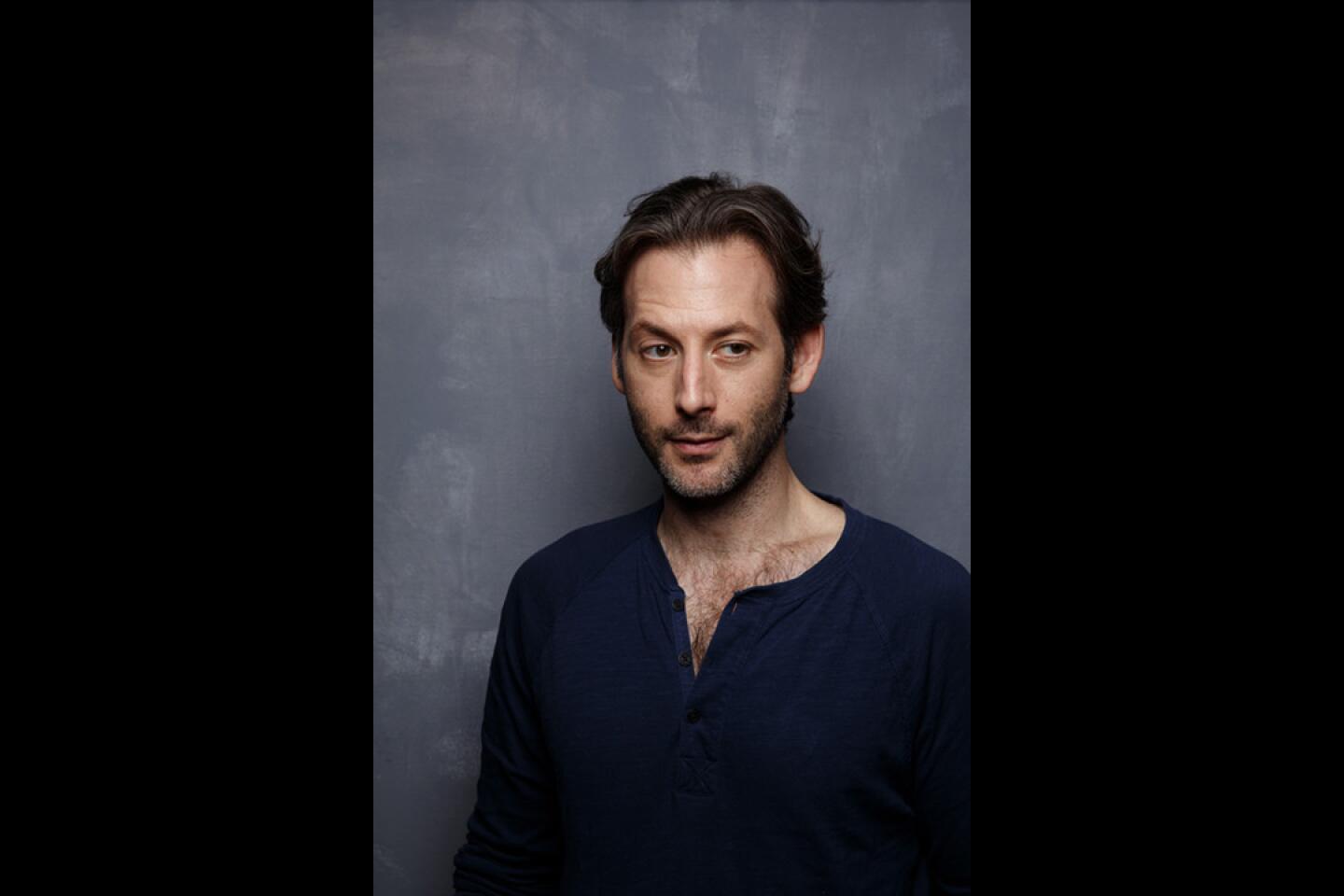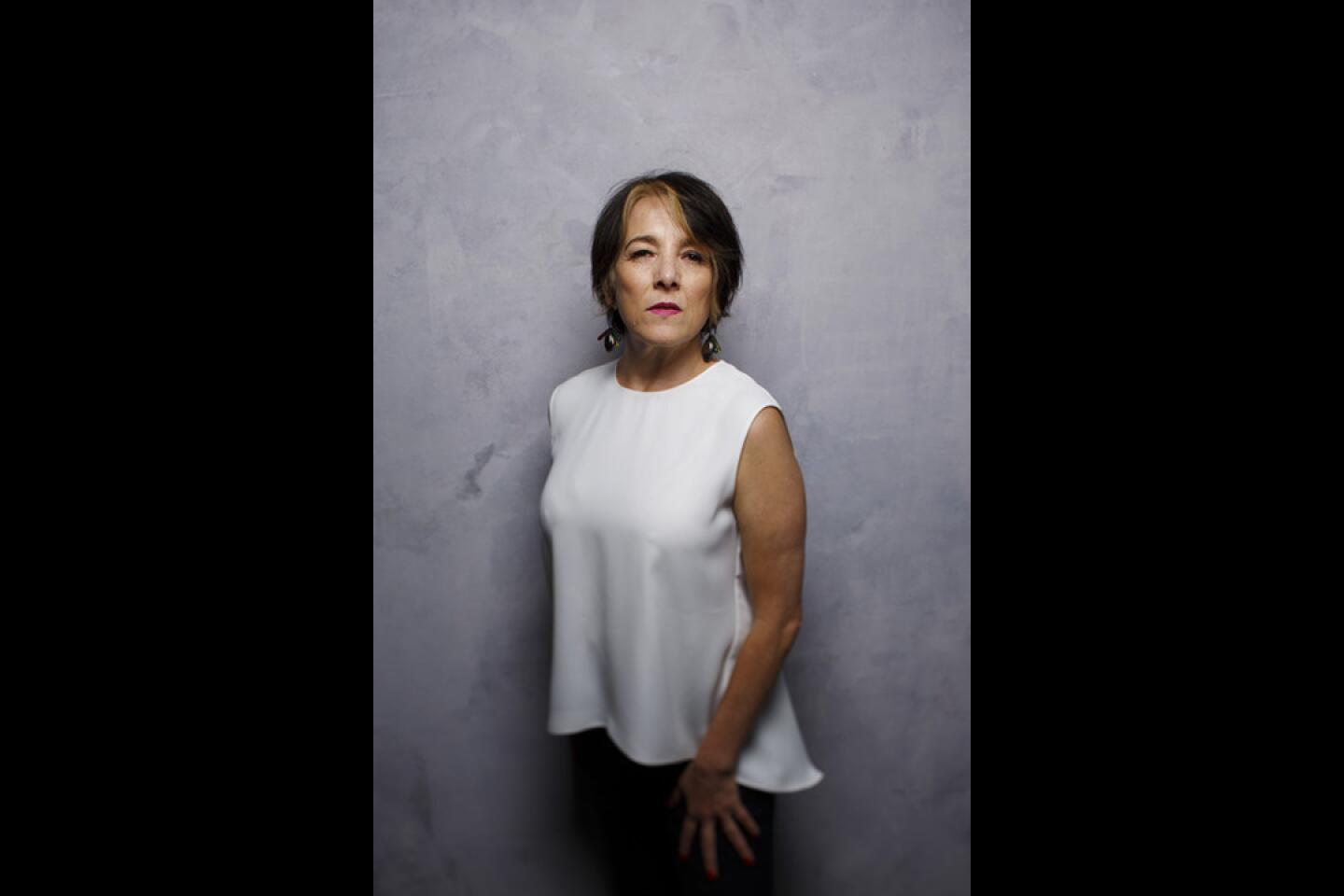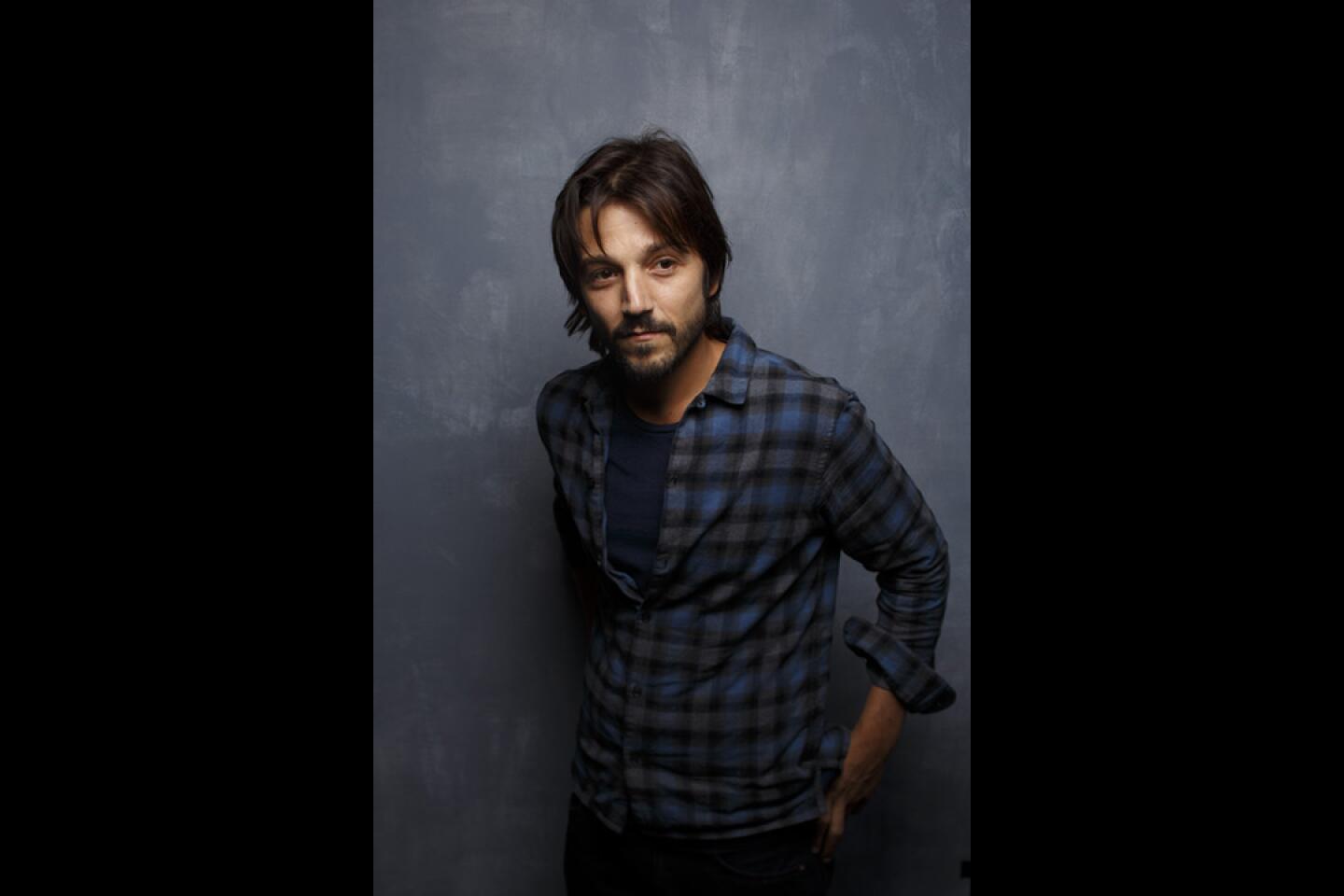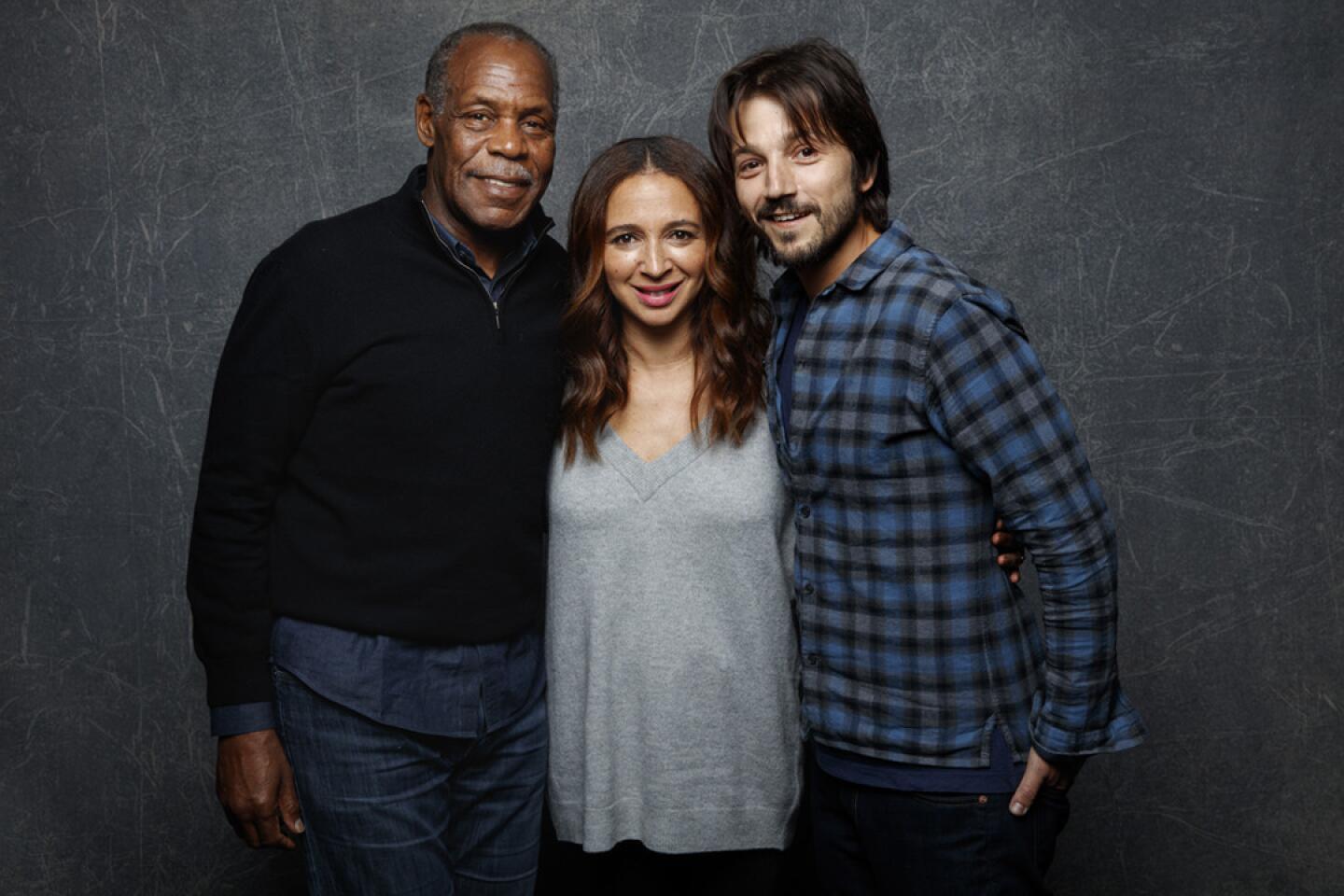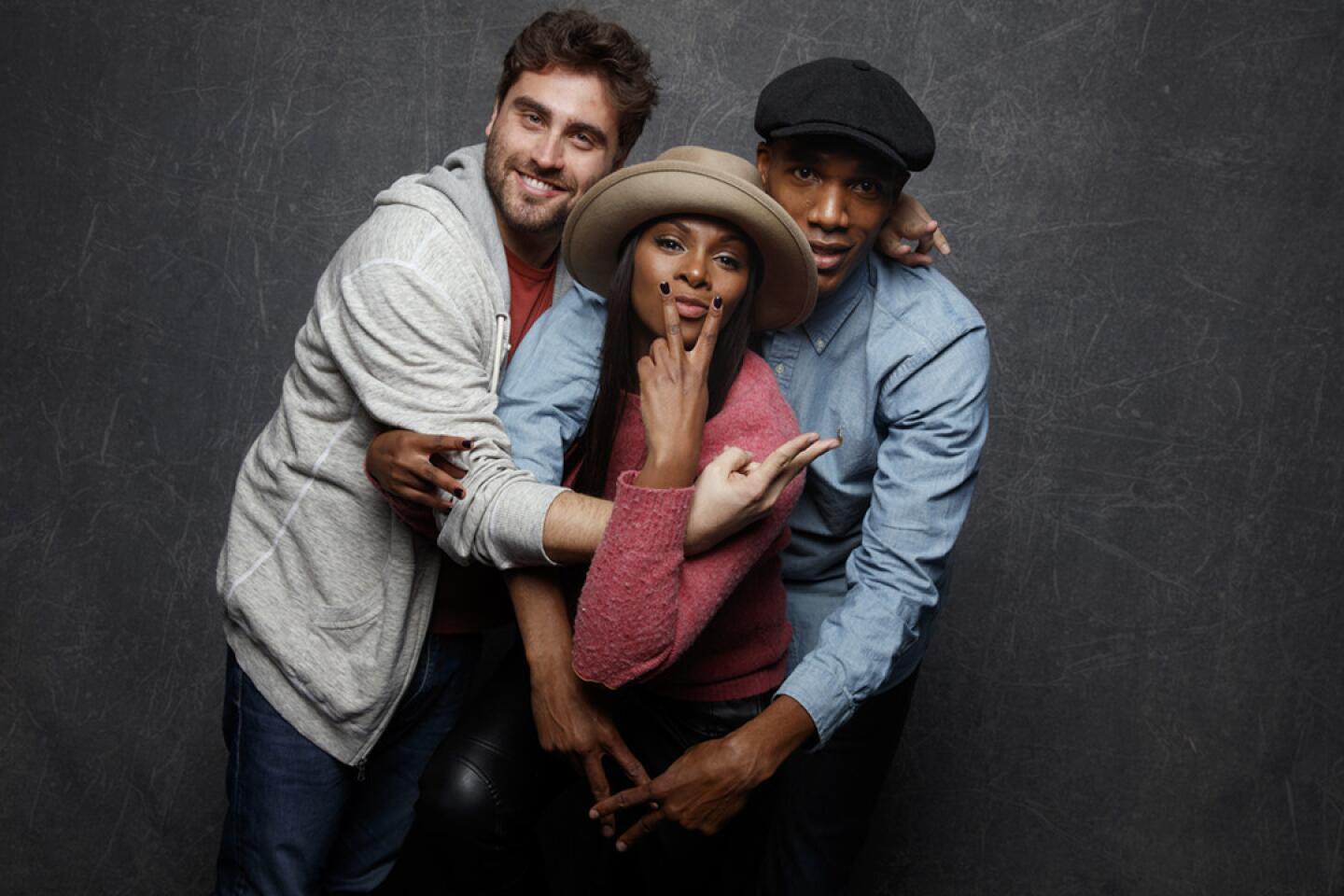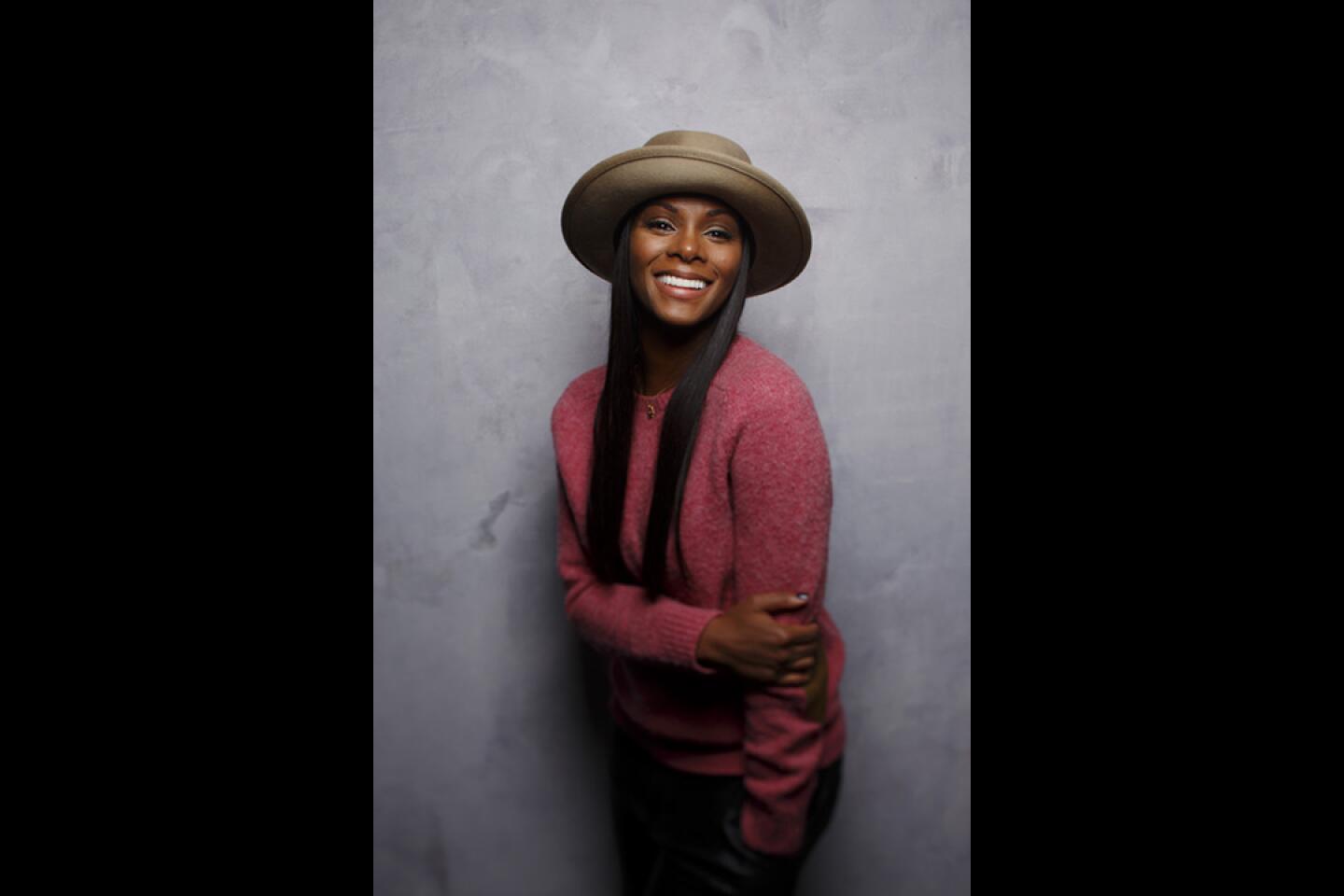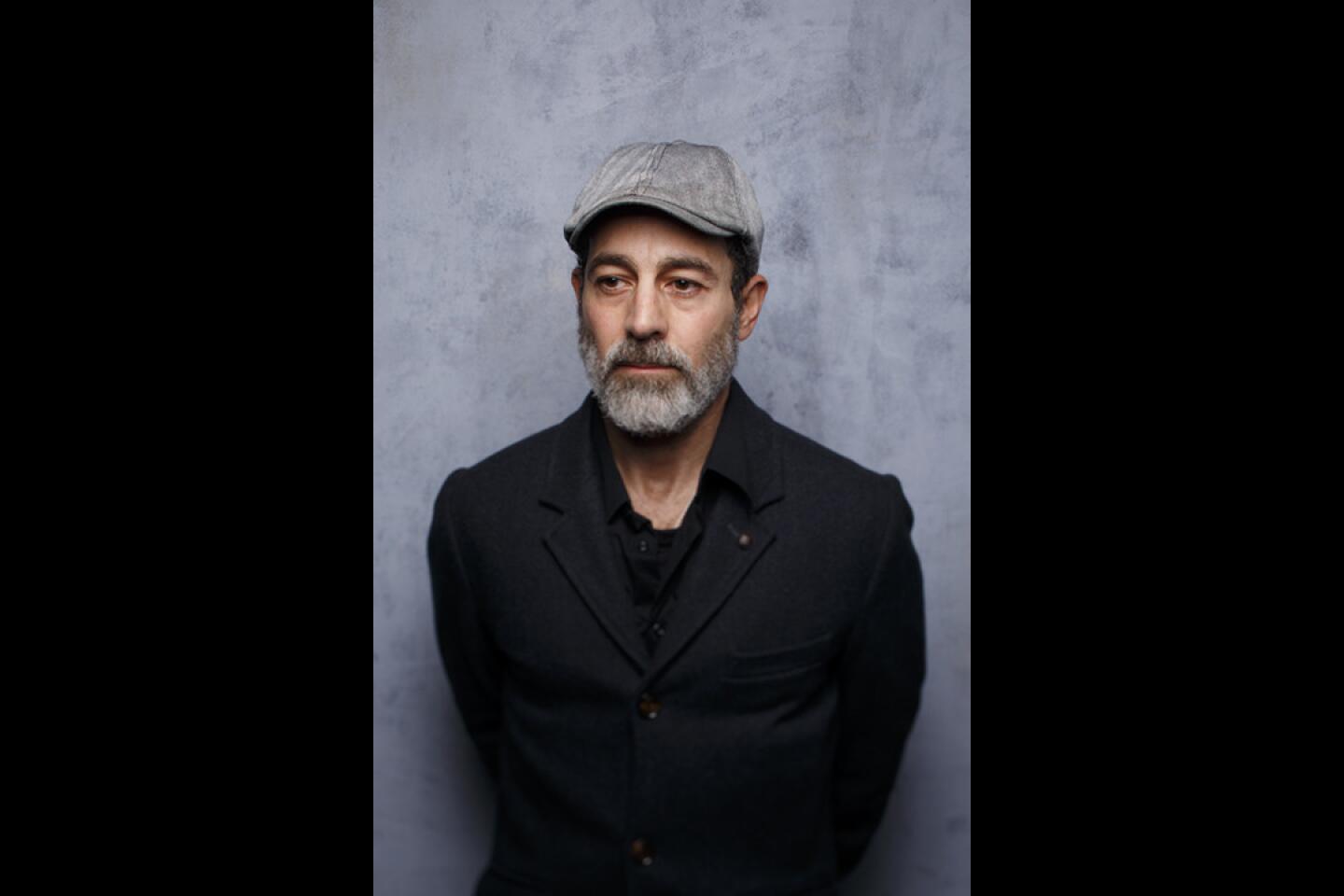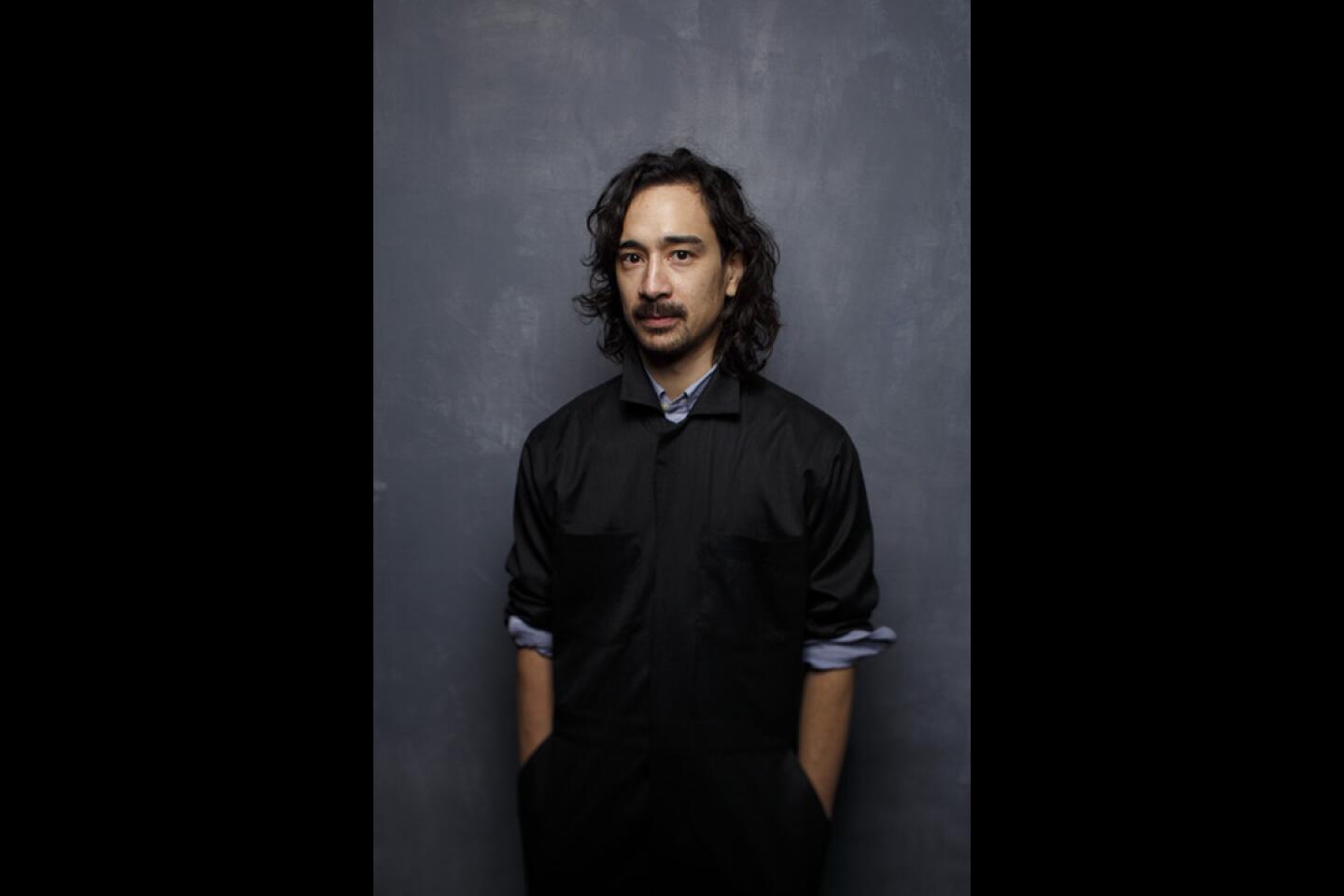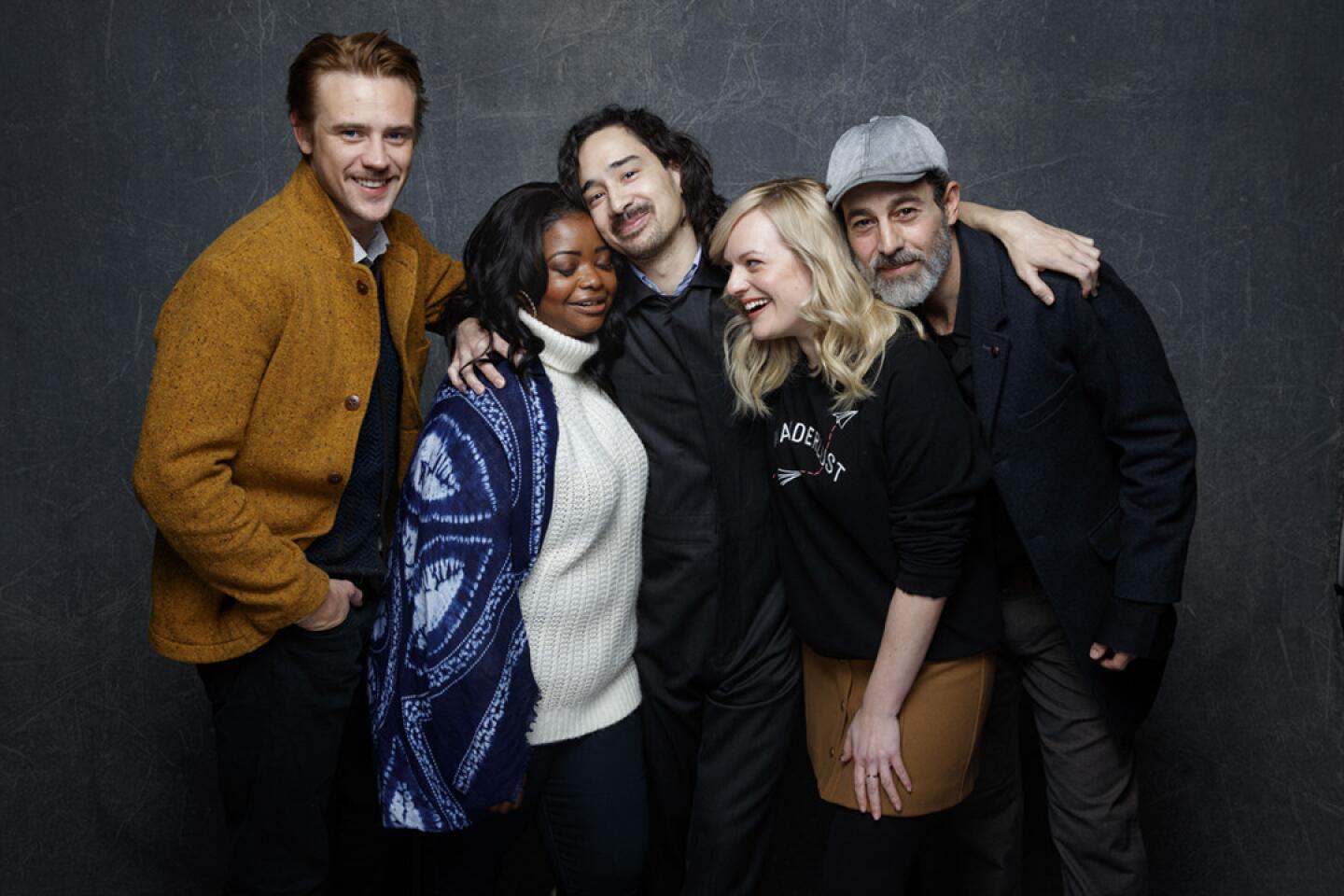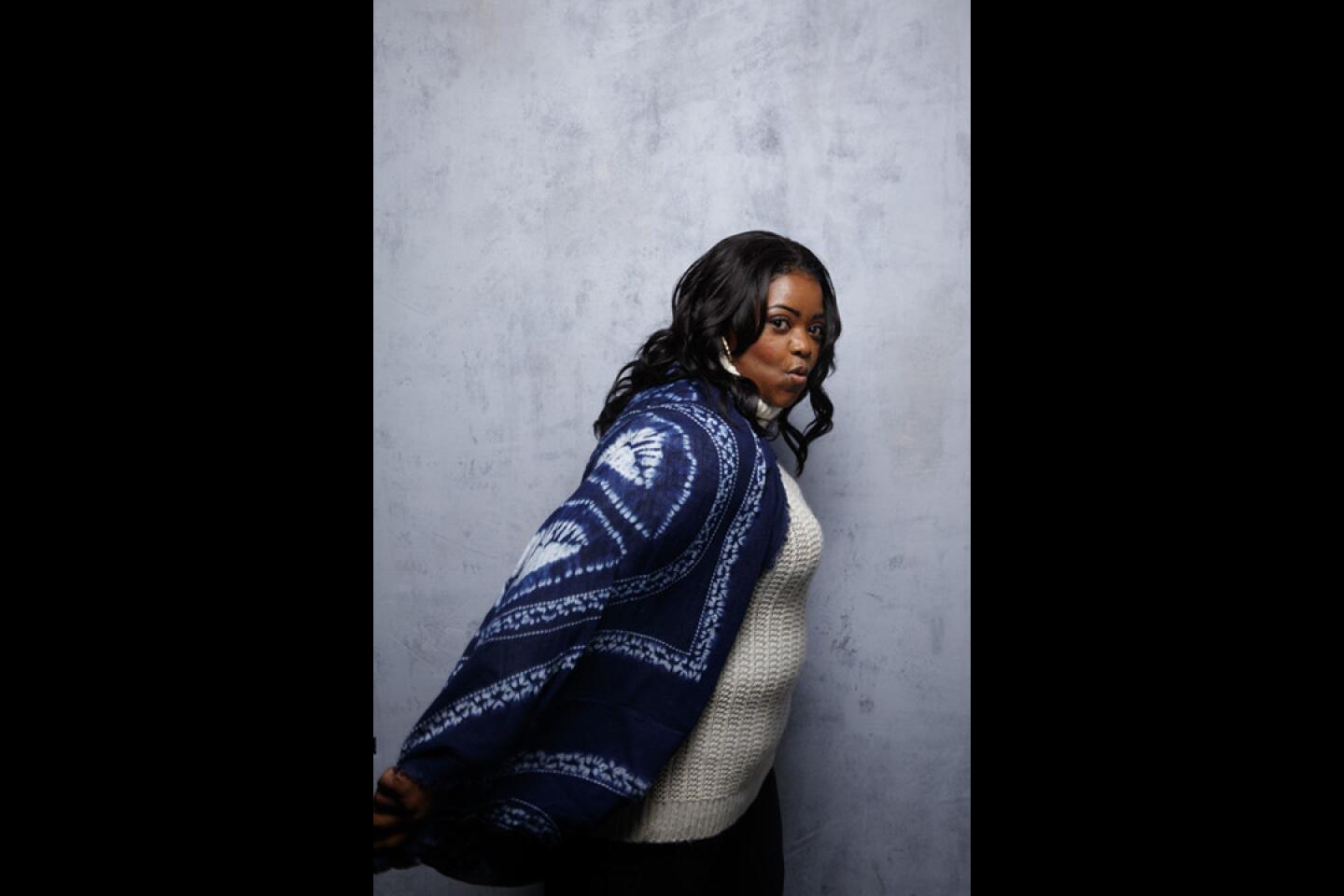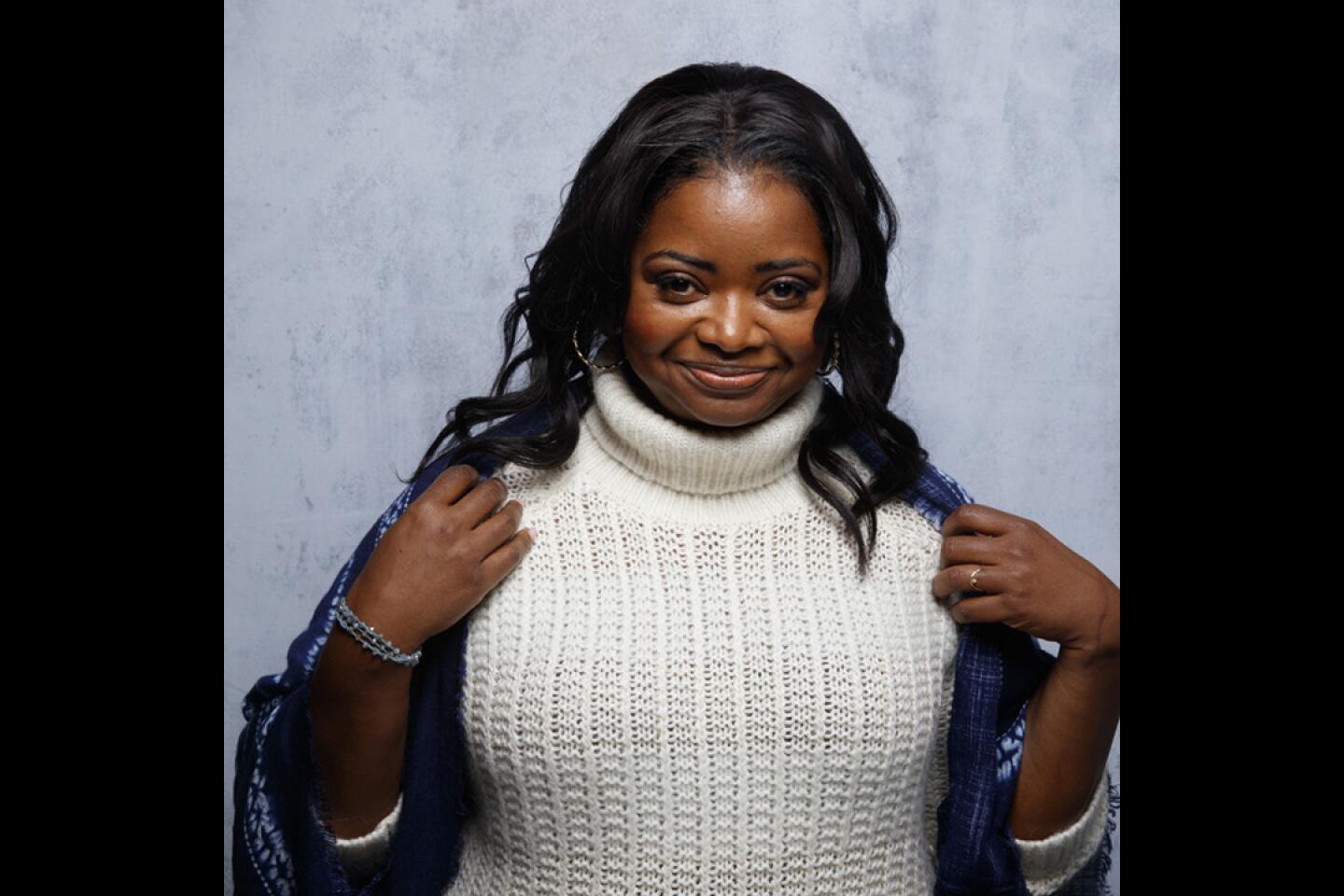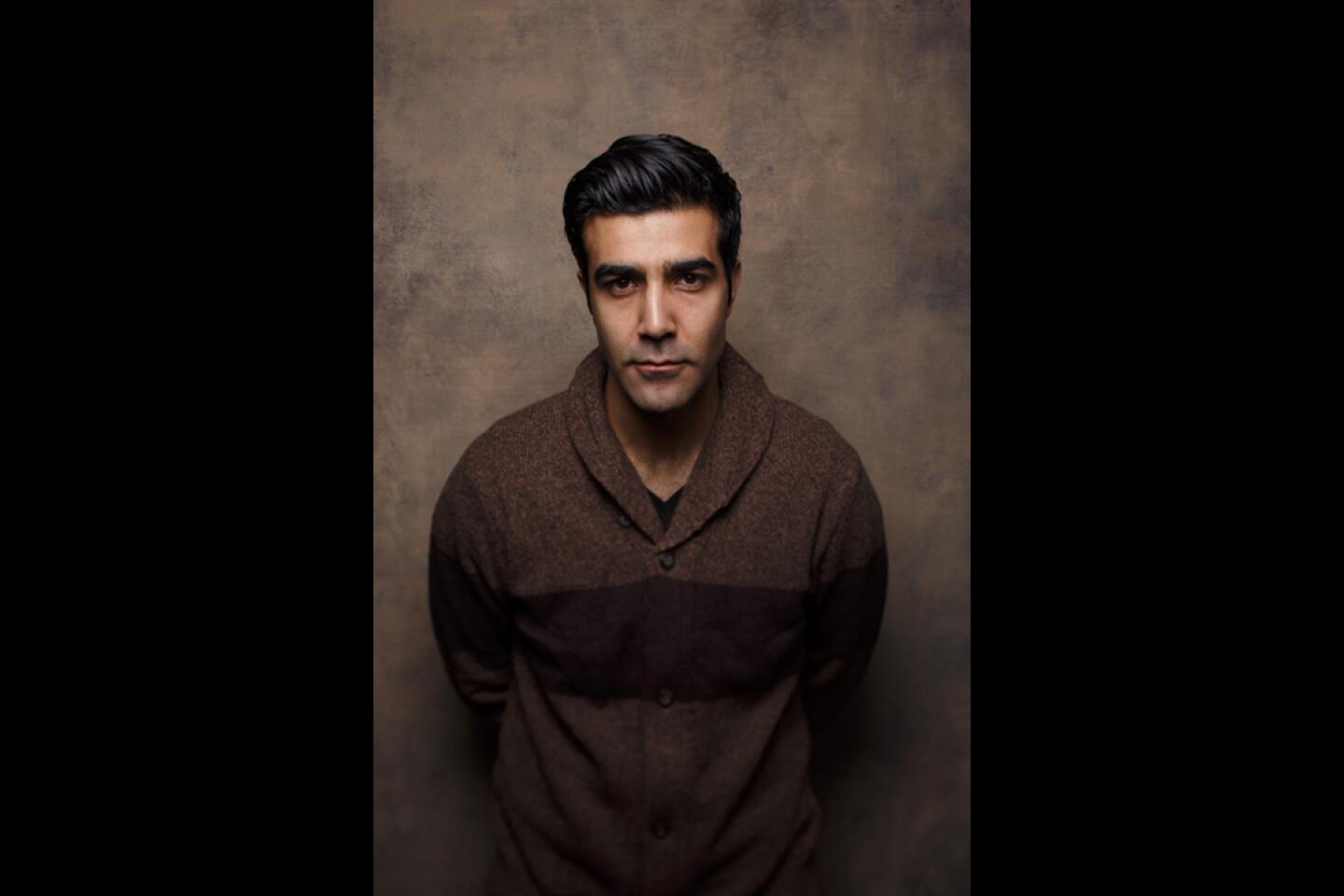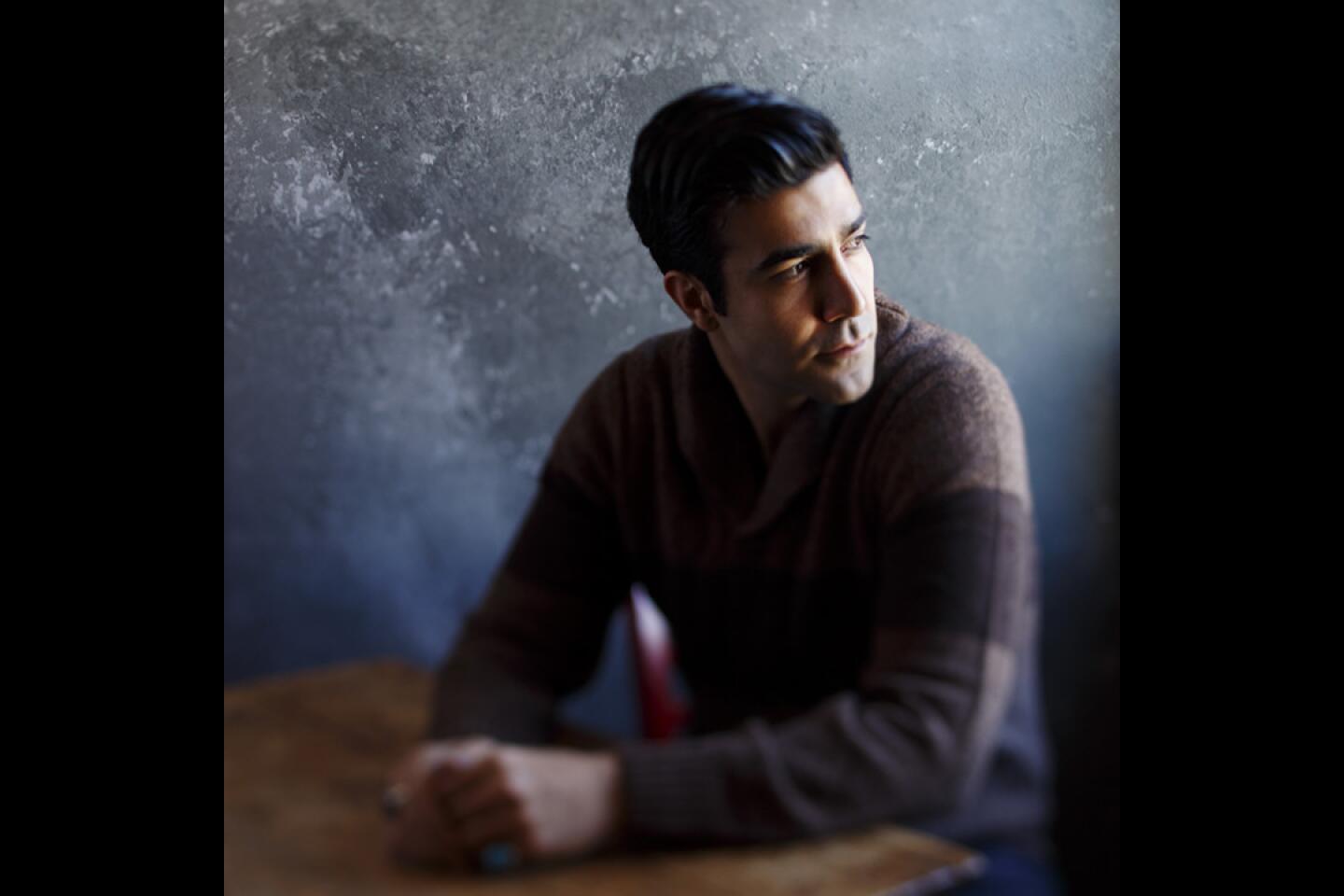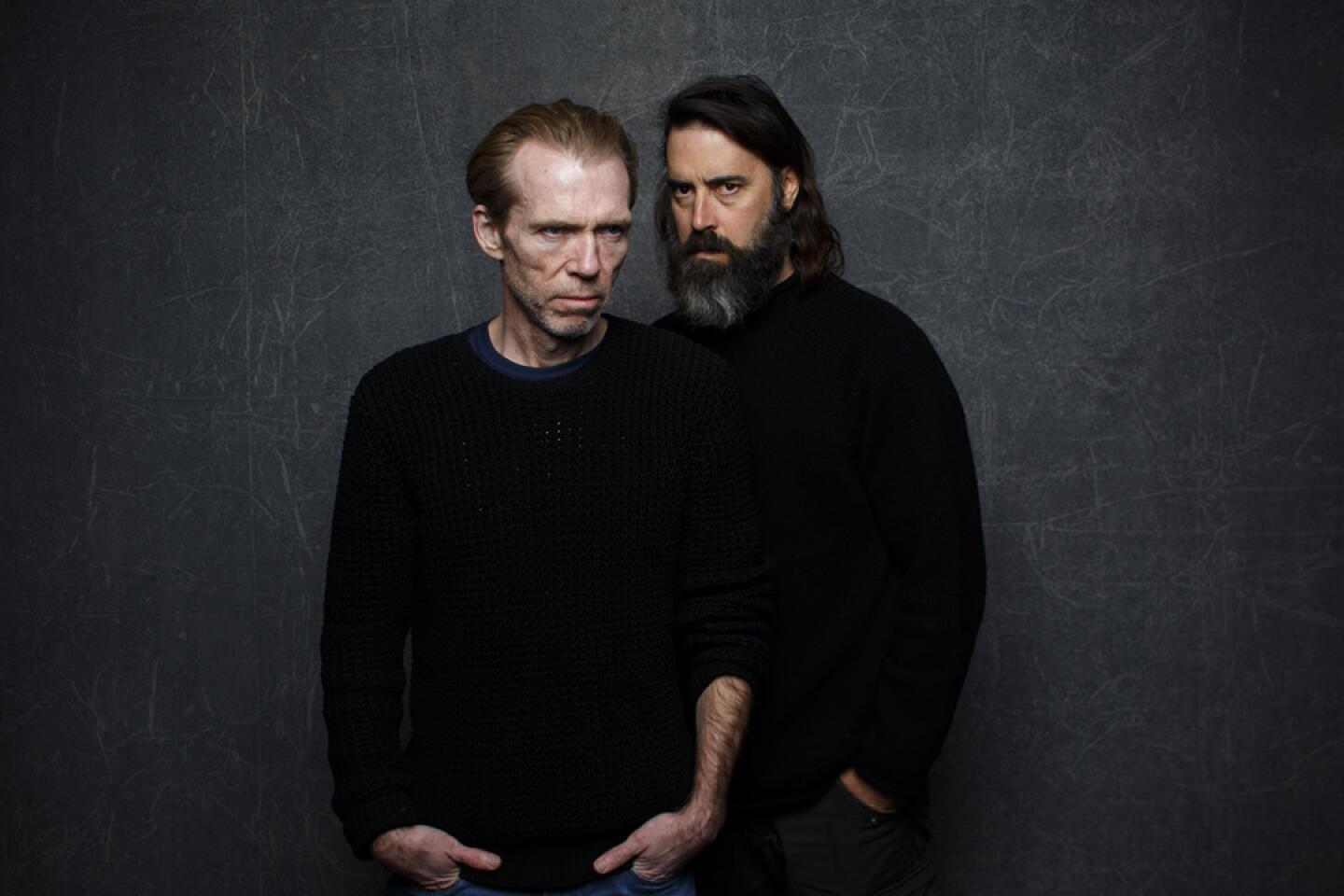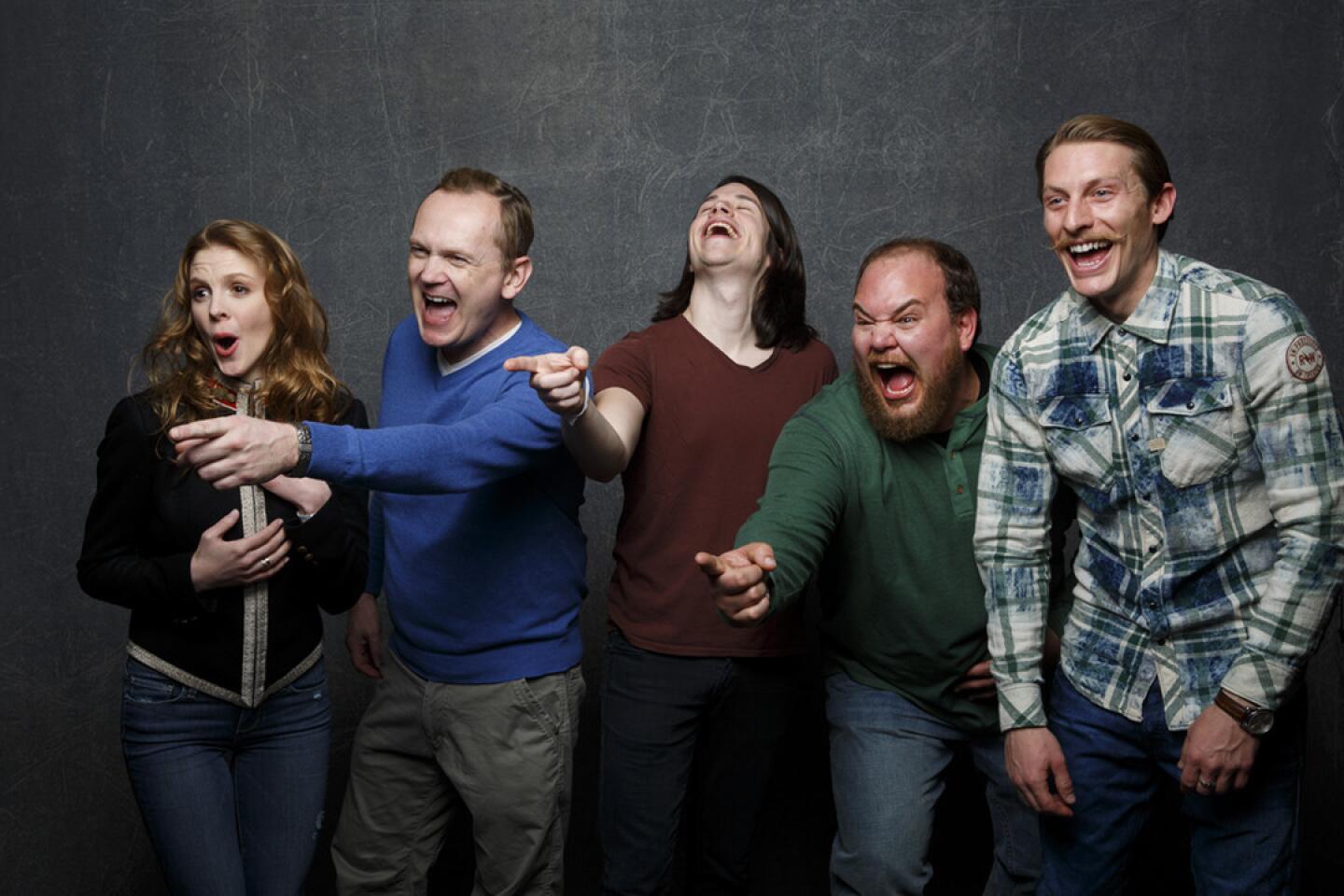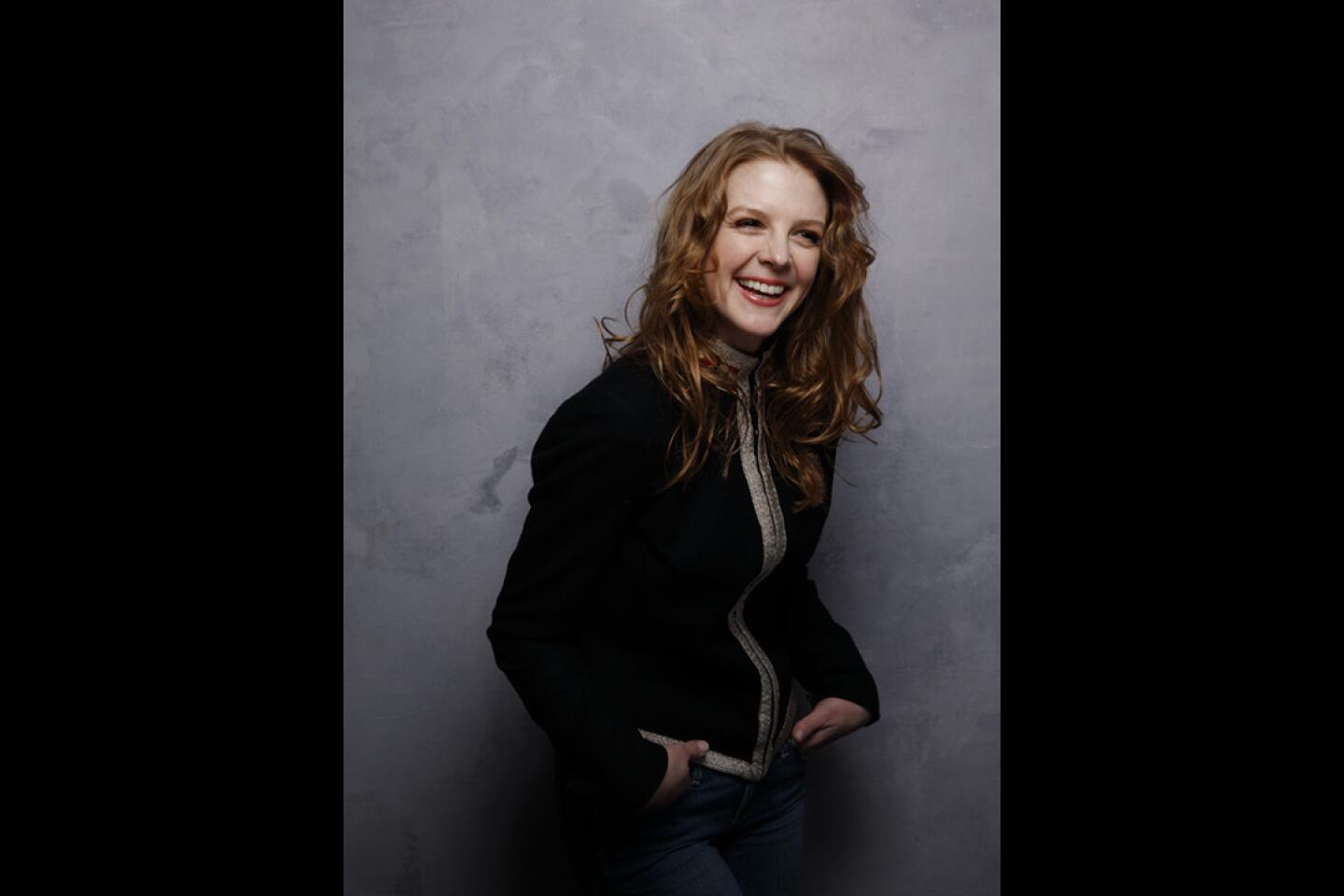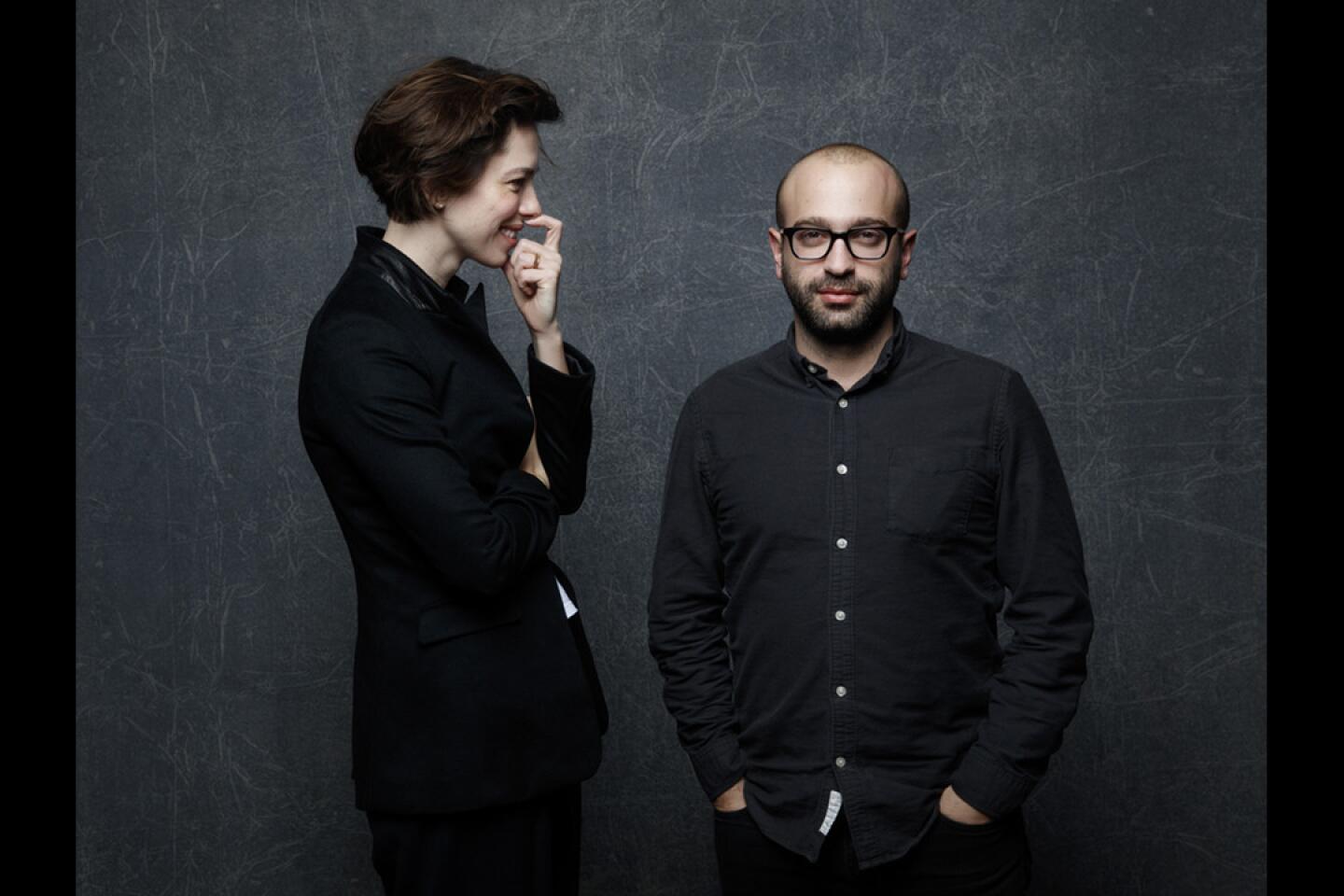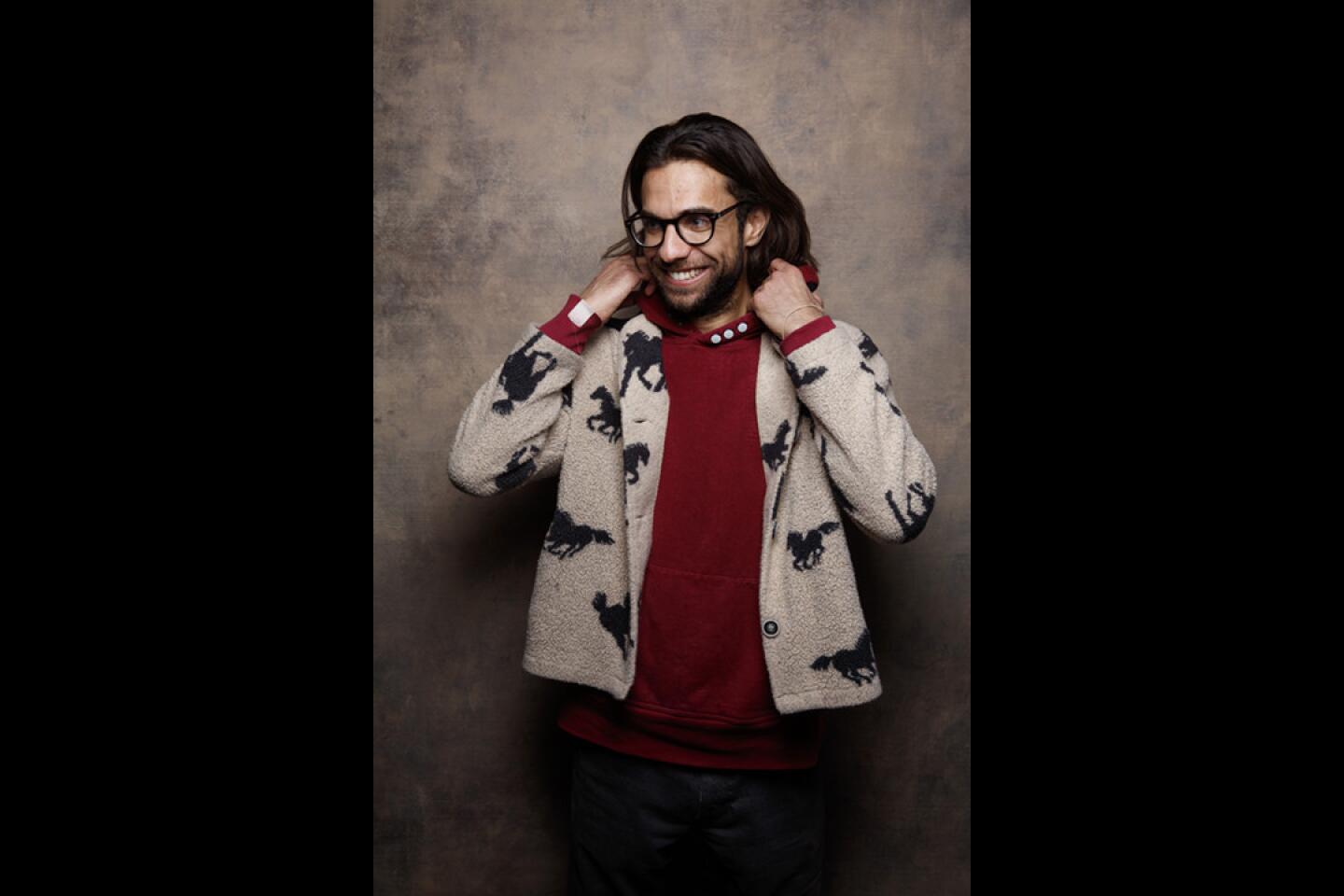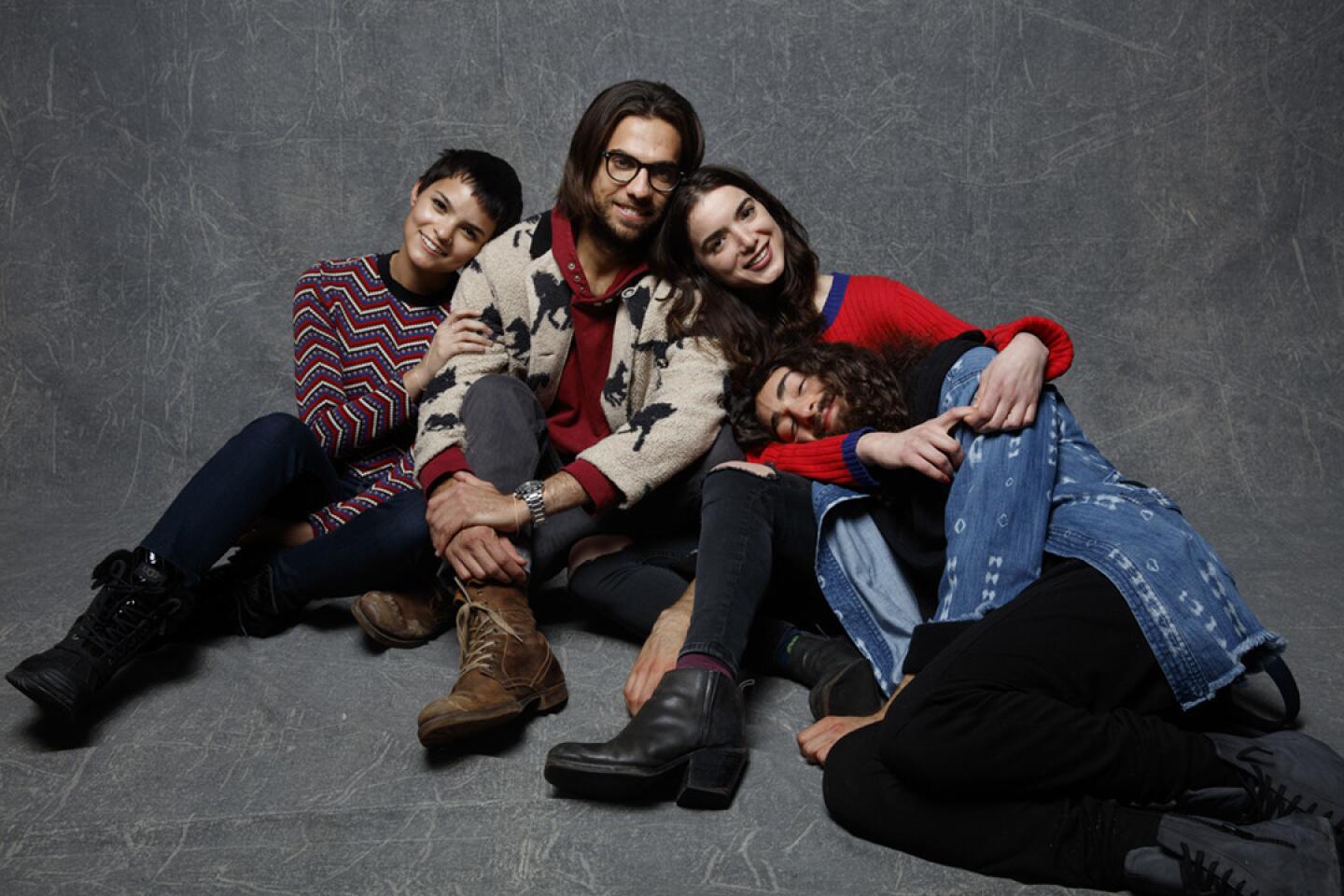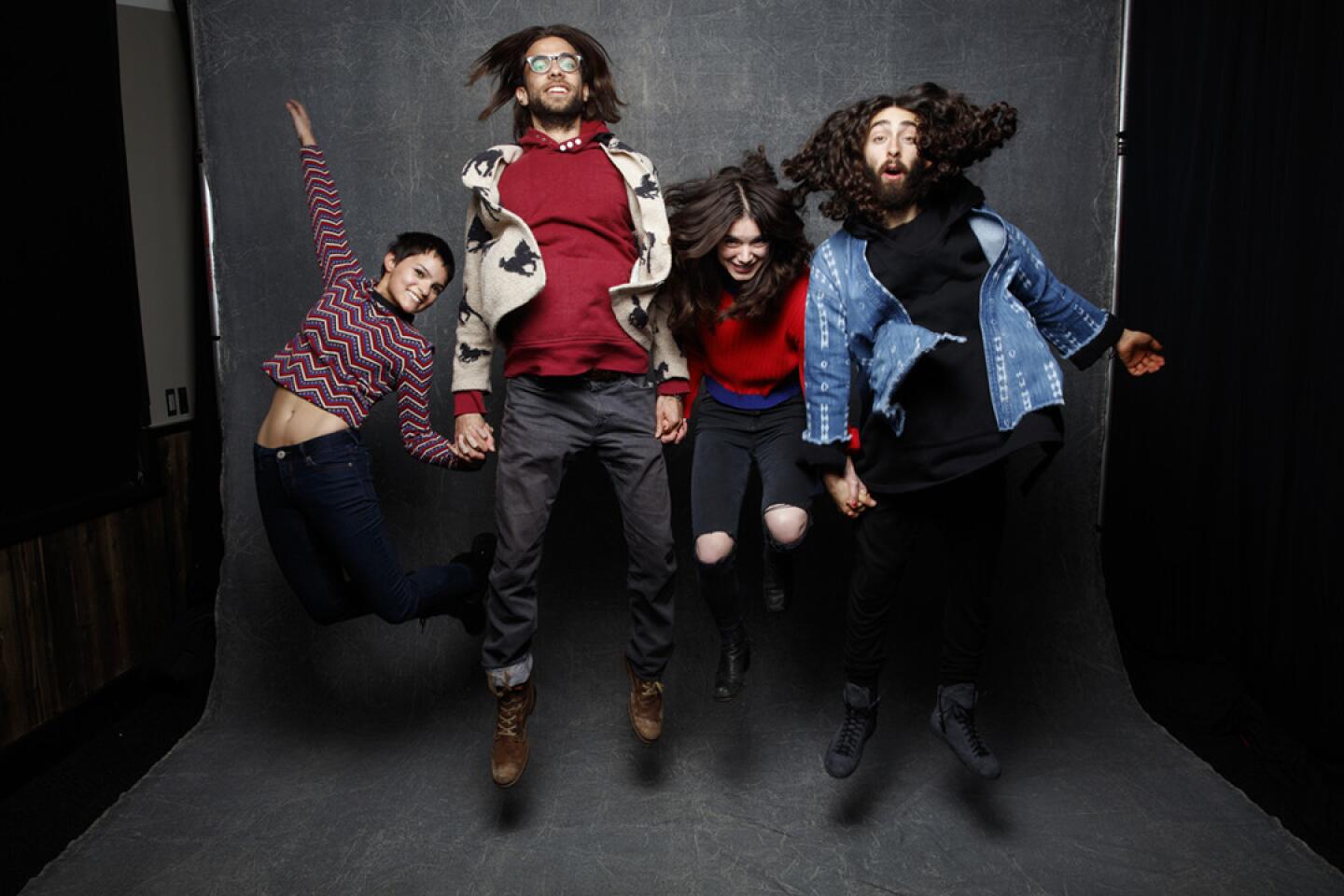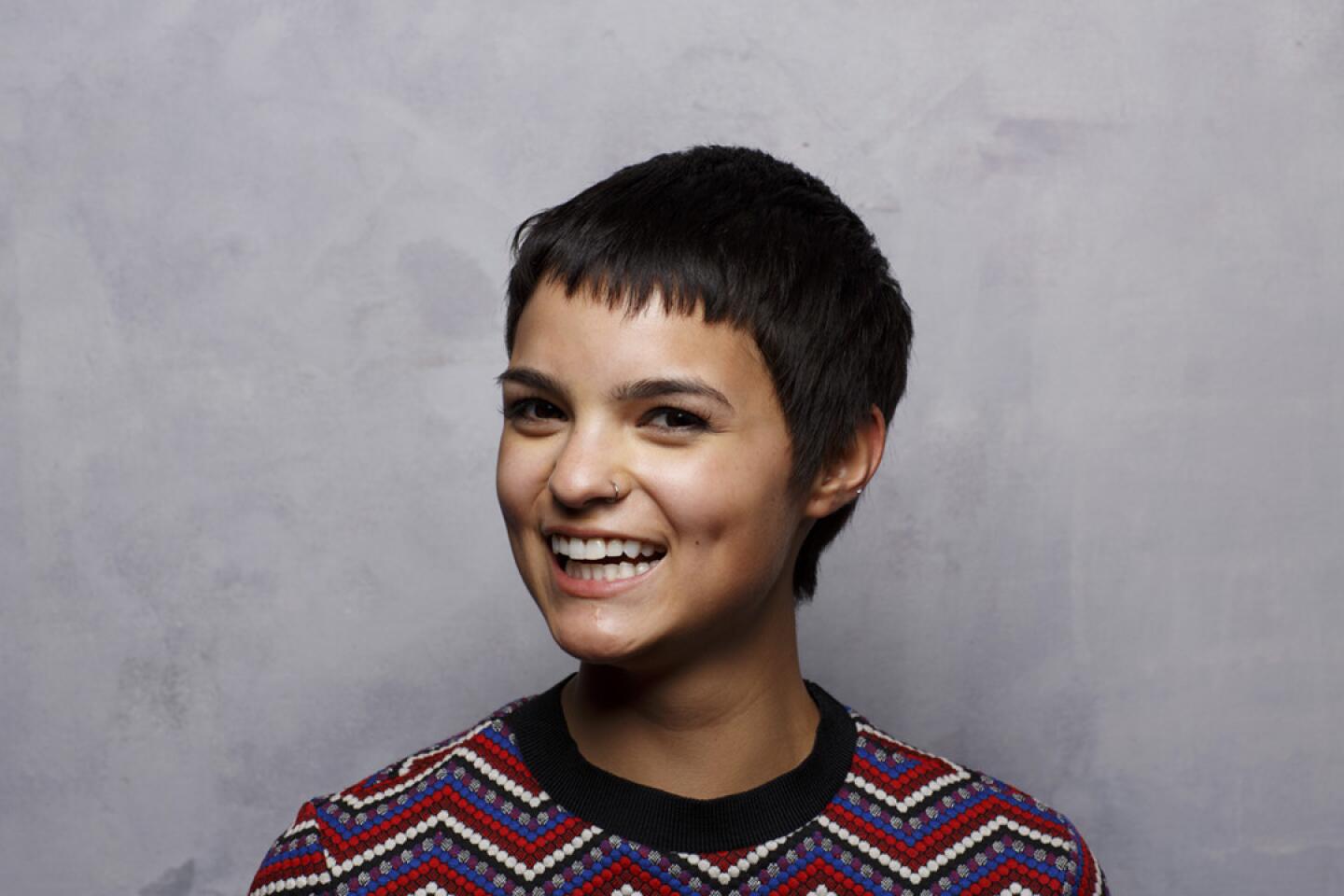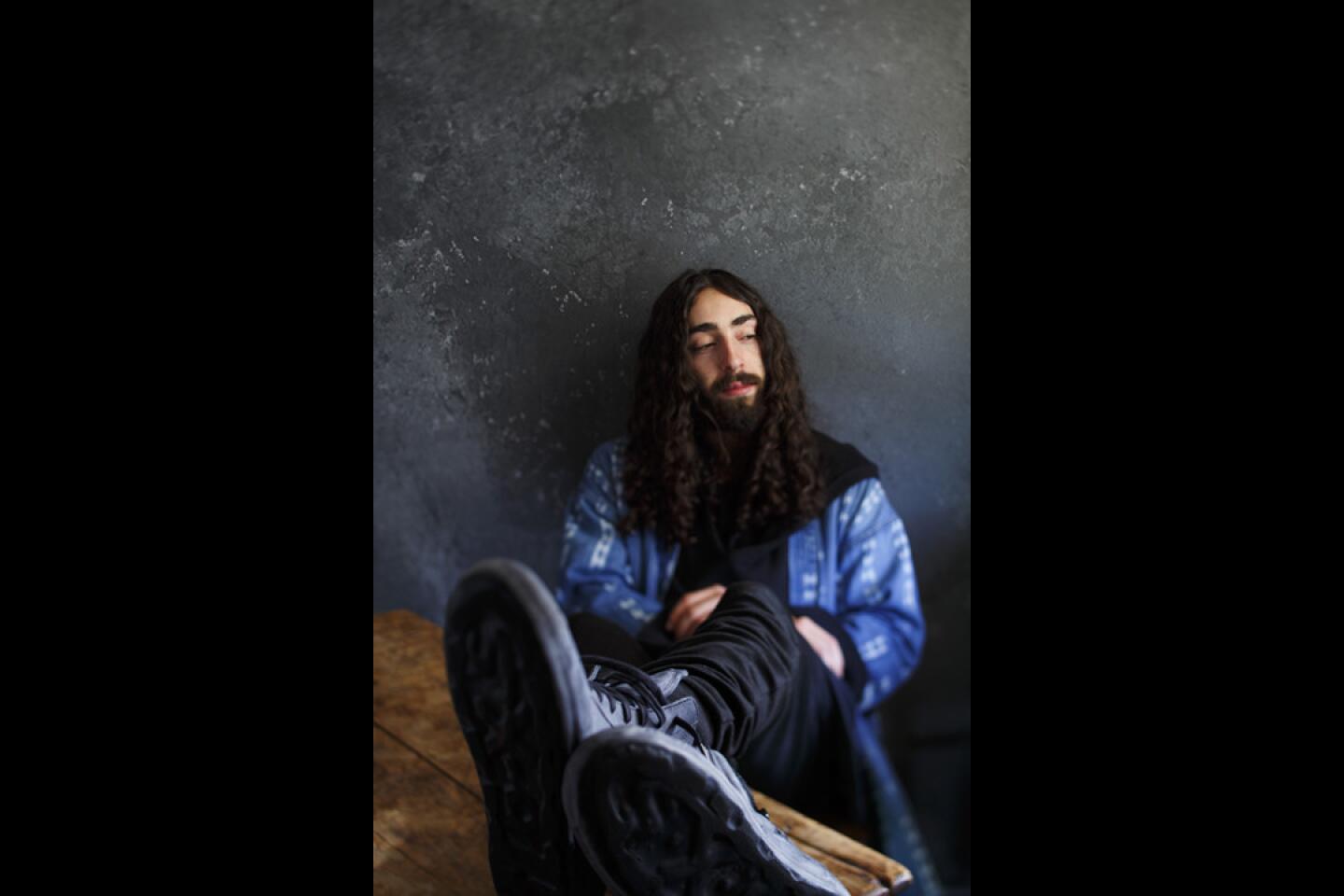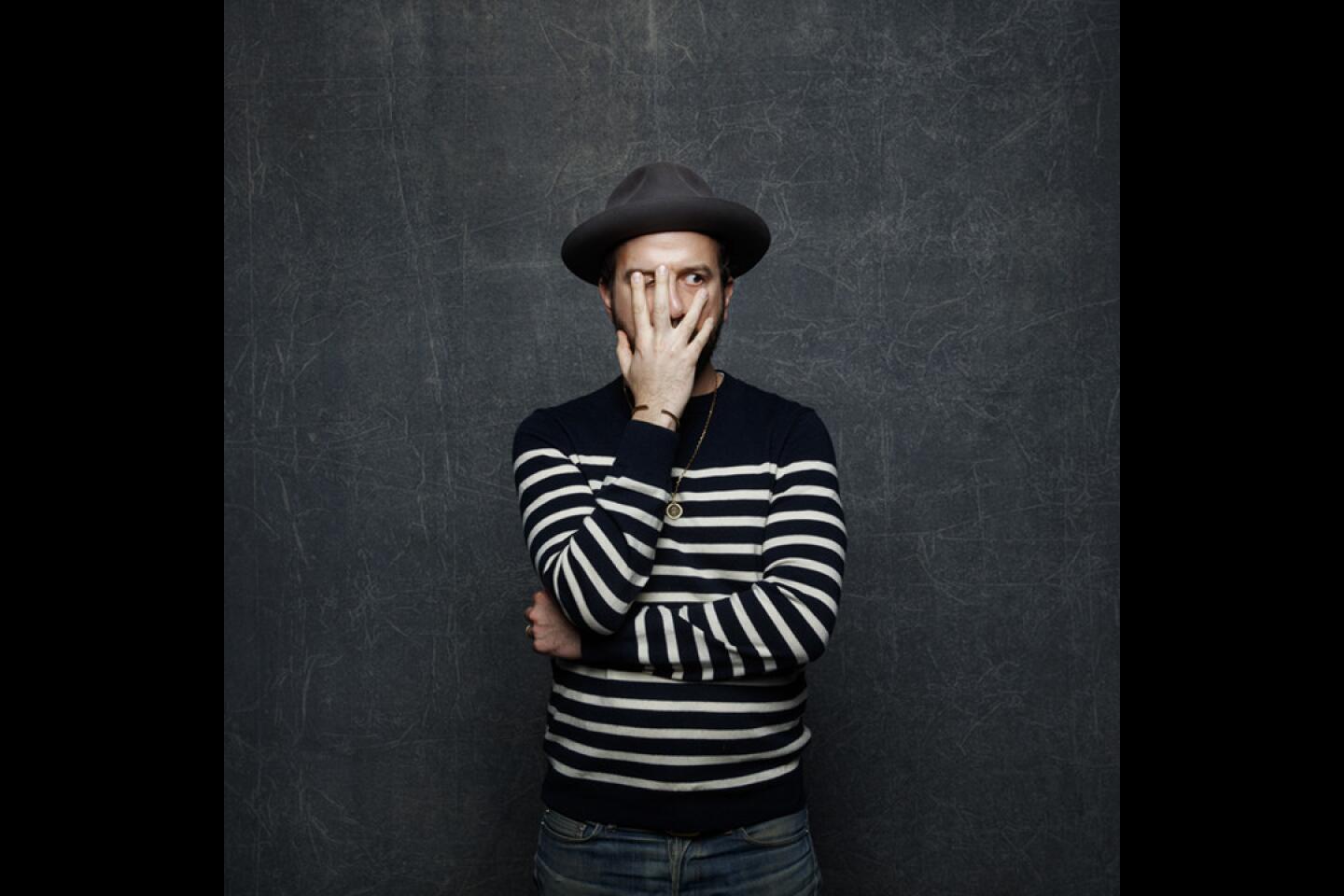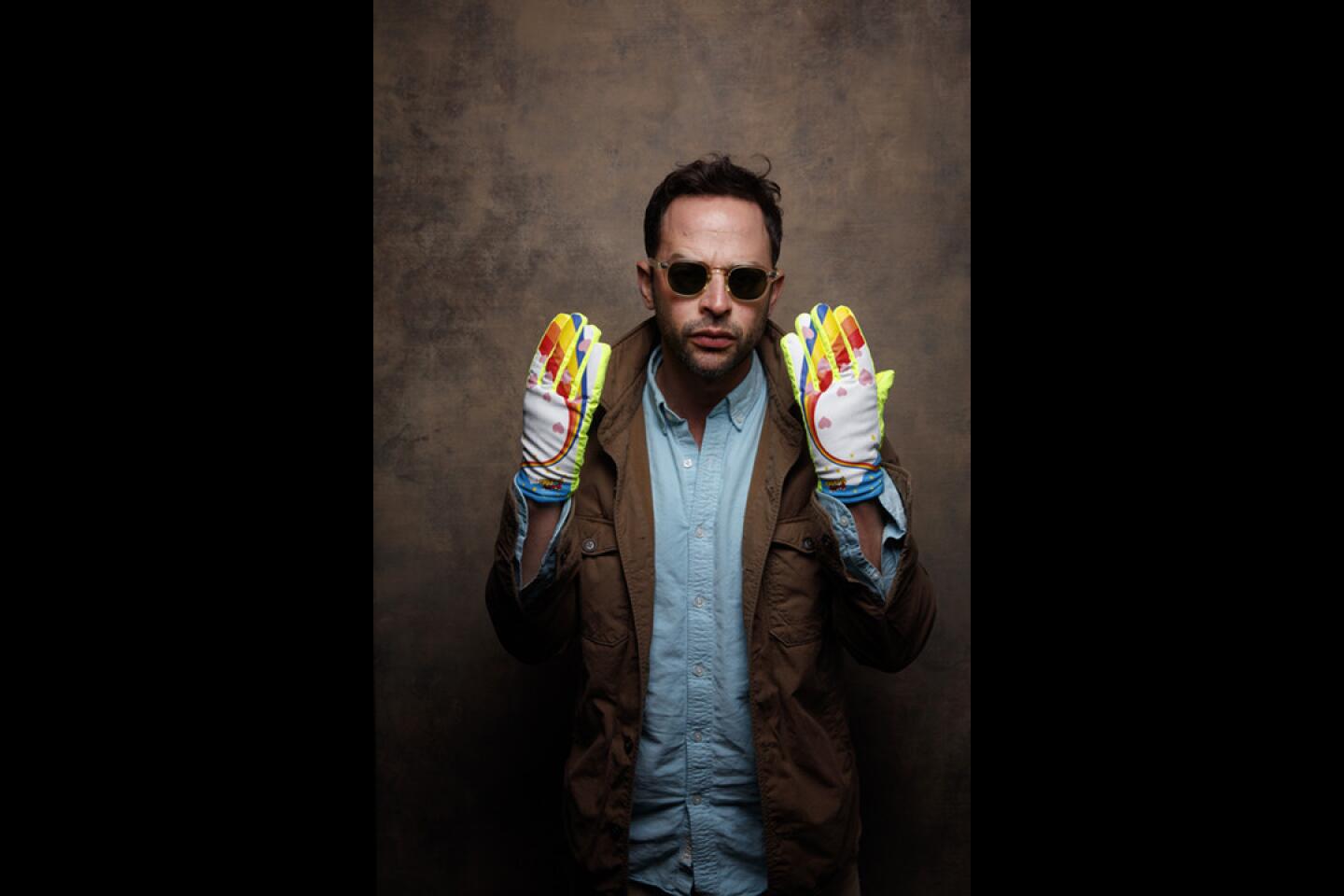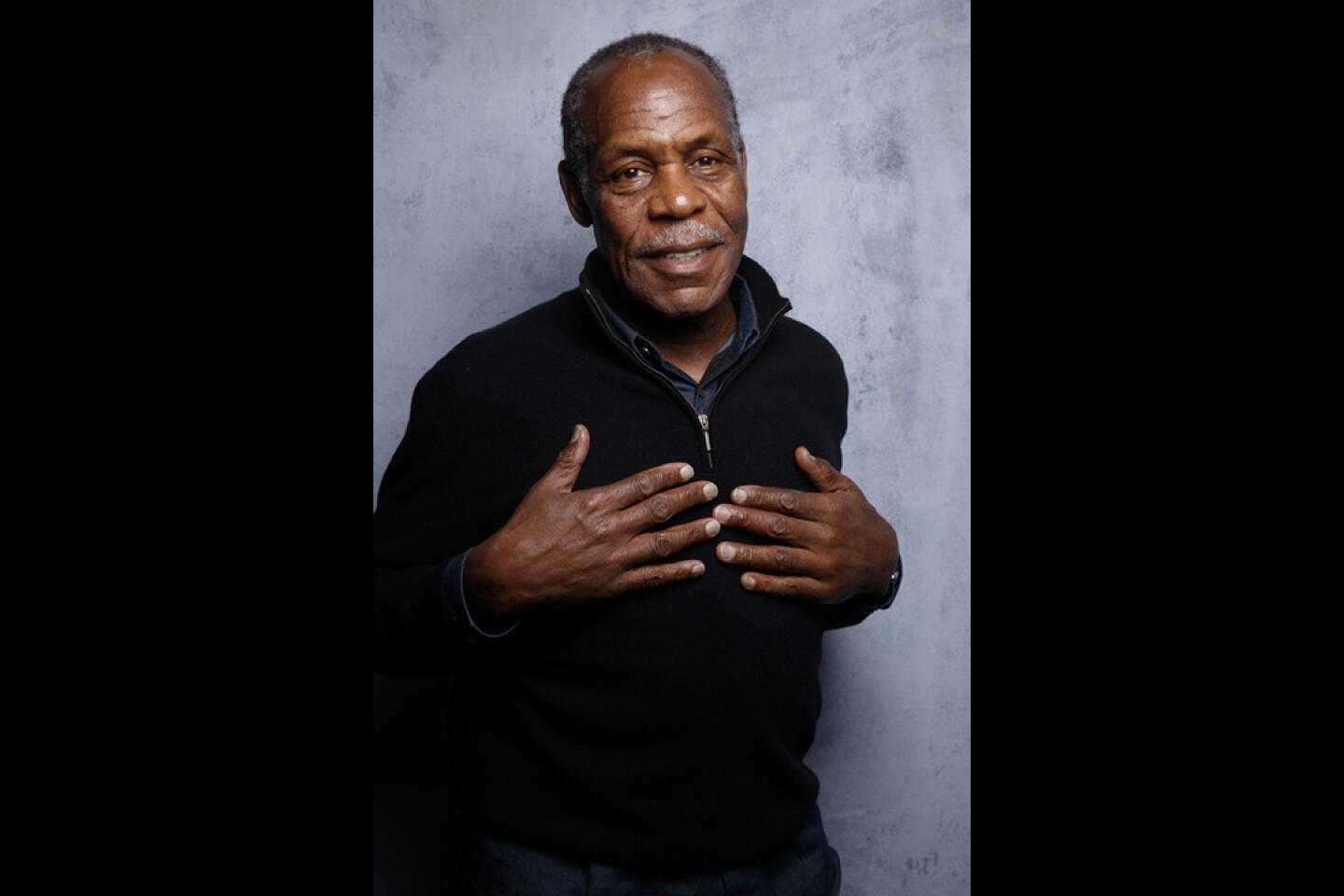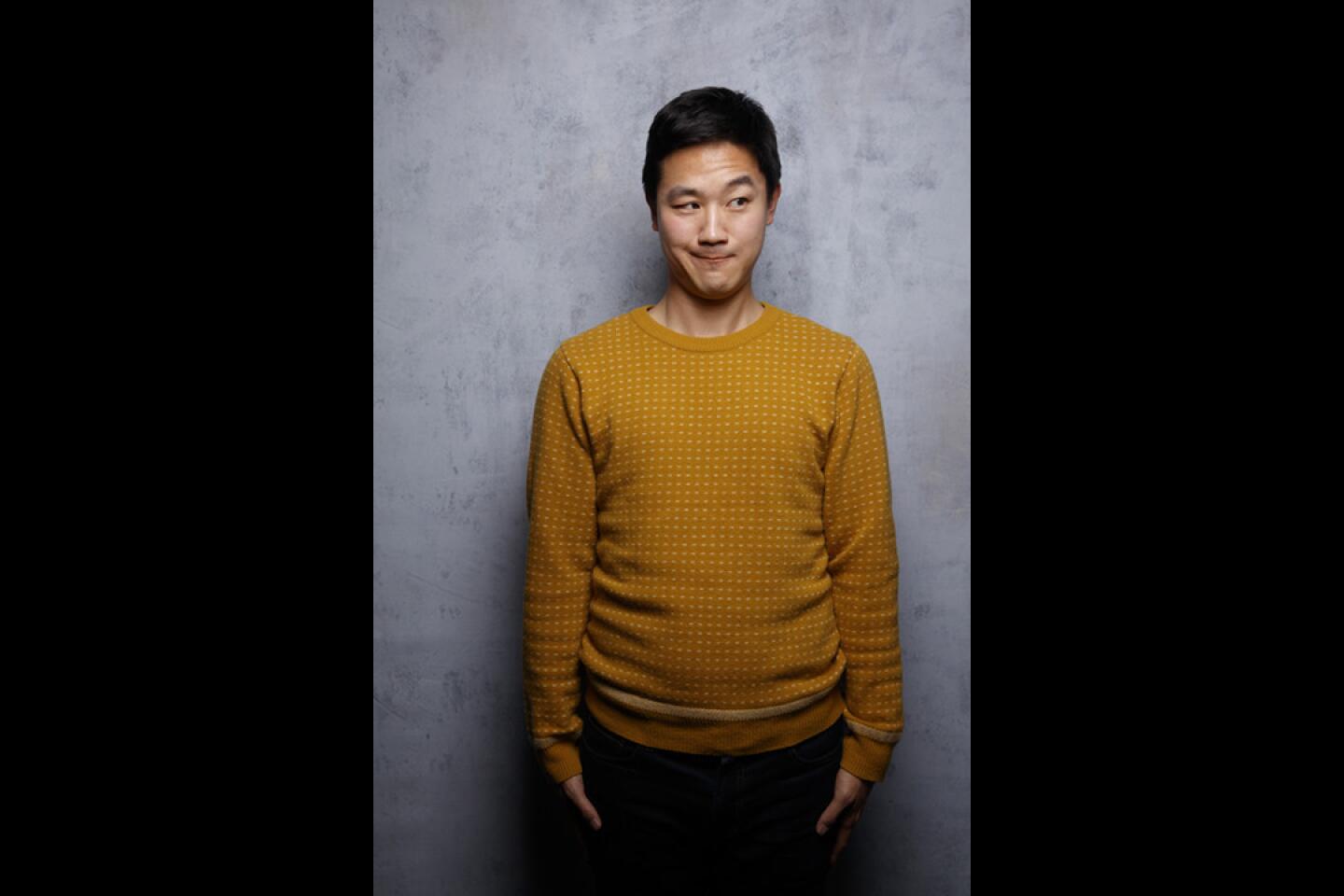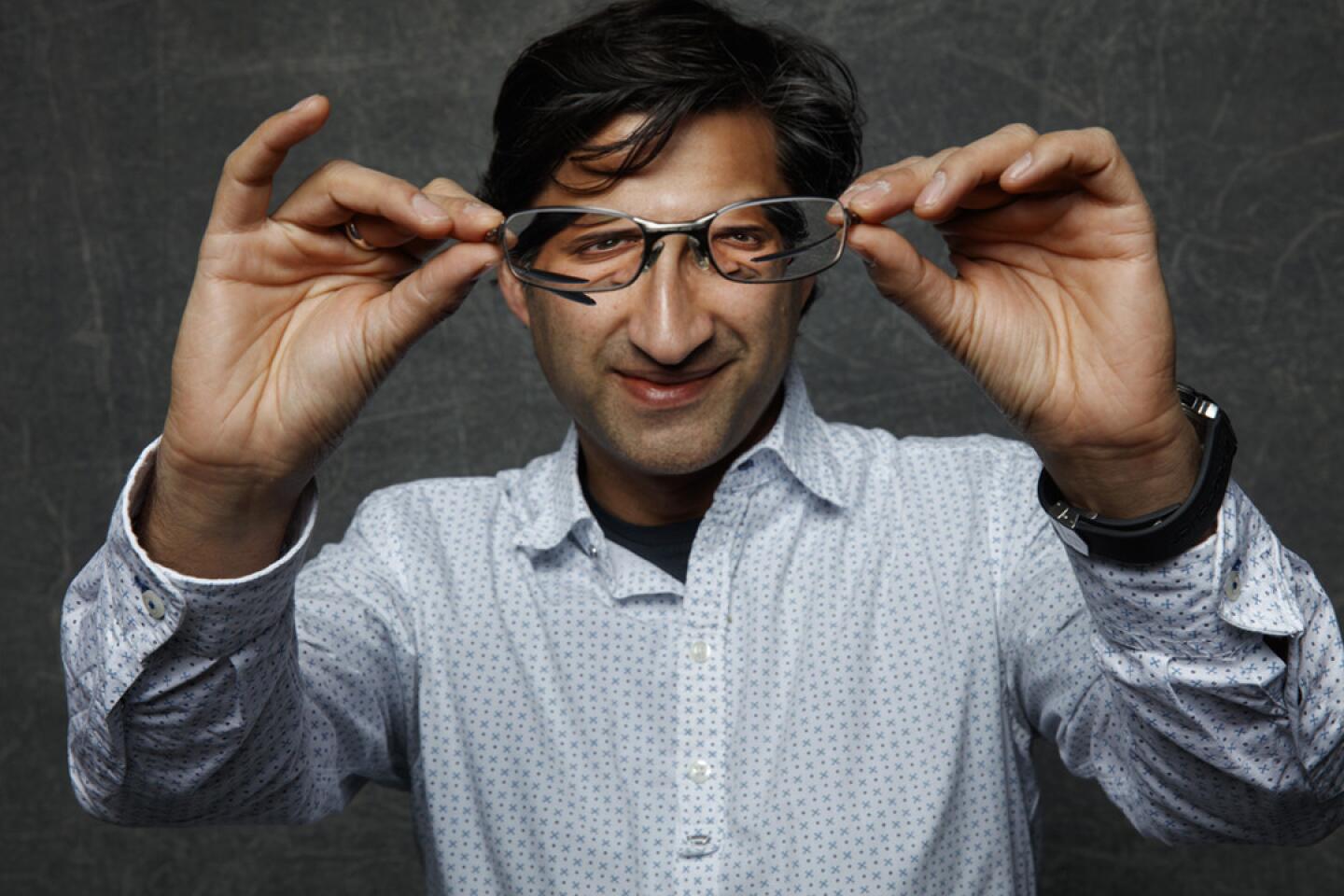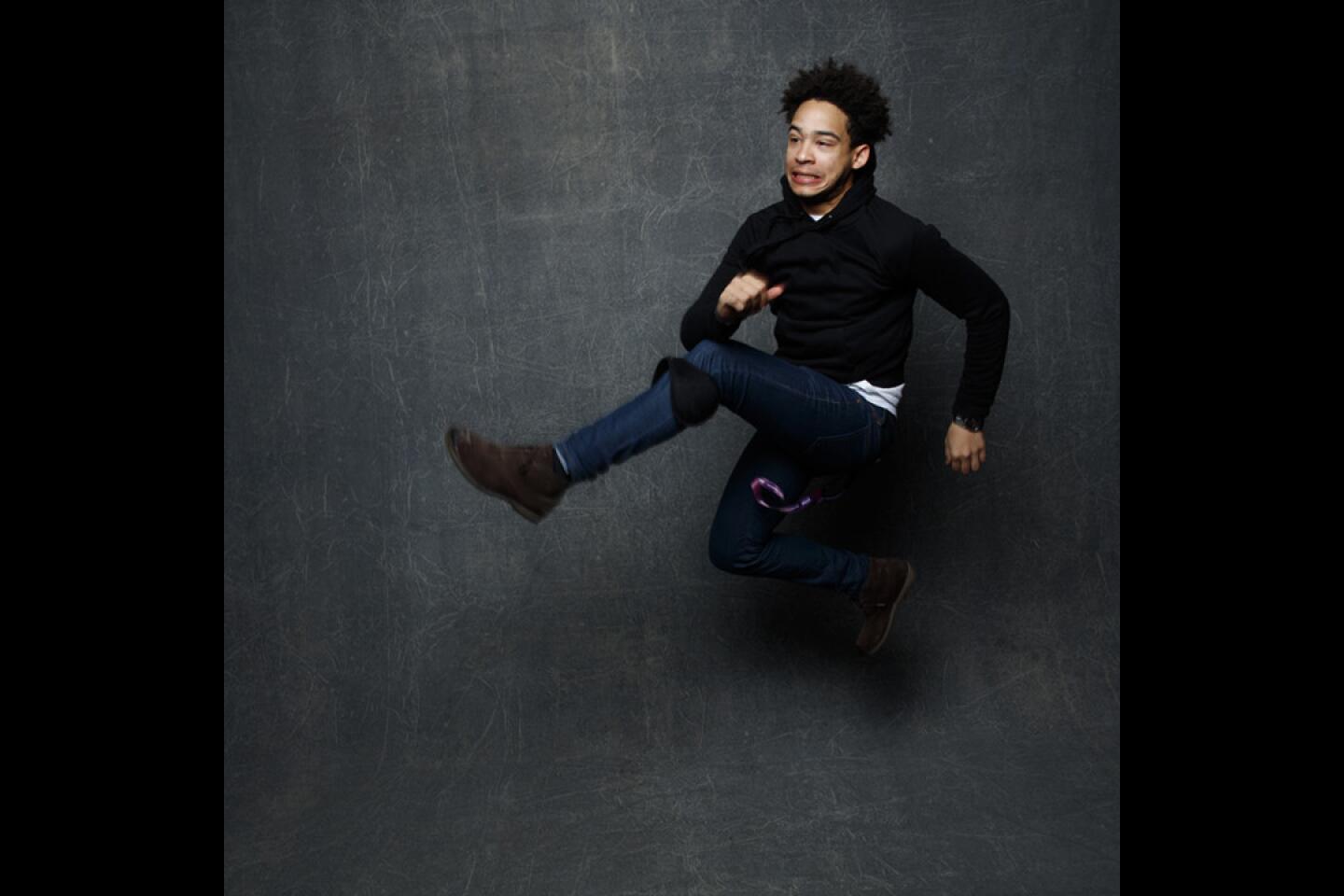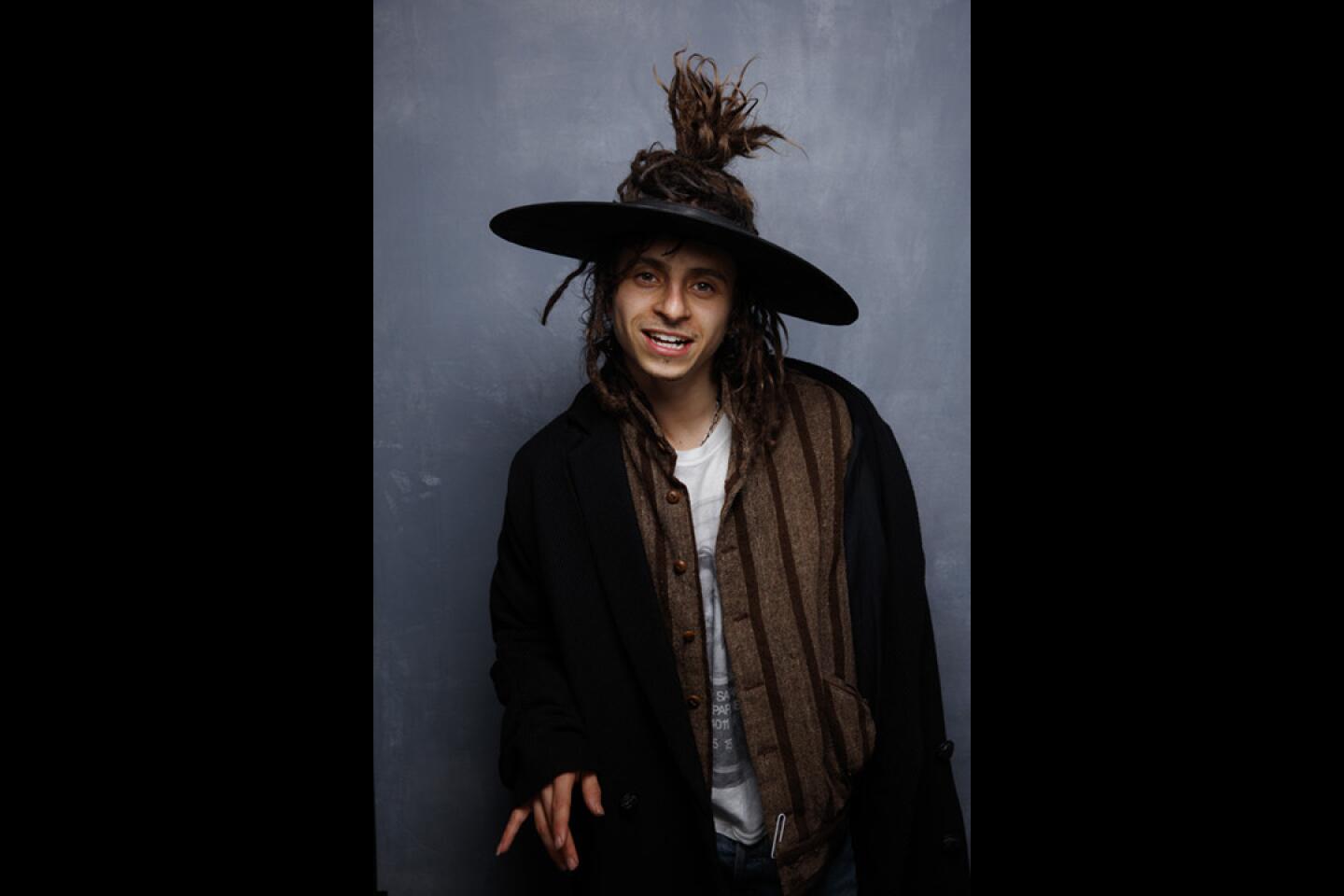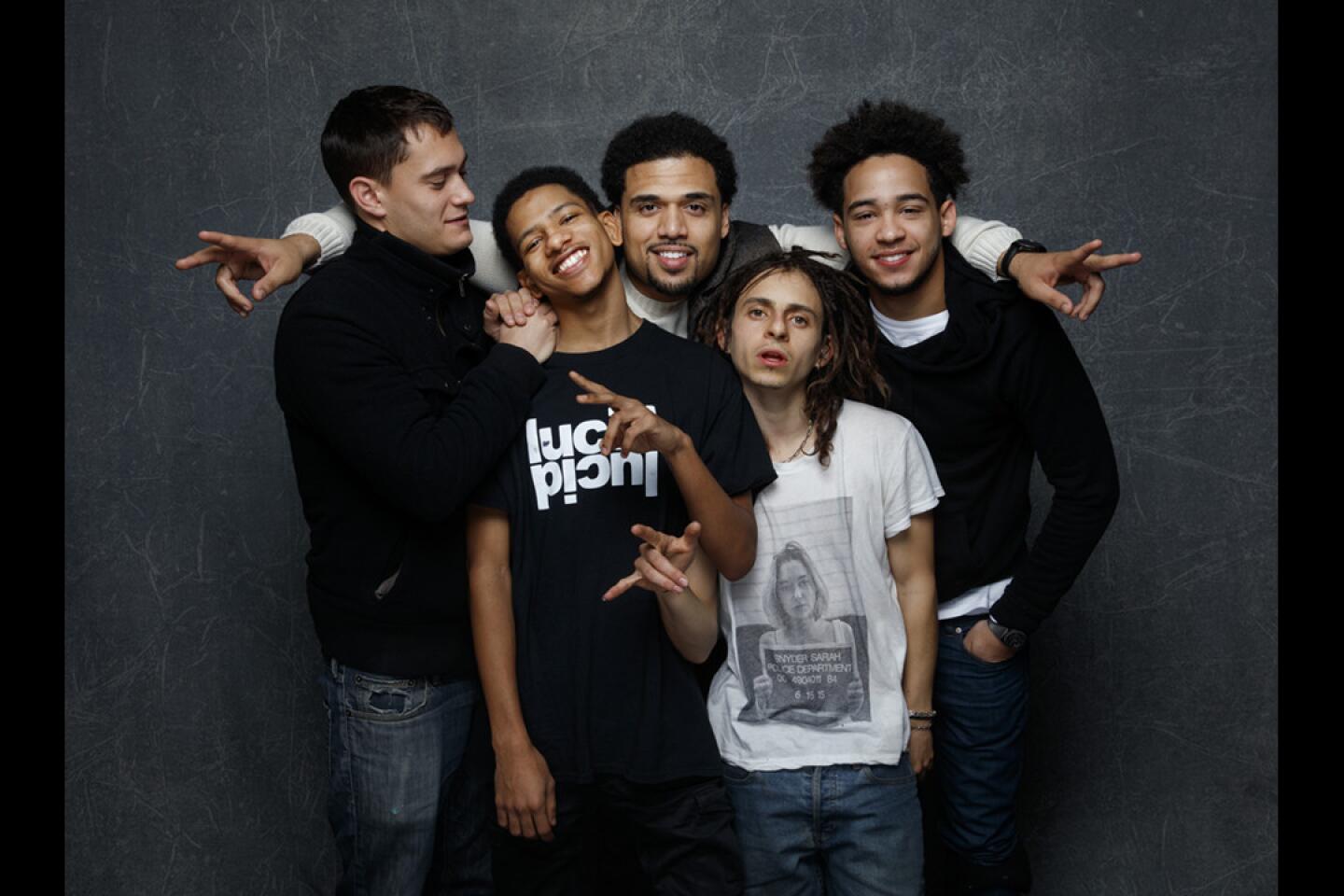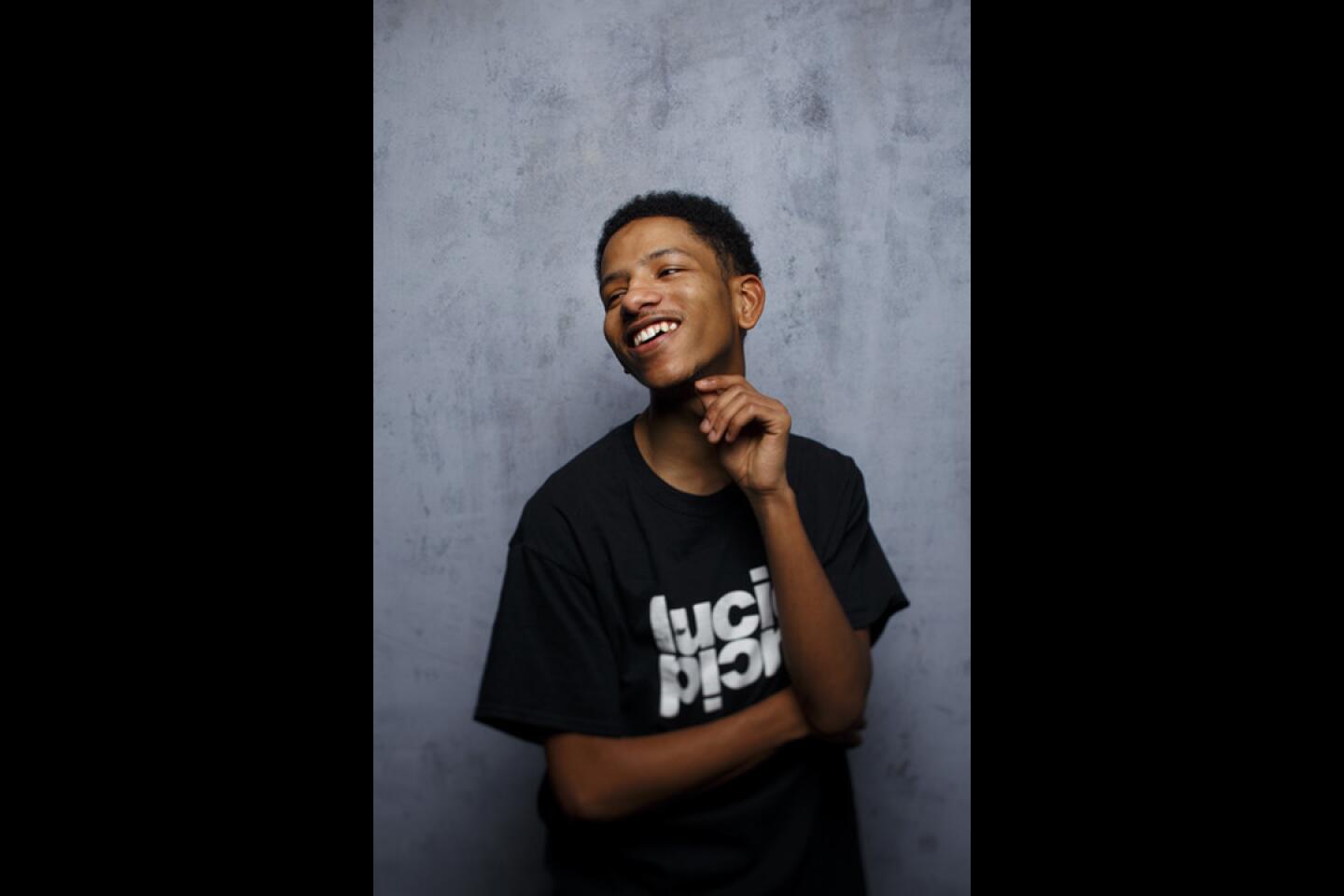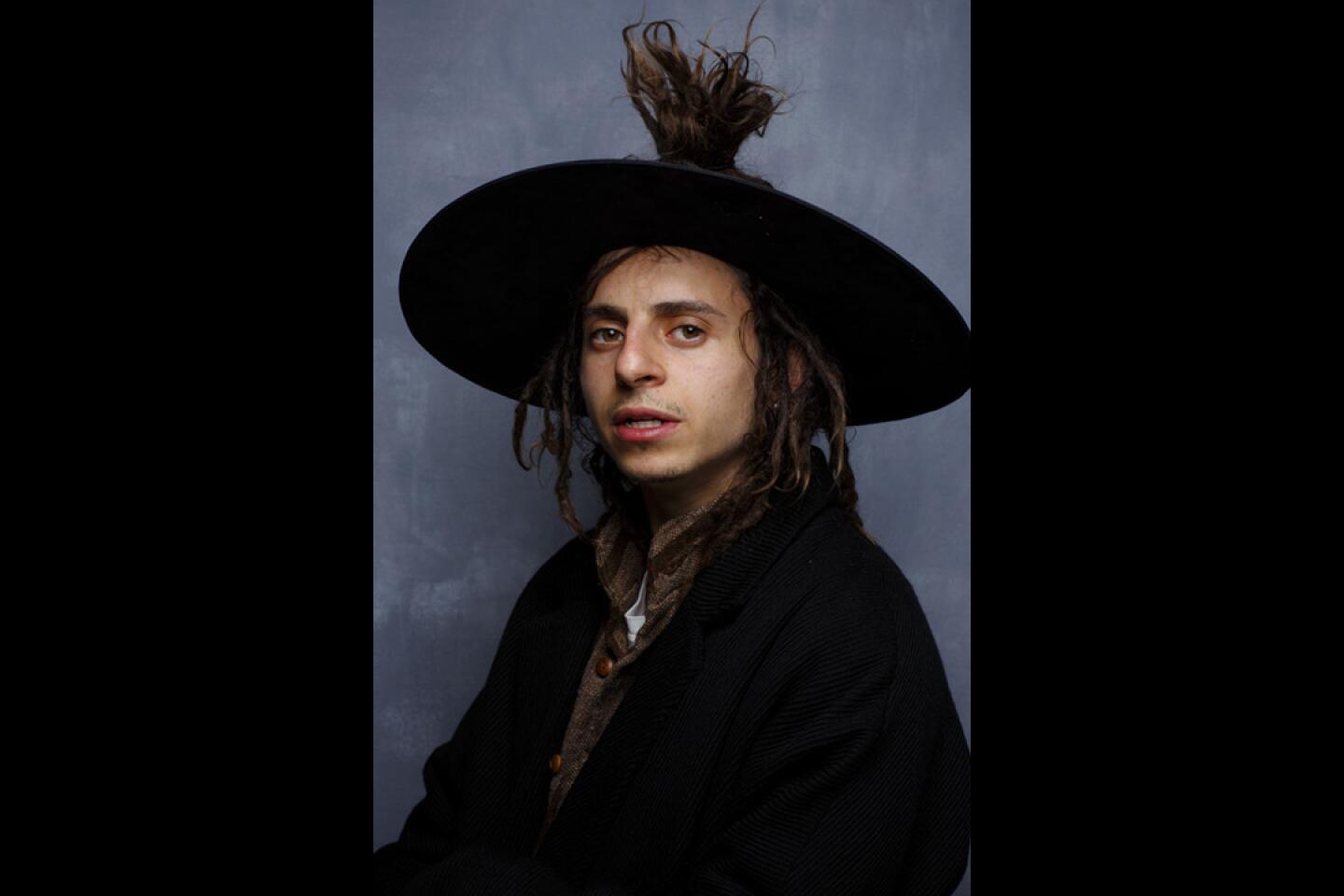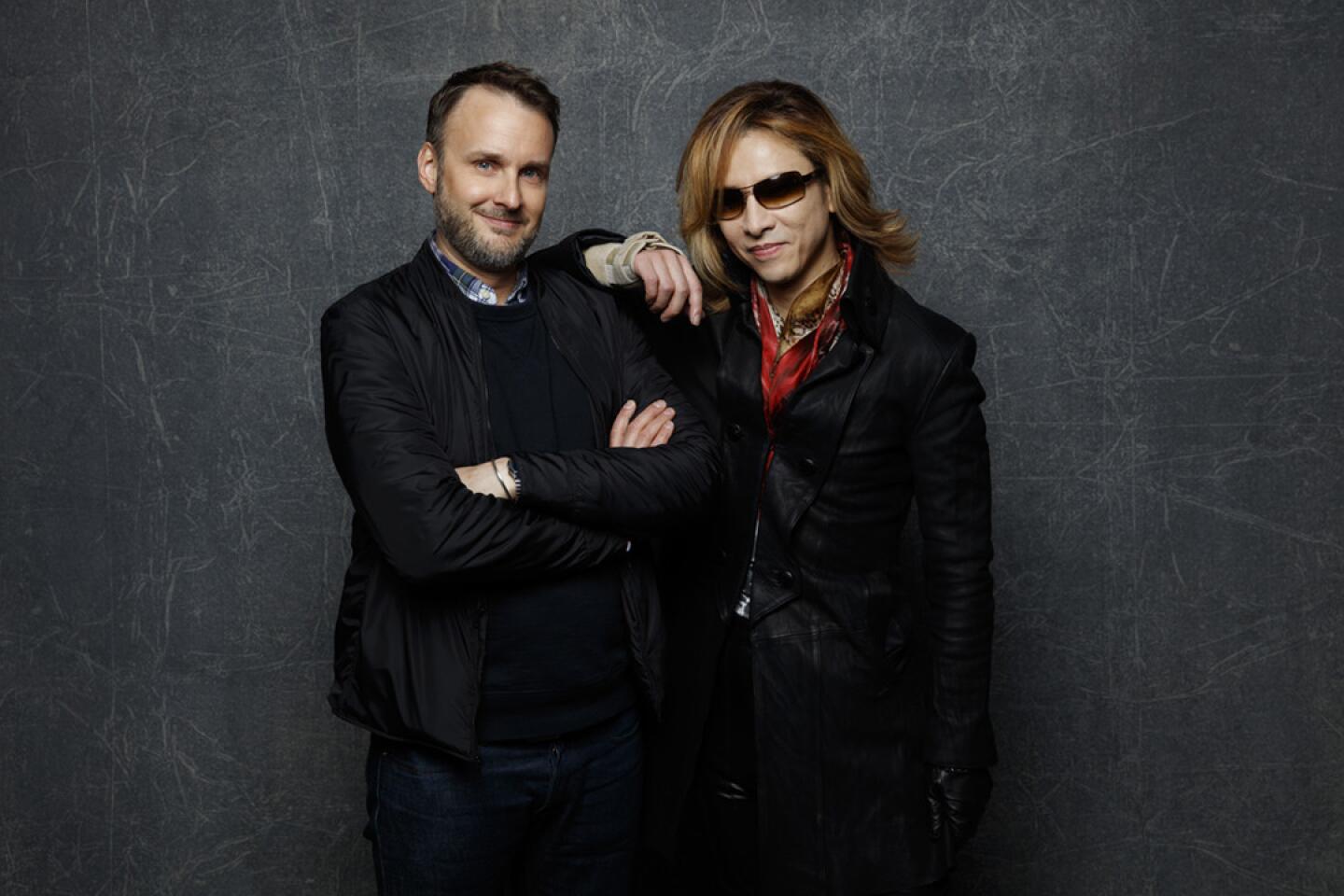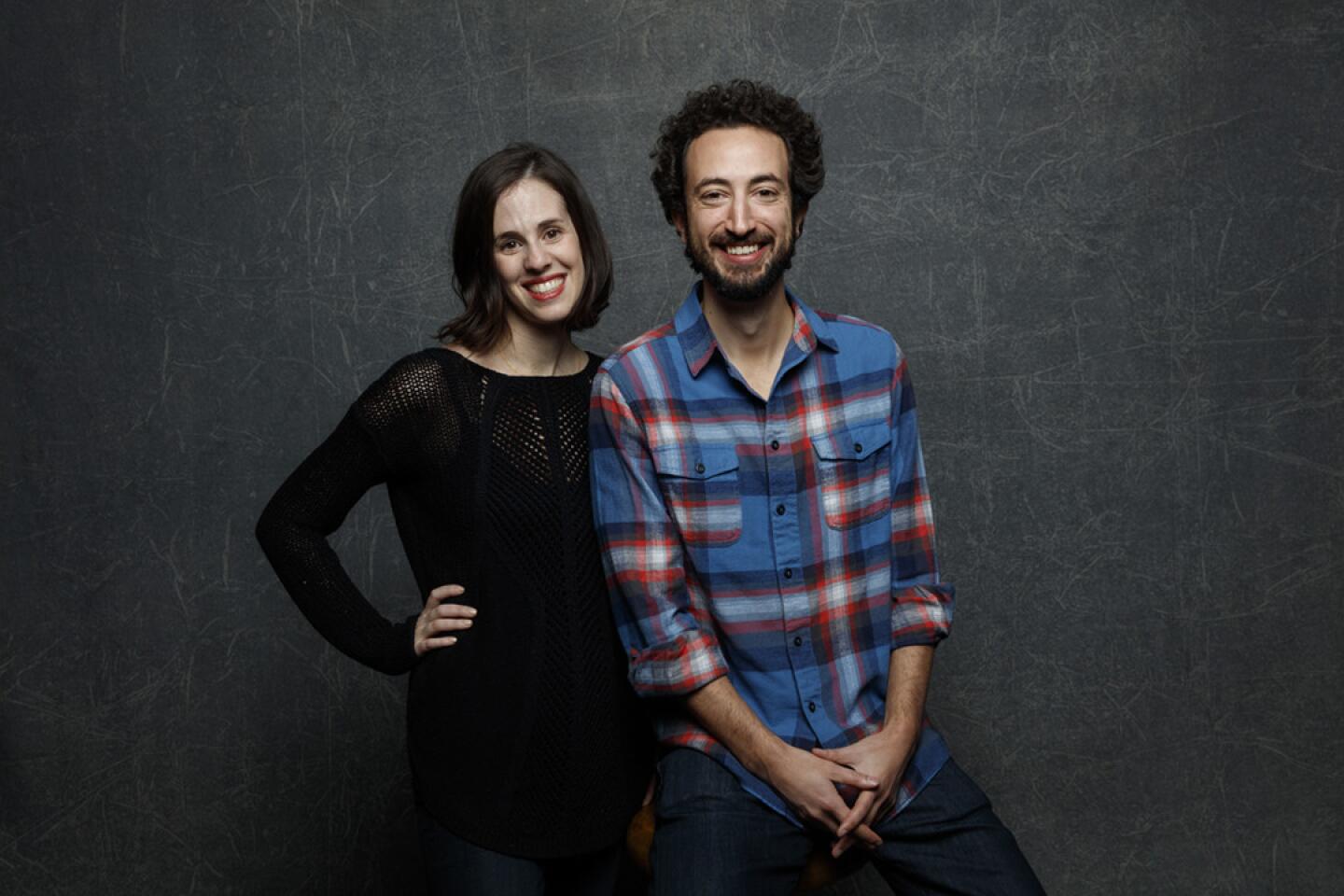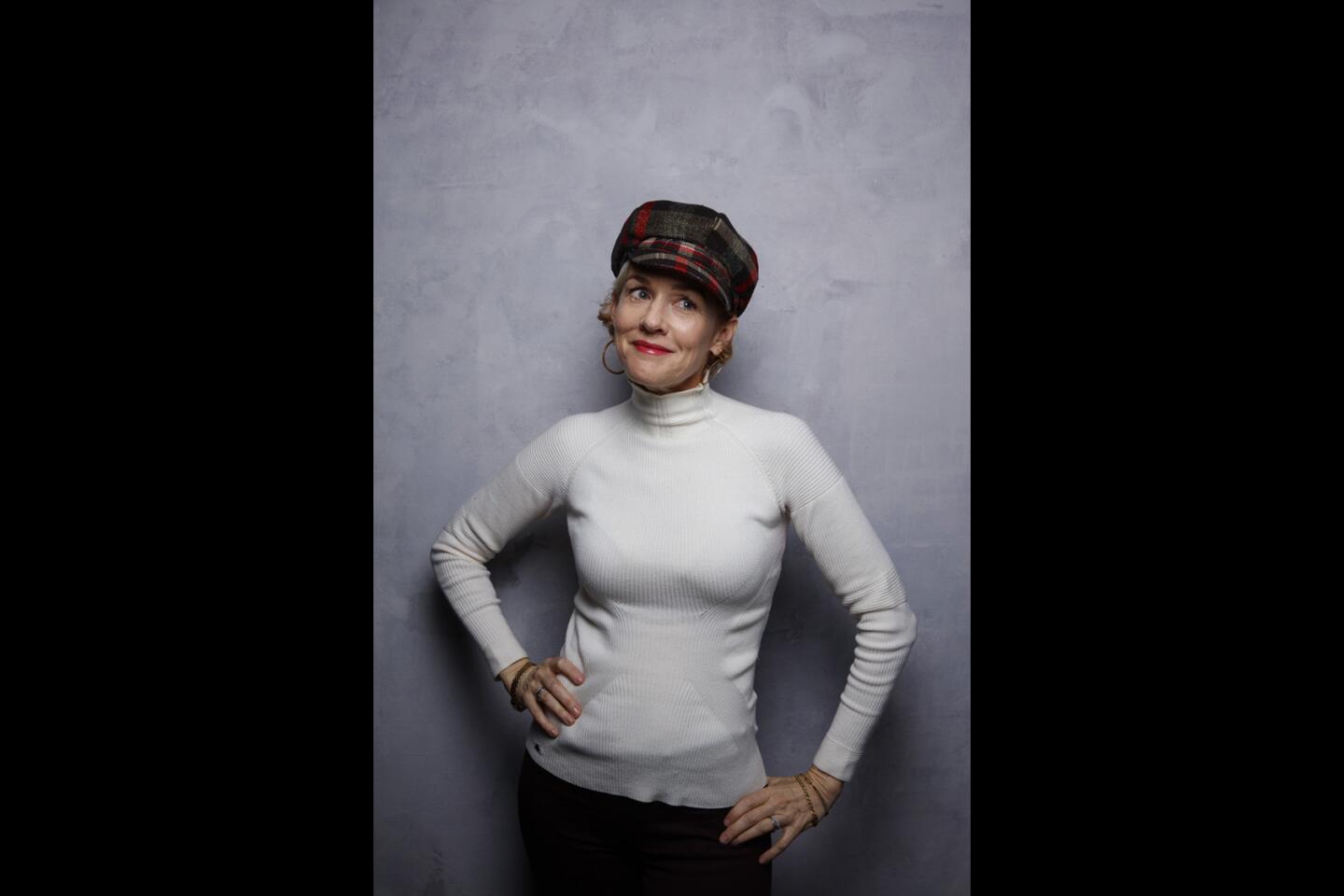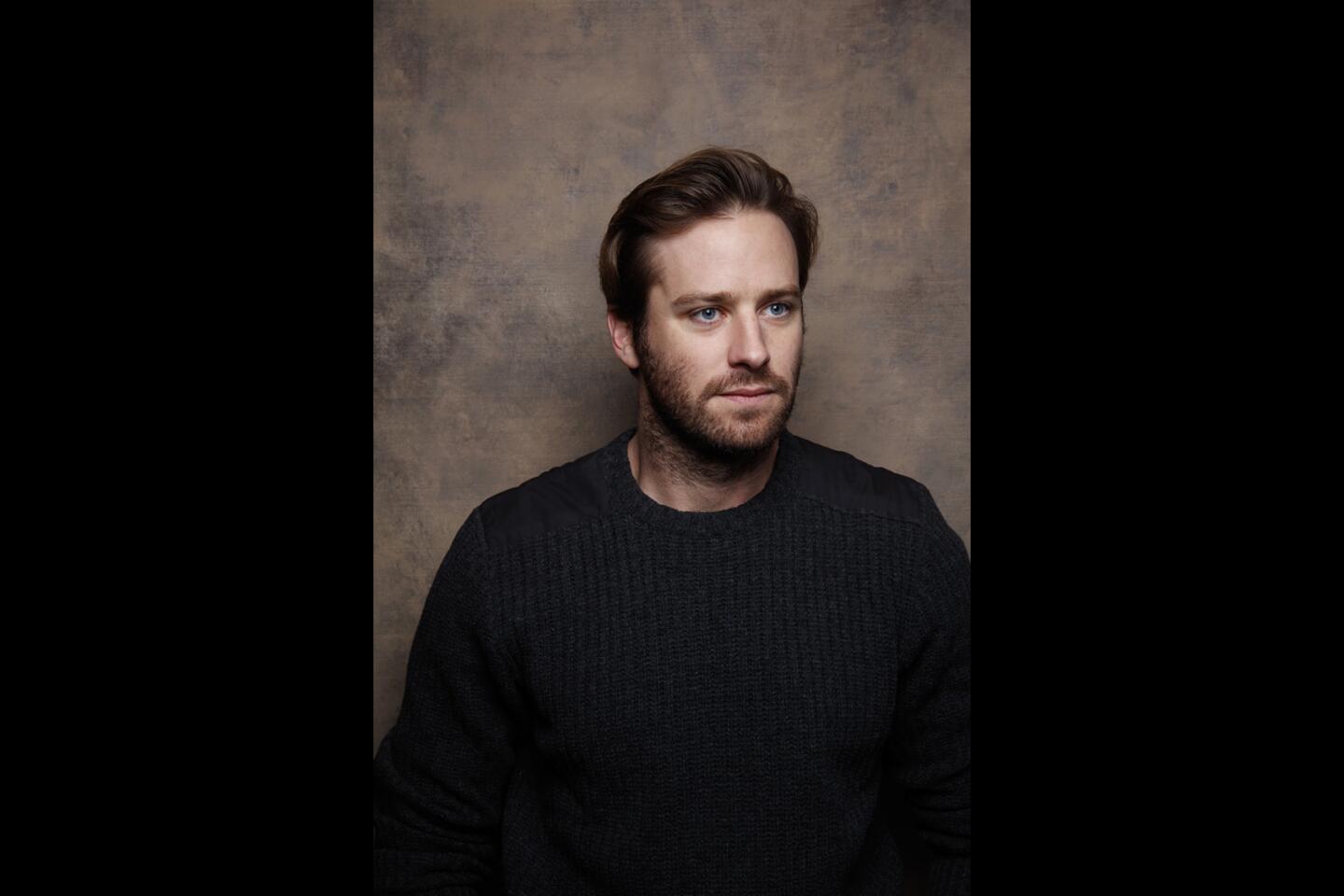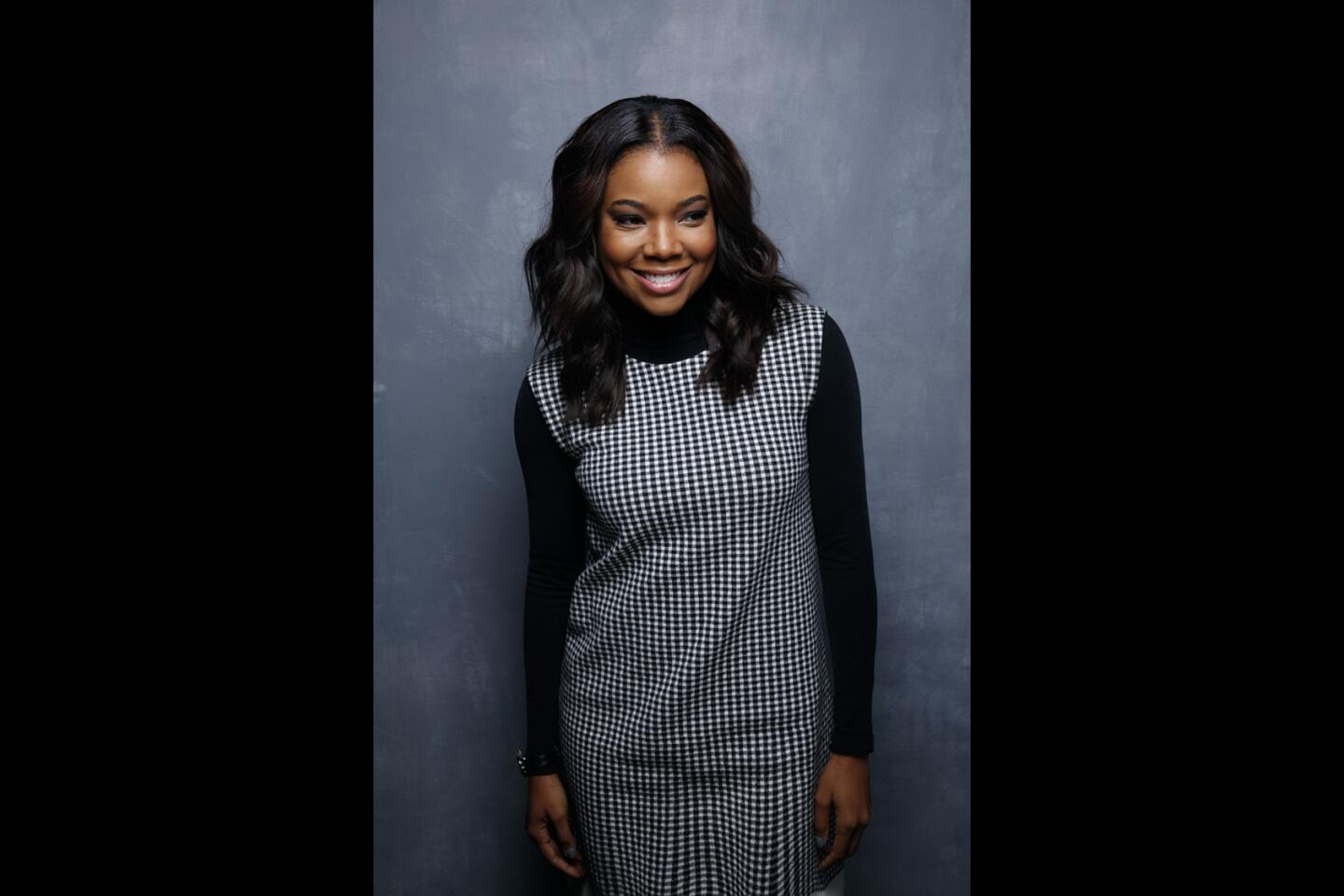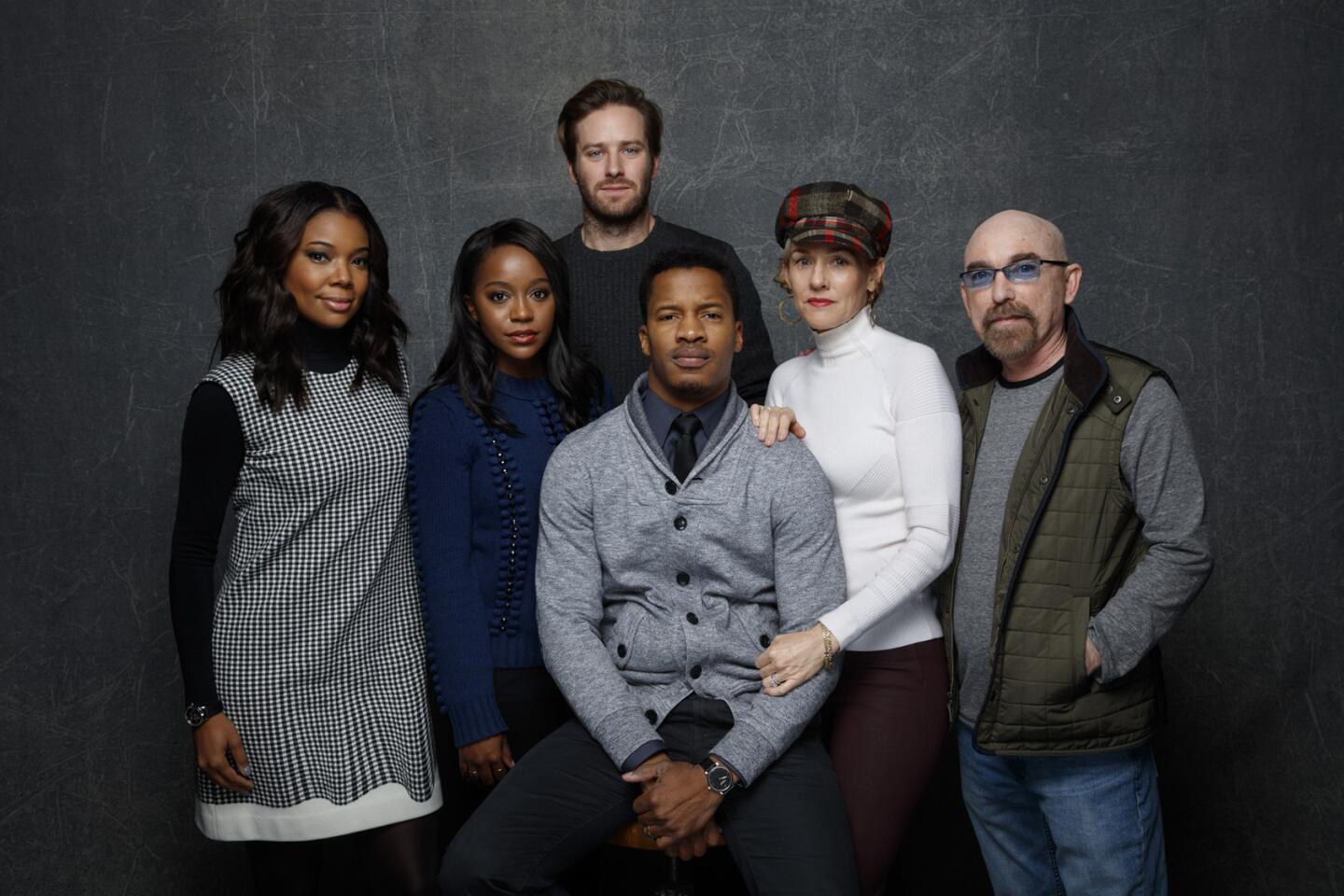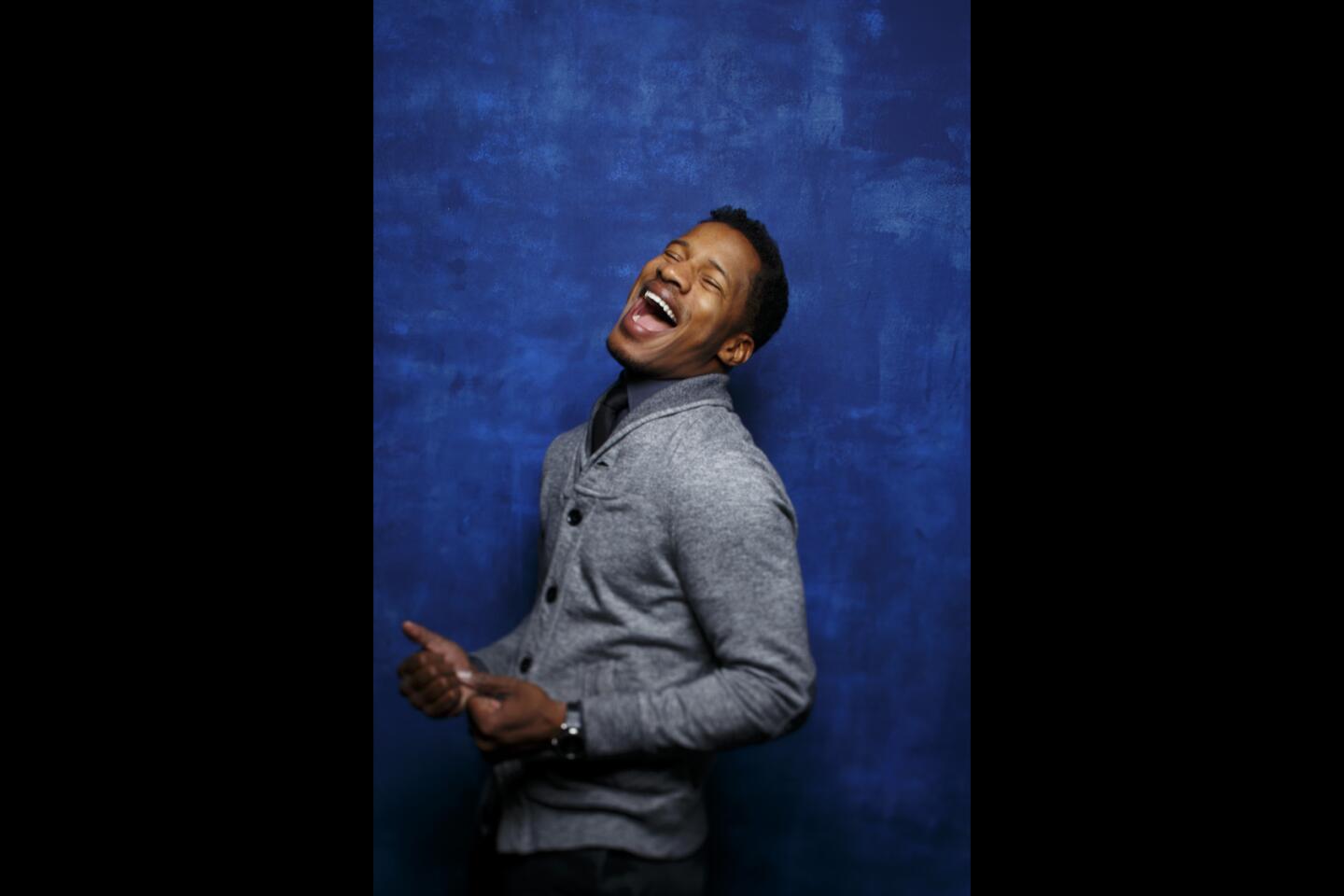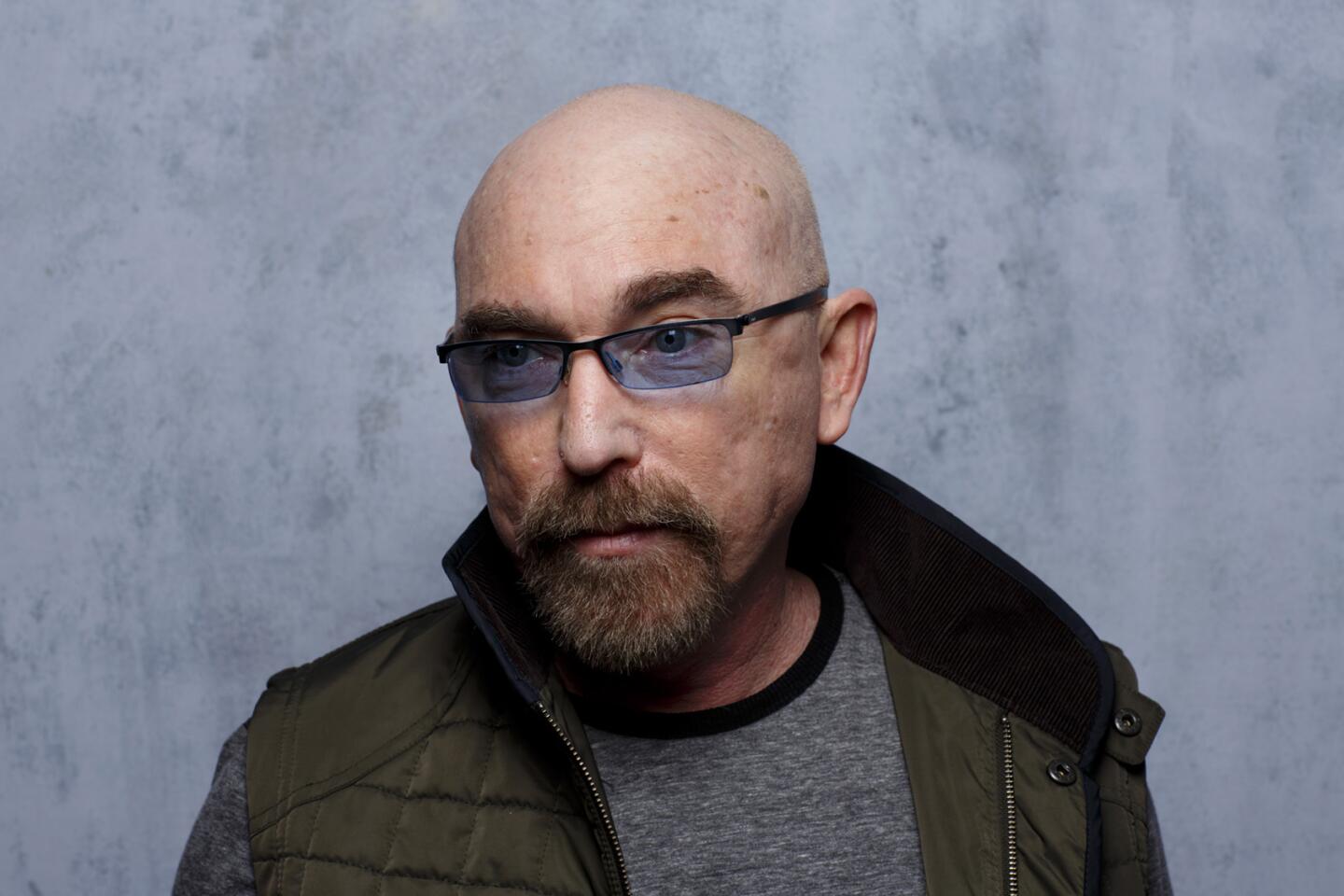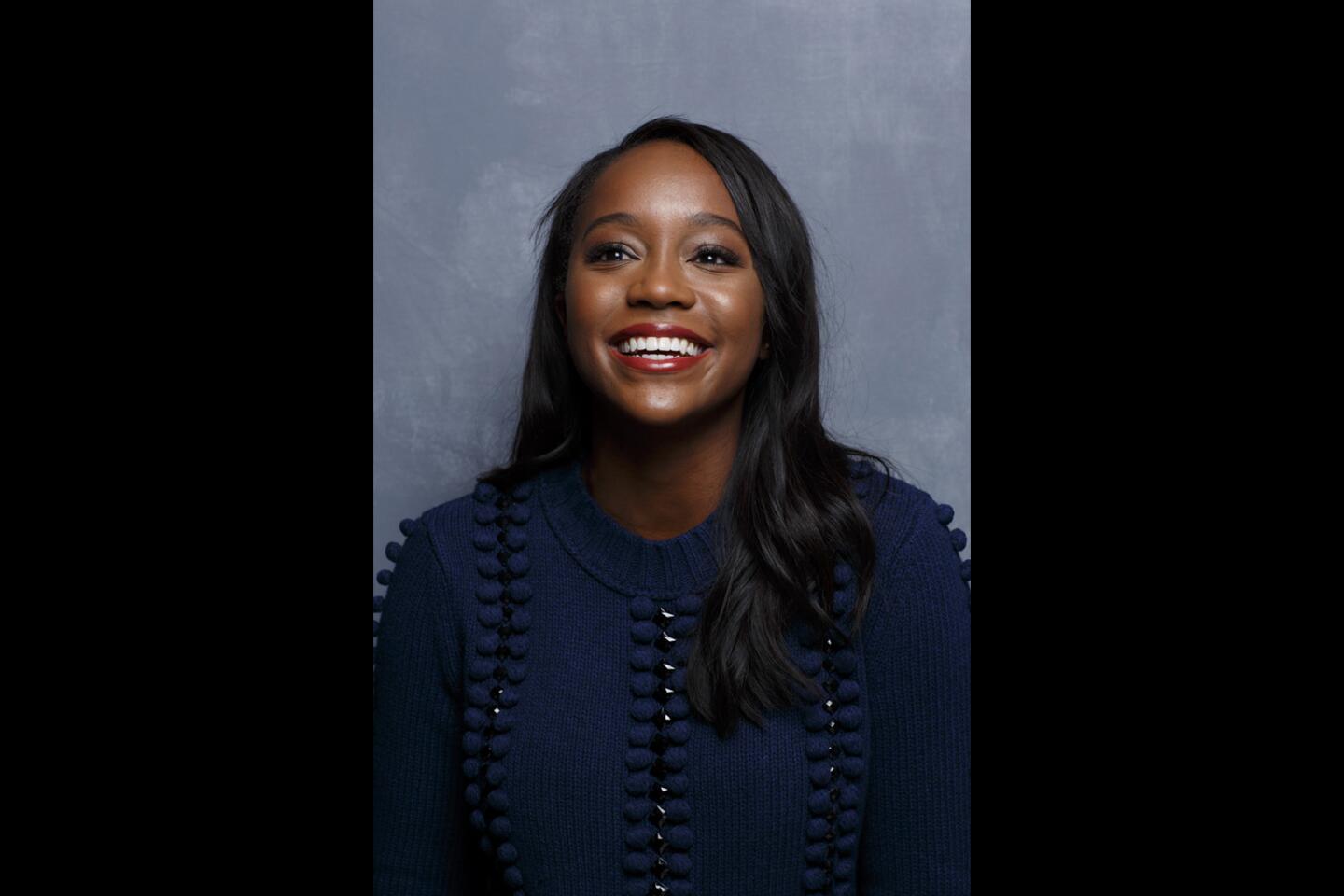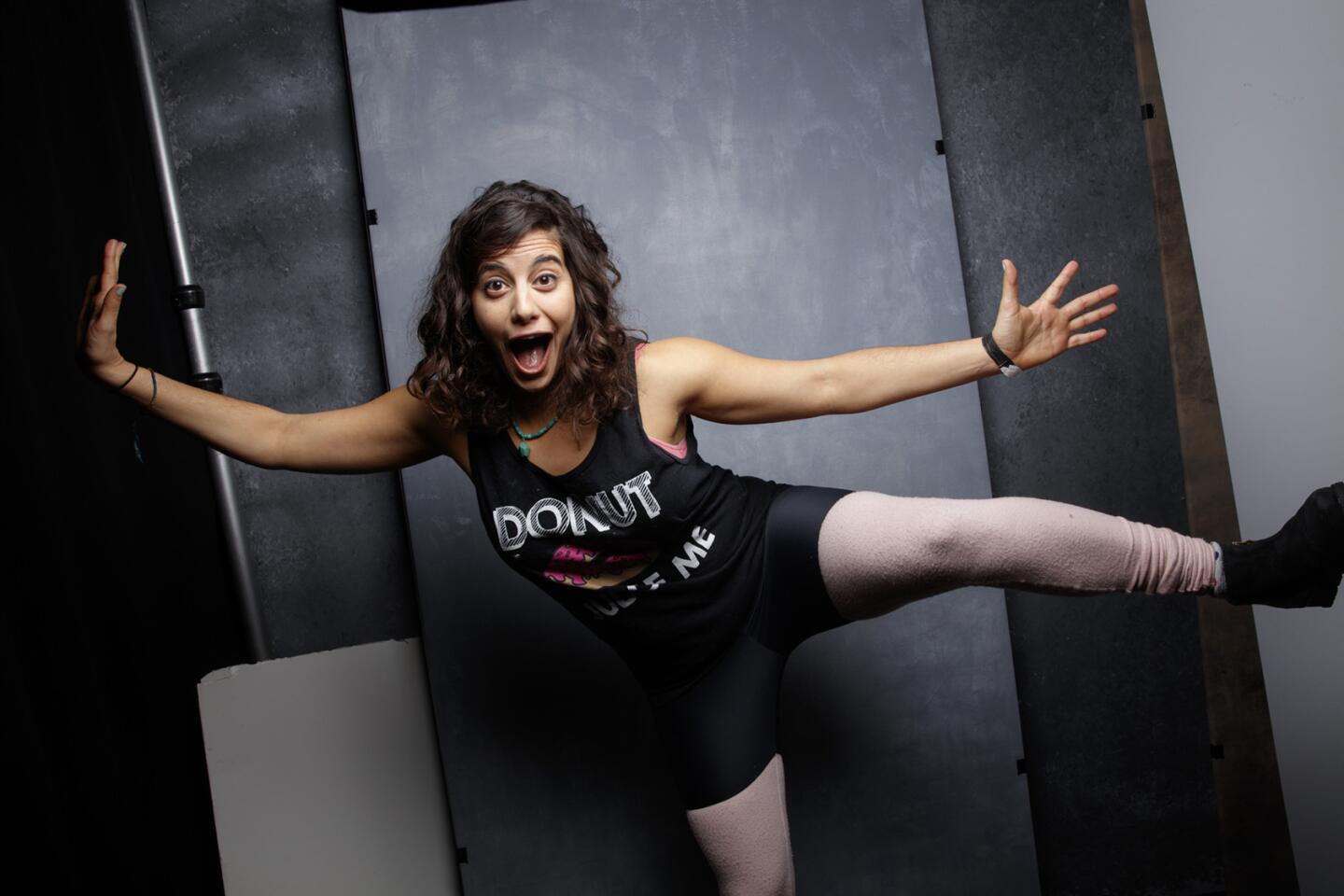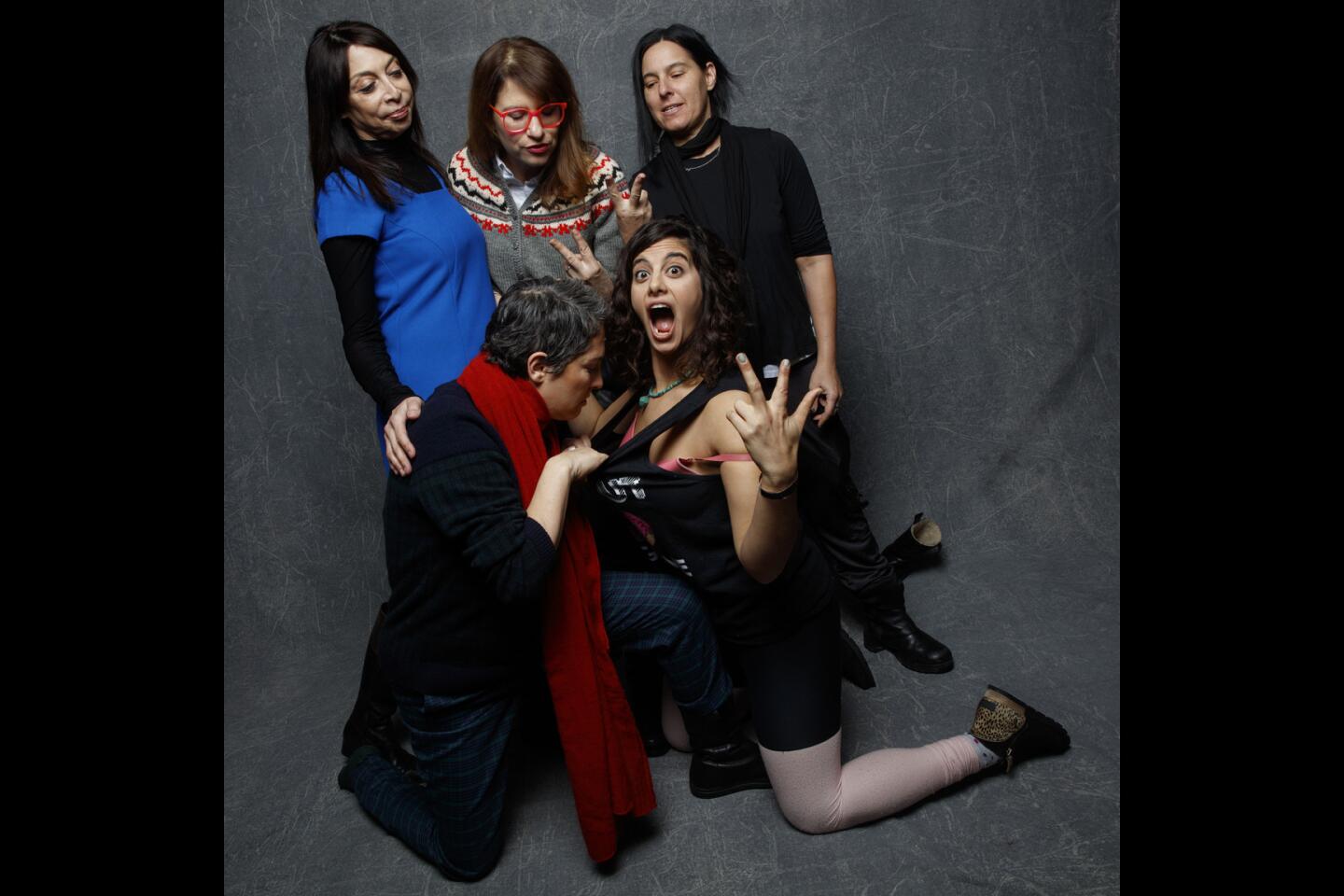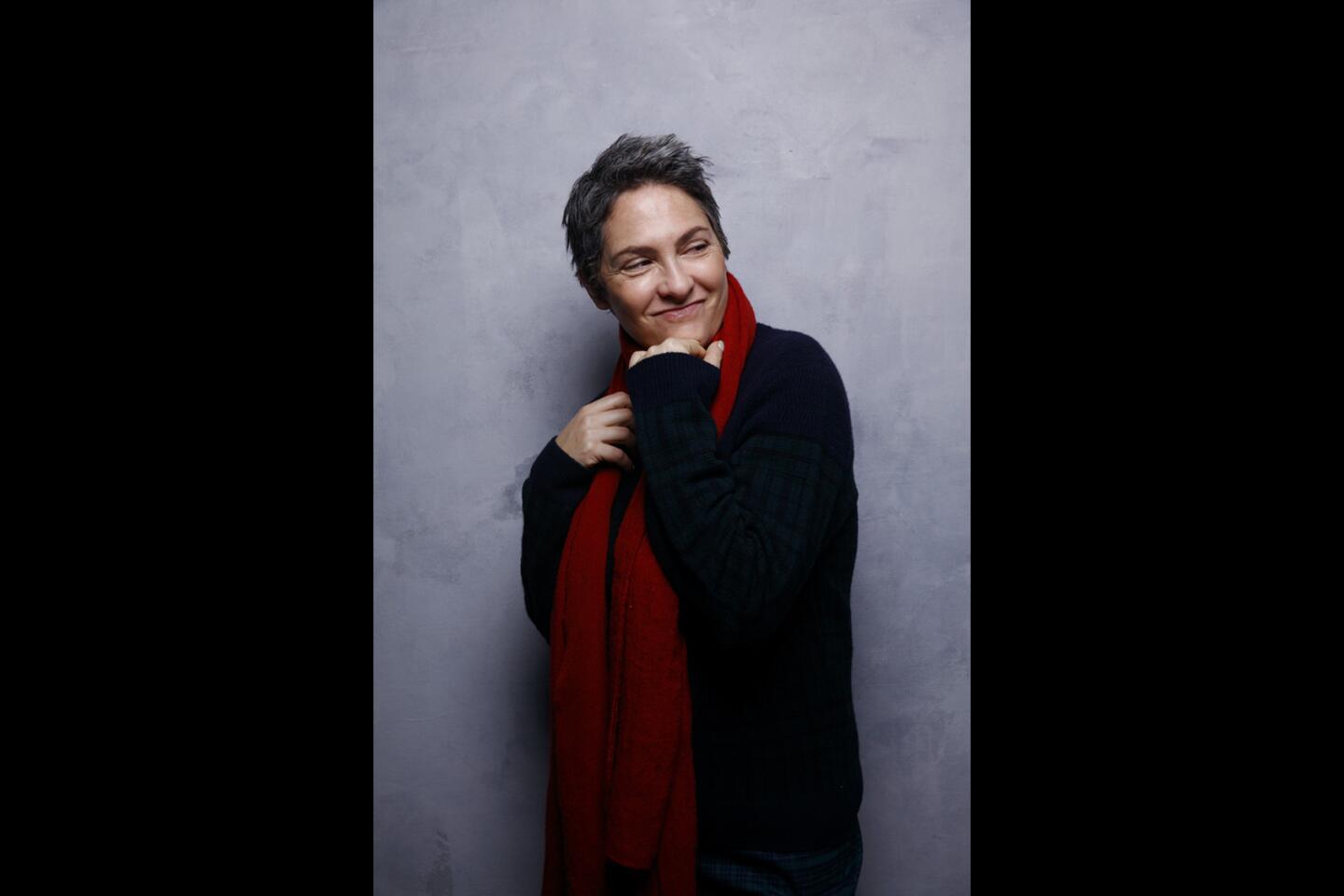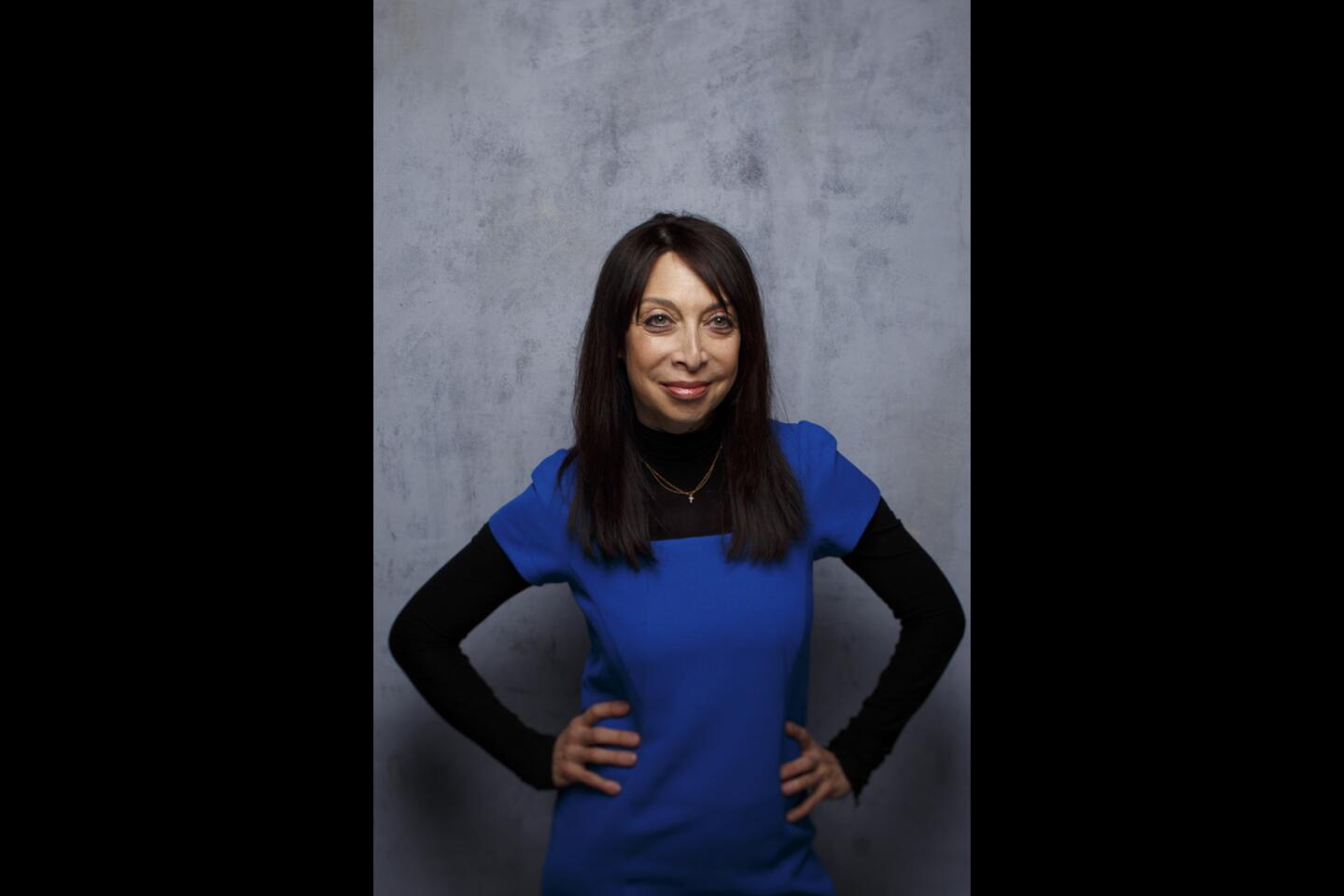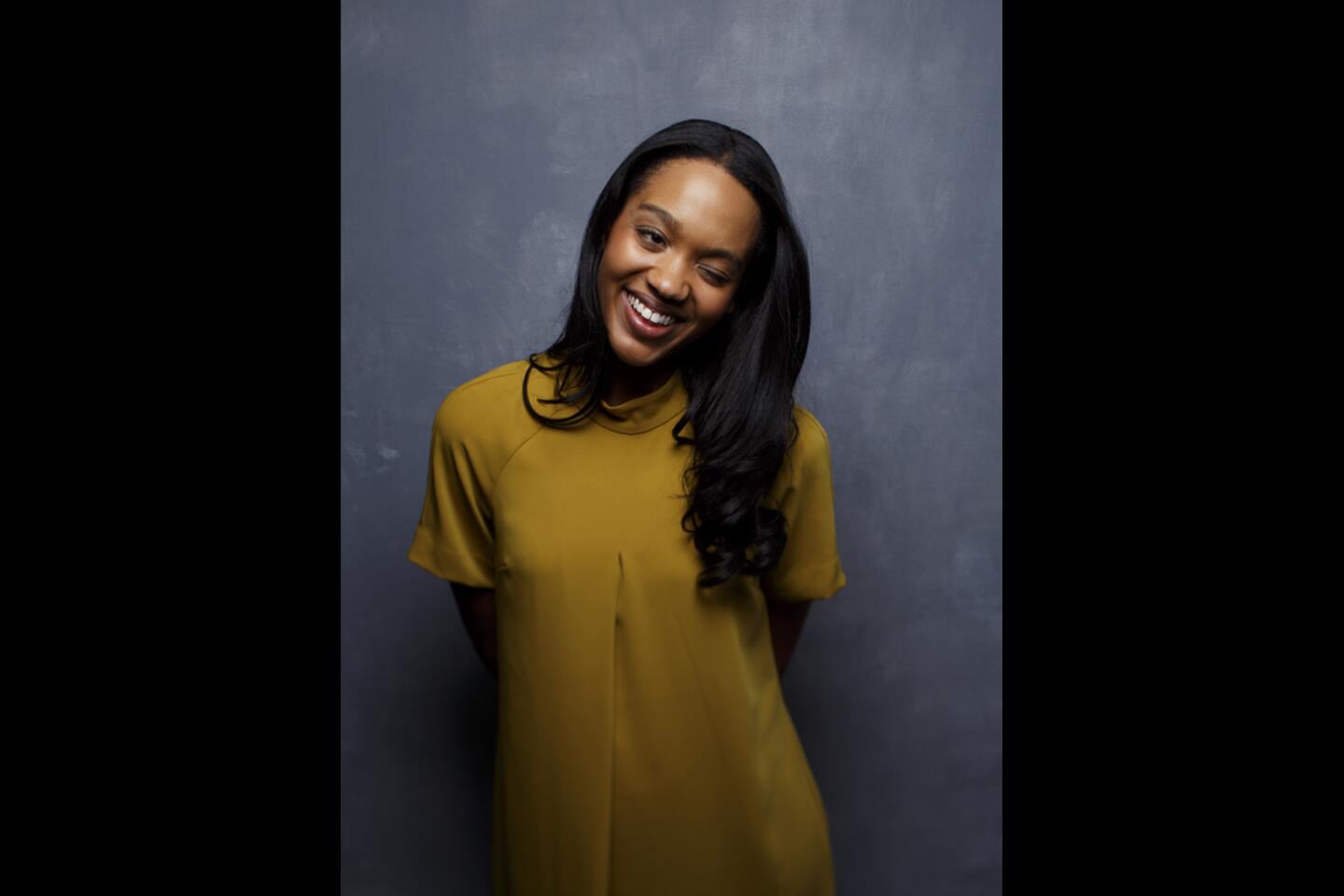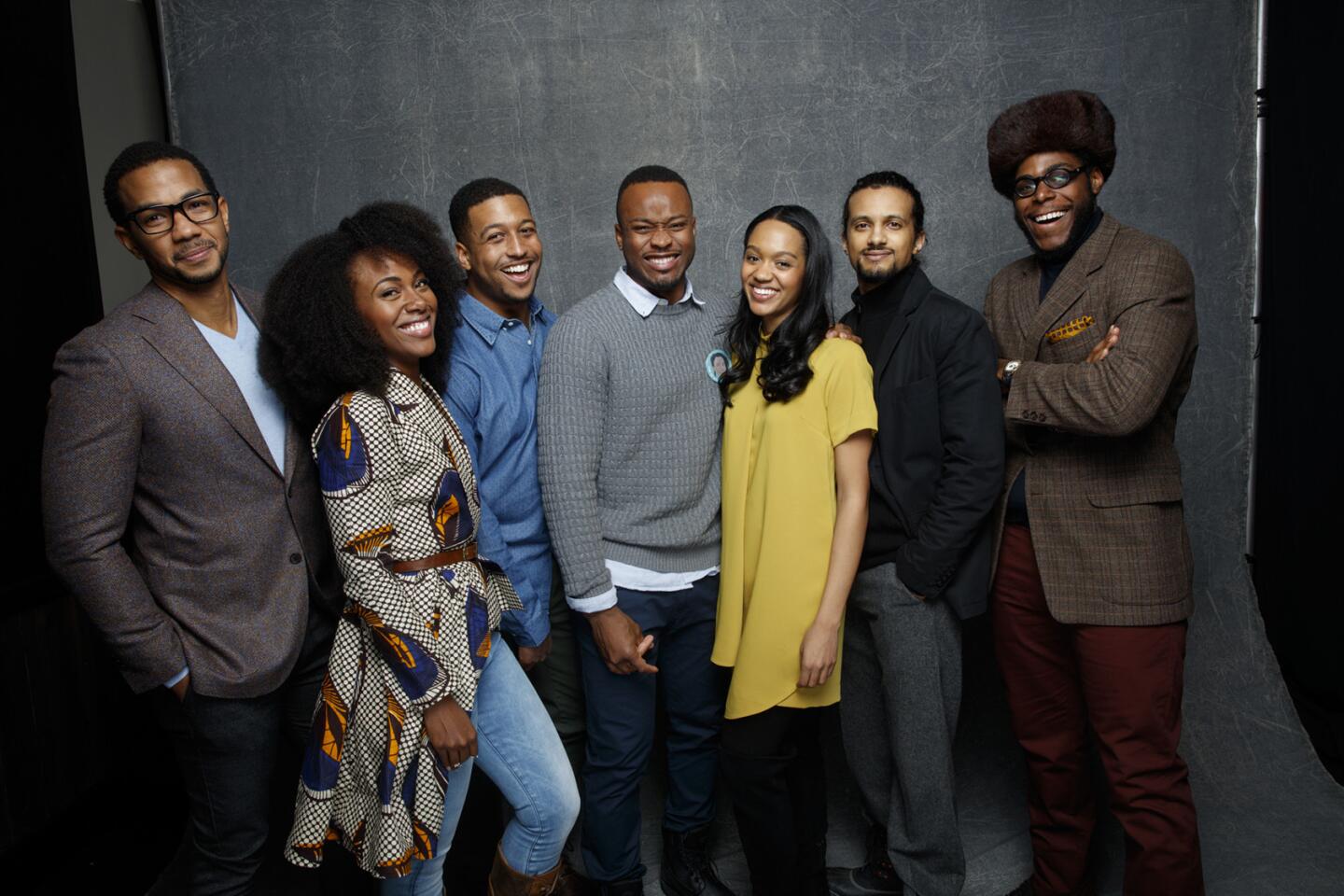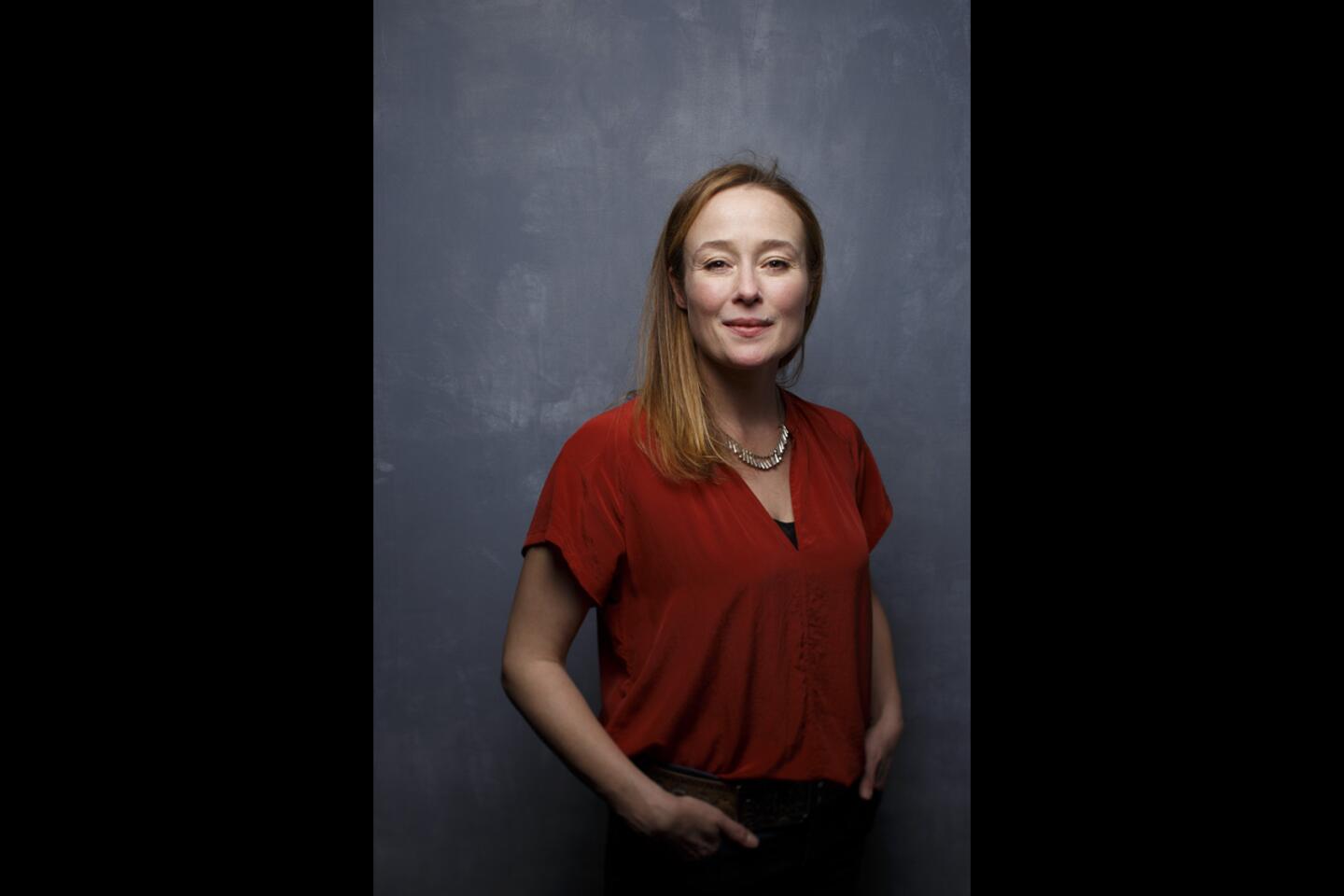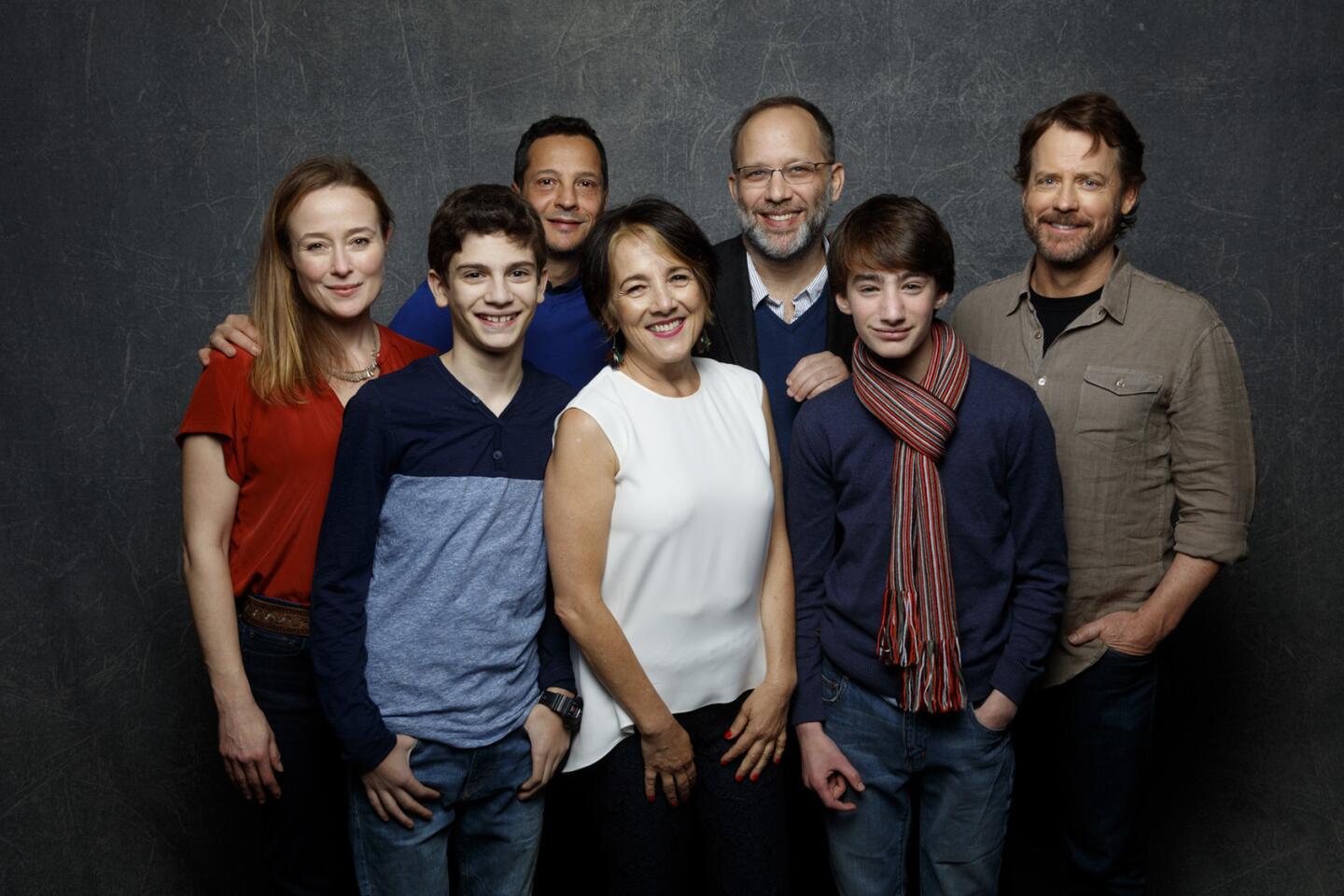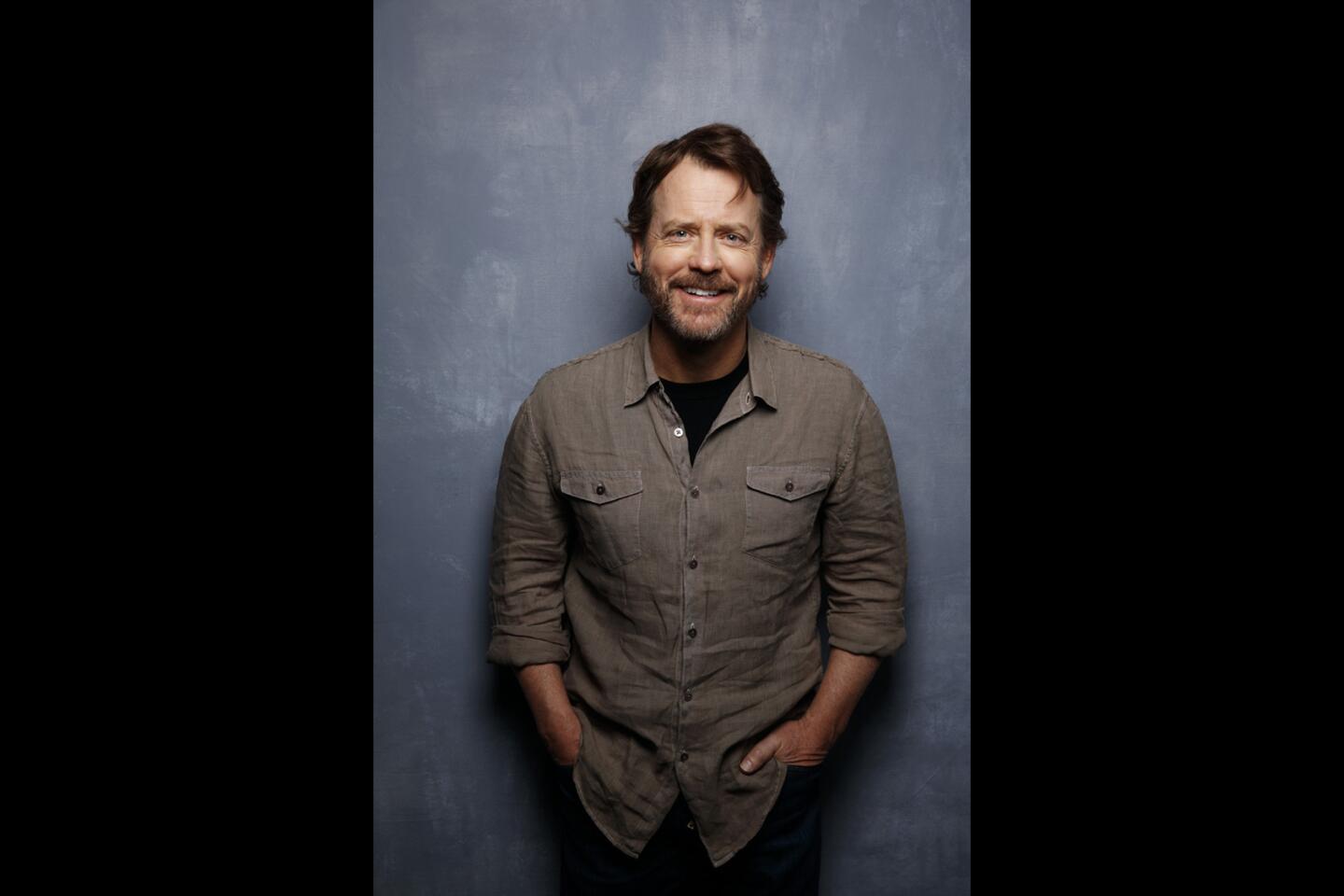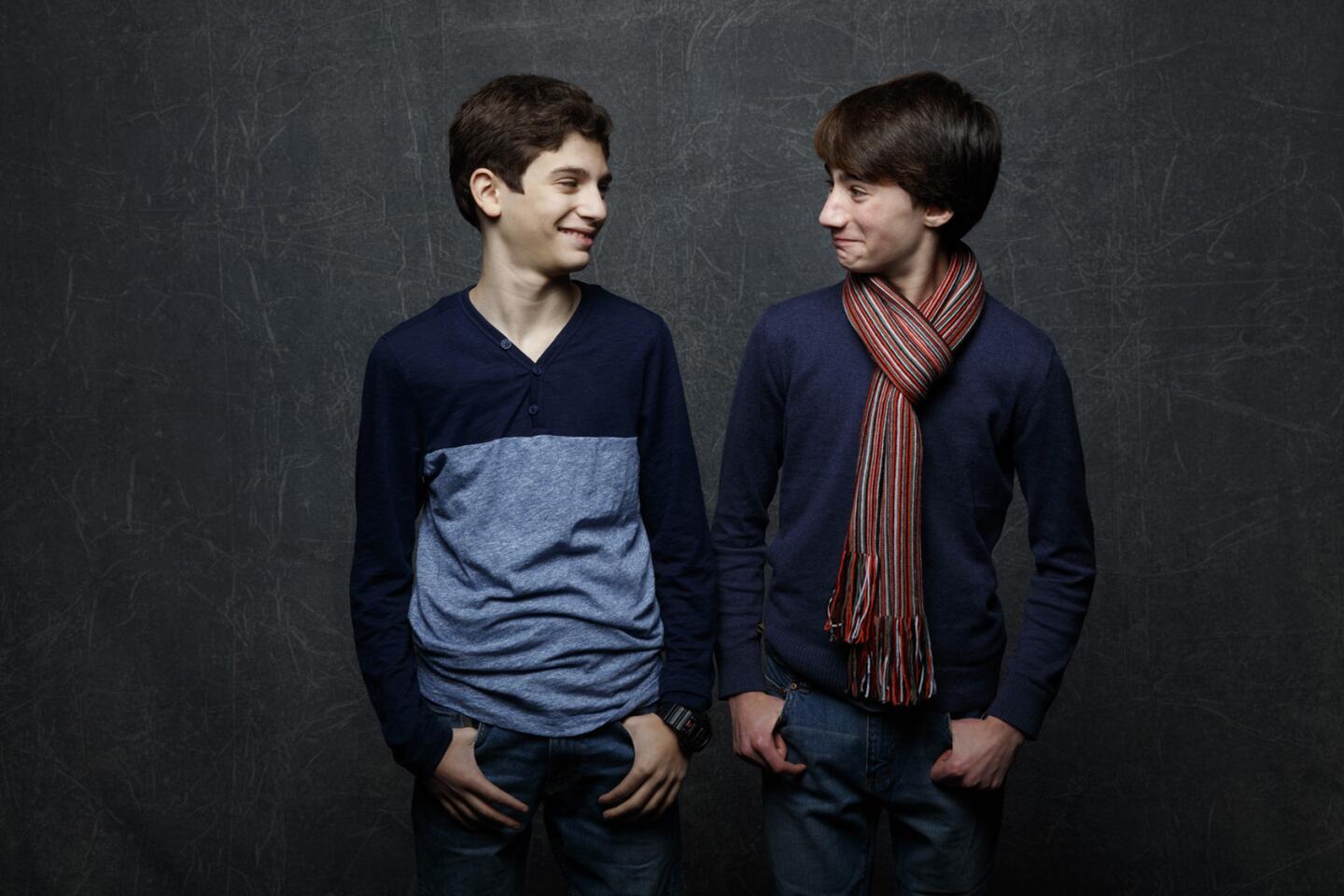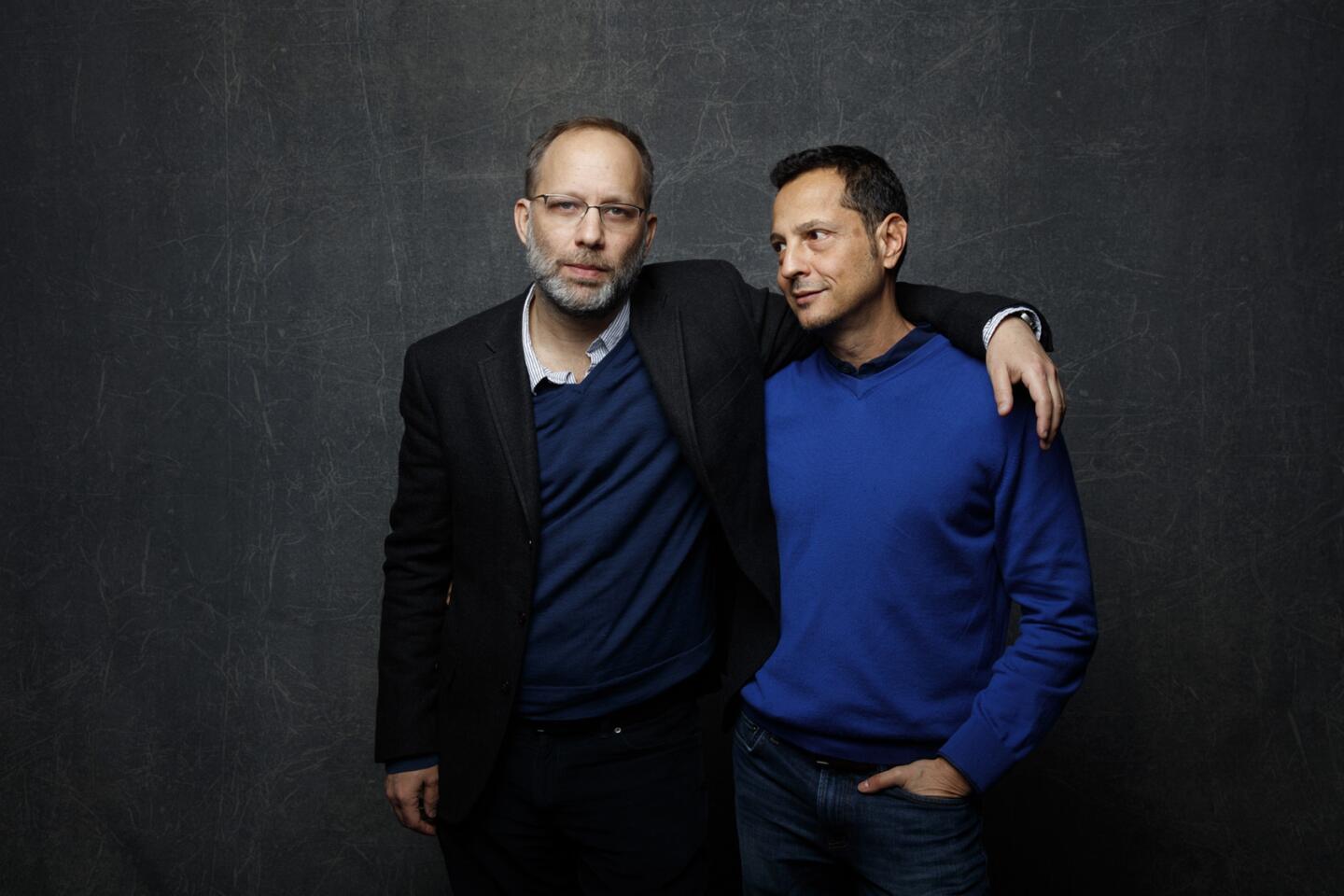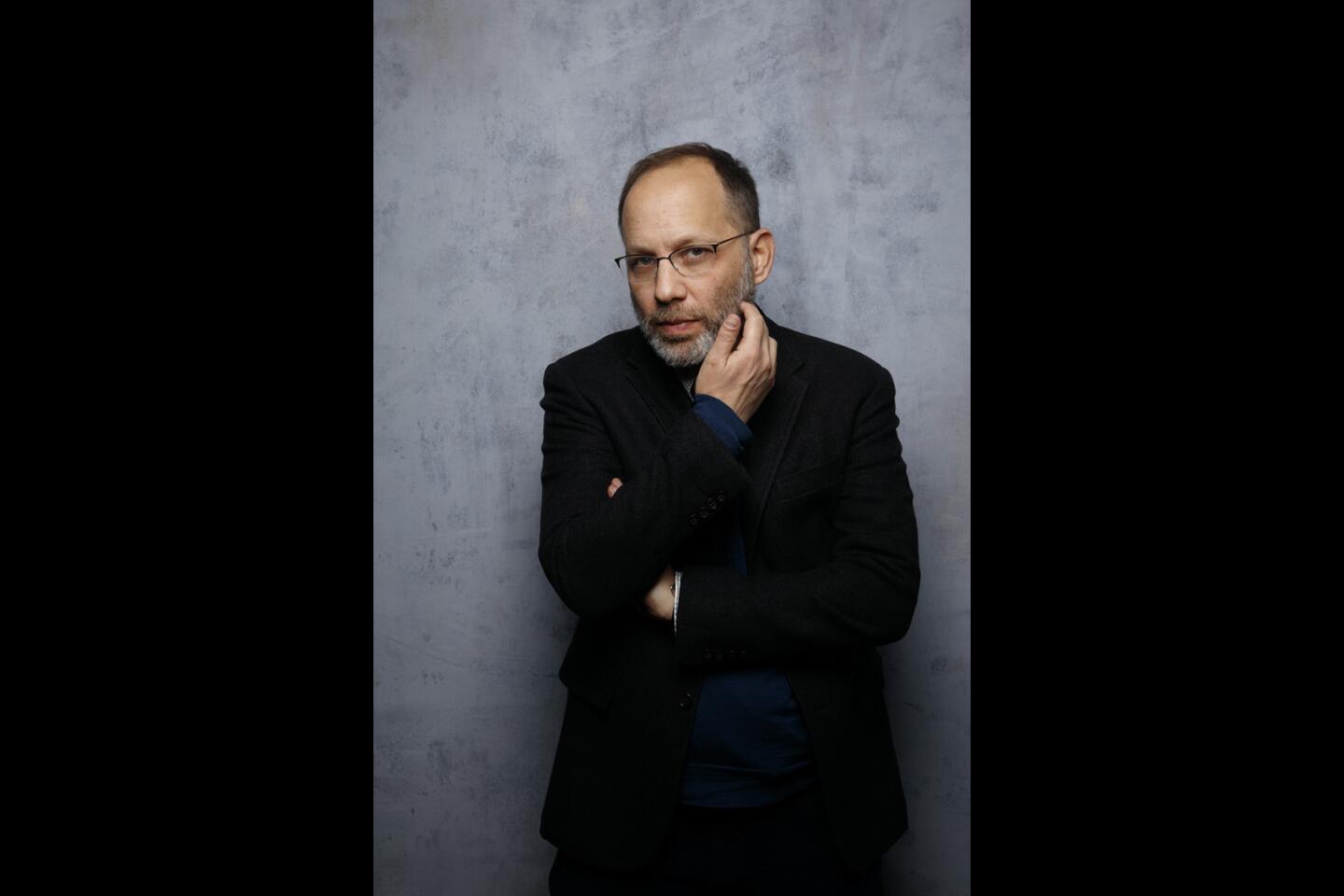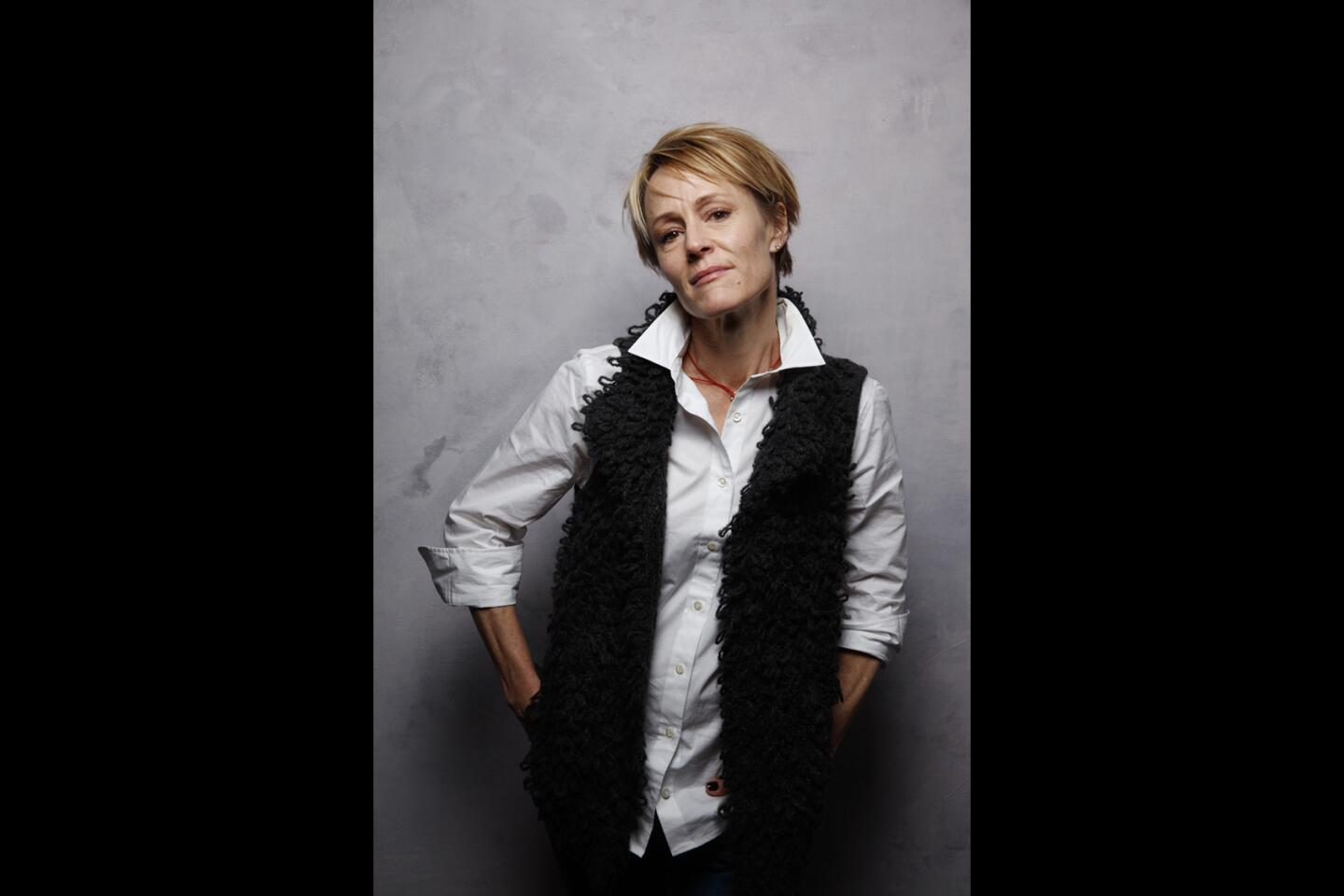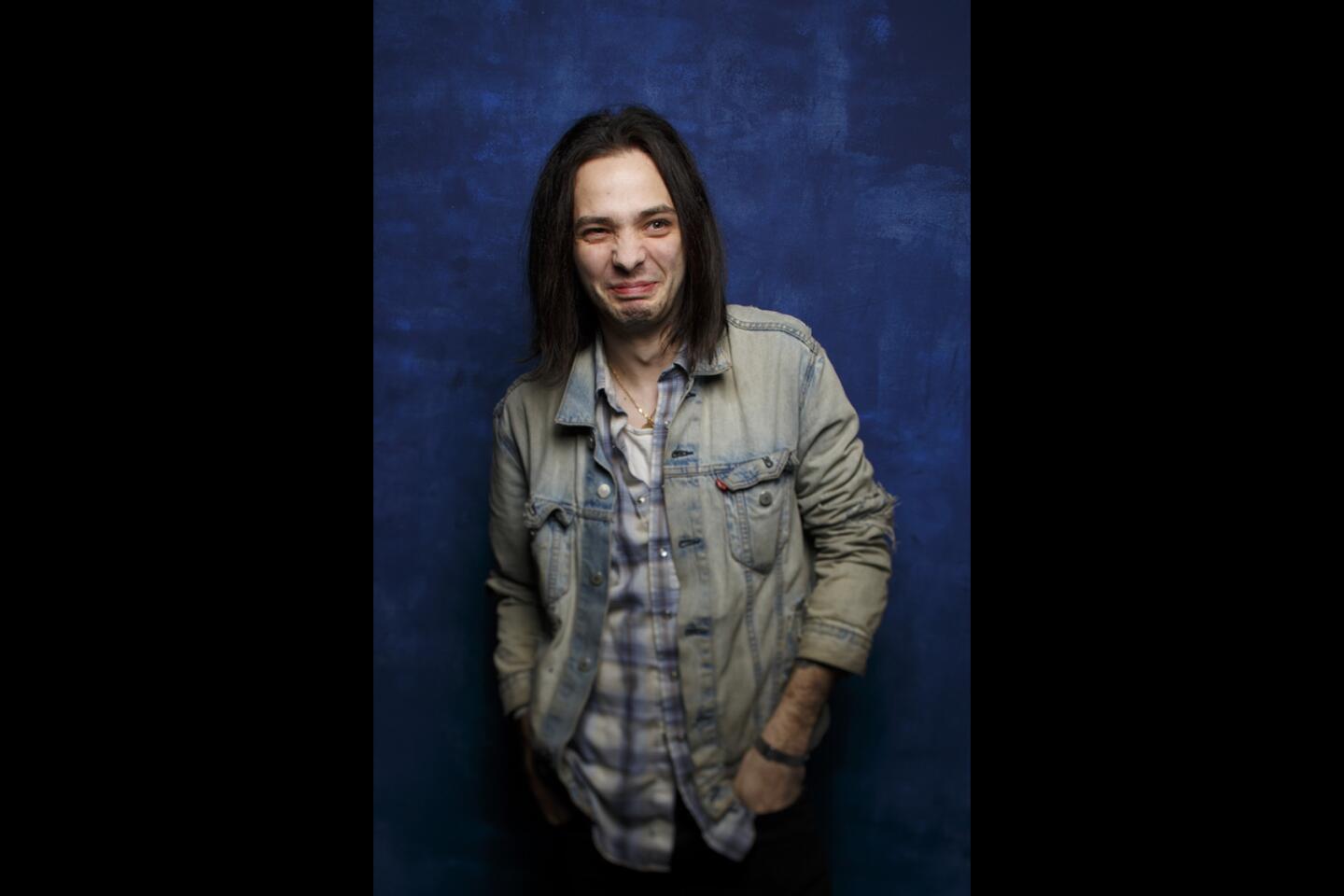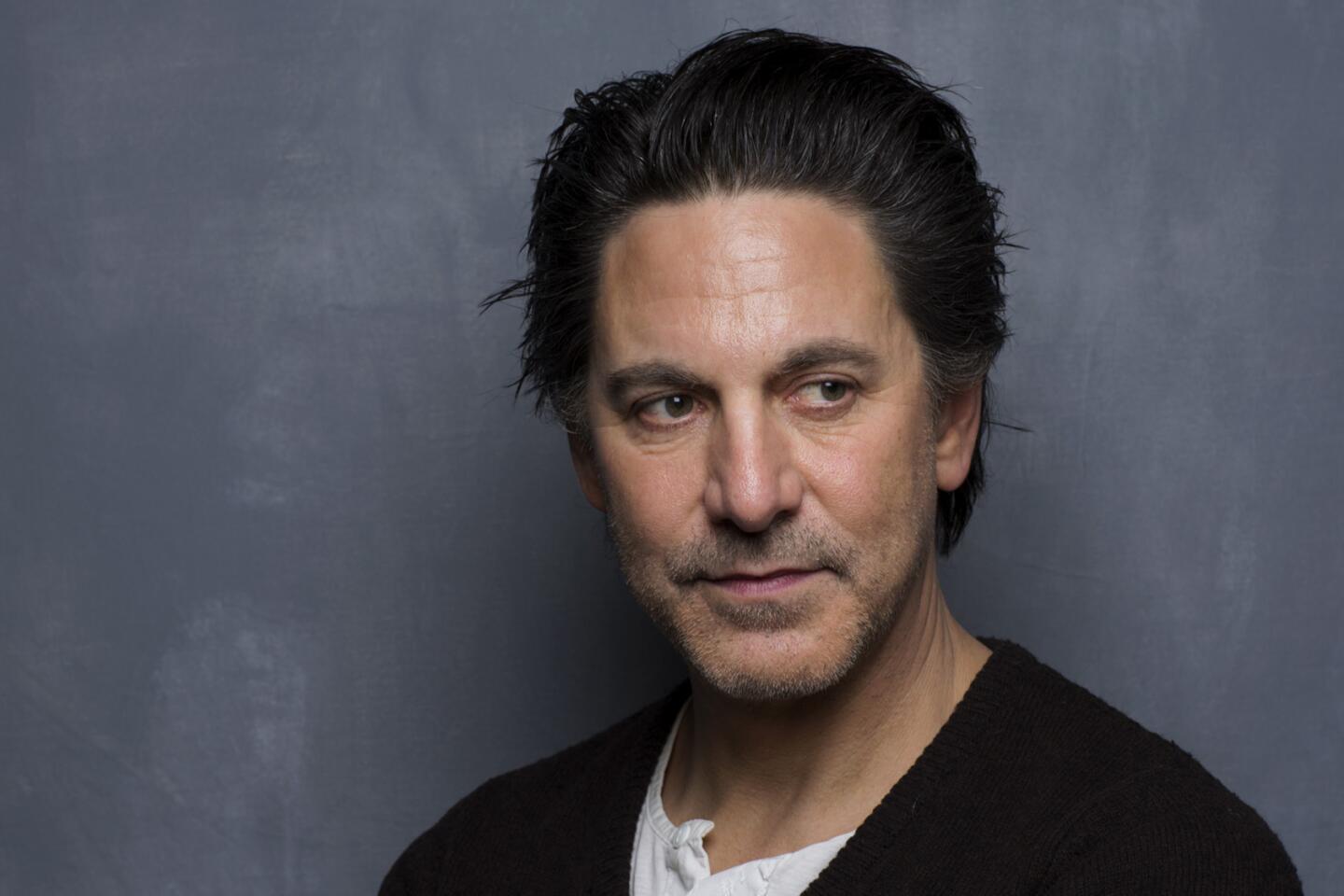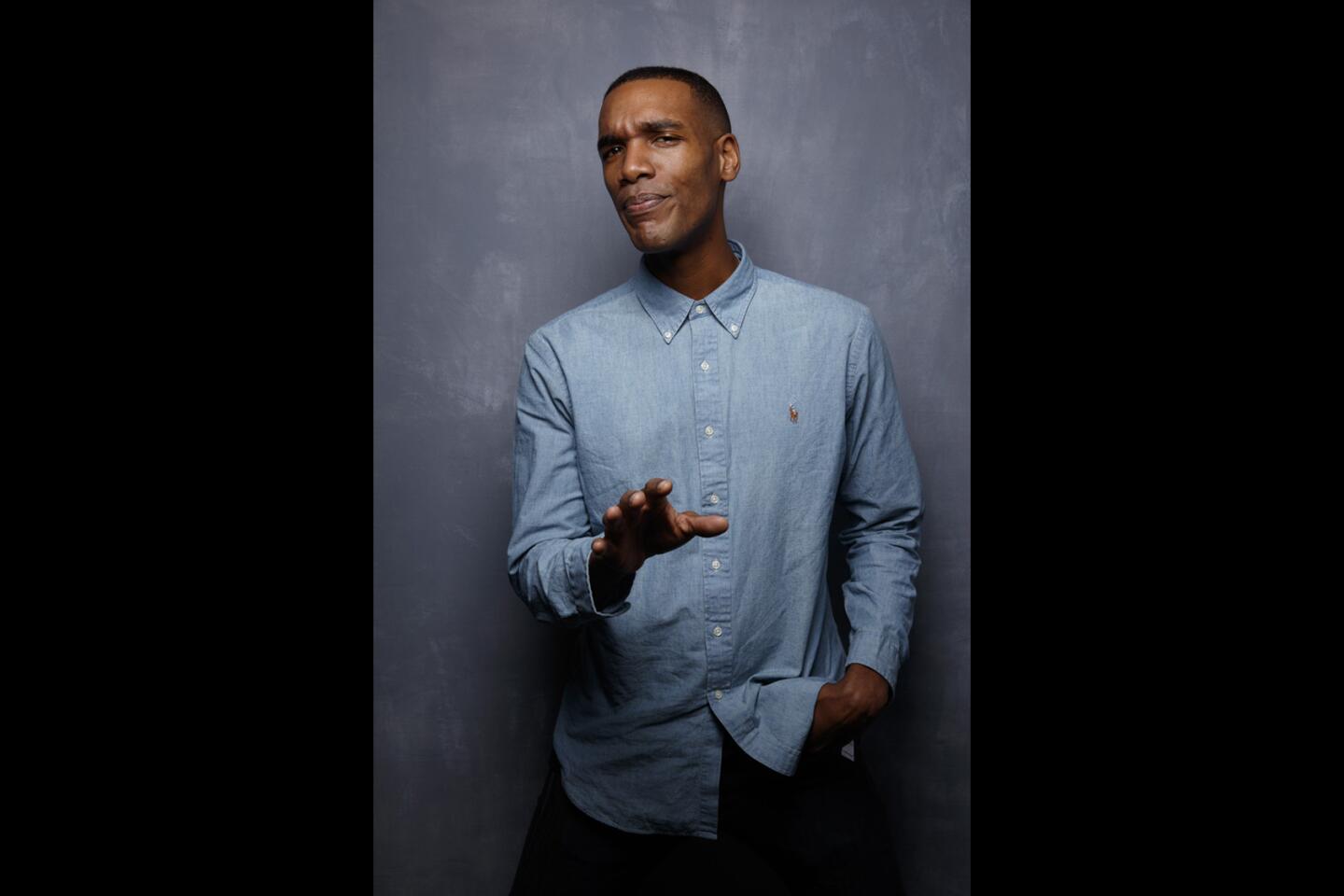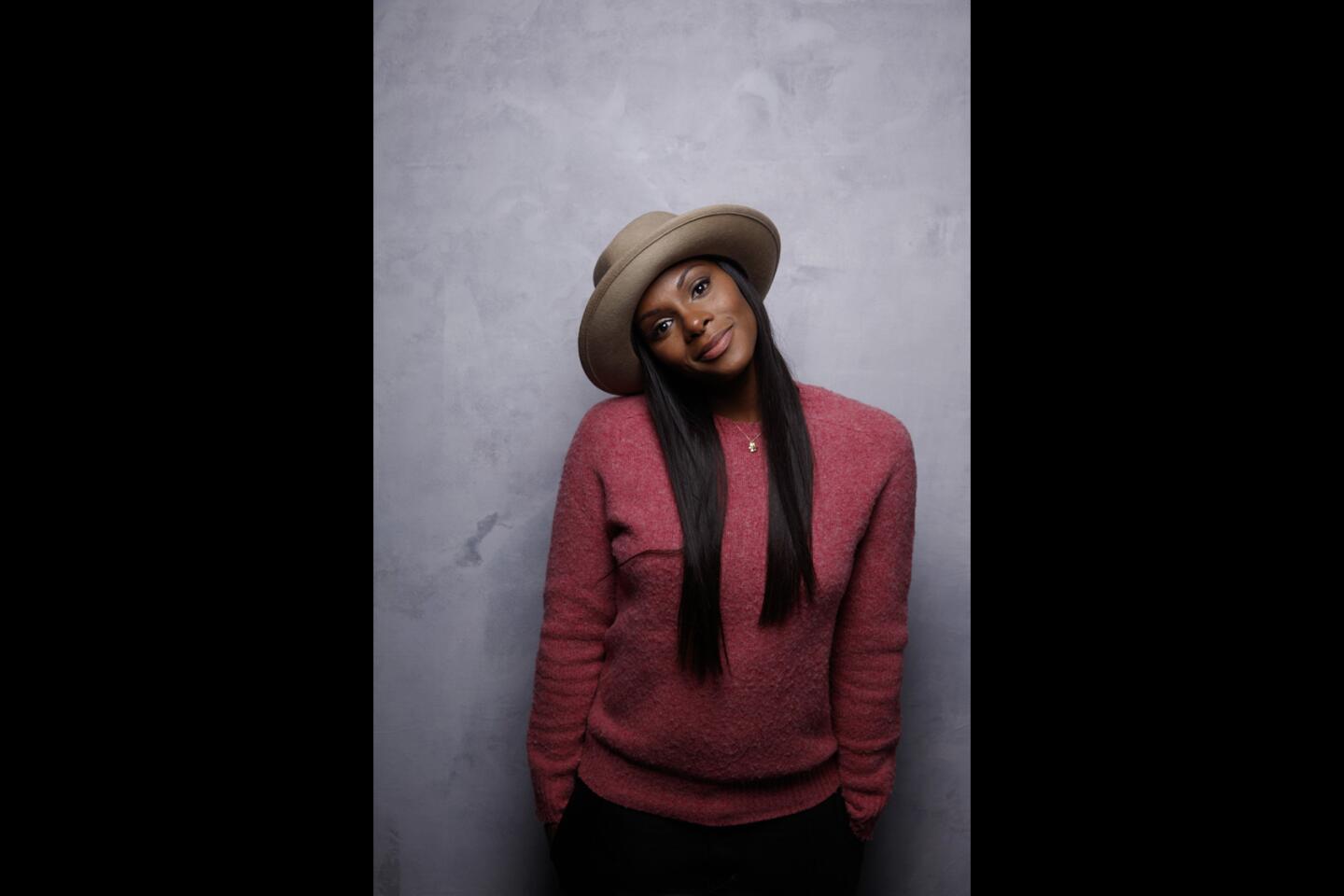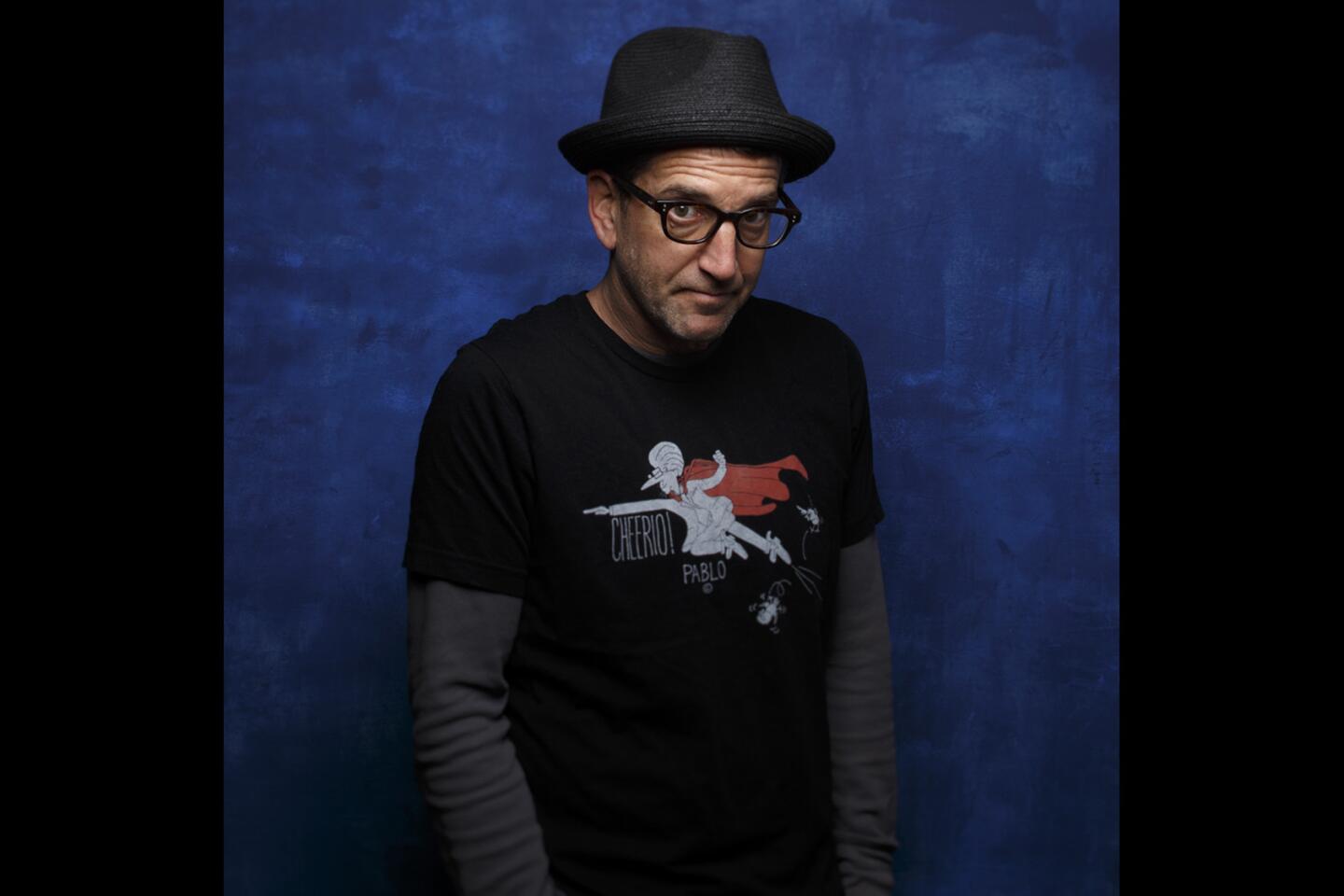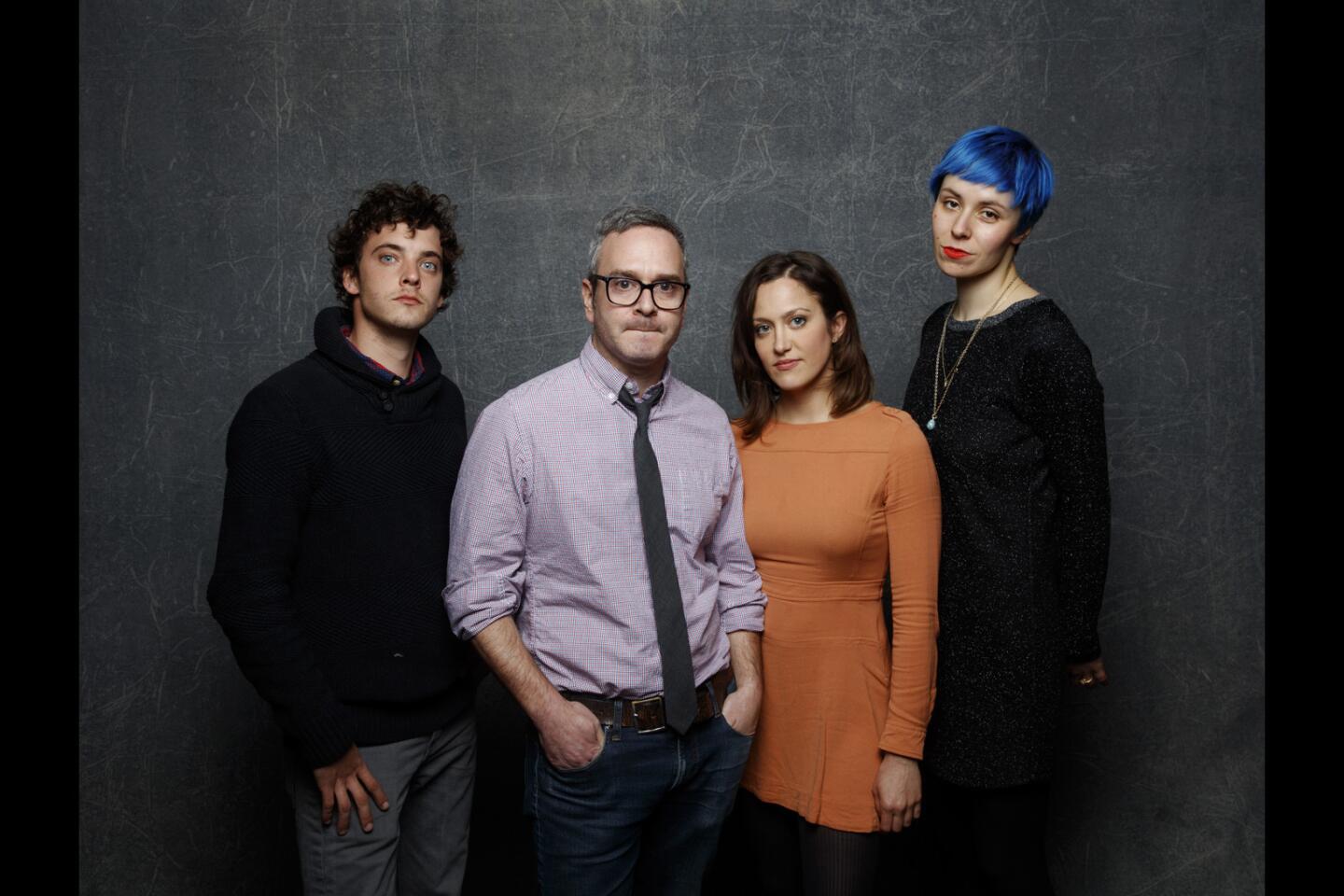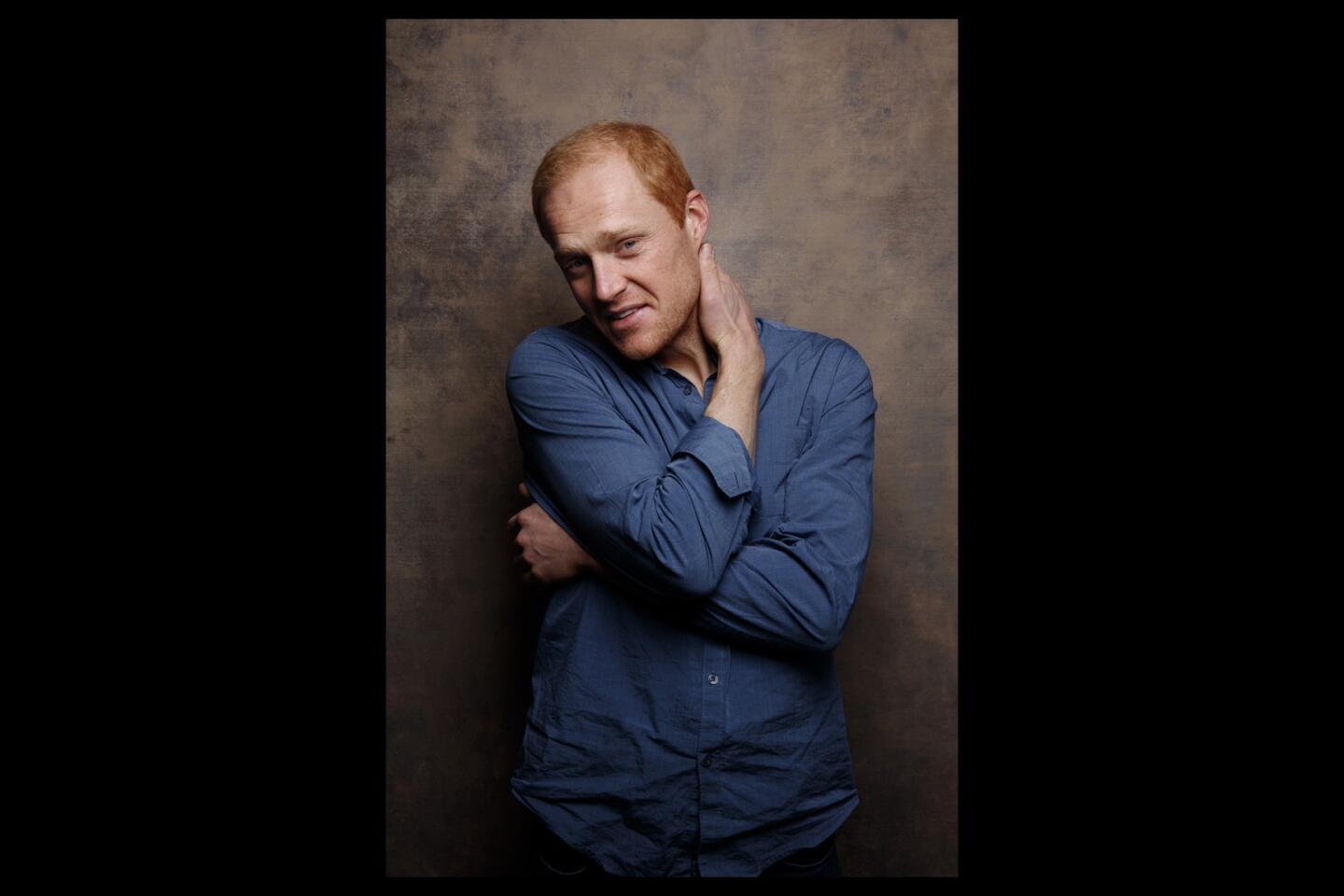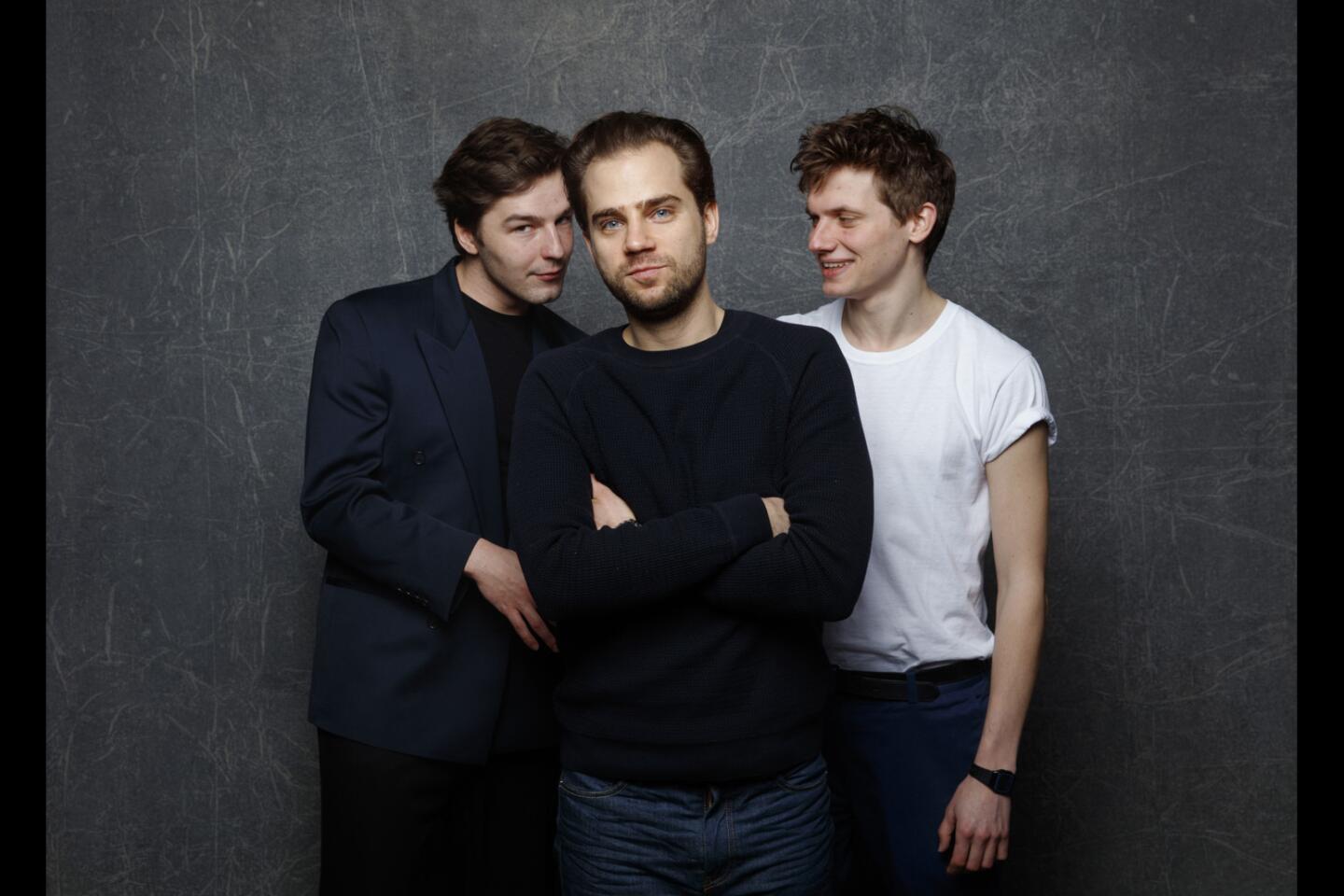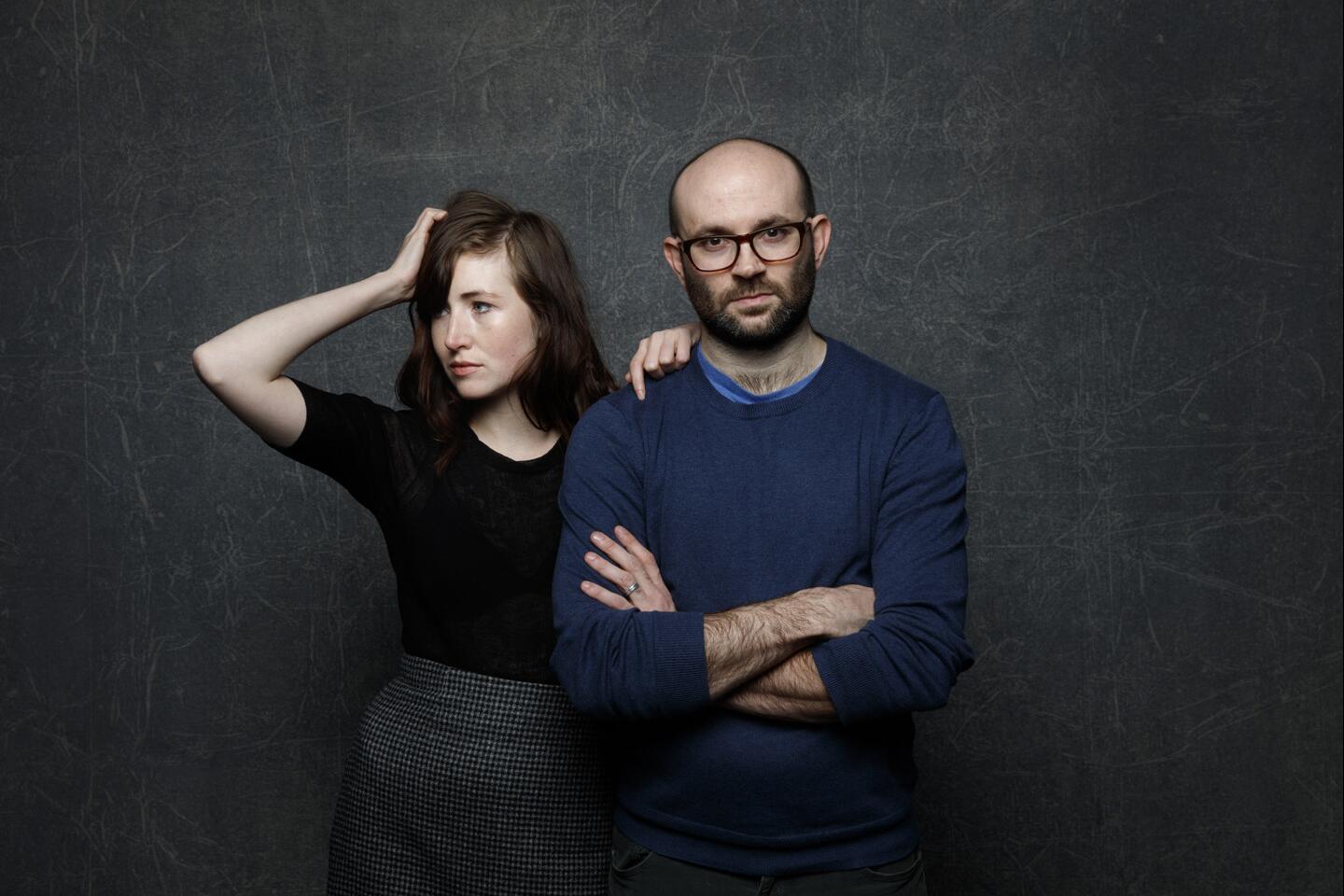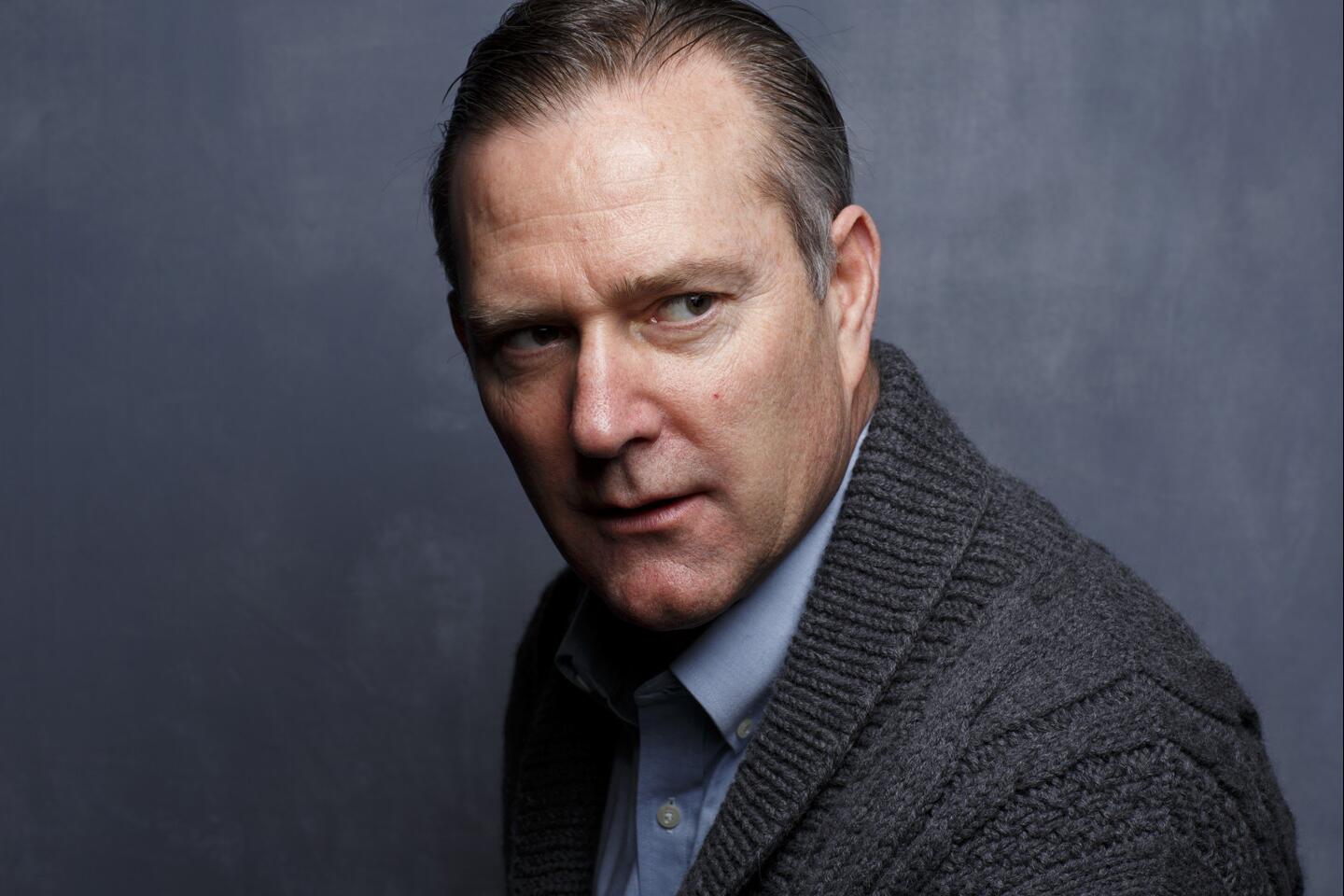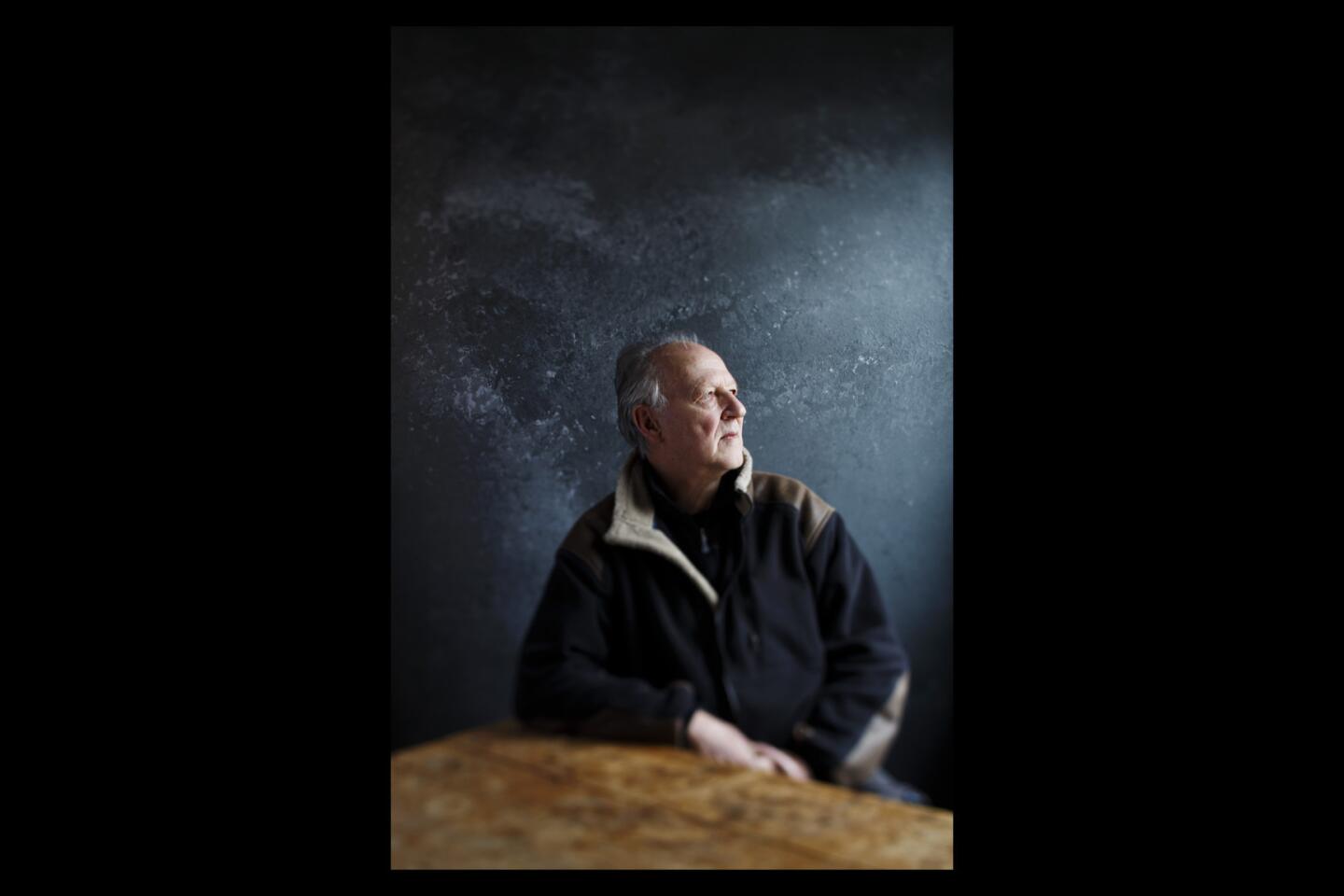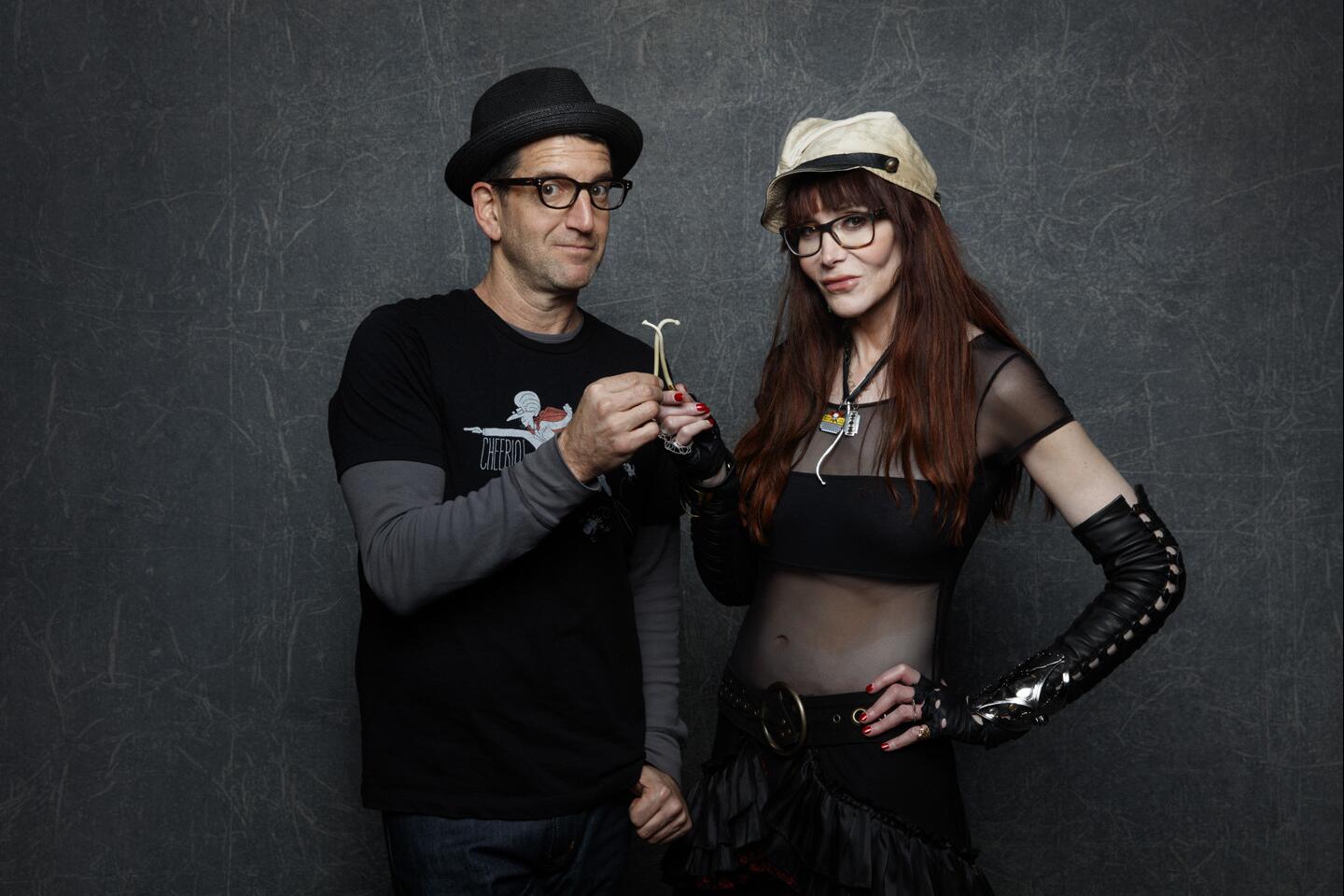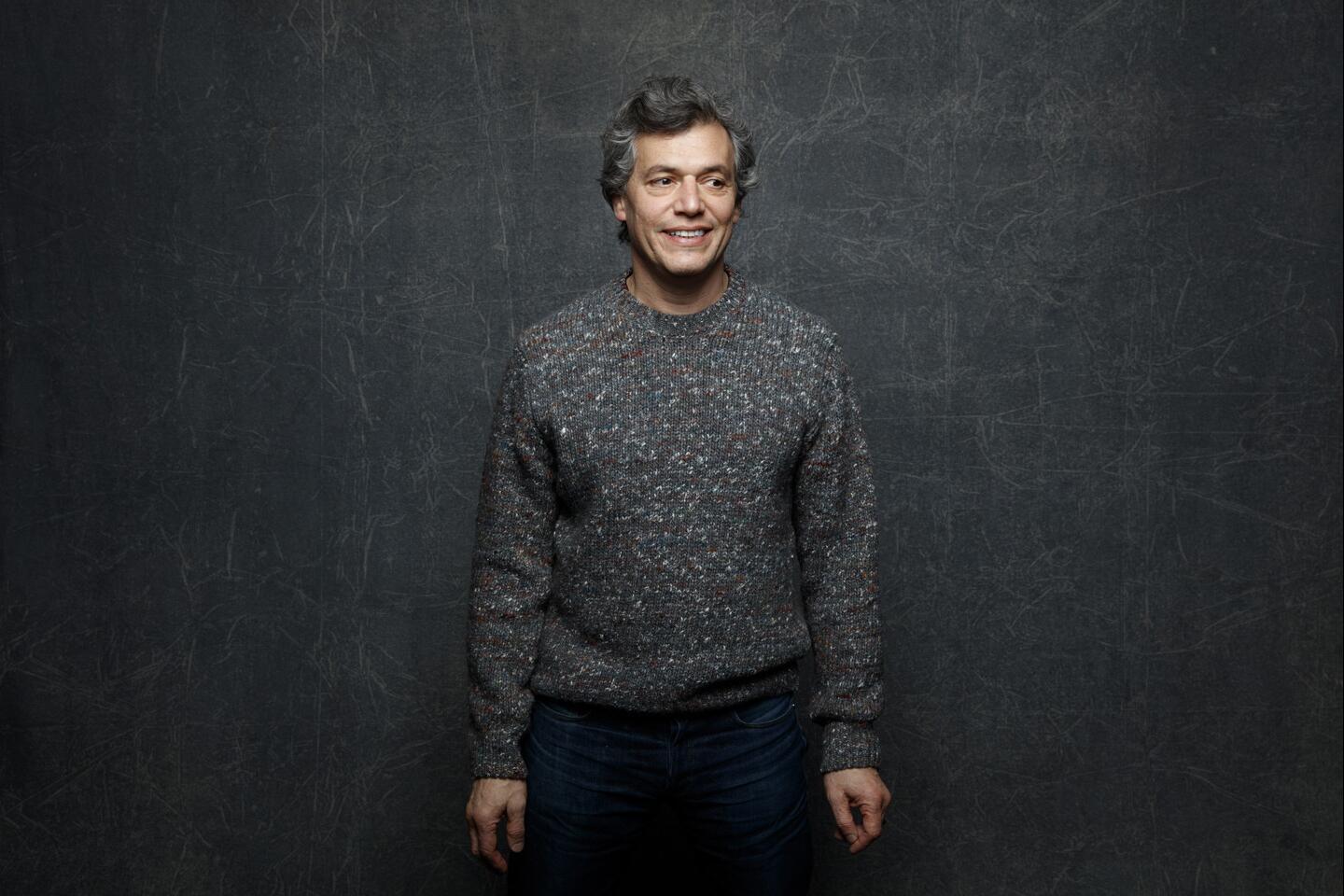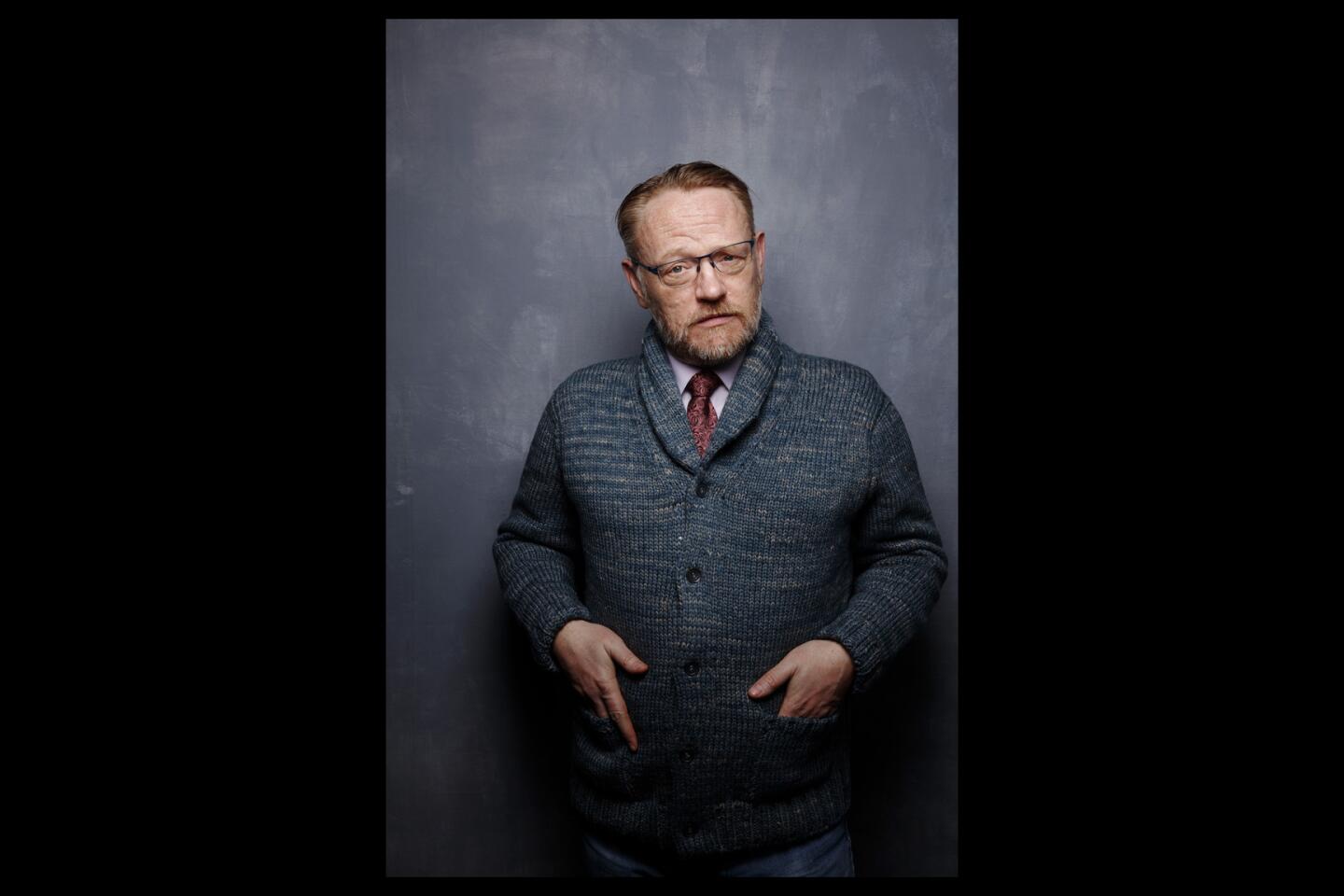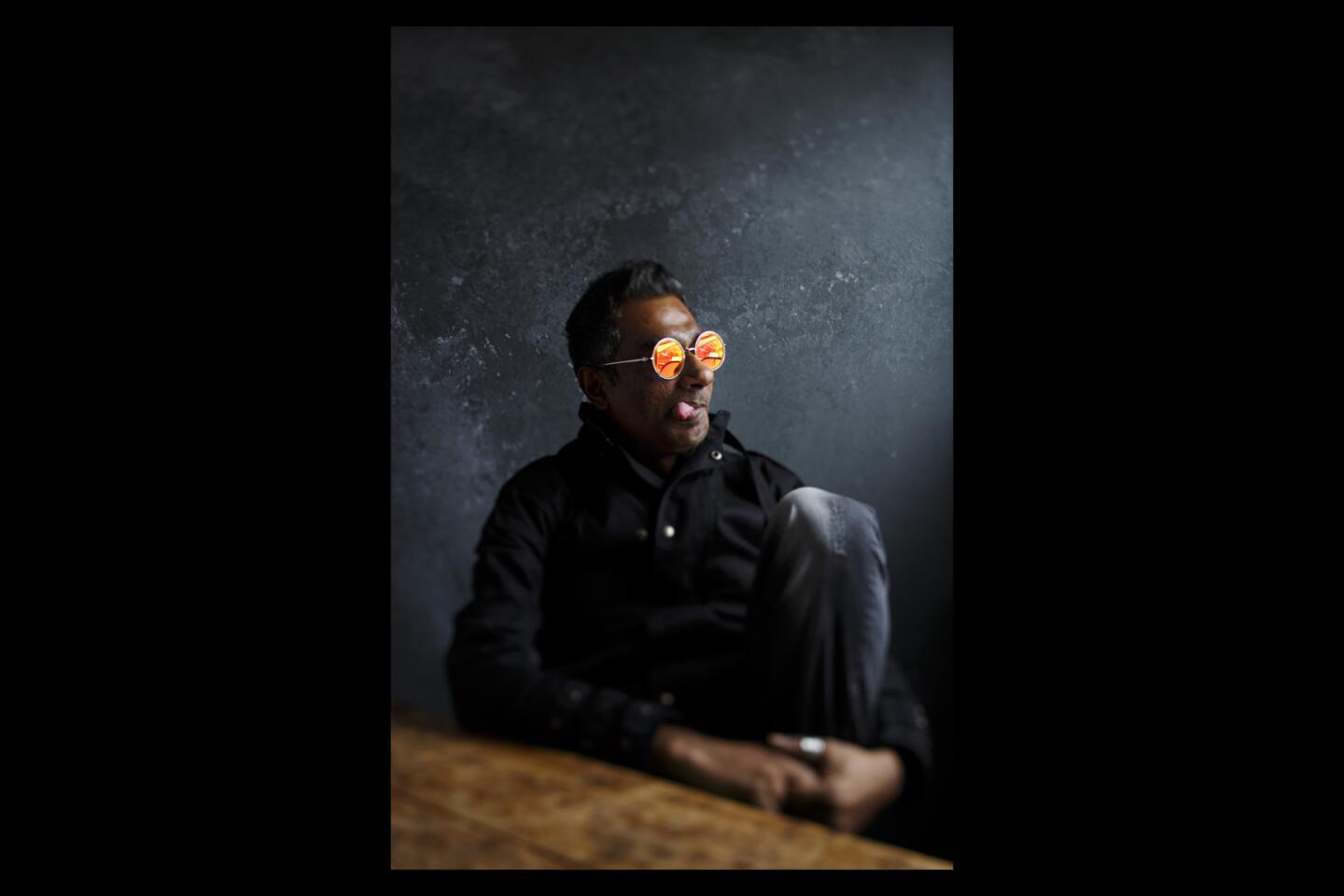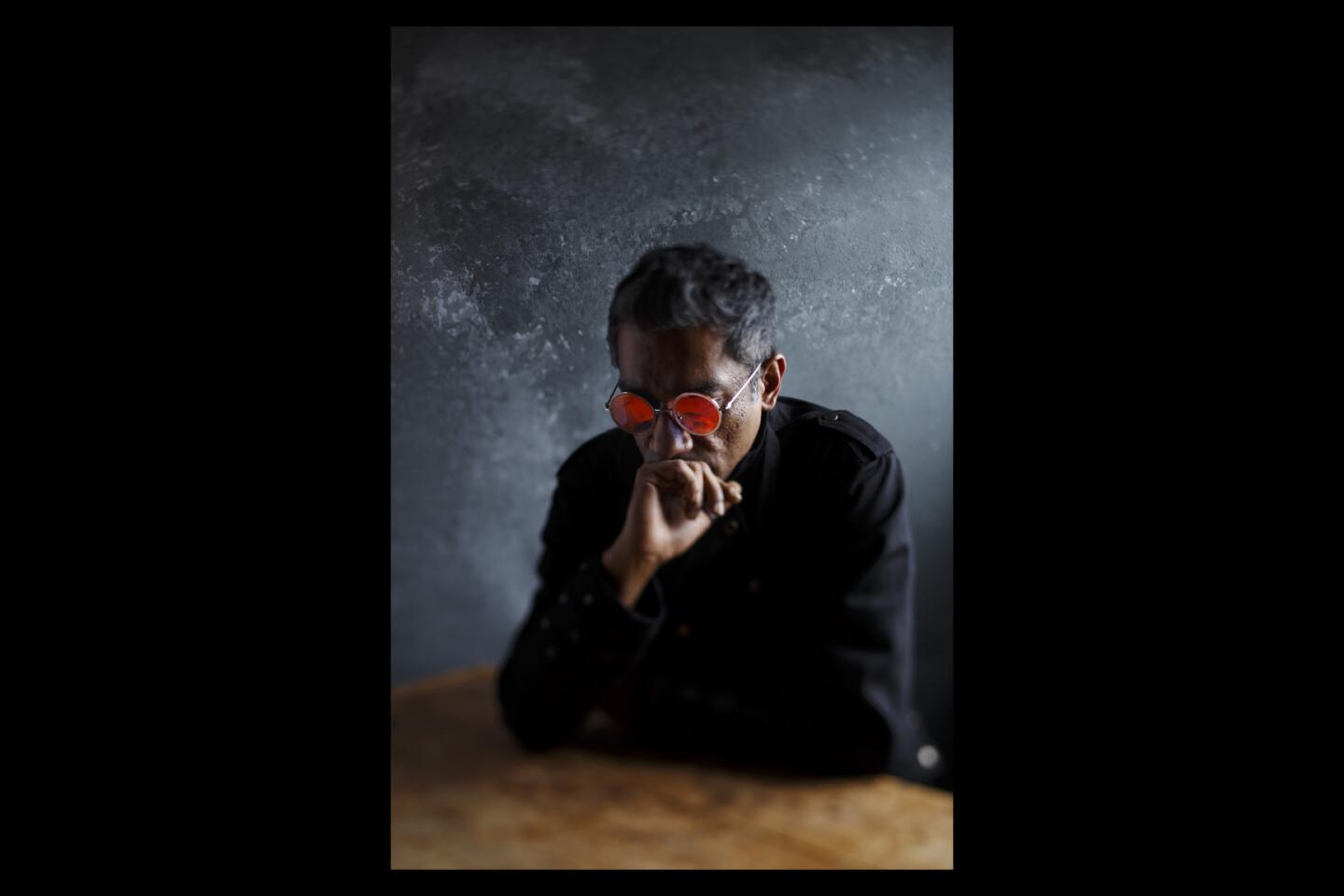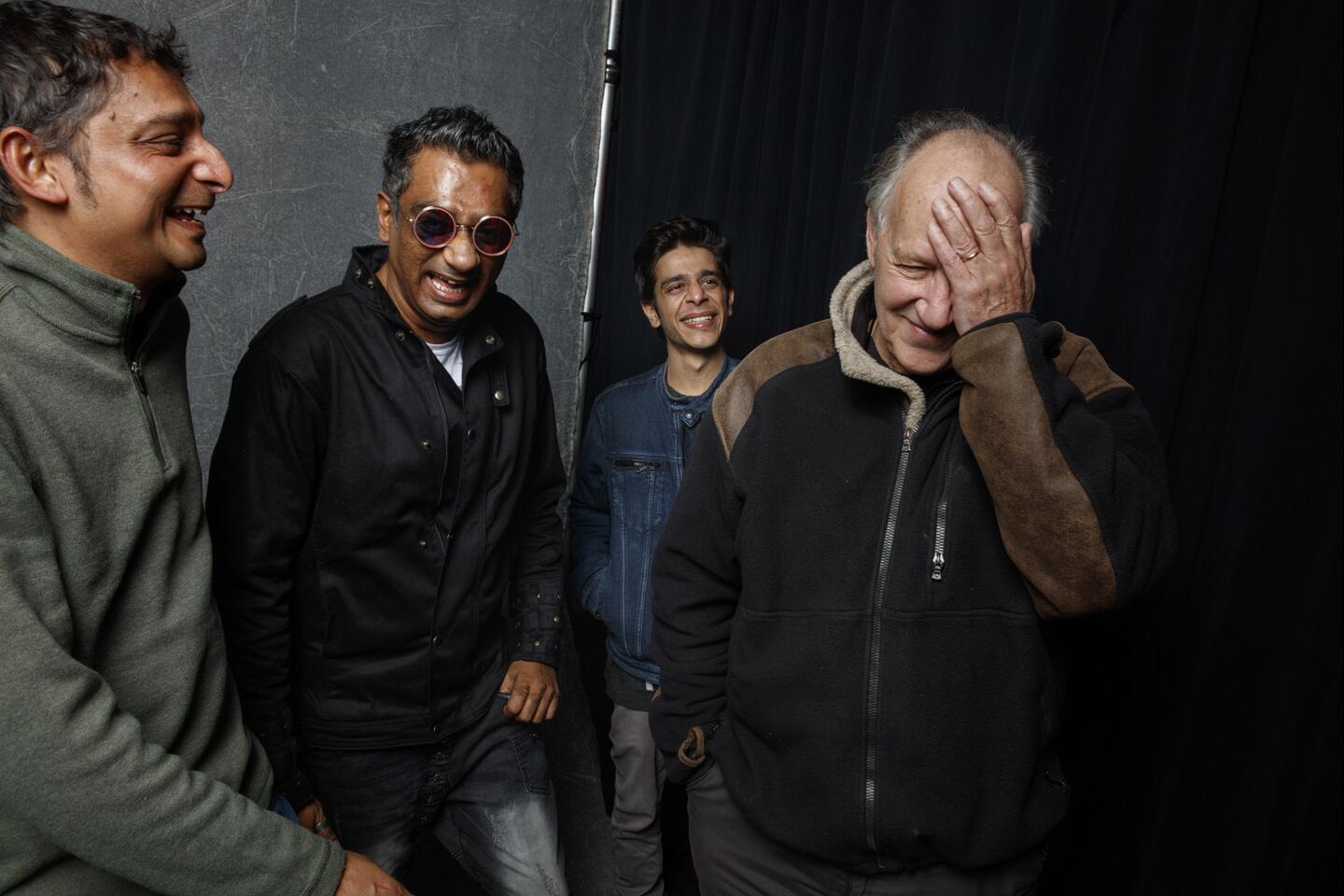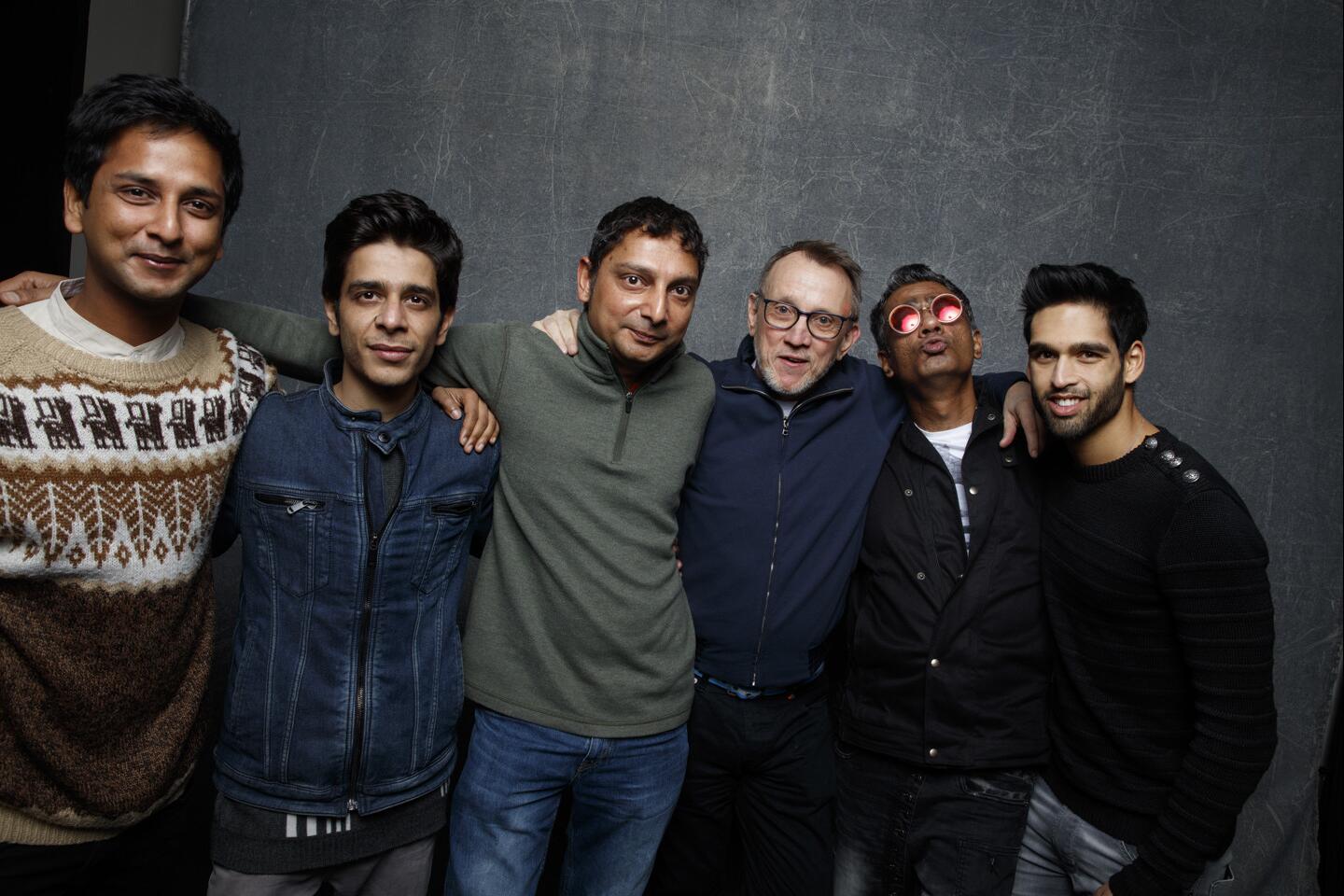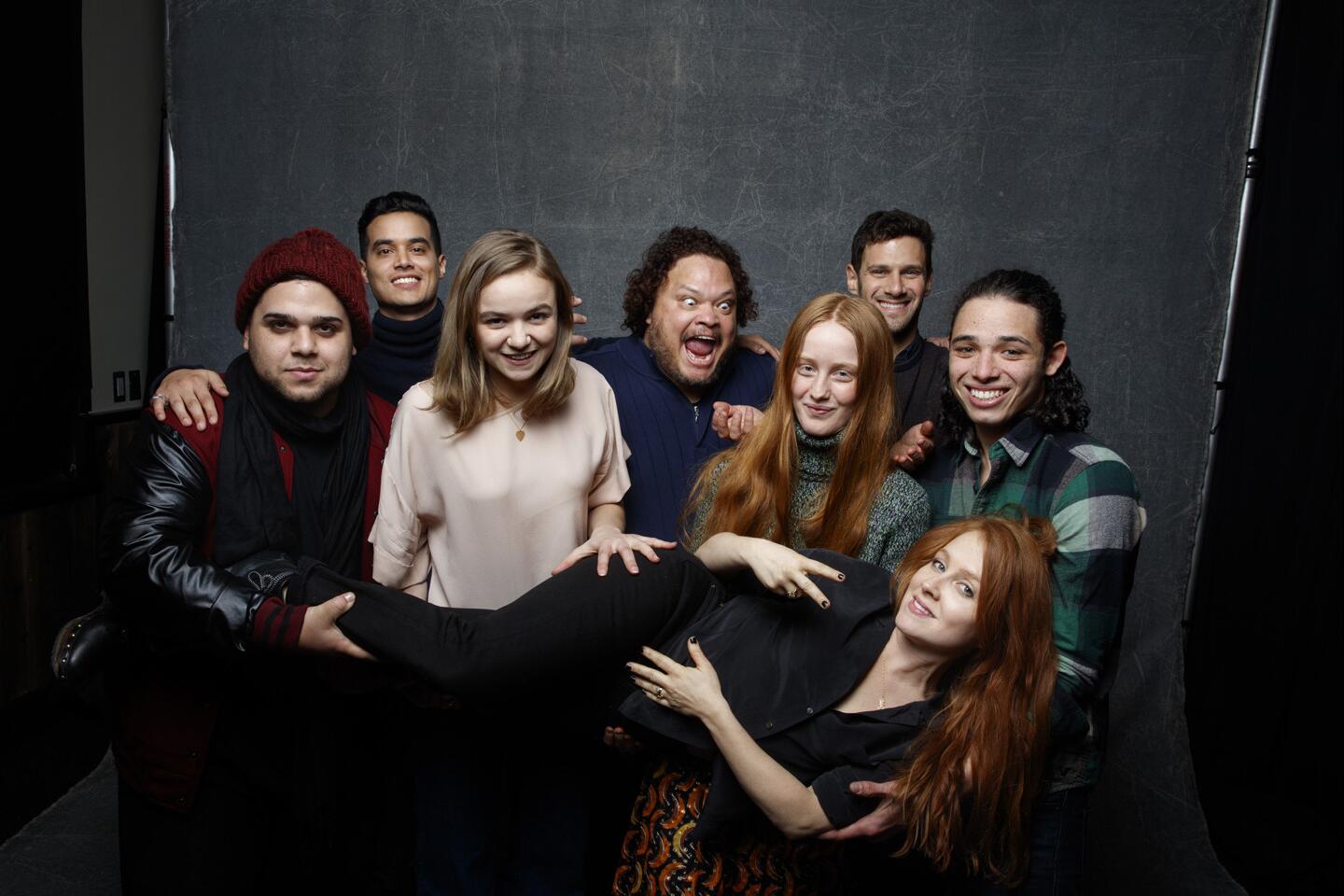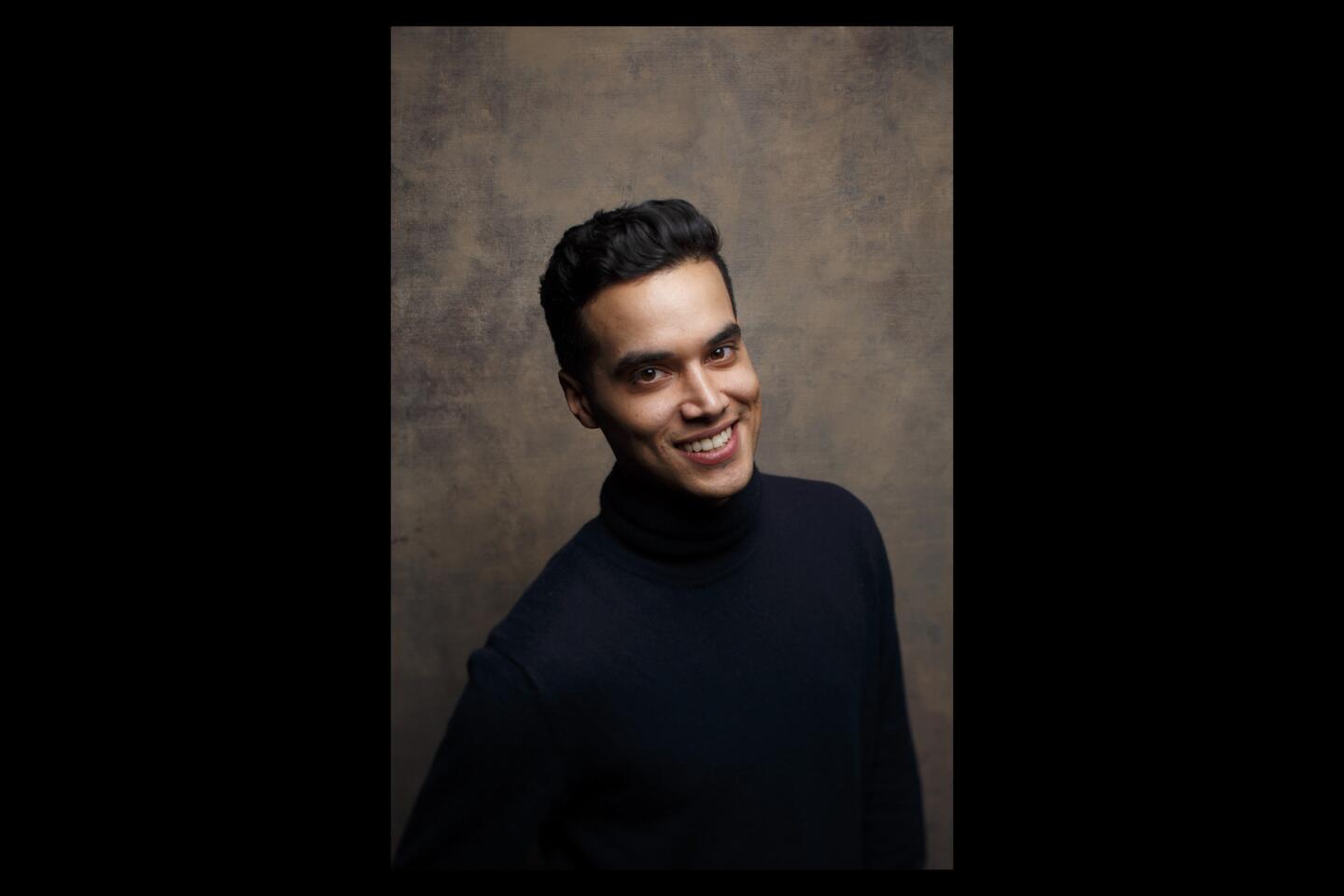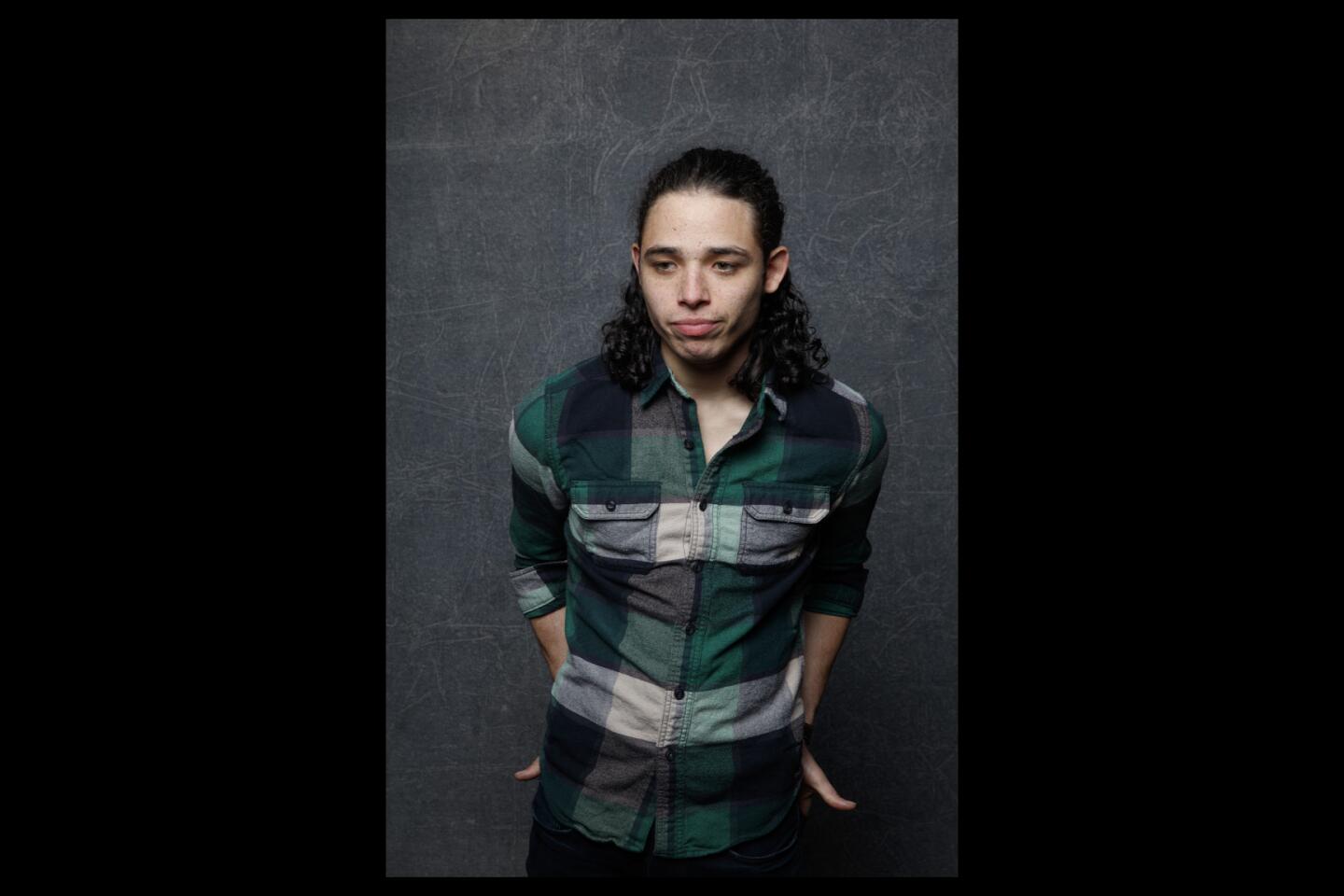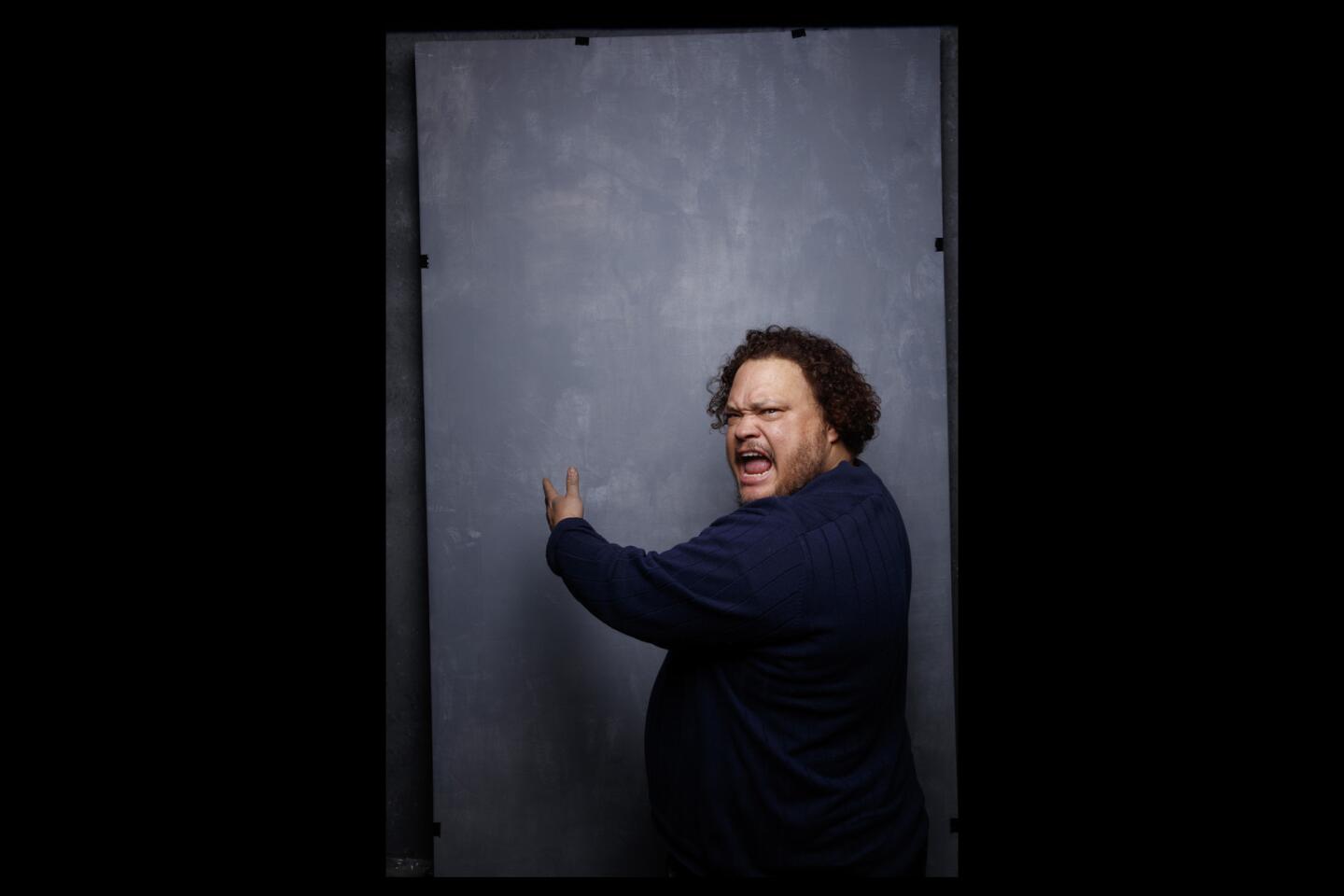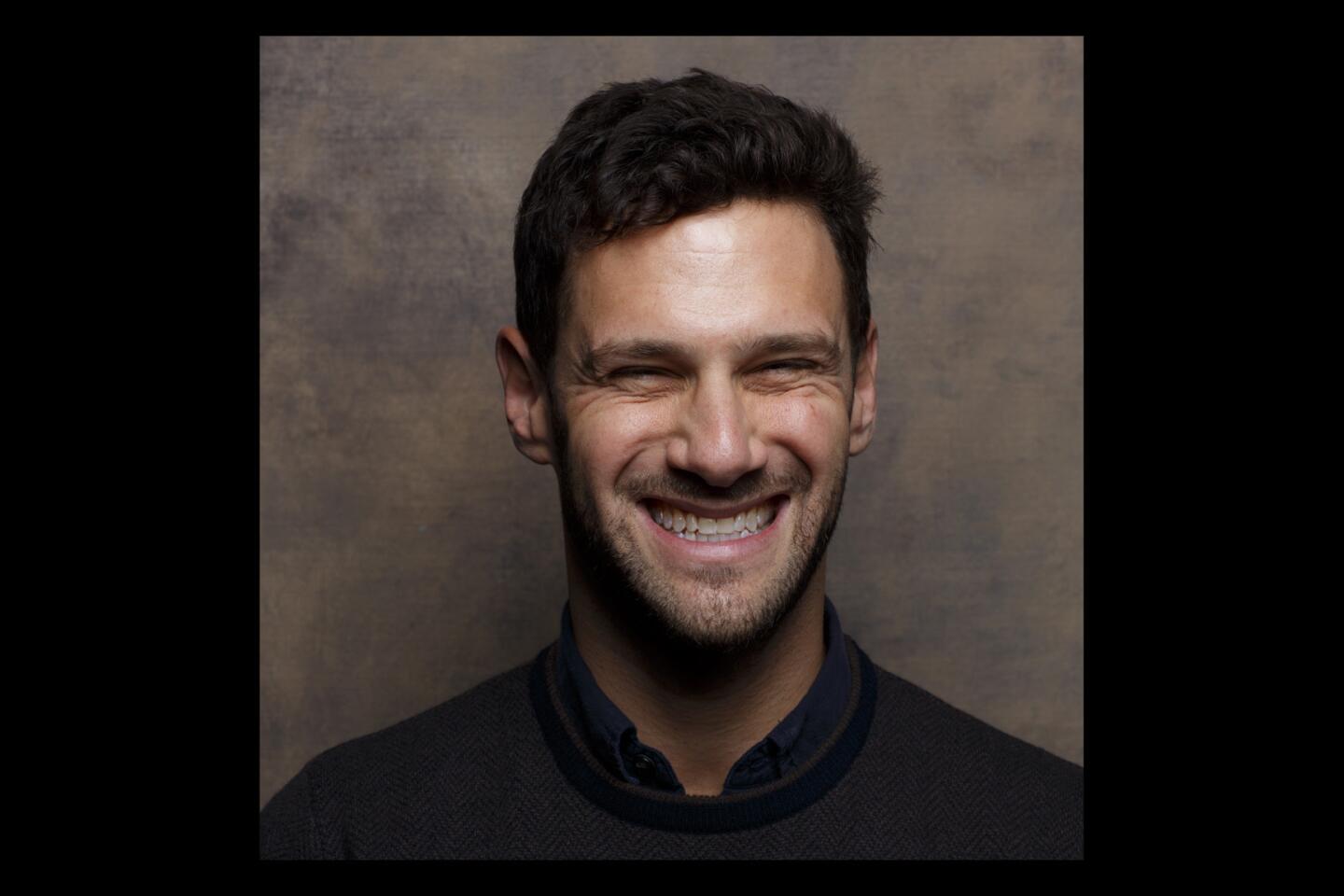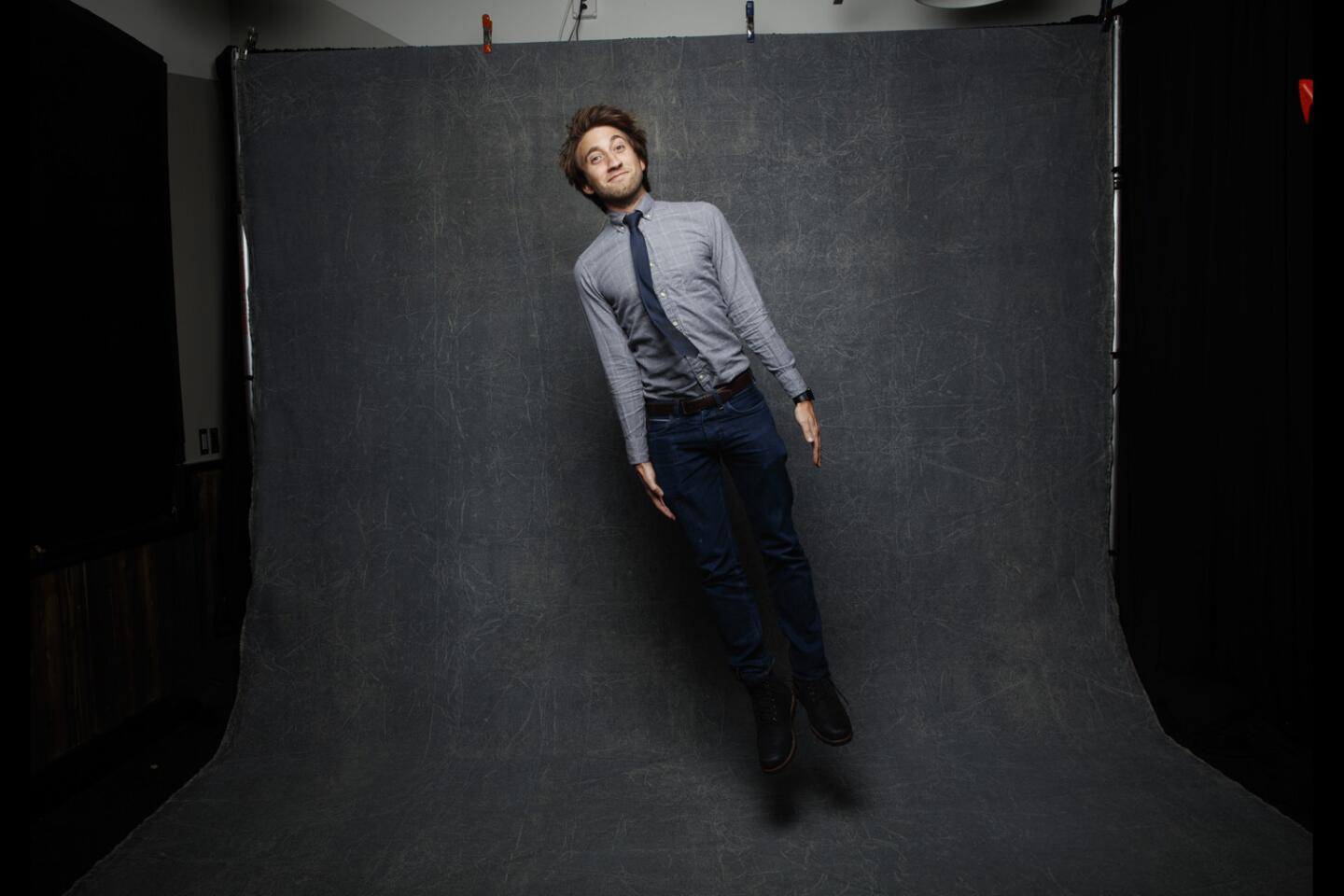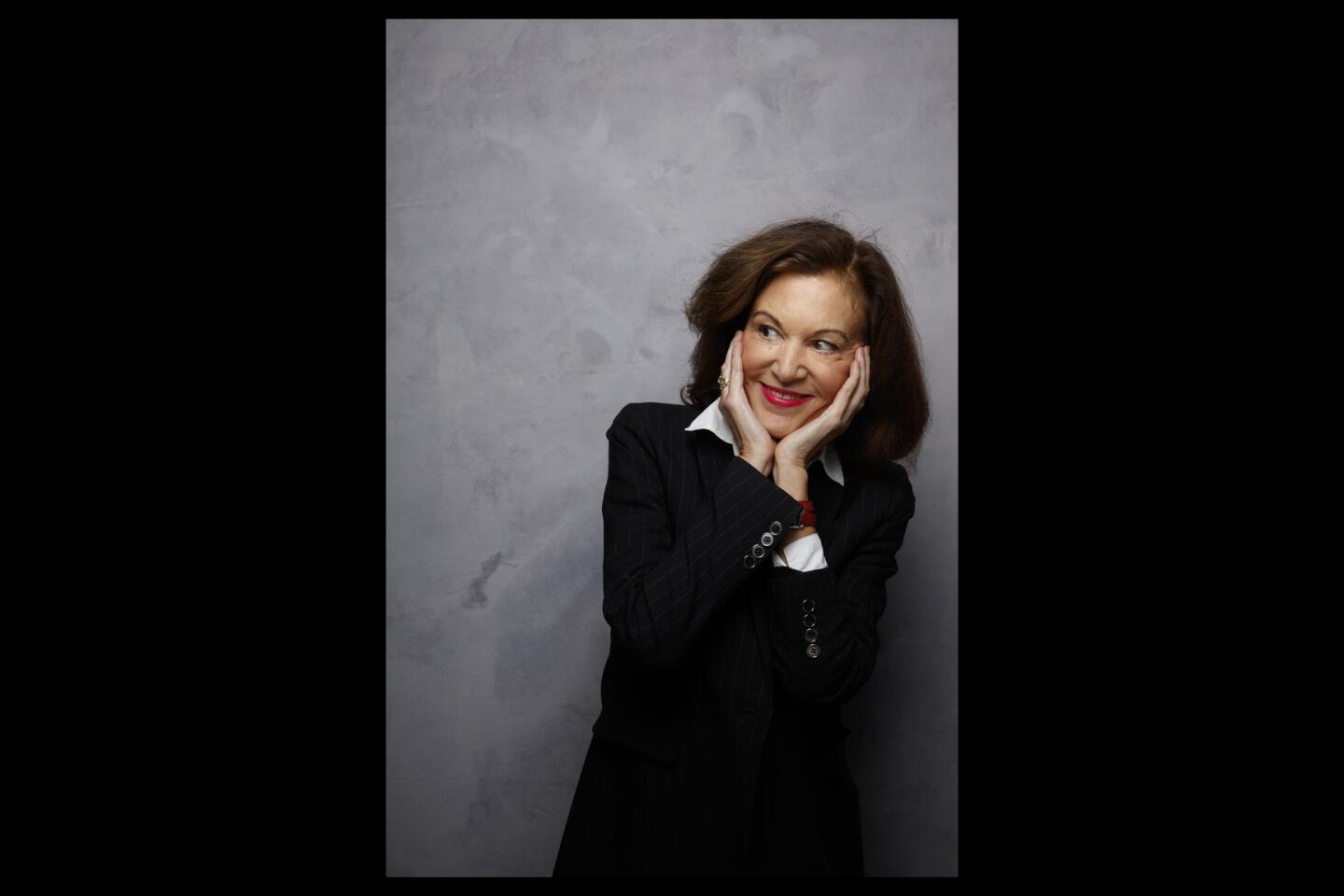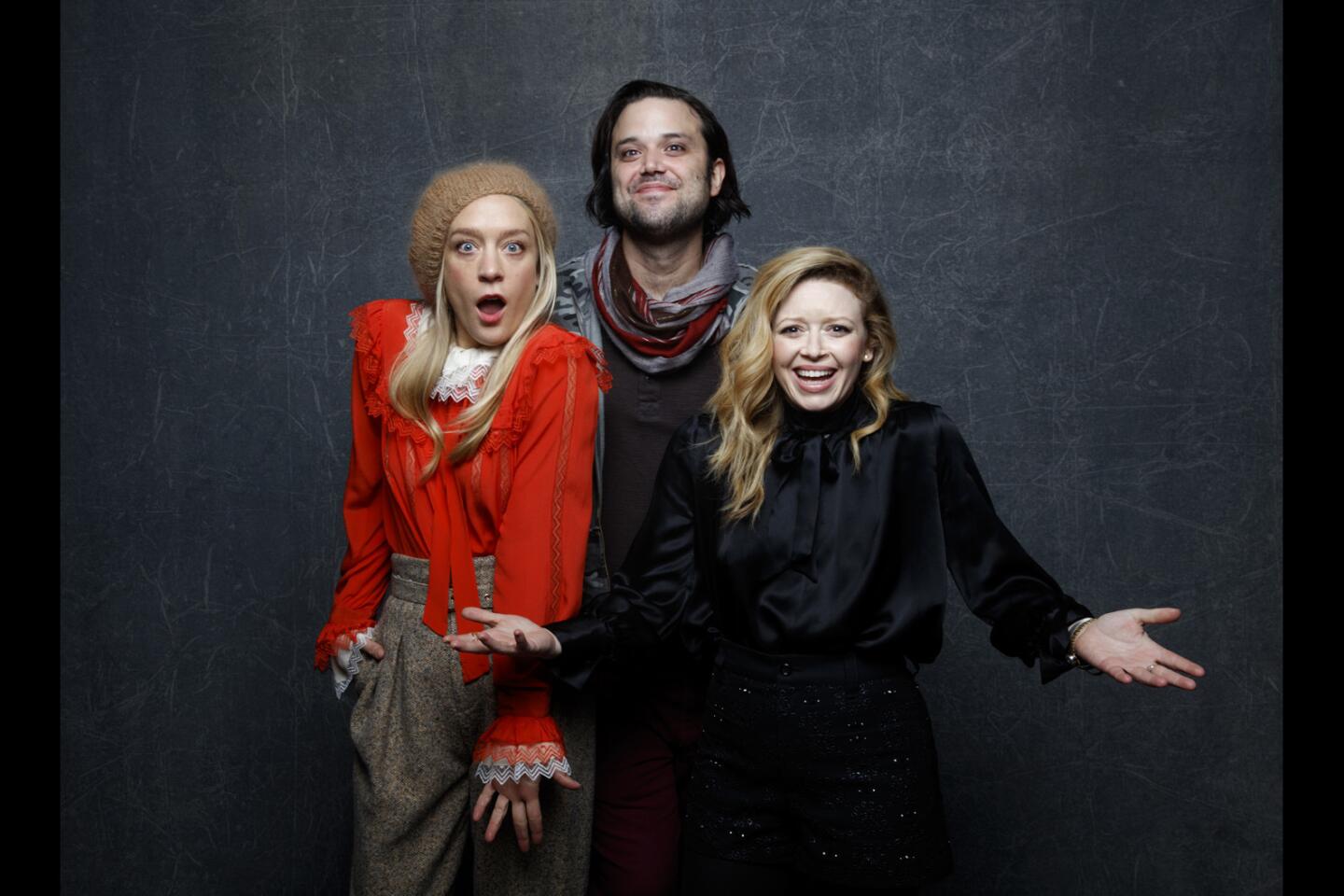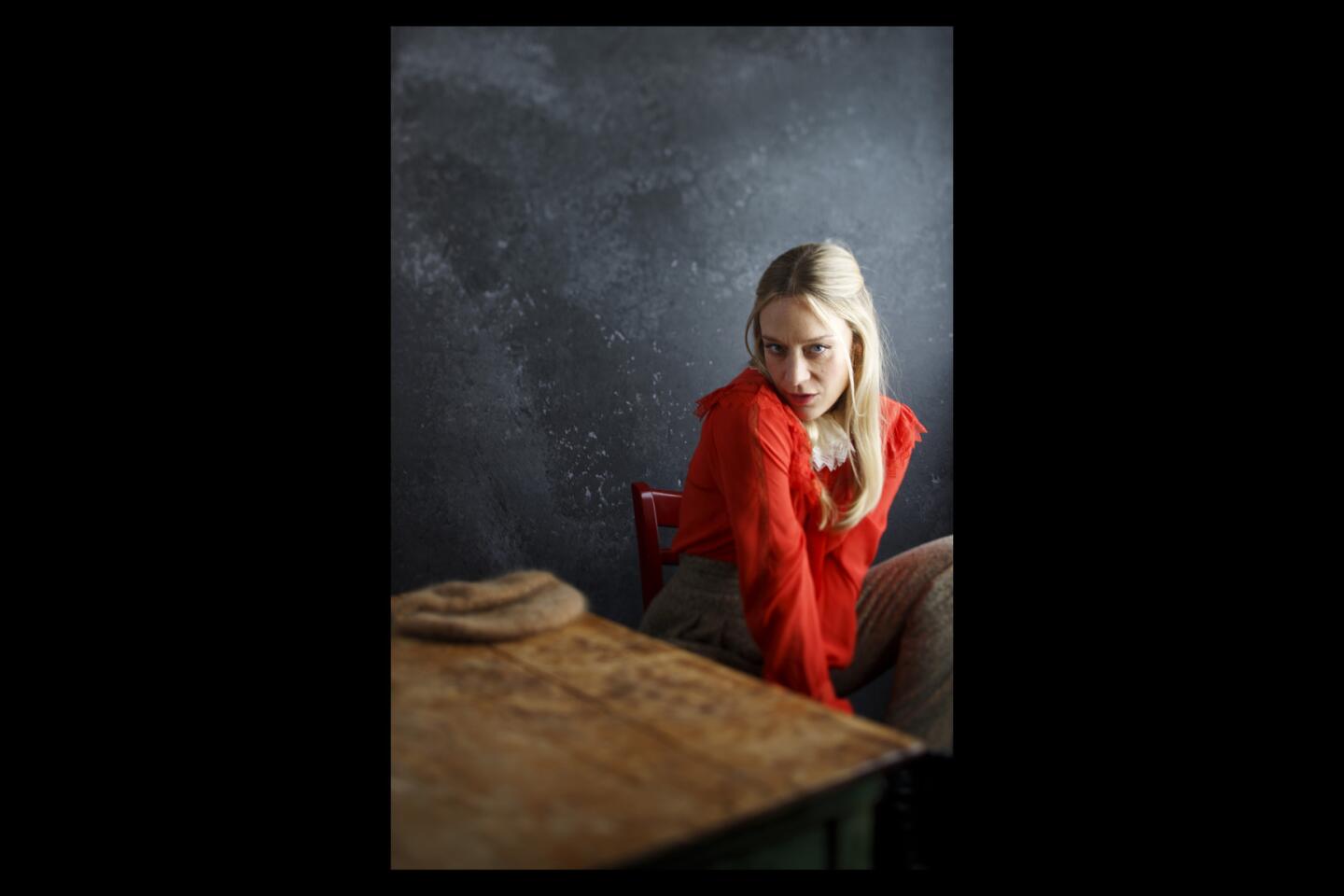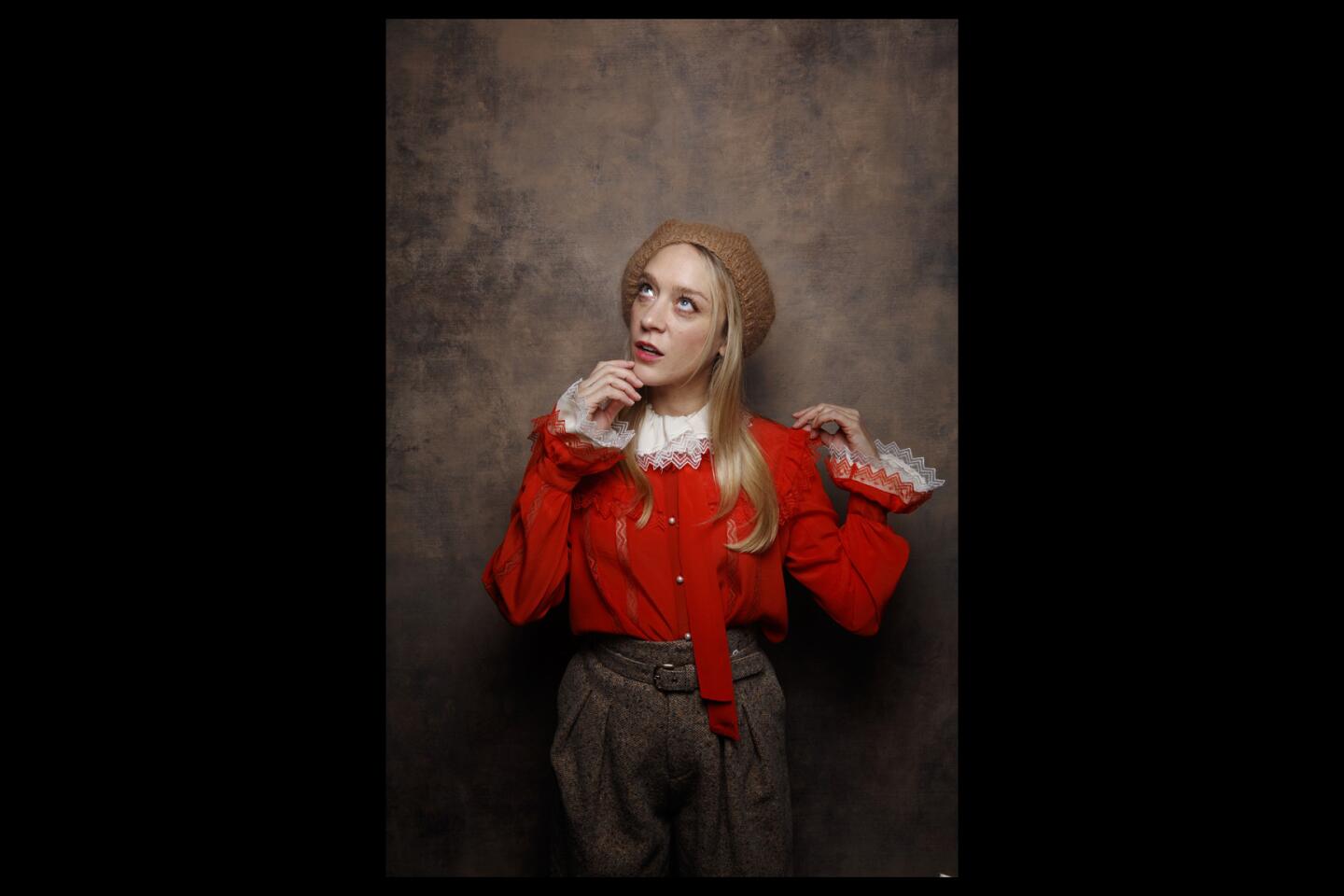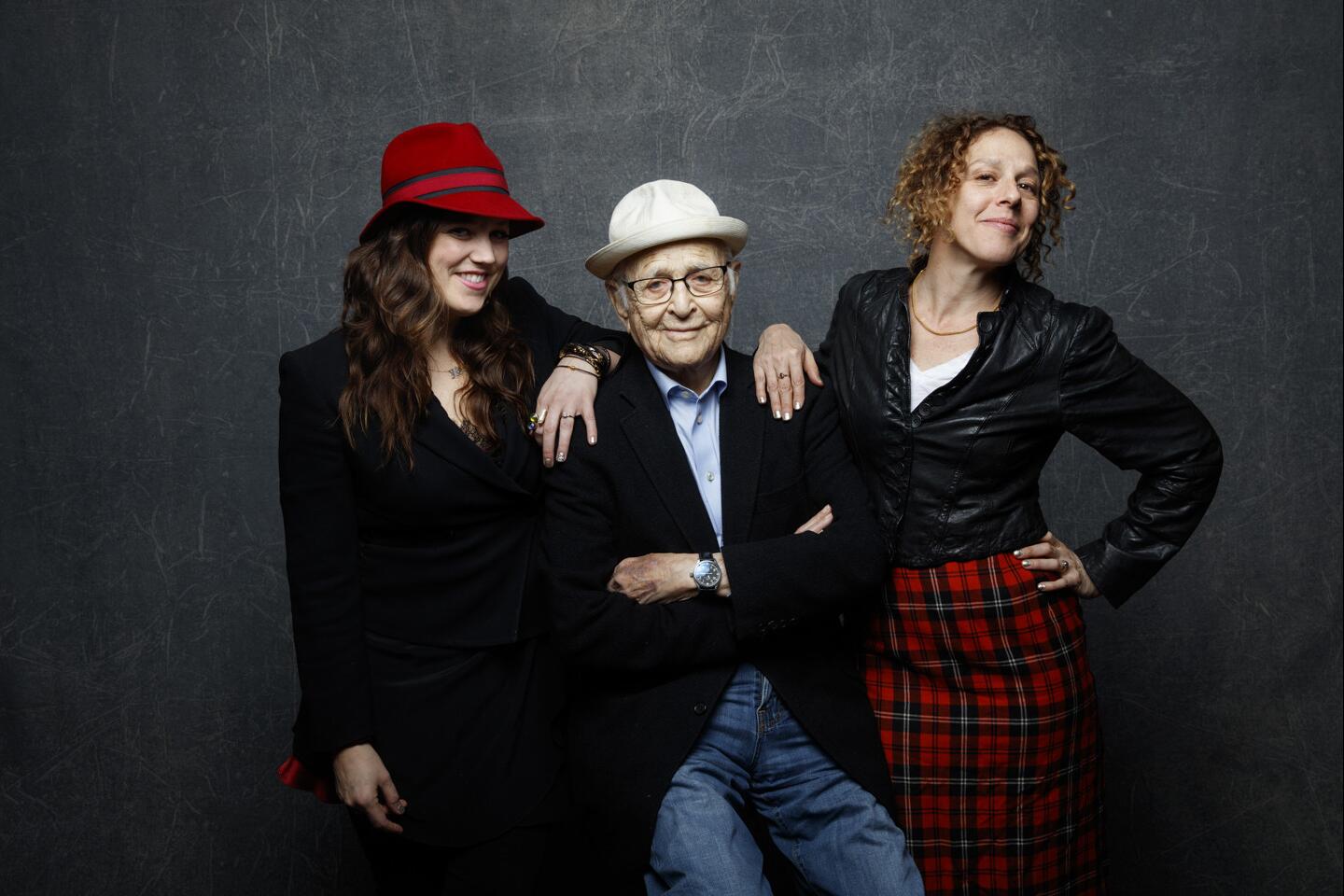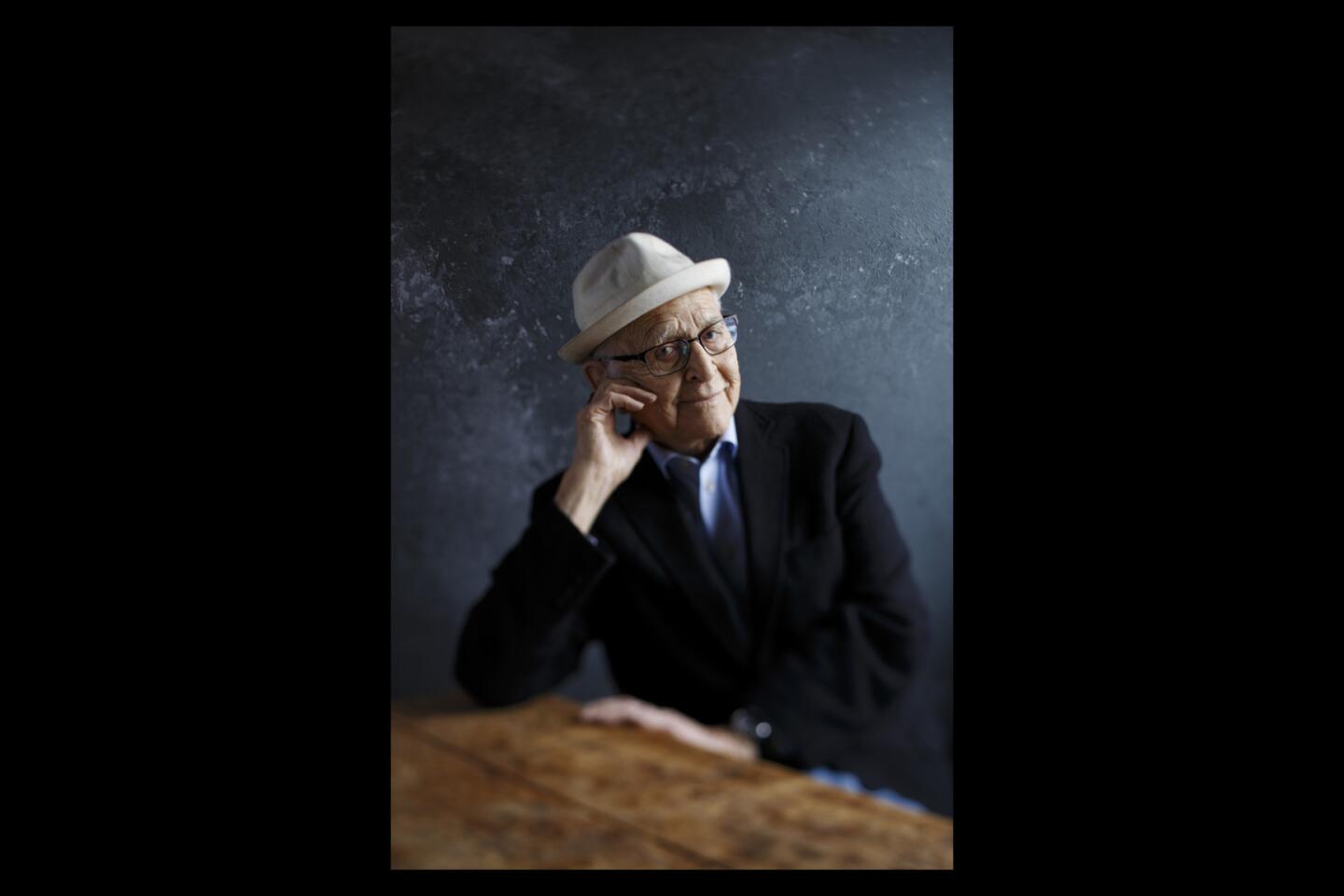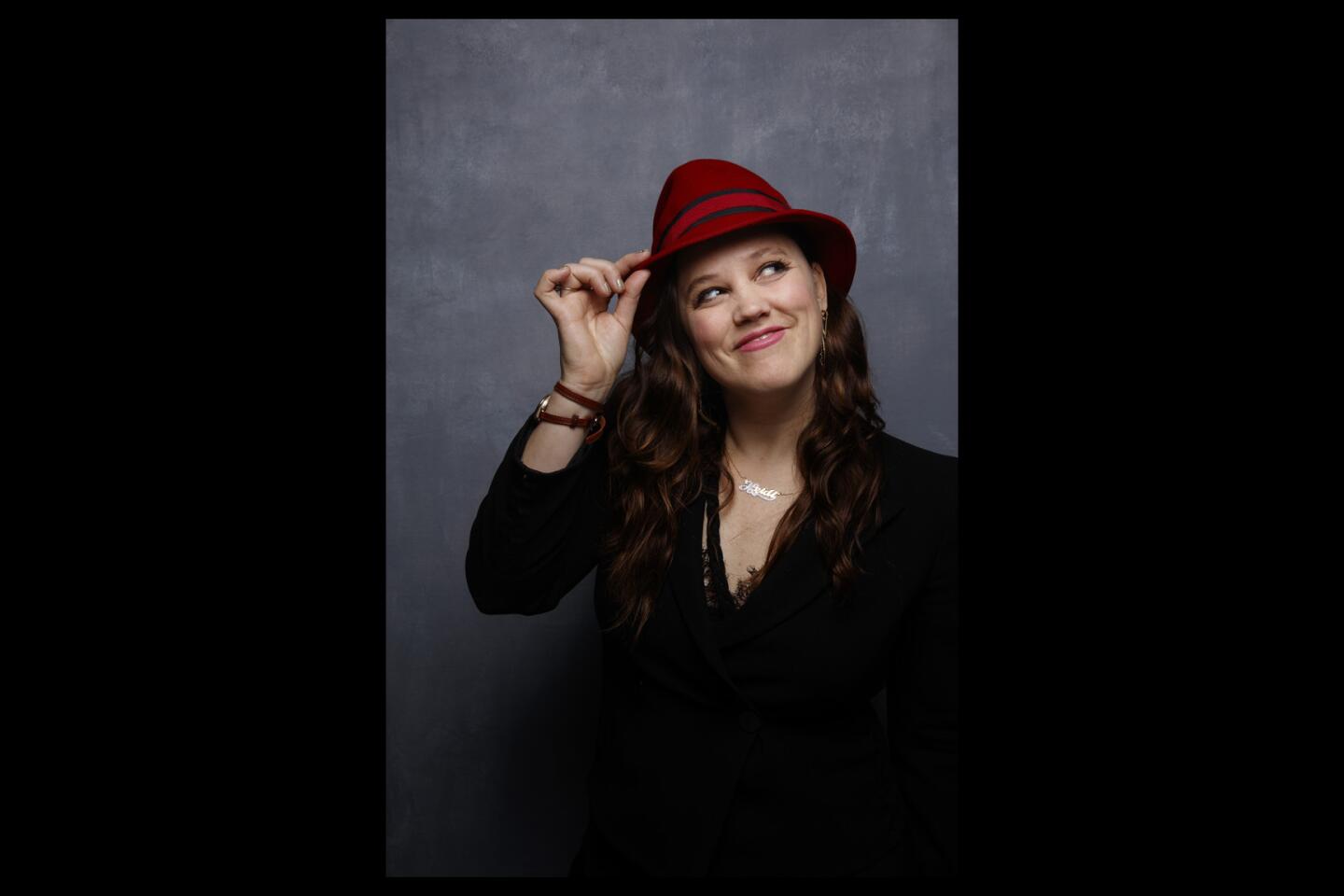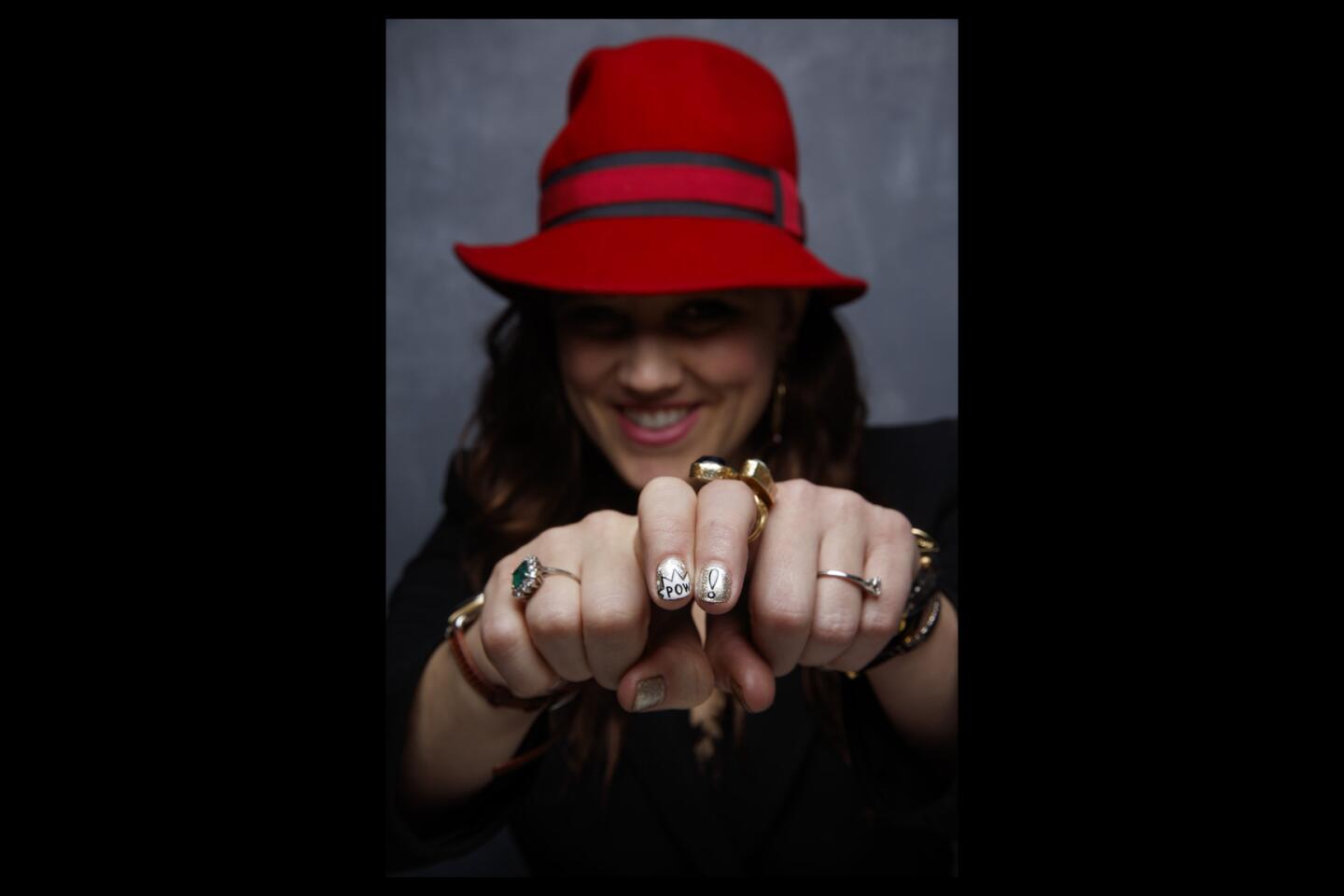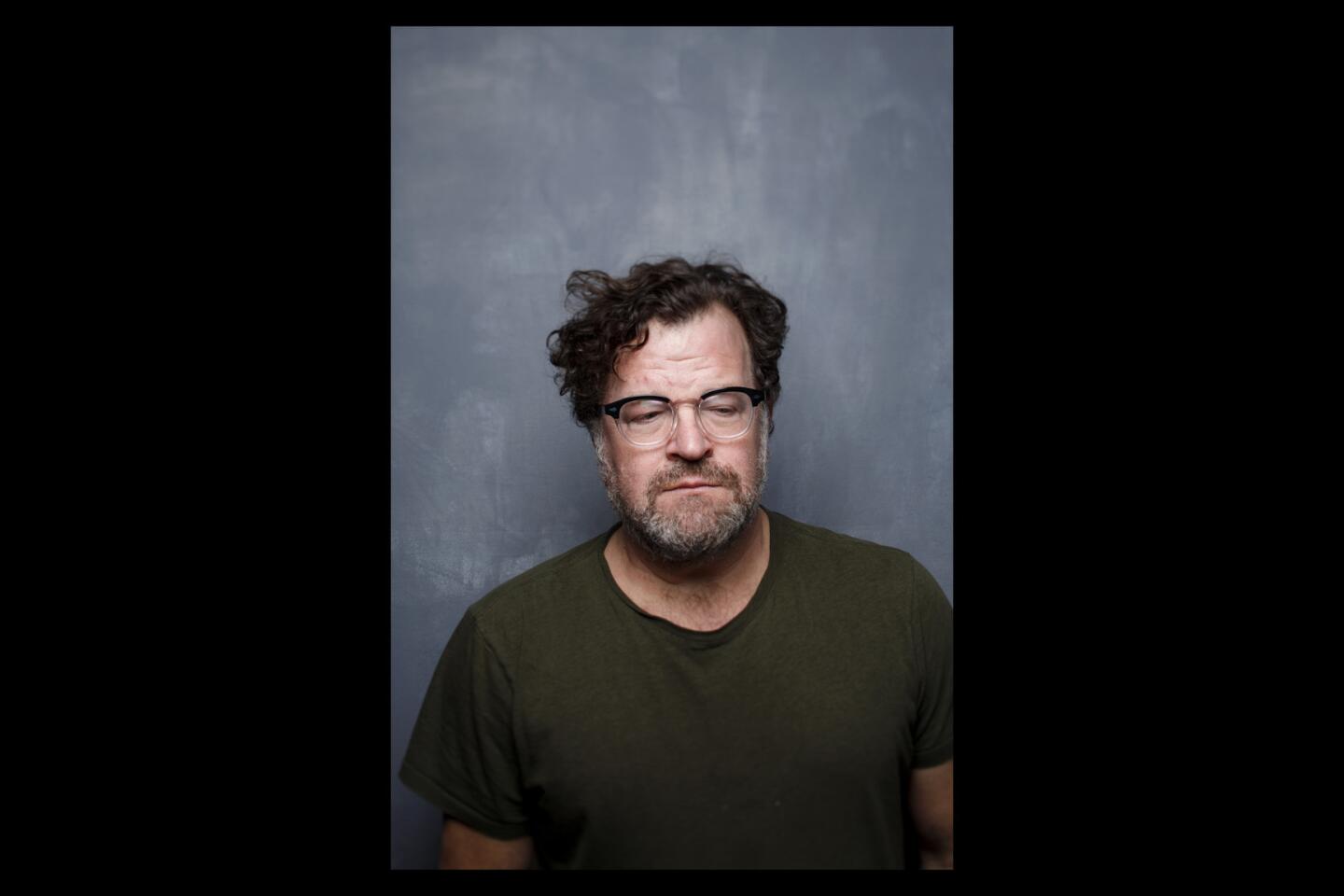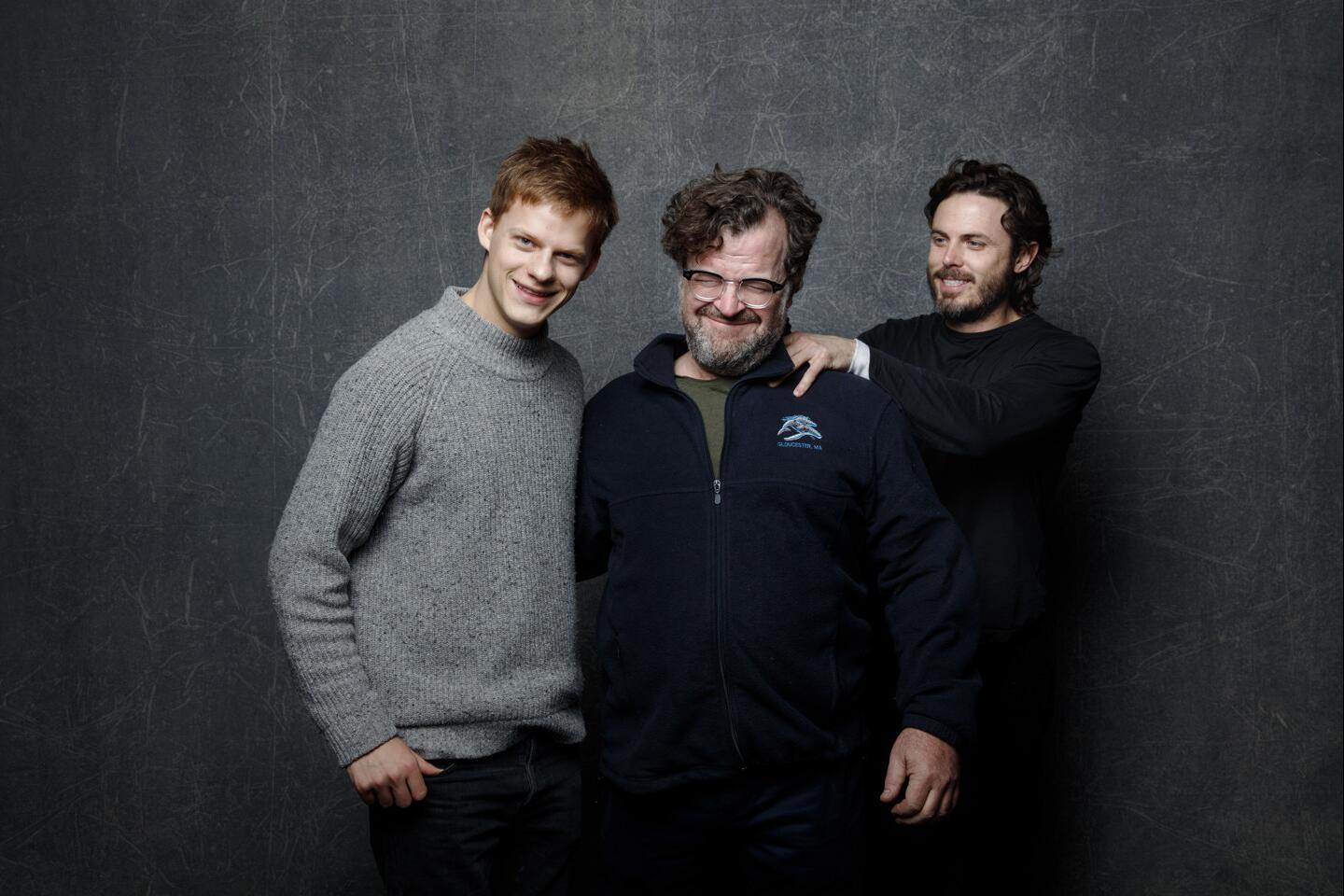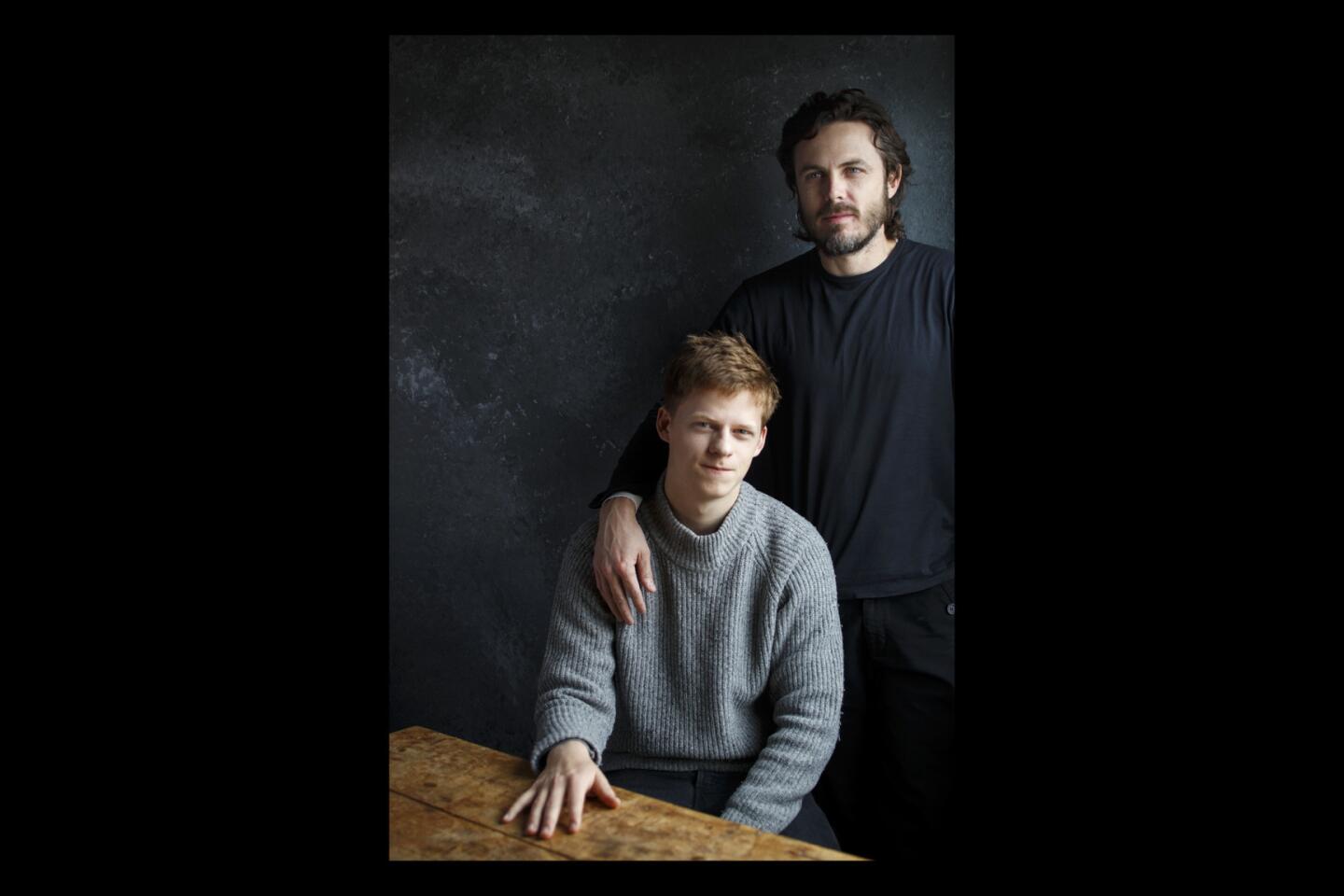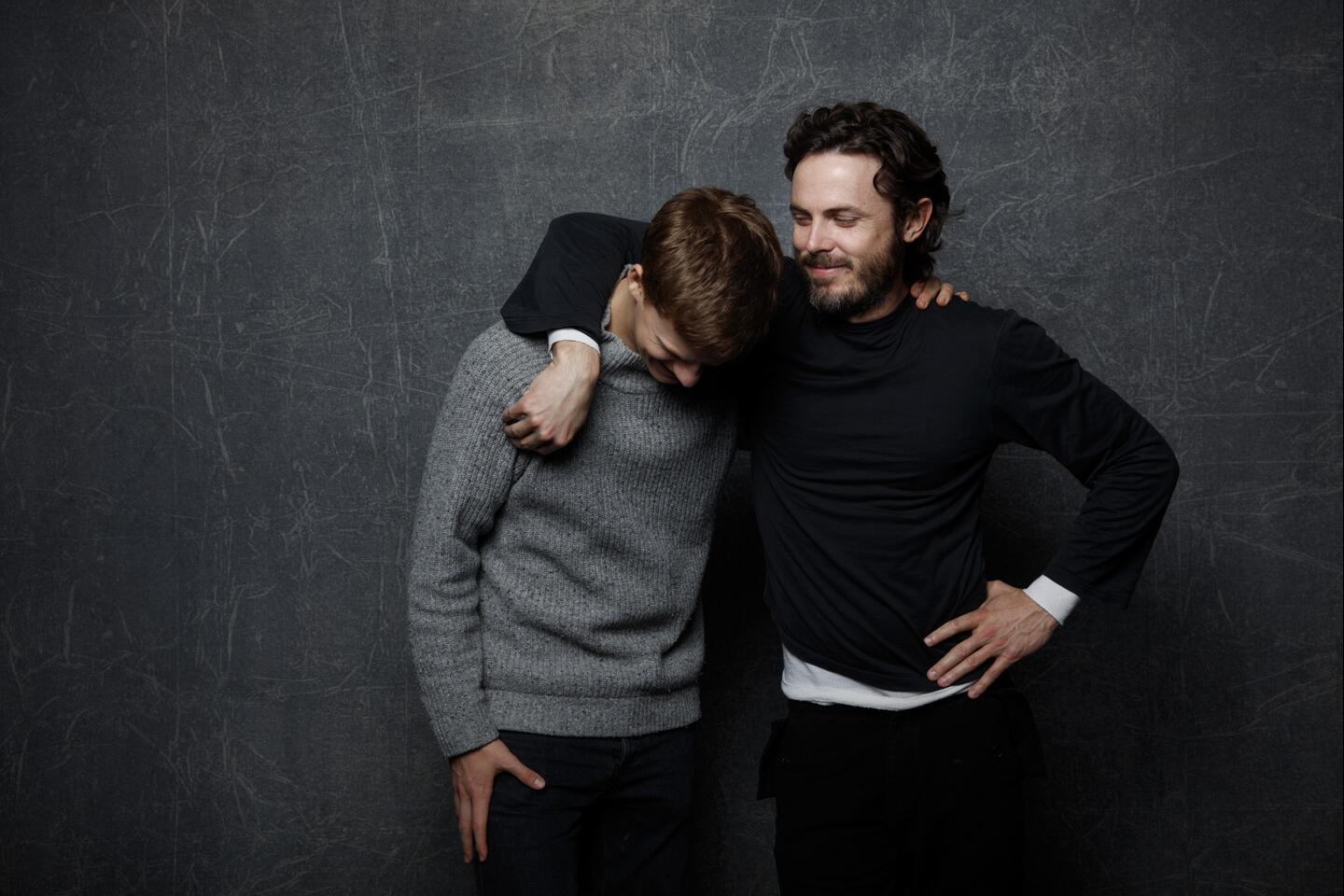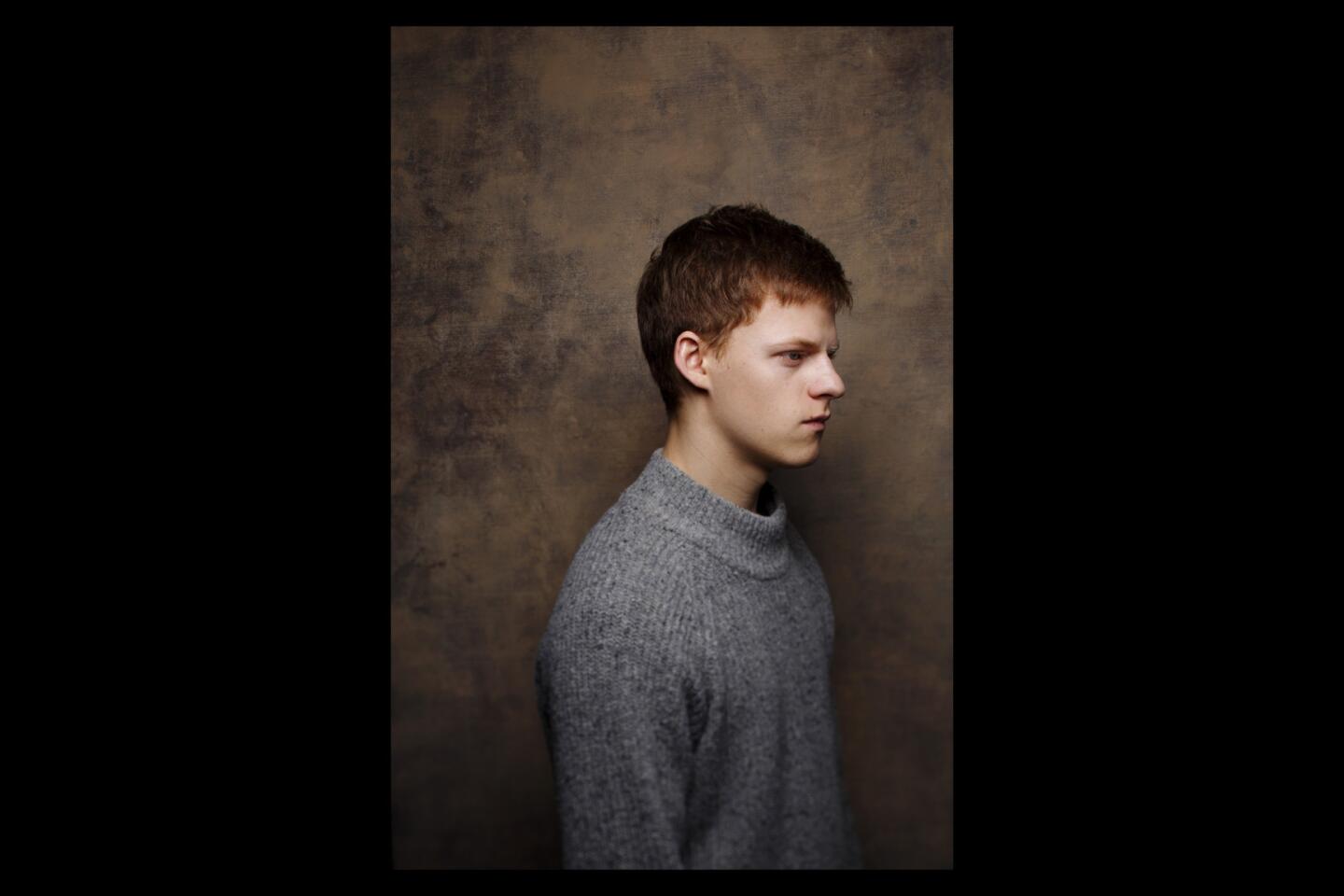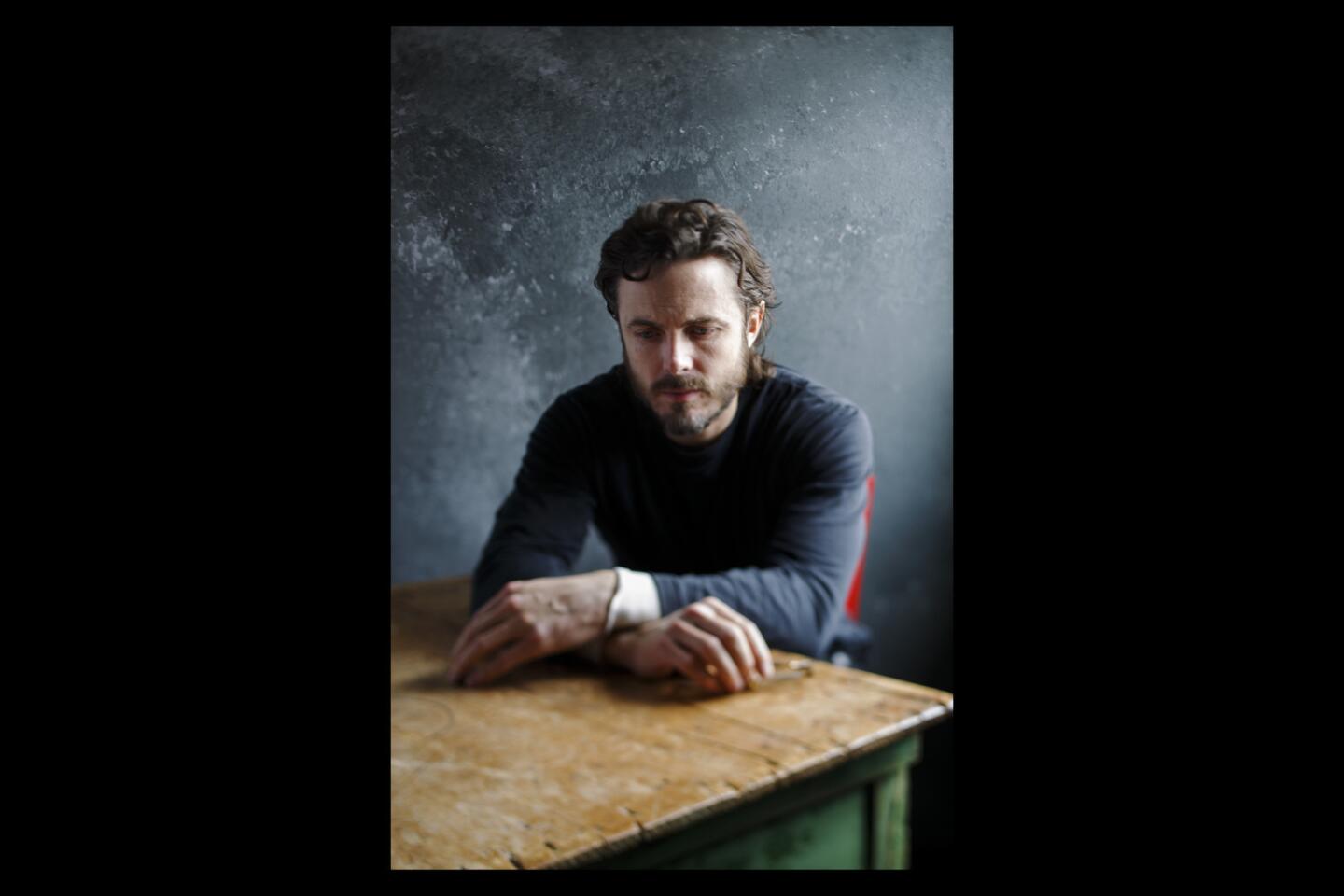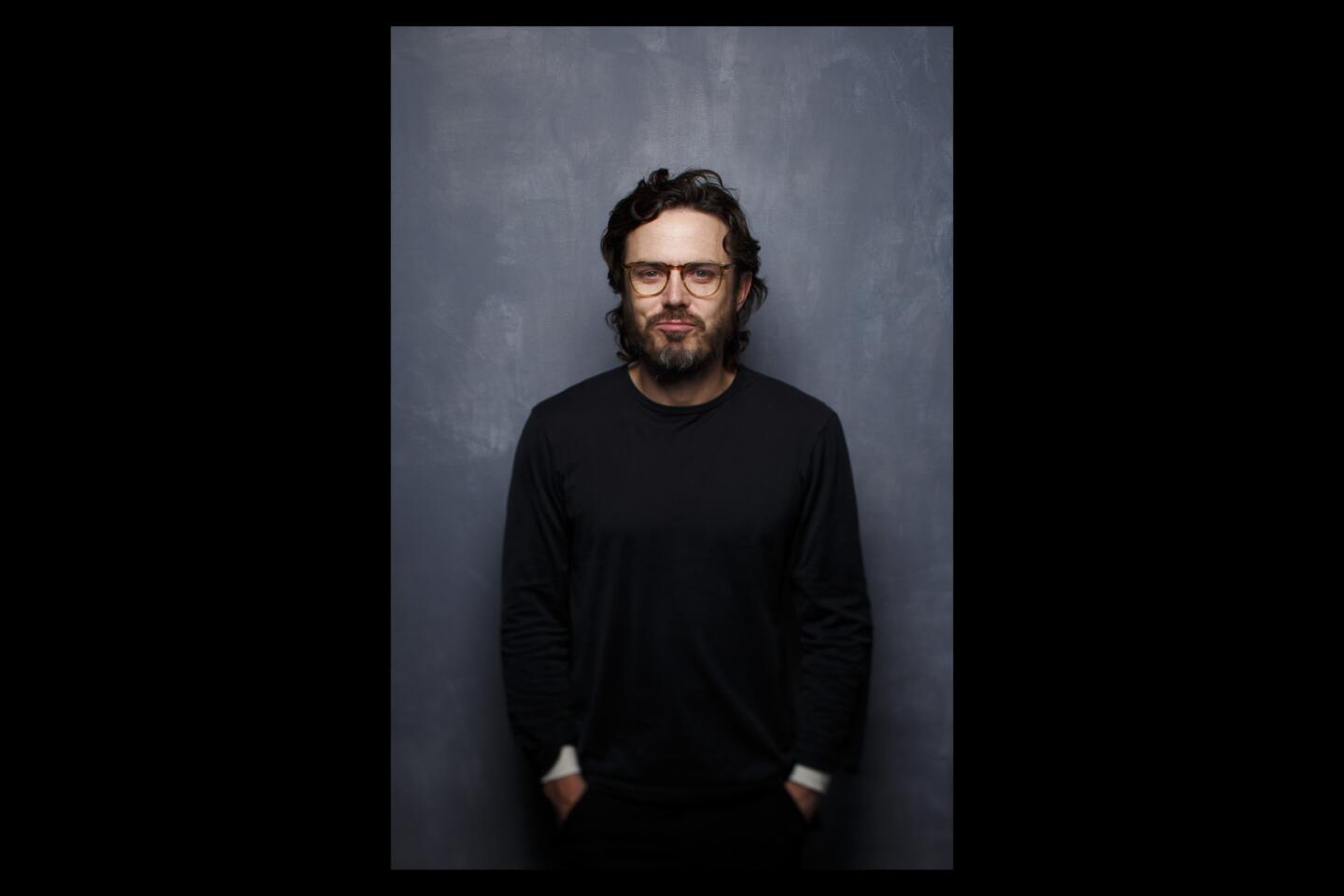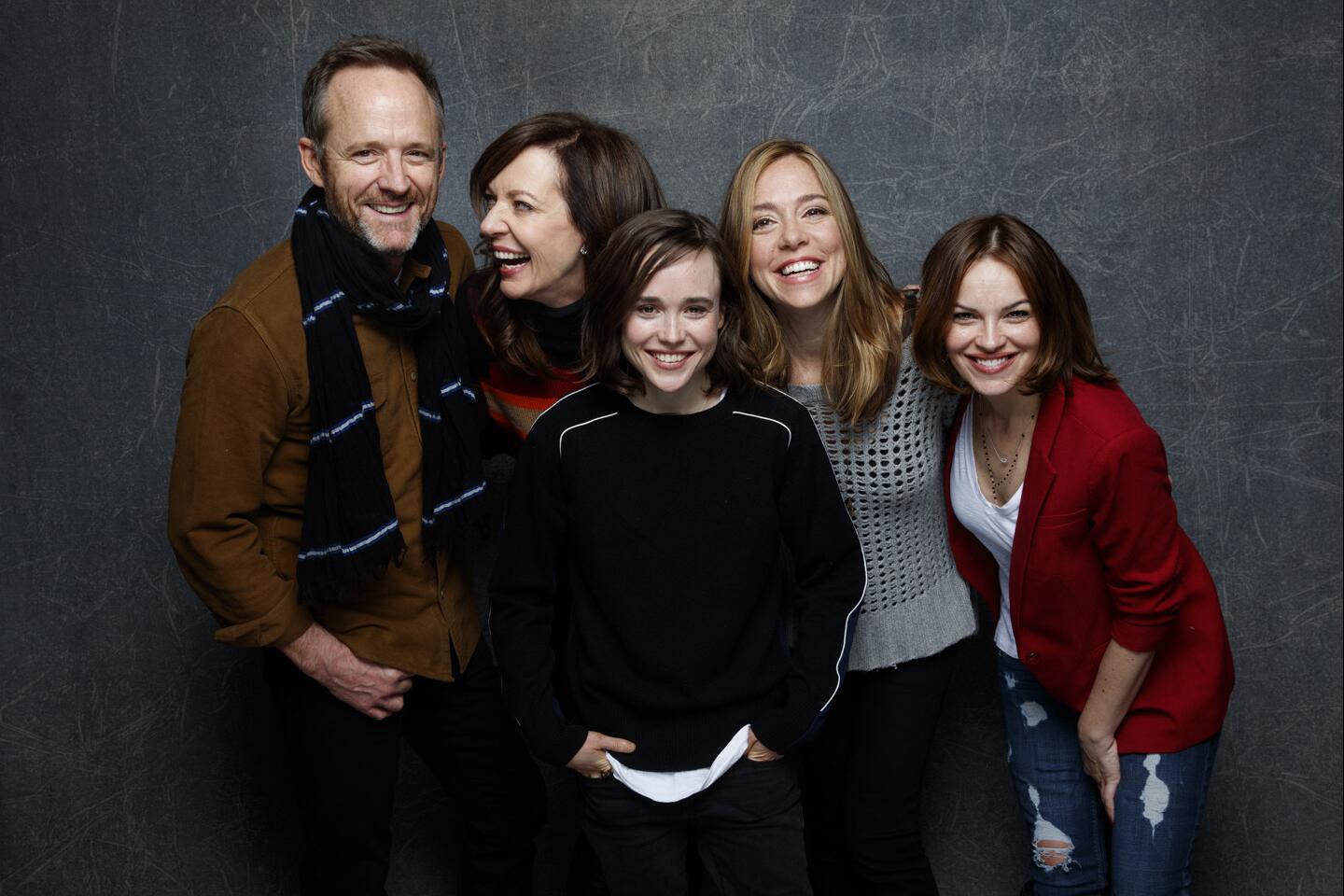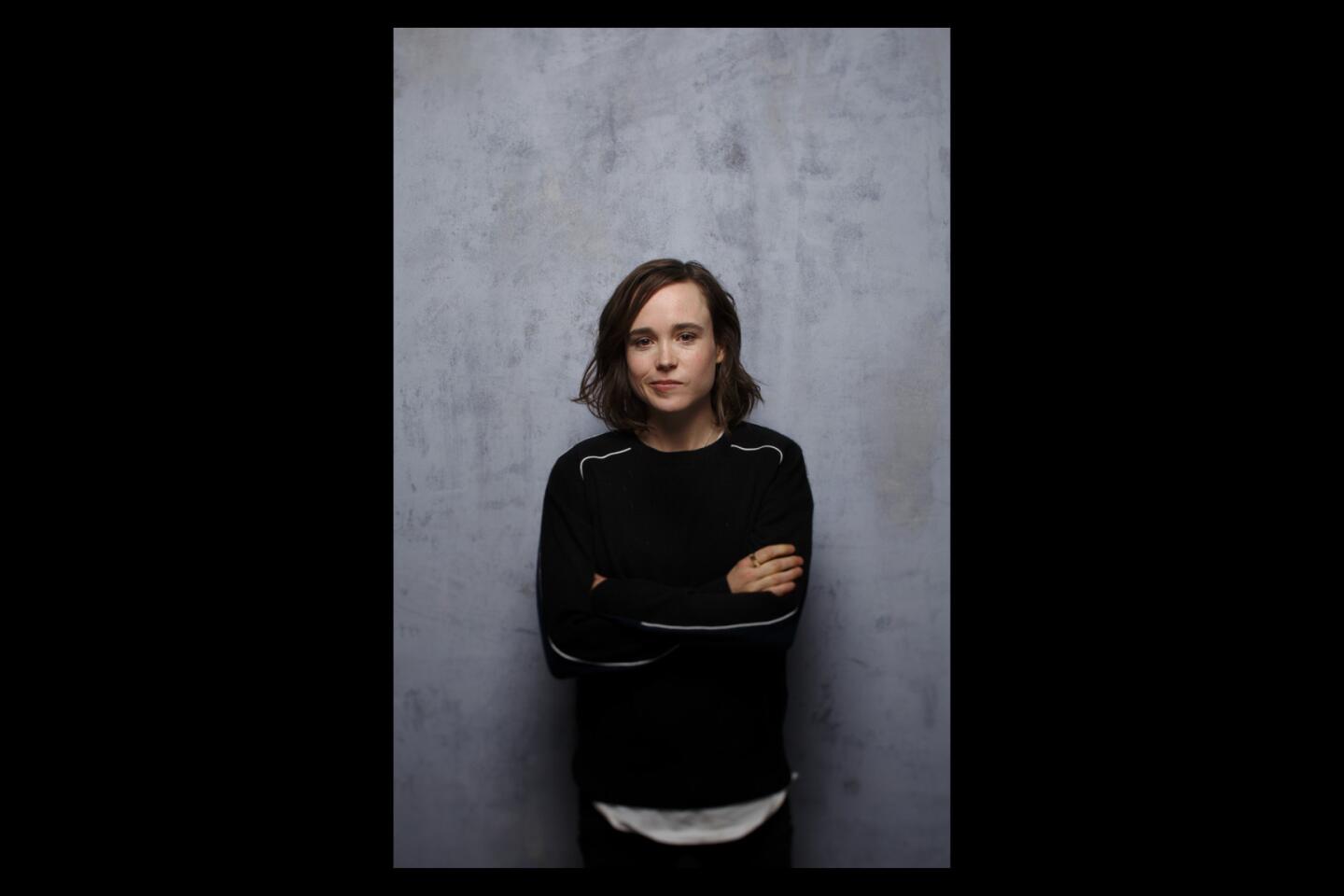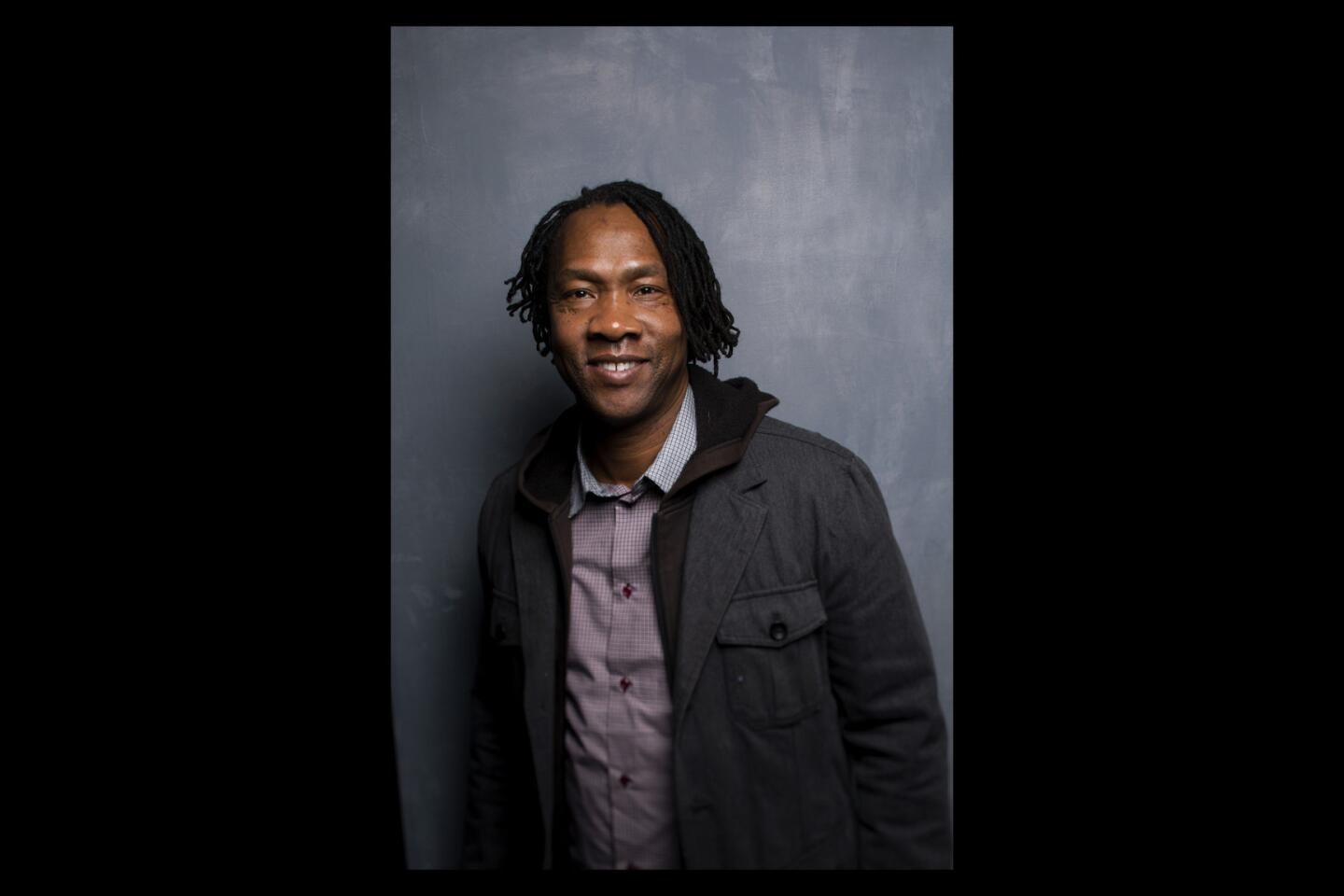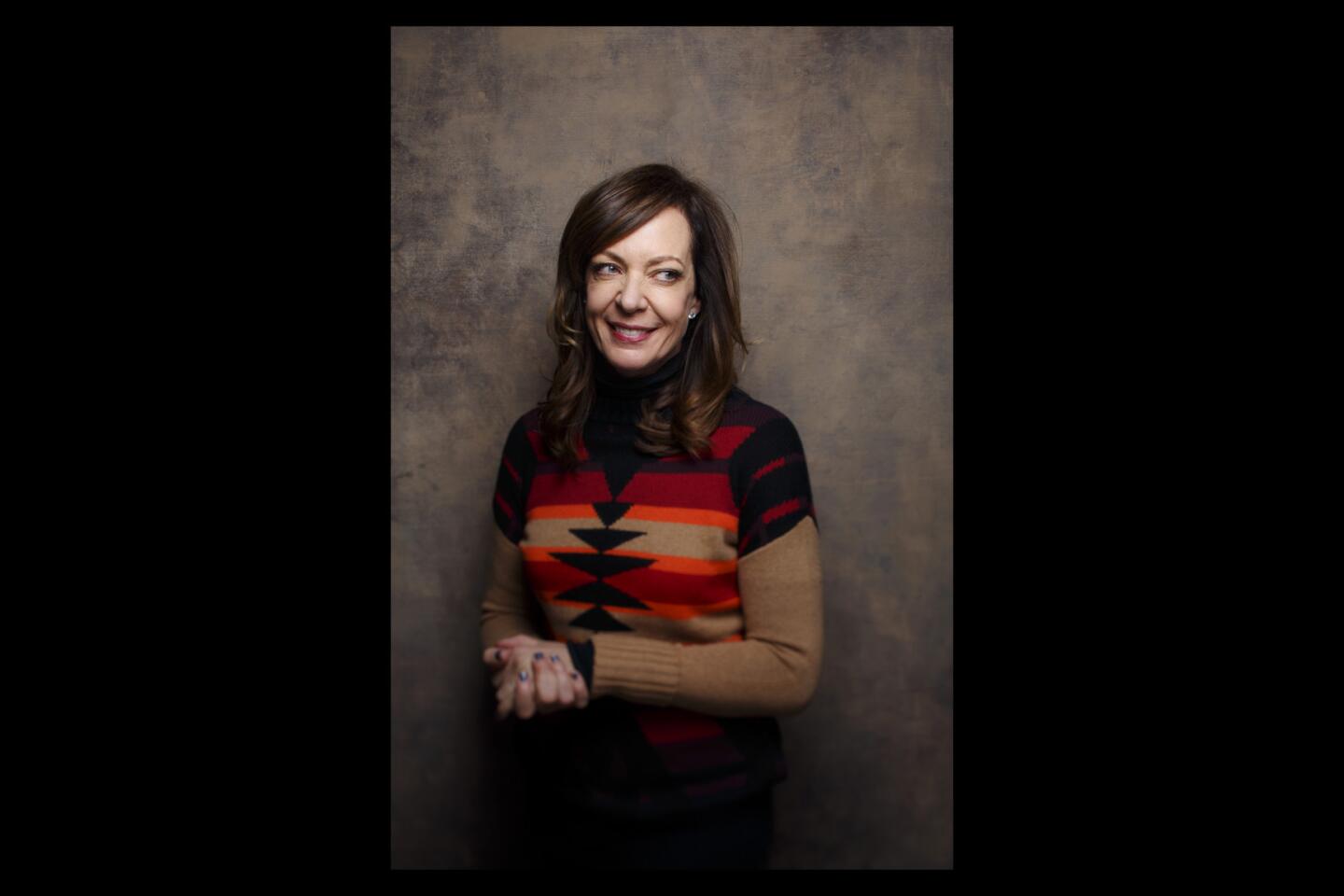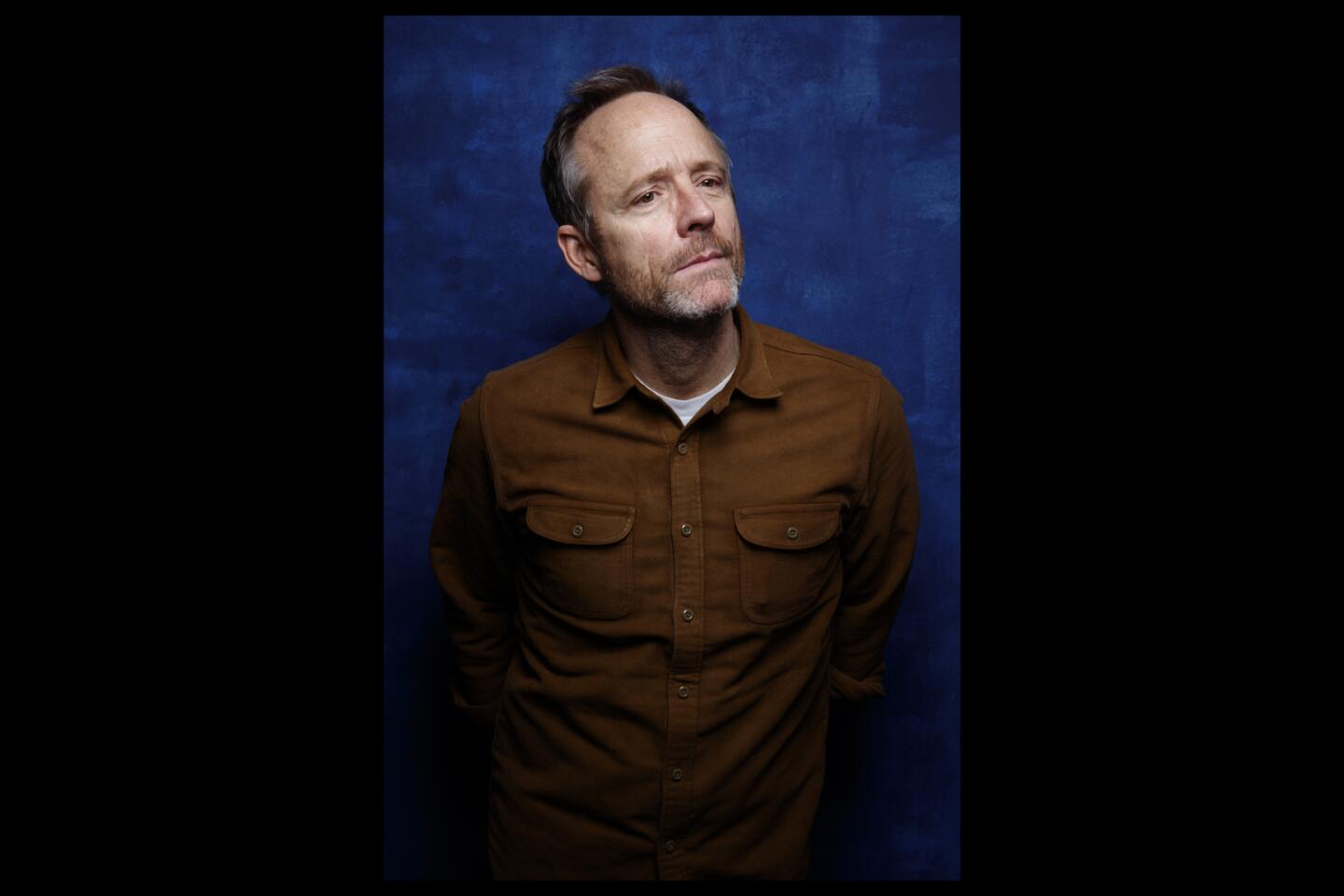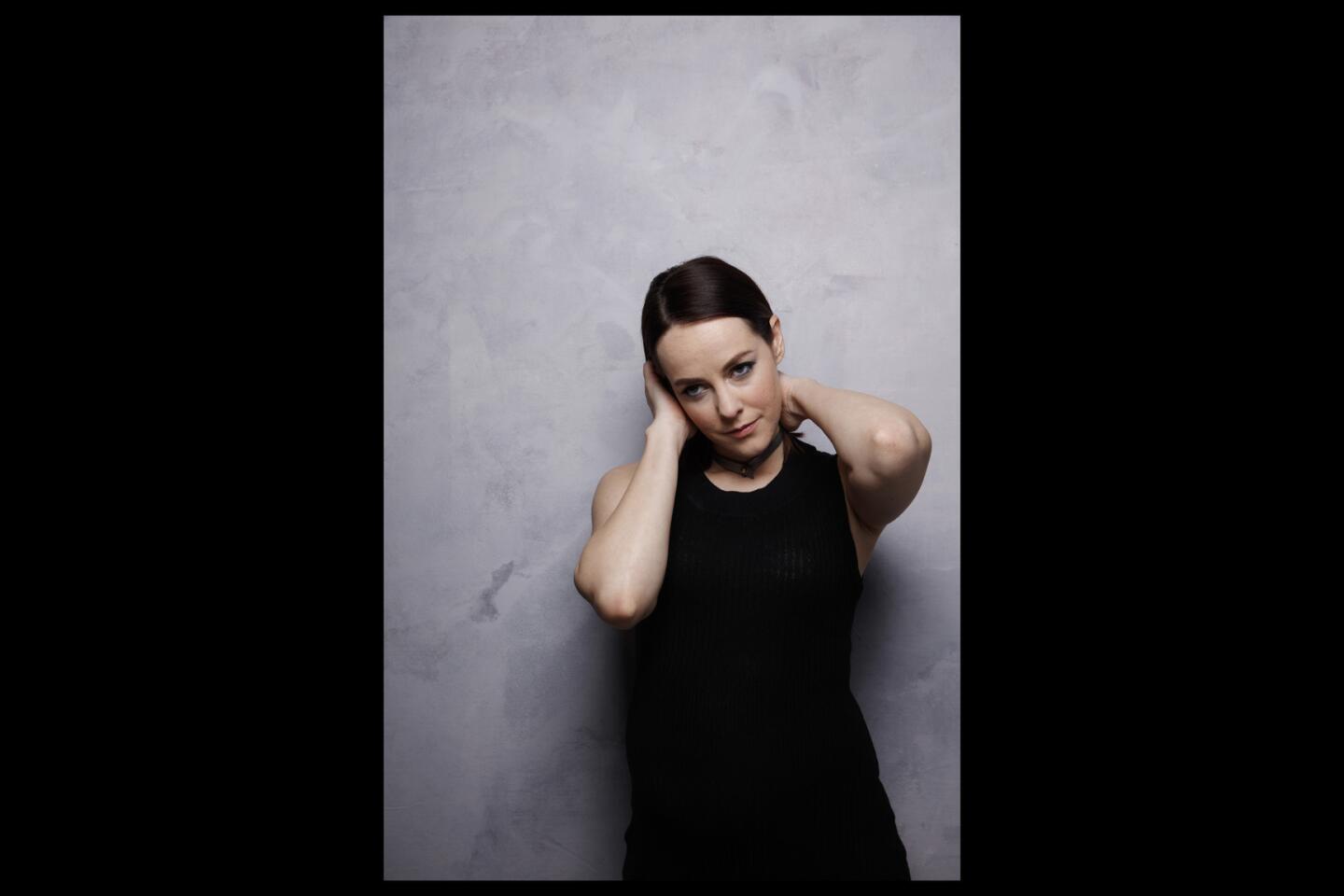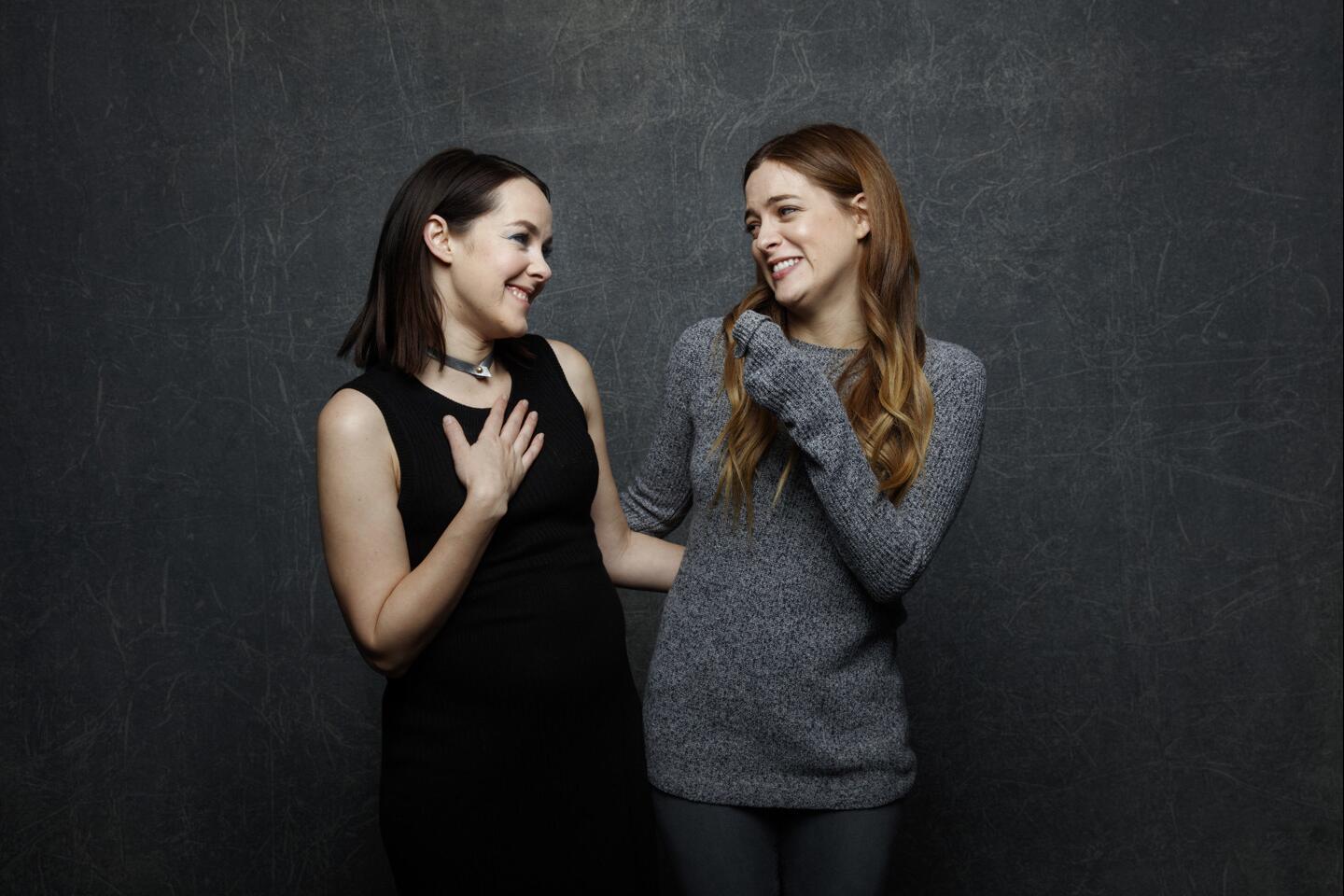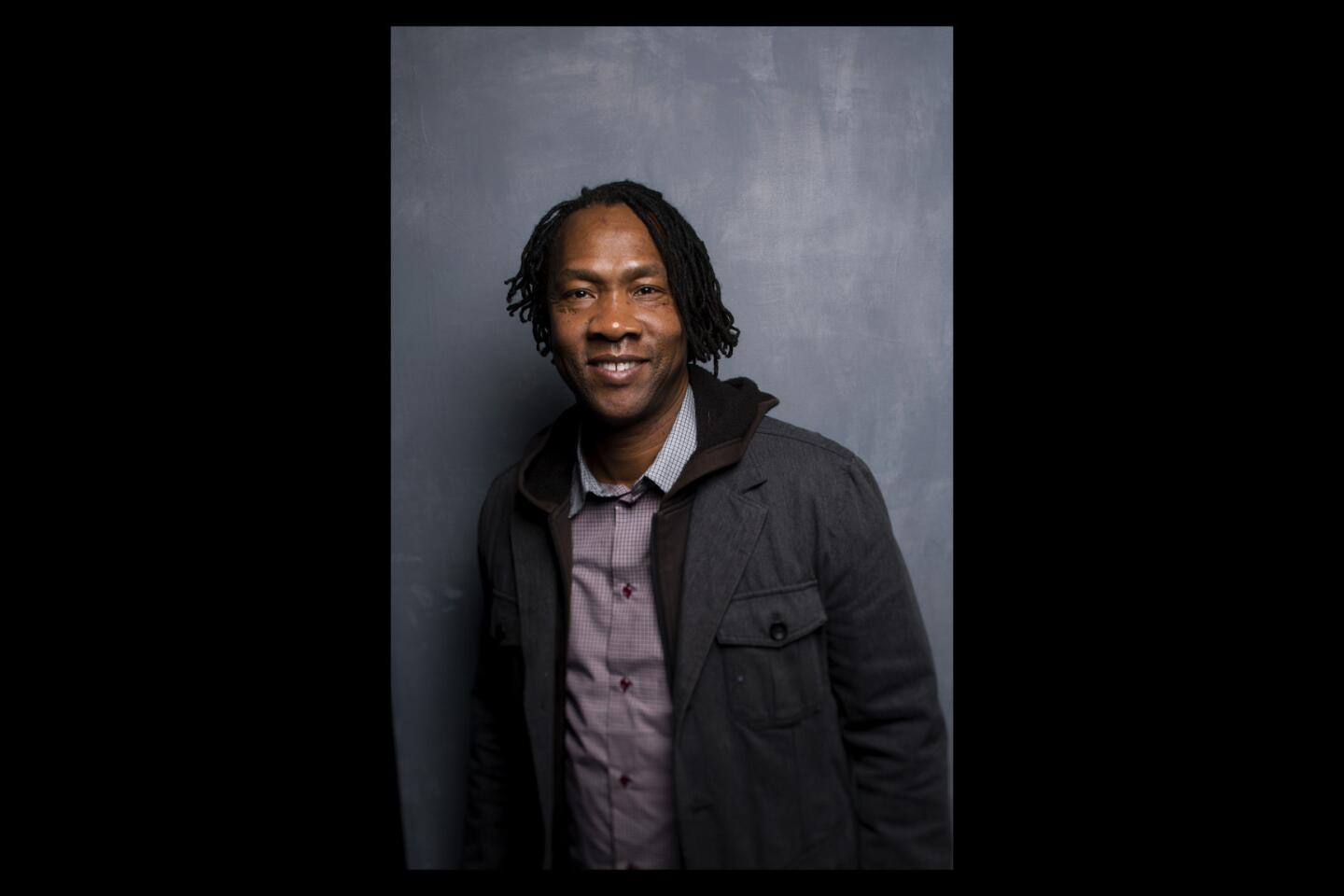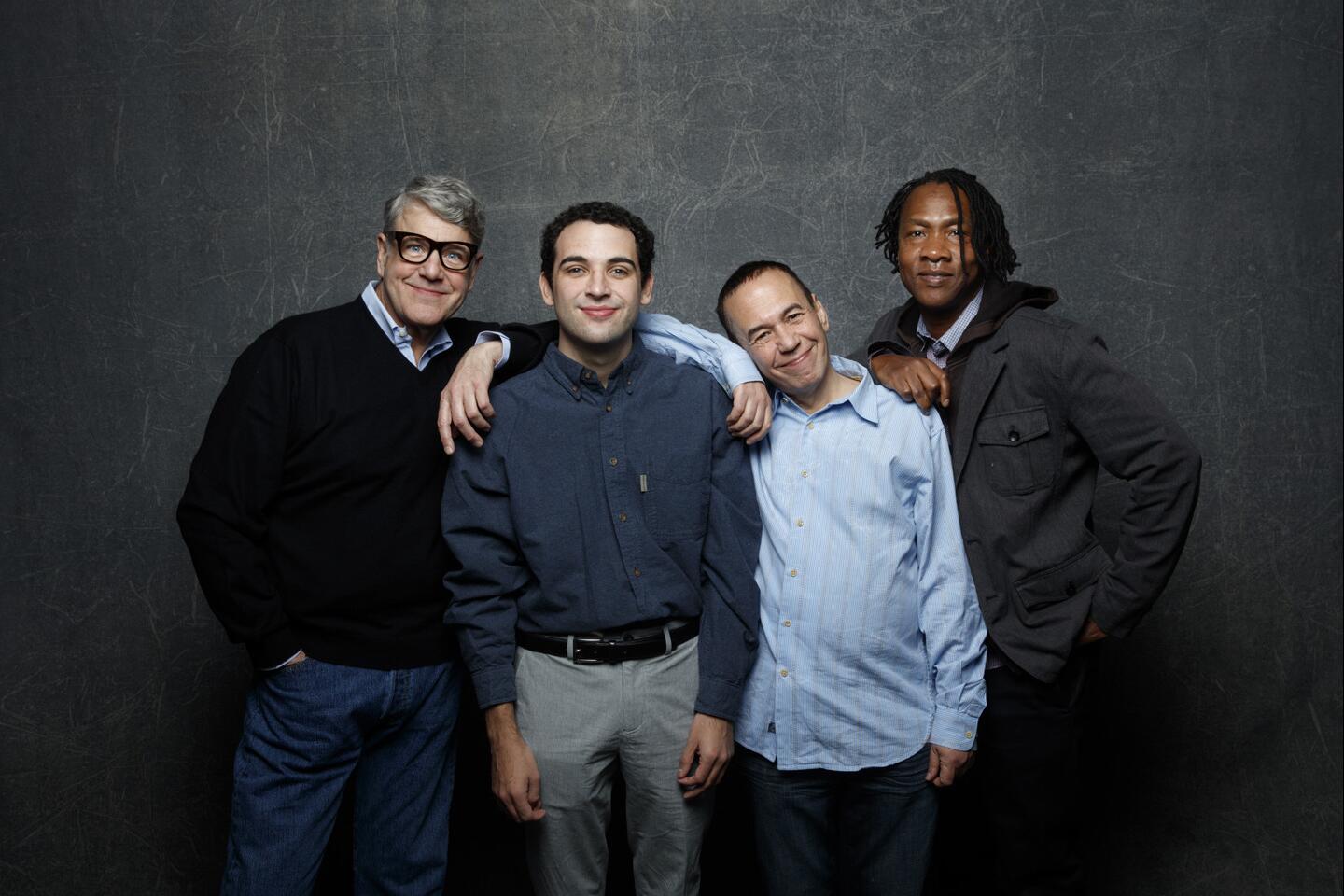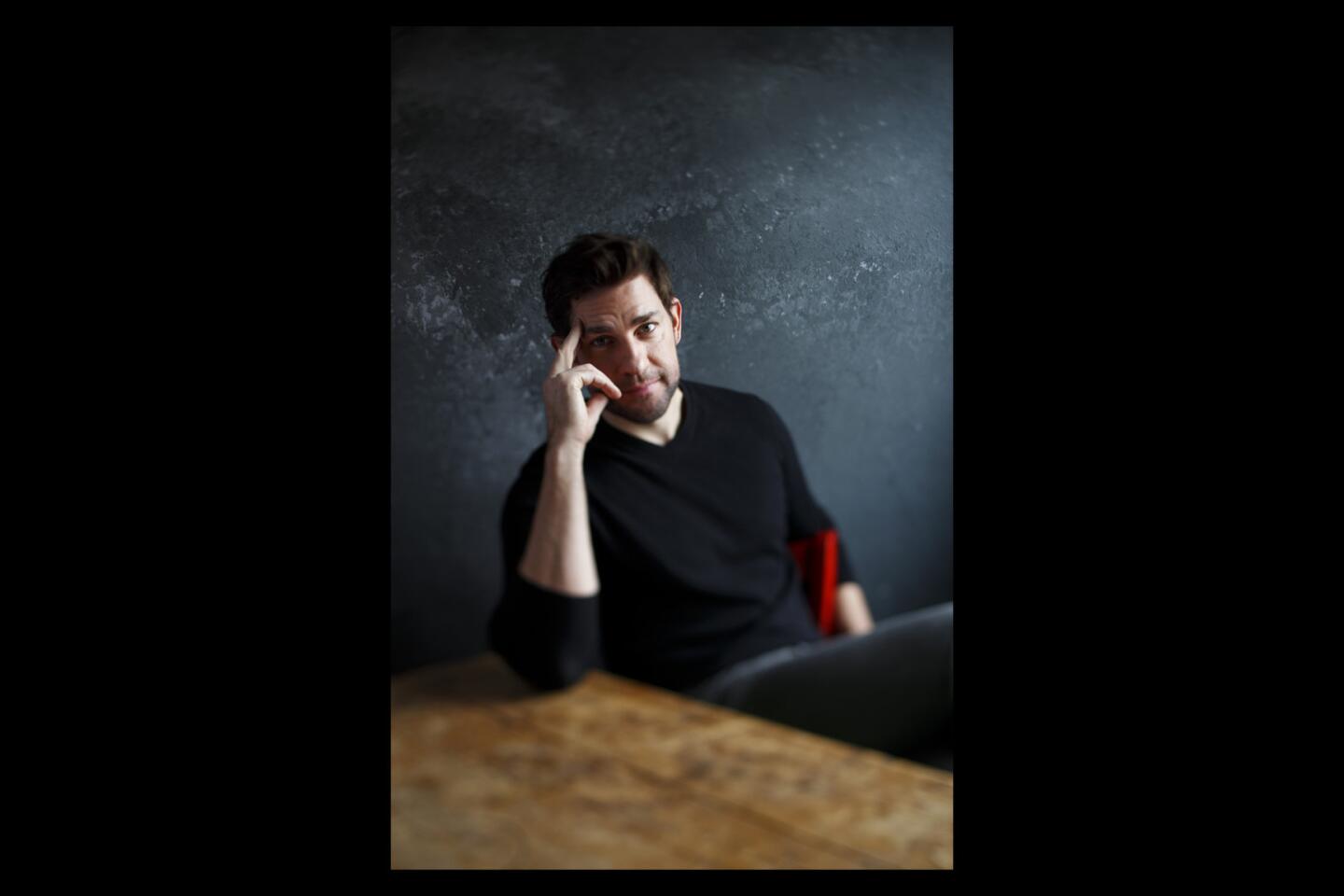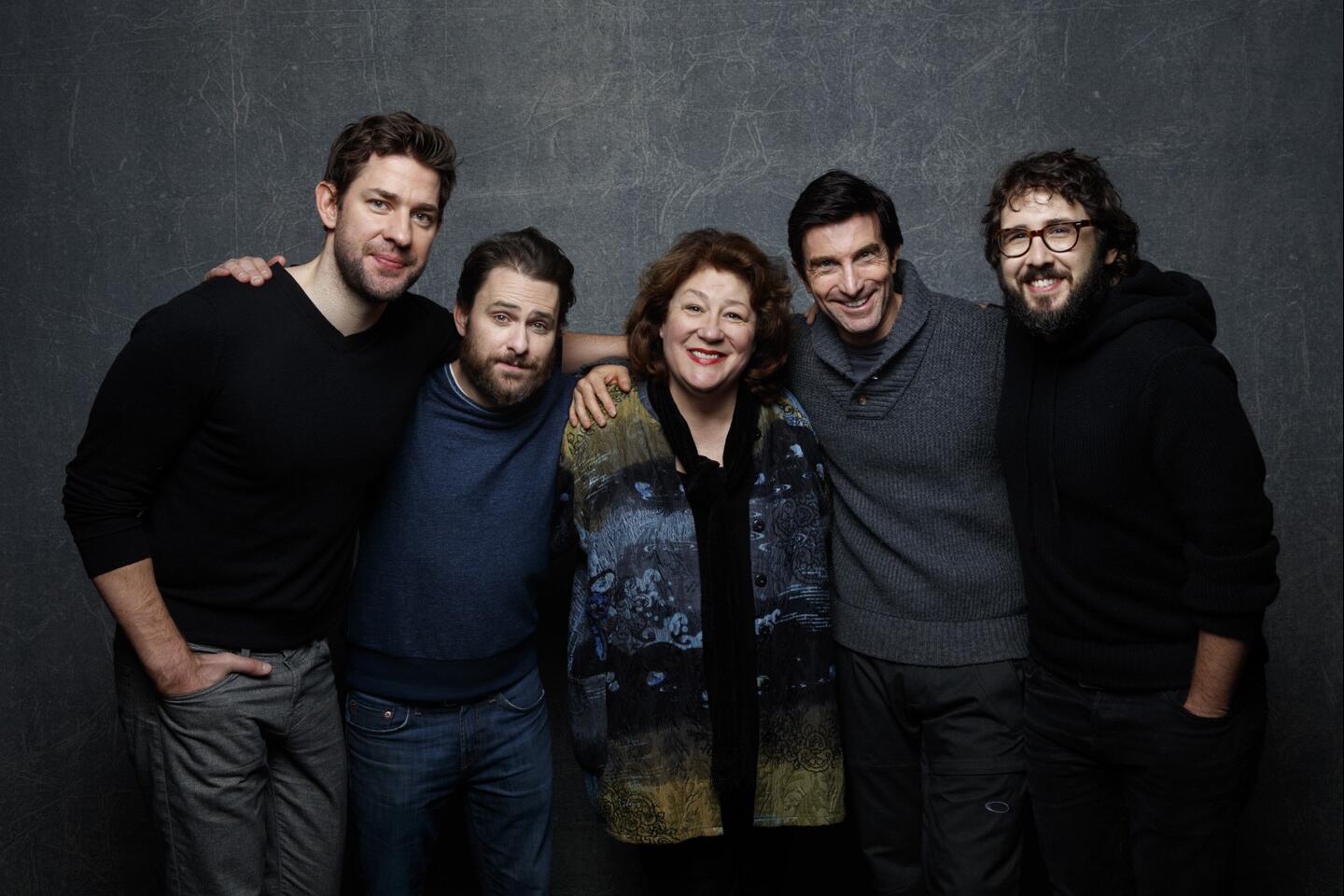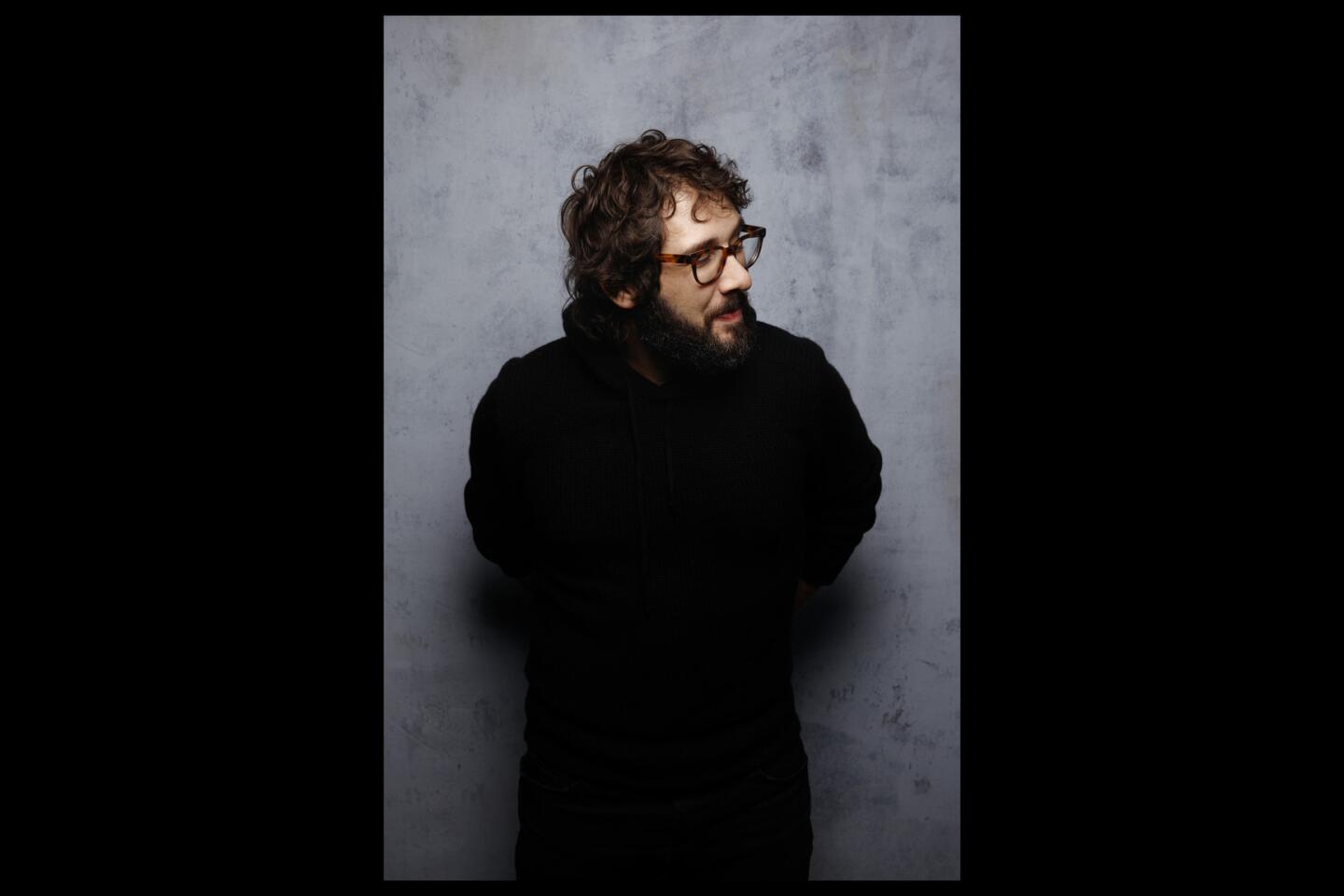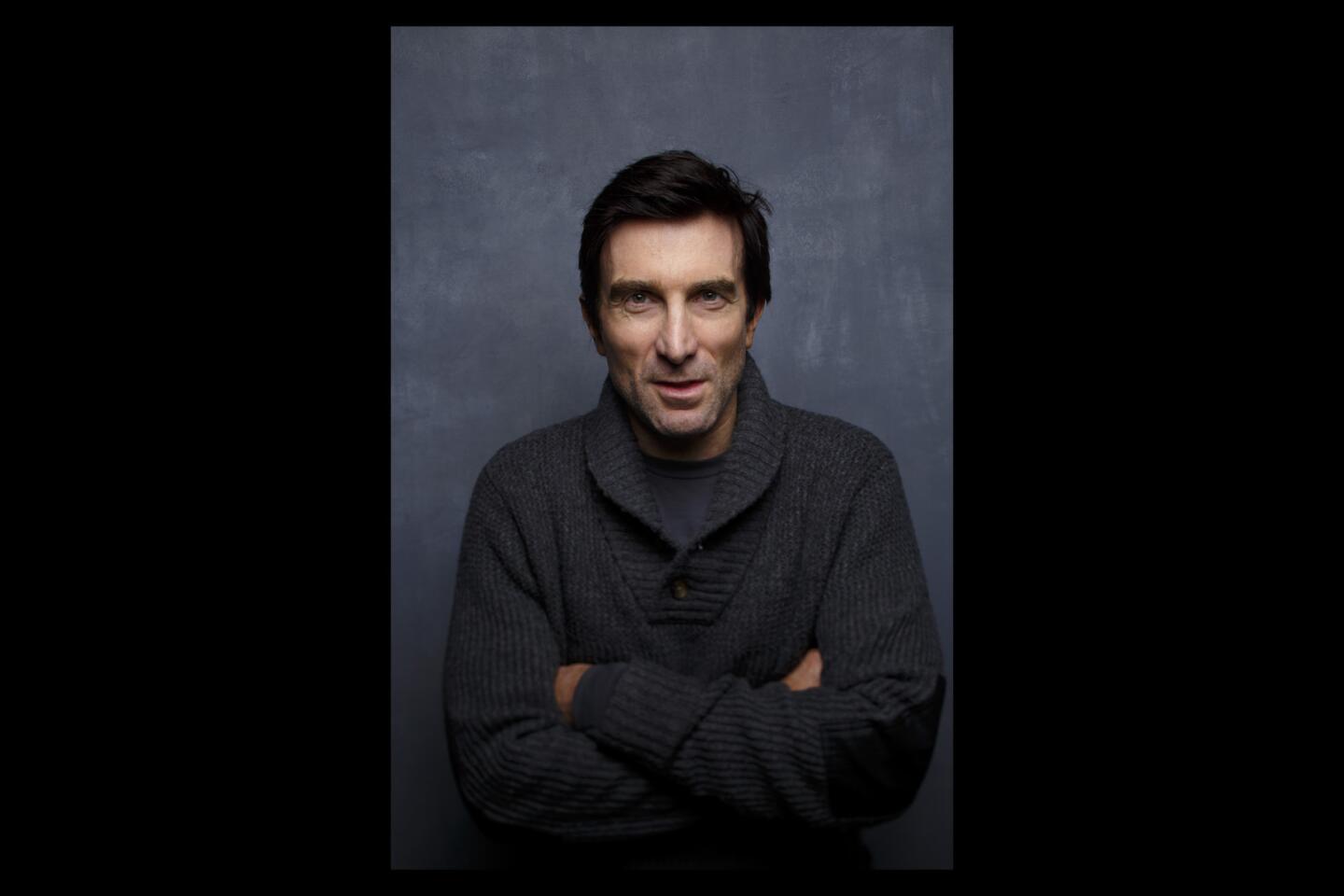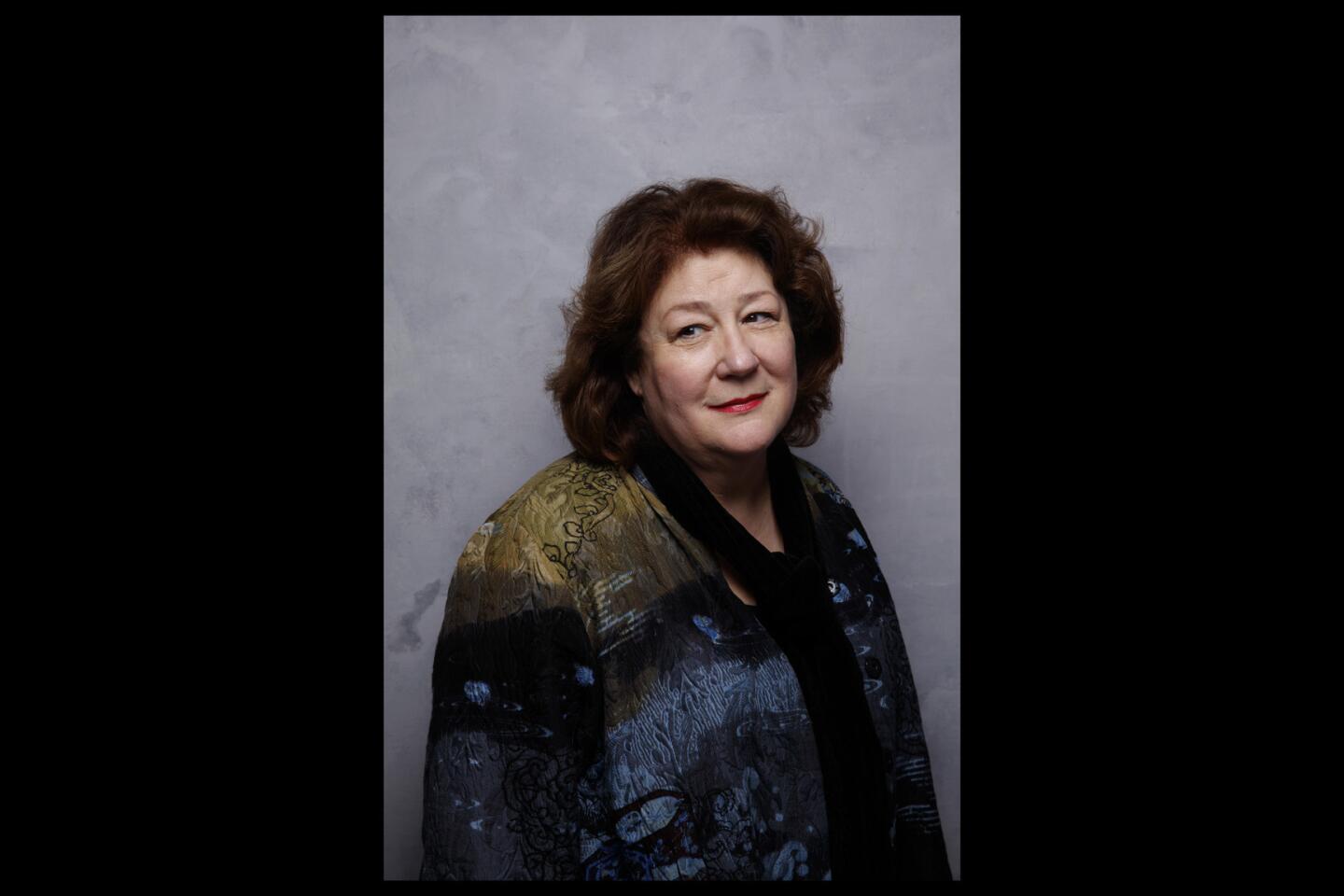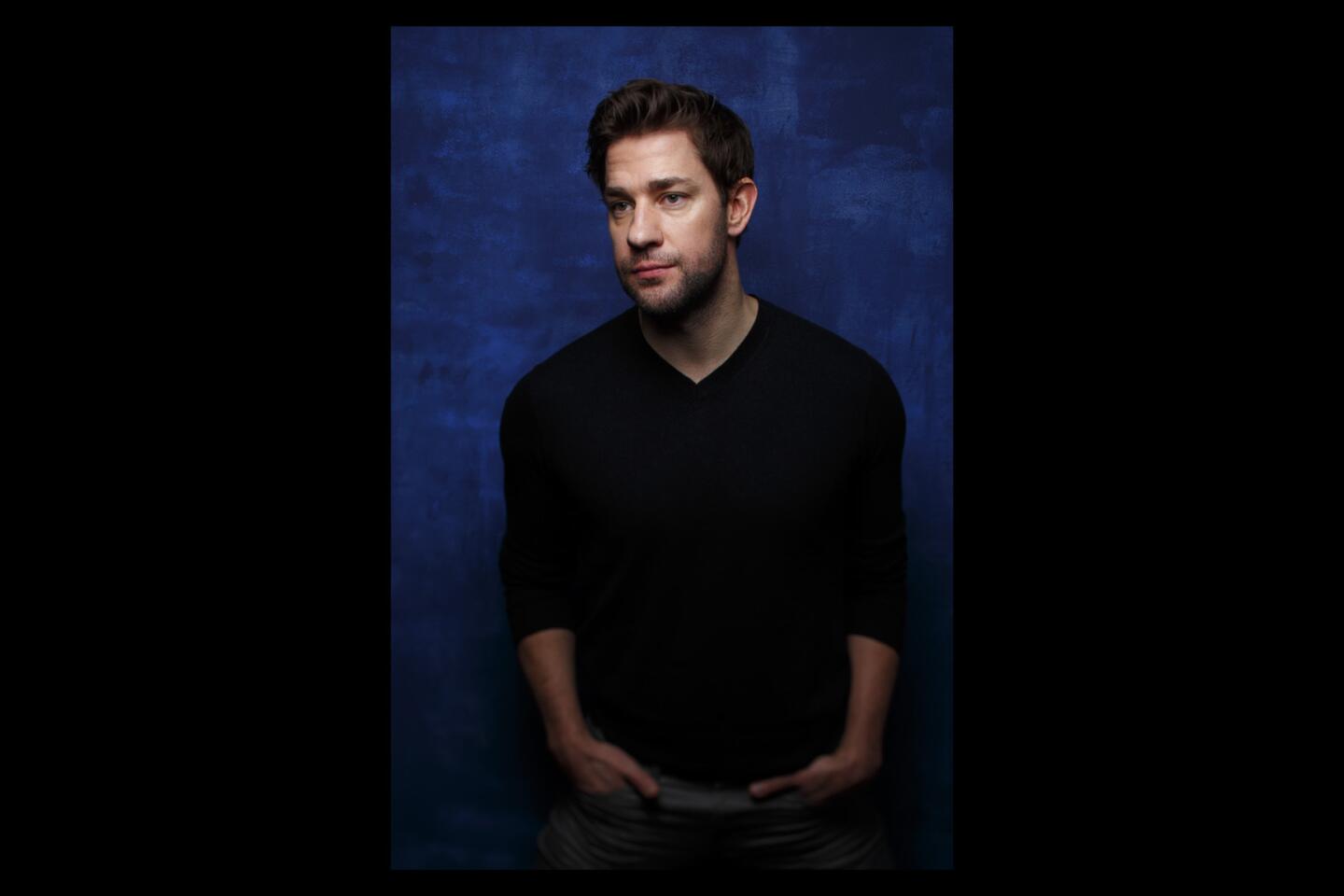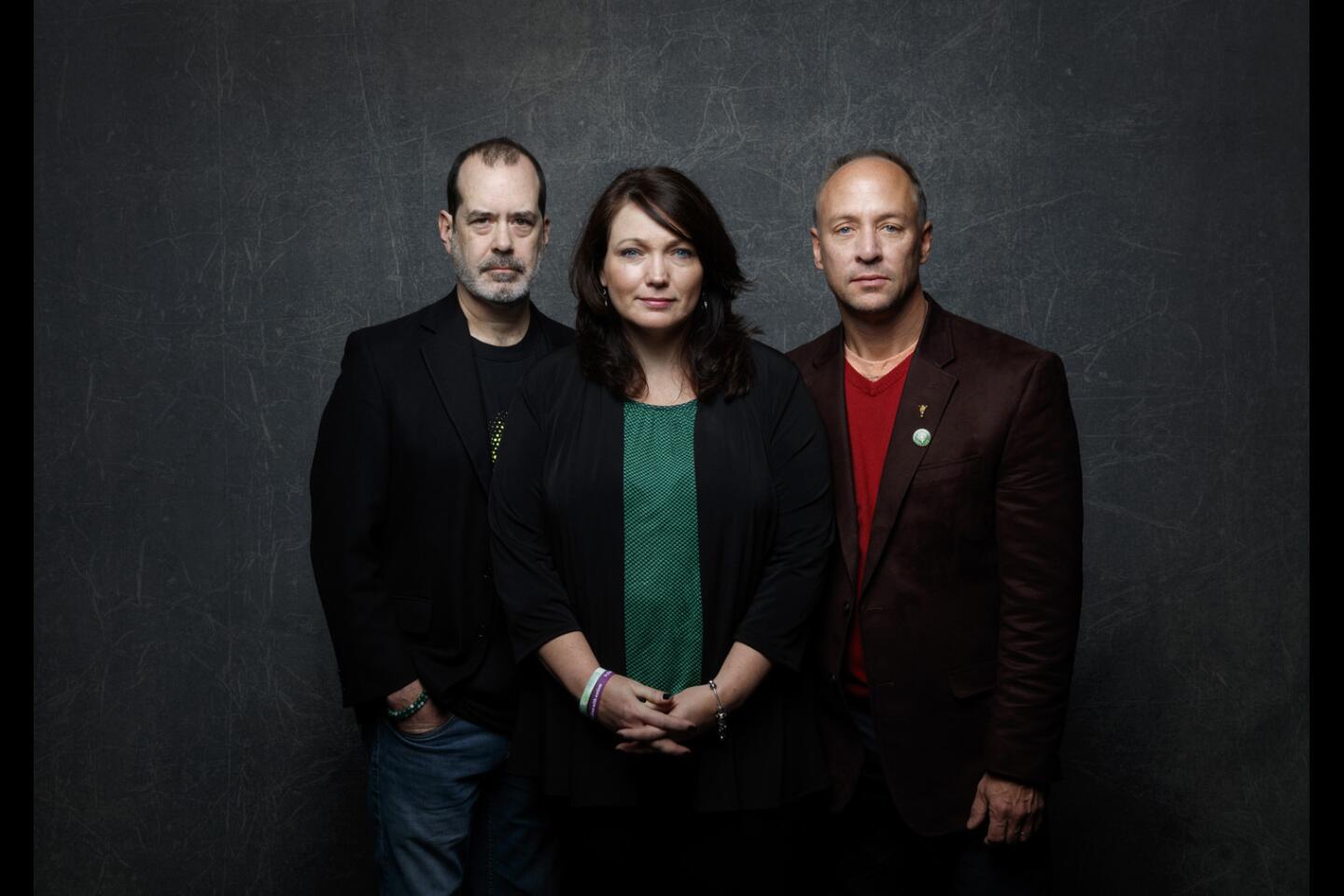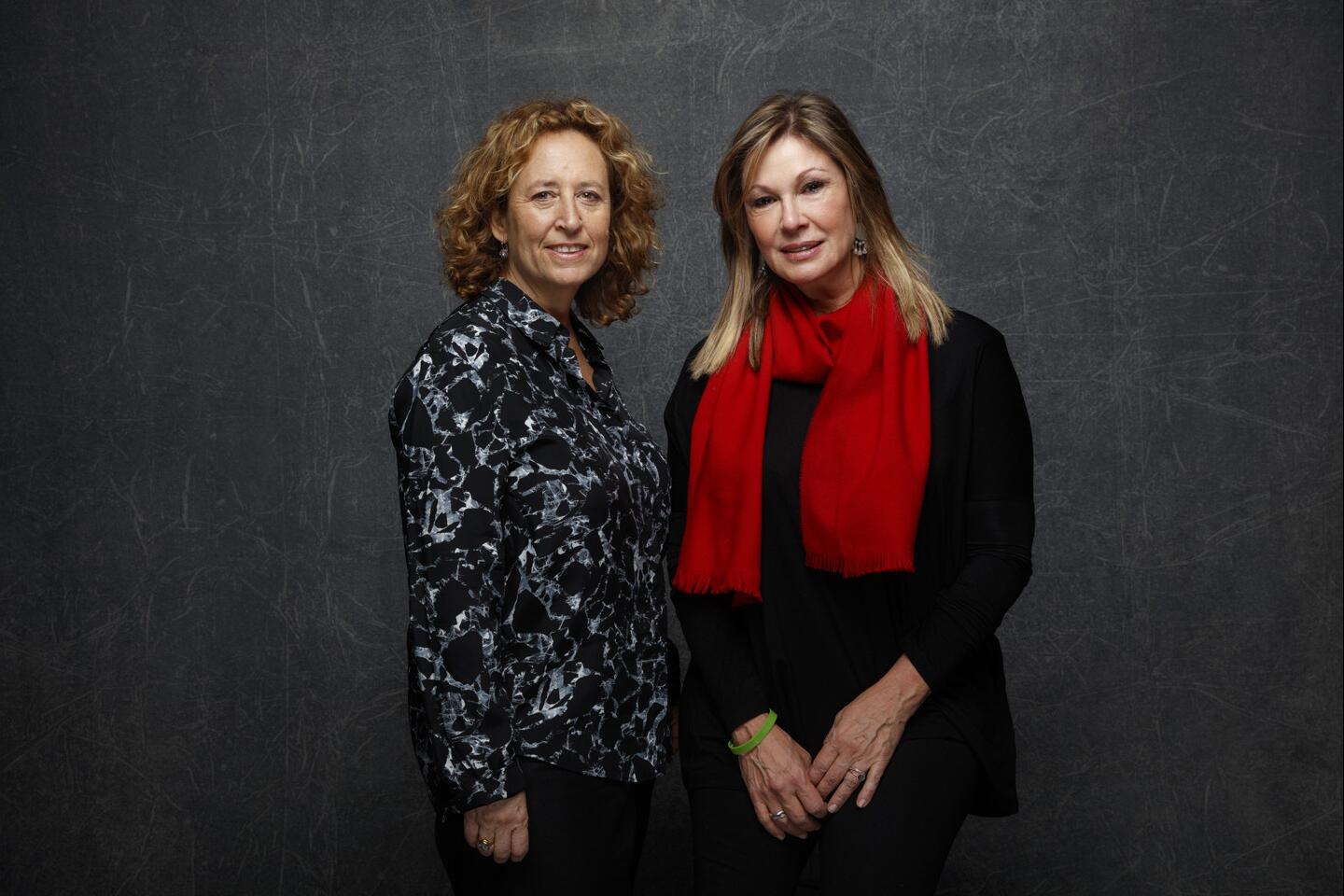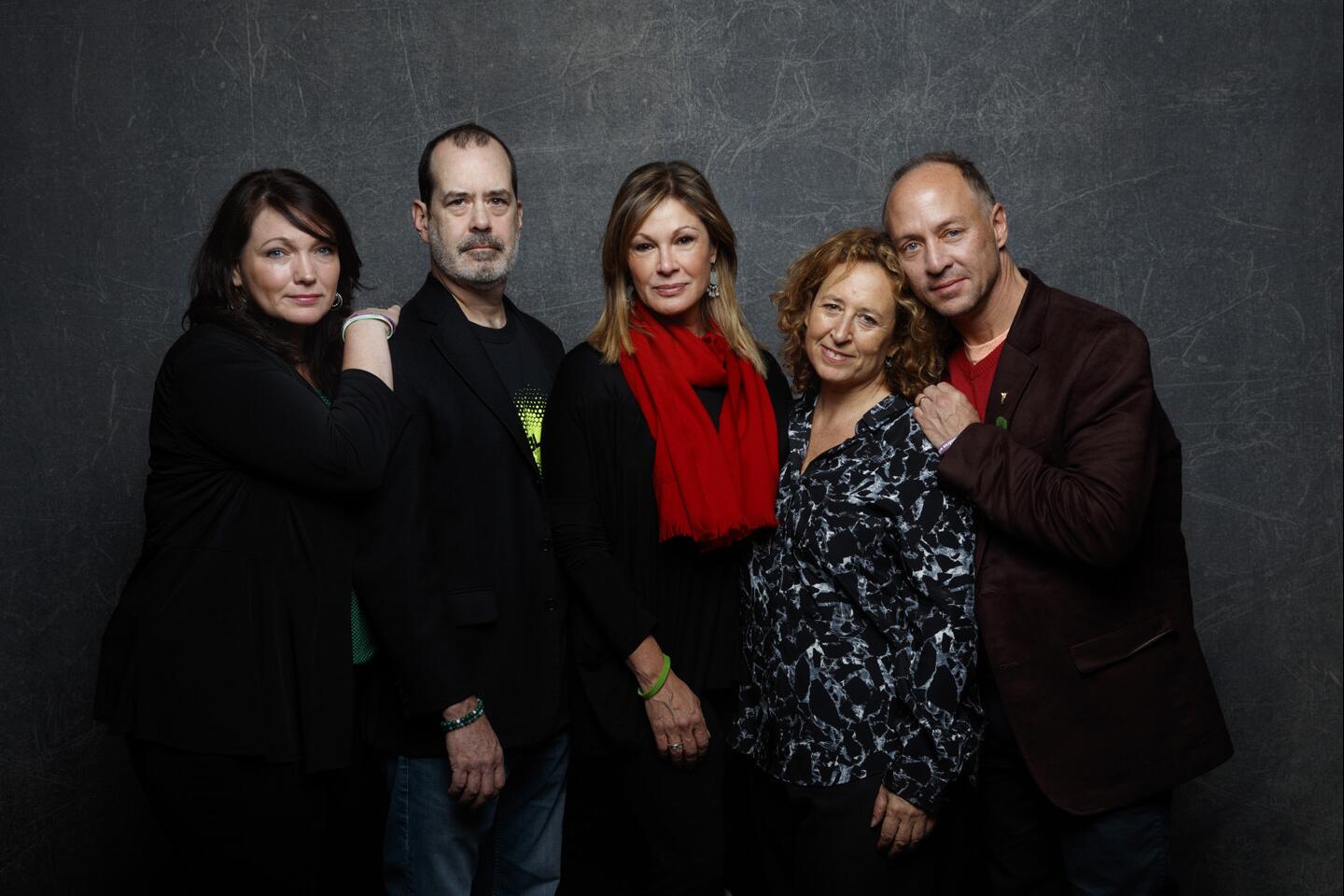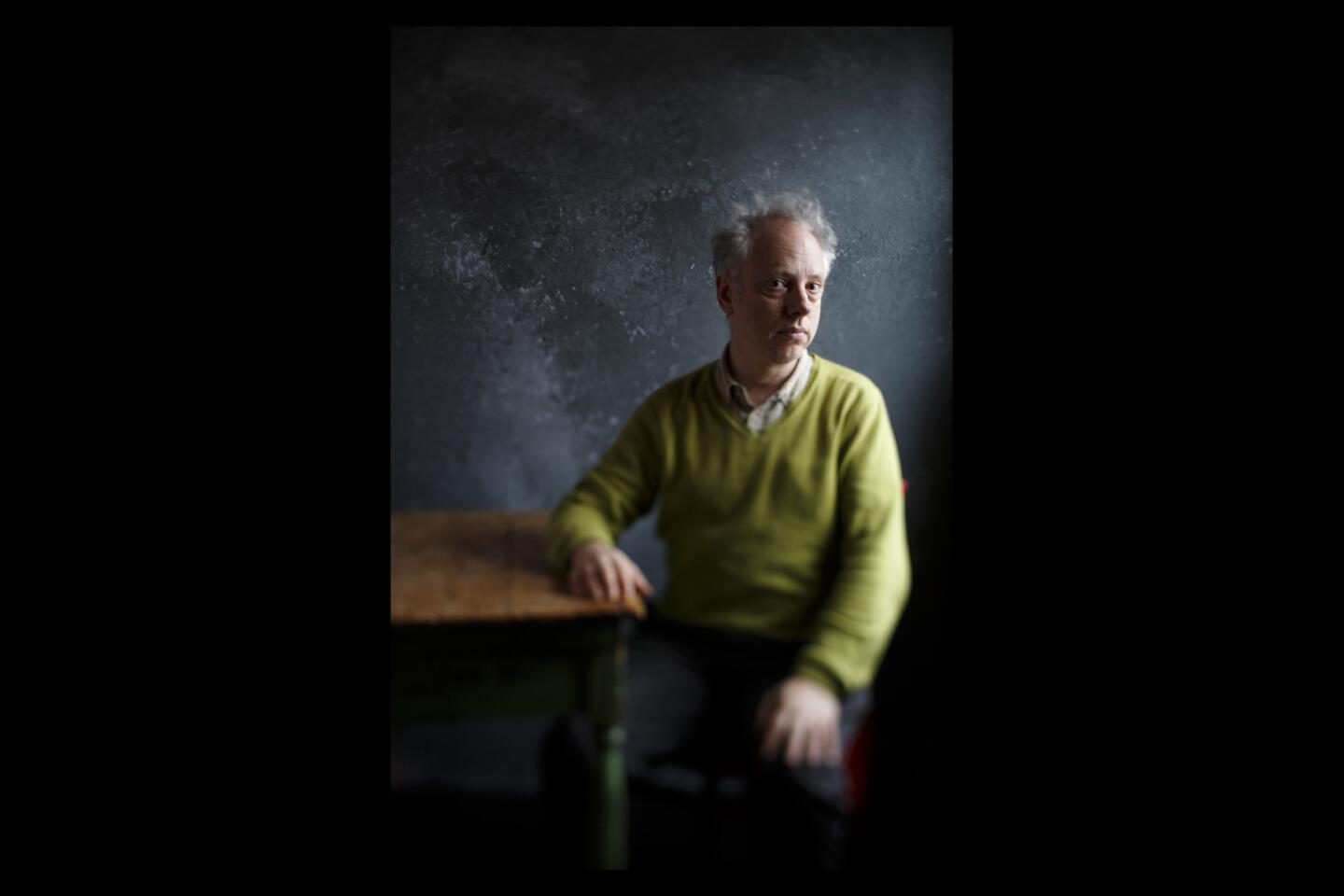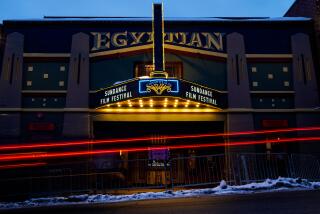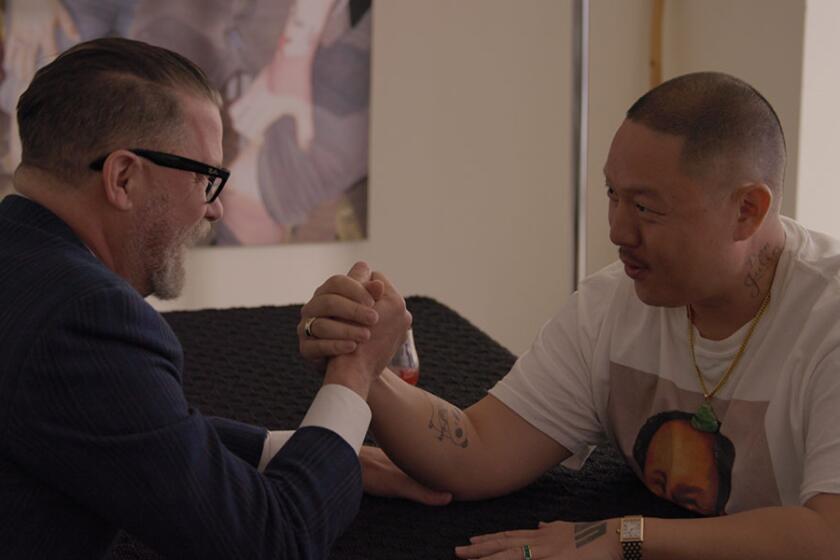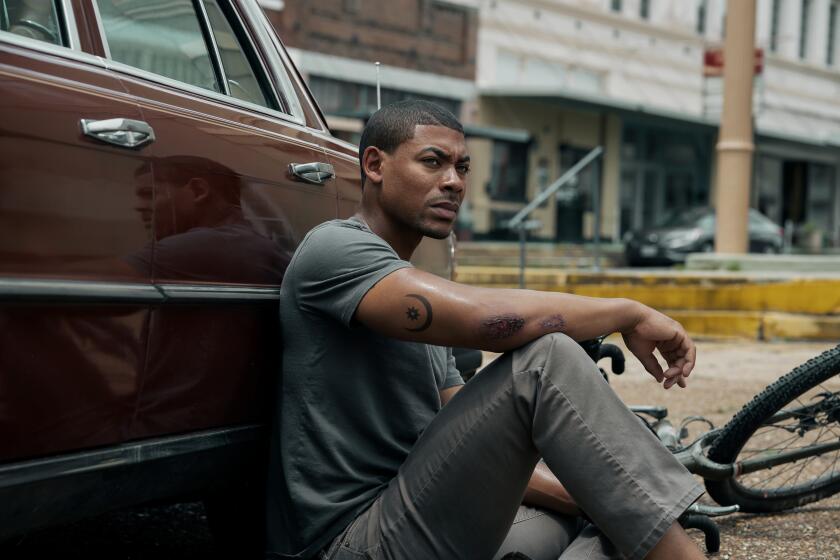The Cannes Film Festival, a wise man once said, is not only impossible to describe to someone who’s never been there but also “nearly impossible to describe to someone who has been there.” And what’s true of Cannes is becoming increasingly true of Sundance.
That’s because the annual extravaganza in Park City, Utah, has increasingly become several different but overlapping events — each with its own characteristics, priorities and even its own audience.
Sundance Film Festival 2016: Full coverage
Most visible is Hot Ticket Sundance, the festival that journalists, critics and movie business movers and shakers tend to frequent. Its focus is on the films people are talking about and fighting to get into, whether because of high acquisition price, place in the zeitgeist or even actual quality.
The hottest movie this year and the all but inevitable winner at Saturday night’s awards ceremony of both the dramatic grand jury prize and audience award was Nate Parker’s “The Birth of a Nation.”
A seven-year labor of love for Parker, who starred, wrote and produced in addition to directing, “The Birth of a Nation” deals with the charismatic Nat Turner and the events leading to his 1831 Virginia slave rebellion. Deeply felt, emotional filmmaking, albeit with problematic elements, “Birth” was acquired by Fox Searchlight for a reported Sundance record of $17.5 million.
1/44
Stars of the 2016 Sundance Film Festival are photographed in the L.A. Times’ photo and video studio on site in Park City, Utah. The festival runs through Jan. 31.
(Jay L. Clendenin / Los Angeles Times) 2/44
Michael Shannon is a stars of “Complete Unknown” and “Frank and Lola.”
(Jay L. Clendenin / Los Angeles Times) 3/44
“Mad Men” veteran Elisabeth Moss is at Sundance with her new film, “The Free World.”
(Jay L. Clendenin / Los Angeles Times) 4/44
Imogen Poots is the Lola of “Frank and Lola,” in which she stars opposite Michael Shannon.
(Jay L. Clendenin / Los Angeles Times) 5/44
Danfung Dennis, seated, and Casey Brown are behind the virtual reality experience “Condition One.”
(Jay L. Clendenin / Los Angeles Times) 6/44
Bobby Naderi is one of the stars of “Under The Shadow.”
(Jay L. Clendenin / Los Angeles Times) 7/44
Boyd Holbrook is a star of “The Free World.”
(Jay L. Clendenin / Los Angeles Times) 8/44
Chloe Sevigny from the film “Antibirth” poses for a portrait in the L.A. Times photo and video studio at the Sundance Film Festival in Park City, Utah.
(Jay L. Clendenin / Los Angeles Times) 9/44
Jared Harris of “Certain Women” poses for a portrait in the L.A. Times photo and video studio at the Sundance Film Festival in Park City, Utah.
(Jay L. Clendenin / Los Angeles Times) 10/44
Tracy Letts of “Indignation” poses for a portrait in the L.A. Times photo and video studio at the Sundance Film Festival in Park City, Utah.
(Jay L. Clendenin / Los Angeles Times) 11/44
Logan Lerman of “Indignation” poses for a portrait in the L.A. Times photo and video studio at the Sundance Film Festival in Park City, Utah.
(Jay L. Clendenin / Los Angeles Times) 12/44
Kate Lyn Sheil from the film “Kate Plays Christine” poses for a portrait in the L.A. Times photo and video studio at the Sundance Film Festival in Park City, Utah.
(Jay L. Clendenin / Los Angeles Times) 13/44
Werner Herzog, director of “Lo and Behold: Reveries of the Connected World,” poses for a portrait in the L.A. Times photo and video studio at the Sundance Film Festival in Park City, Utah.
(Jay L. Clendenin / Los Angeles Times) 14/44
Brooklyn Decker from the film “Lovesong” poses for a portrait in the L.A. Times photo and video studio at the Sundance Film Festival in Park City, Utah.
(Jay L. Clendenin / Los Angeles Times) 15/44
Casey Affleck of “Manchester by the Sea” poses for a portrait in the L.A. Times photo and video studio at the Sundance Film Festival in Park City, Utah.
(Jay L. Clendenin / Los Angeles Times) 16/44
Norman Lear, subject of the film “Norman Lear: Just Another Version of You,” poses for a portrait in the L.A. Times photo and video studio at the Sundance Film Festival in Park City, Utah.
(Jay L. Clendenin / Los Angeles Times) 17/44
Rachel Grady, left and Heidi Ewing, co-directors of “Norman Lear: Just Another Version of You,” pose for a portrait in the L.A. Times photo and video studio at the Sundance Film Festival in Park City, Utah.
(Jay L. Clendenin / Los Angeles Times) 18/44
Abigail Spencer of the series “Rectify” poses for a portrait in the L.A. Times photo and video studio at the Sundance Film Festival in Park City, Utah.
(Jay L. Clendenin / Los Angeles Times) 19/44
Ellen Page, starring in “Talullah,” poses for a portrait in the L.A. Times photo and video studio at the Sundance Film Festival in Park City, Utah.
(Jay L. Clendenin / Los Angeles Times) 20/44
Allison Janney of “Talullah” poses for a portrait in the L.A. Times photo and video studio at the Sundance Film Festival in Park City, Utah.
(Jay L. Clendenin / Los Angeles Times) 21/44
Josh Groban, from the film “The Hollars,” poses for a portrait in the L.A. Times photo and video studio at the Sundance Film Festival in Park City, Utah.
(Jay L. Clendenin / Los Angeles Times) 22/44
John Krasinski of “The Hollars” poses for a portrait in the L.A. Times photo and video studio at the Sundance Film Festival in Park City, Utah.
(Jay L. Clendenin / Los Angeles Times) 23/44
Laura Albert, from the film “The JT Leroy Story,” poses for a portrait in the L.A. Times photo and video studio at the Sundance Film Festival in Park City, Utah.
(Jay L. Clendenin / Los Angeles Times) 24/44
India Menuez, from the film “White Girl,’ poses for a portrait in the L.A. Times photo and video studio at the Sundance Film Festival, in Park City, Utah.
(Jay L. Clendenin / Los Angeles Times) 25/44
Artist Cai Guo-Qiang is the subject of the documentary “Sky Ladder.”
(Jay L. Clendenin / Los Angeles Times) 26/44
Craig Robinson is a star of the film “Morris From America.”
(Jay L. Clendenin / Los Angeles Times) 27/44
Keith Stanfield is an actor in Don Cheadle’s Miles Davis biopic, “Miles Ahead.”
(Jay L. Clendenin / Los Angeles Times) 28/44
Don Cheadle is the star and director of the Miles Davis biopic “Miles Ahead.”
(Jay L. Clendenin / Los Angeles Times) 29/44
Isabelle Allen is an actress from the film “Let’s Be Evil.”
(Jay L. Clendenin / Los Angeles Times) 30/44
Actor Dulé Hill from the film “Sleight.”
(Jay L. Clendenin / Los Angeles Times) 31/44
James Spinney, left, and Pete Middleton are the writers and directors of the film “Notes on Blindness.”
(Jay L. Clendenin / Los Angeles Times) 32/44
Kirsten Johnson is the director of the film “Cameraperson,” a memoir of her work as a documentary cinematographer.
(Jay L. Clendenin / Los Angeles Times) 33/44
Director Matt Ross from the film “Captain Fantastic.”
( Jay L. Clendenin / Los Angeles Times) 34/44
Nick Jonas from the film “Goat.”
( Jay L. Clendenin / Los Angeles Times) 35/44
Rob Zombie, director of the film “31.”
( Jay L. Clendenin / Los Angeles Times) 36/44
Andre Hyland, director and screenwriter from the film “The 4th.”
( Jay L. Clendenin / Los Angeles Times) 37/44
Viggo Mortensen from the film “Captain Fantastic.”
( Jay L. Clendenin / Los Angeles Times) 38/44
Riley Keough from “The Girlfriend Experience.”
( Jay L. Clendenin / Los Angeles Times) 39/44
Ben Schnetzer from the film “Goat.”
( Jay L. Clendenin / Los Angeles Times) 40/44
Kate Beckinsale from the film “Love and Friendship.”
( Jay L. Clendenin / Los Angeles Times) 41/44
Taika Waititi, writer and director from the film “Hunt for the Wilderpeople.”
( Jay L. Clendenin / Los Angeles Times) 42/44
Todd Solondz, director from the film “Weiner Dog.”
( Jay L. Clendenin / Los Angeles Times) 43/44
James Schamus, director for the film “Indignation.”
( Jay L. Clendenin / Los Angeles Times) 44/44
Matt Johnson, director and star of the film “Operation Avalanche.”
( Jay L. Clendenin / Los Angeles Times) Winner of the grand jury prize for world drama was Elite Zexer’s “Sand Storm,” a moving story of a mother and daughter in Israel’s Bedouin community caught between tradition and modernity.
In other noteworthy dramatic awards, the Waldo Salt Screenwriting Award went to Chad Hartigan for his “Morris From America,” a deft coming-of-age tale with a twist: 13-year-old Morris, along with his father, are “the only brothers in Heidelberg,” a staid German city. And the director’s award went to Daniel Scheinert and Daniel Kwan’s “Swiss Army Man,” a film about a flatulent corpse. Really.
Also part of Hot Ticket Sundance, though not eligible to win anything because of the festival’s determination to ghettoize established creators, was Kenneth Lonergan’s “Manchester by the Sea.” The kind of powerful, emotional filmmaking that leaves a scar, “Manchester,” to be distributed by Amazon Studios, stars Casey Affleck as a surly misanthrope forced to confront the tragedy that upended his life.
The second Park City subset might be called Quotidian Sundance. The films here invariably play to appreciative audiences at packed houses (“500 people at 8:30 a.m., awesome,” said one director), though they do tend to fly under the radar, eschewing Hot Ticket status no matter their quality.
Two of the most satisfying of these, quarantined like “Manchester” in the Premiers section, were New Zealand director Taika Waititi’s “Hunt for the Wilderpeople” and Joshua Marston’s “Complete Unknown.”
The adventure-filled tale of an unlikely alliance between an overweight reprobate of a teenager and a surly loner (the veteran Sam Neill at his best), “Wilderpeople” is very much its own film, warm, playful, comic and eccentric all at once.
“Complete Unknown” is a smooth and pleasingly enigmatic entertainment, a treat for fans of actress Rachel Weisz, who, costarring with the protean Michael Shannon, displays the range of her talent as a woman with the chameleon-like ability to discard lives like second skins.
Sundance documentaries, for their part, were as uniformly strong and fascinating as they’ve been in previous years, and if none of them made it into the Hot Ticket category, that was not for lack of trying.
1/196
Imogen Poots, from the film “Frank and Lola,” poses for a portrait in the L.A. Times photo & video studio at the Sundance Film Festival in Park City, Utah.
(Jay L. Clendenin / Los Angeles Times) 2/196
Imogen Poots poses for a portrait at the Sundance Film Festival.
(Jay L. Clendenin / Los Angeles Times) 3/196
Imogen Poots and director Matthew Ross from the film “Frank and Lola” pose for an L.A. Times photo at the Sundance Film Festival.
(Jay L. Clendenin / Los Angeles Times) 4/196
Louis Black and Karen Bernstein, filmmakers from the film “Richard Linklater: Dream Is Destiny,” in a portrait taken at the L.A. Times studio at the Sundance Film Festival in Park City, Utah.
(Jay L. Clendenin / Los Angeles Times) 5/196
Chris Hegedus, left, Steven Wise and D.A. Pennebaker of the film “Unlocking the Cage” pose for a portrait in the L.A. Times studio at the Sundance Film Festival in Park City, Utah.
(Jay L. Clendenin / Los Angeles Times) 6/196
Chris Hegedus, director of “Unlocking the Cage,” in a portrait at the Sundance Film Festival in Park City, Utah.
(Jay L. Clendenin / Los Angeles Times) 7/196
Jon Shenk, left, subject Daisy Coleman and Bonni Cohen, director from the film “Audrie & Daisy,” poses for a portrait in the L.A. Times photo & video studio at the Sundance Film Festival in Park City, Utah.
(Jay L. Clendenin / Los Angeles Times) 8/196
Vincent Piazza from the film “Intervention.”
(Jay L. Clendenin / Los Angeles Times) 9/196
Daisy Coleman, subject from the film “Audrie & Daisy.”
(Jay L. Clendenin / Los Angeles Times) 10/196
Director Clea DuVall from the film “Intervention.”
(Jay L. Clendenin / Los Angeles Times) 11/196
Michael Shannon from the films “Complete Unknown” and “Frank and Lola.”
(Jay L. Clendenin / Los Angeles Times) 12/196
Melanie Lynskey from the film “Intervention.”
(Jay L. Clendenin / Los Angeles Times) 13/196
Michael Shannon from the film “Complete Unknown.”
(Jay L. Clendenin / Los Angeles Times) 14/196
Ben Schwartz from the film “Intervention.”
(Jay L. Clendenin / Los Angeles Times) 15/196
Michael Shannon from the films “Complete Unknown” and “Frank and Lola.”
(Jay L. Clendenin / Los Angeles Times) 16/196
Jason Ritter, left, Ben Schwartz, Natasha Lyonne, Vincent Piazza, Clea DuVall, director, Melanie Lynskey from the film “Intervention.”
(Jay L. Clendenin / Los Angeles Times) 17/196
Ben Schwartz, left, and Jason Ritter from the film “Intervention.”
(Jay L. Clendenin / Los Angeles Times) 18/196
Jason Ritter from the film “Intervention.”
(Jay L. Clendenin / Los Angeles Times) 19/196
Aaron Brookner, director from the film “Uncle Howard.”
(Jay L. Clendenin / Los Angeles Times) 20/196
Executive producer/narrator Katie Couric, right, and filmmaker Stephanie Soechtig from the film “Under The Gun.”
(Jay L. Clendenin / Los Angeles Times) 21/196
Executive producer/narrator Katie Couric from the film “Under The Gun.”
(Jay L. Clendenin / Los Angeles Times) 22/196
Michael Shannon from the films “Complete Unknown” and “Frank and Lola.”
(Jay L. Clendenin / Los Angeles Times) 23/196
Amandla Stenberg from the film “As You Are.”
(Jay L. Clendenin / Los Angeles Times) 24/196
Michael Chernus, left, Michael Shannon and director Joshua Marston from the film “Complete Unknown.”
(Jay L. Clendenin / Los Angeles Times) 25/196
Michael Chernus, left, Michael Shannon and director Joshua Marston from the film “Complete Unknown.”
(Jay L. Clendenin / Los Angeles Times) 26/196
Danfung Dennis, filmmaker, and Casey Brown, producer from the virtual reality experience “Condition One.”
(Jay L. Clendenin / Los Angeles Times) 27/196
Ciro Guerra, writer-director from the film “Embrace of the Serpent.”
(Jay L. Clendenin / Los Angeles Times) 28/196
Josh Fox, director from the film “How to Let Go of the World and Love All the Things Climate Can’t Change.”
(Jay L. Clendenin / Los Angeles Times) 29/196
Christopher Waldorf, left, Chi Chi Mizrahi,, MikeQ, Twiggy Pucci Garçon, co-writer/subject, Sara Jordeno, writer-director, Gia Marie Love, Kenneth “Symba McQueen” Soler-Rios from the film “Kiki.”
(Jay L. Clendenin / Los Angeles Times) 30/196
Kahane Cooperman, showrunner/executive producer from the film “The New Yorker Presents.”
(Jay L. Clendenin / Los Angeles Times) 31/196
Frankie Shaw, director-writer stars in “Too Legit.”
(Jay L. Clendenin / Los Angeles Times) 32/196
Dawn Porter, director from the film “Trapped.”
(Jay L. Clendenin / Los Angeles Times) 33/196
Keith Fulton, director, Lou Pepe, director, Jennifer Coffield and A.J. Wright from the film “Bad Kids.”
(Jay L. Clendenin / Los Angeles Times) 34/196
Lou Pepe, left, and Keith Fulton, directors from the film “Bad Kids.”
(Jay L. Clendenin / Los Angeles Times) 35/196
Jennifer Coffield and A.J. Wright from the film “Bad Kids.”
(Jay L. Clendenin / Los Angeles Times) 36/196
Michael Villar from the film “Carnage Park.”
(Jay L. Clendenin / Los Angeles Times) 37/196
Mickey Keating, director from the film “Carnage Park.”
(Jay L. Clendenin / Los Angeles Times) 38/196
Rebecca Hall from the film “Christine.”
(Jay L. Clendenin / Los Angeles Times) 39/196
Tahir Jetter, director from the film “How to Tell You’re a Douchebag.”
(Jay L. Clendenin / Los Angeles Times) 40/196
Alex Ross Perry from the movie “Joshy.”
(Jay L. Clendenin / Los Angeles Times) 41/196
Jenny Slate from the movie “Joshy.”
(Jay L. Clendenin / Los Angeles Times) 42/196
Thomas Middleditch from the movie “Joshy.”
(Jay L. Clendenin / Los Angeles Times) 43/196
Nick Kroll, left, Brett Gelman, Thomas Middleditch, Adam Pally, Alex Ross Perry, Jenny Slate, Jeff Baena, director, and Lauren Weedman from the movie “Joshy.”
(Jay L. Clendenin / Los Angeles Times) 44/196
Jeff Baena, director, from the movie “Joshy.”
(Jay L. Clendenin / Los Angeles Times) 45/196
Paulina Garcia from the film “Little Men.”
(Jay L. Clendenin / Los Angeles Times) 46/196
Diego Luna, director of “Mr. Pig.”
(Jay L. Clendenin / Los Angeles Times) 47/196
Maya Rudolph, star of “Mr. Pig”
(Jay L. Clendenin / Los Angeles Times) 48/196
Actors Danny Glover, from left, Maya Rudolph and “Mr. Pig” director Diego Luna.
(Jay L. Clendenin / Los Angeles Times) 49/196
Writer-director Richard Tanne, from left, Tika Sumpter and Parker Sawyers, from “Southside With You.”
(Jay L. Clendenin / Los Angeles Times) 50/196
Tika Sumpter from “Southside With You.”
(Jay L. Clendenin / Los Angeles Times) 51/196
Actor Waleed Zuaiter from “The Free World.”
(Jay L. Clendenin / Los Angeles Times) 52/196
Writer-director Jason Lew, from “The Free World.”
(Jay L. Clendenin / Los Angeles Times) 53/196
Boyd Holbrook, from “The Free World.”
(Jay L. Clendenin / Los Angeles Times) 54/196
Elisabeth Moss, from “The Free World.”
(Jay L. Clendenin / Los Angeles Times) 55/196
Elisabeth Moss, from “The Free World.”
(Jay L. Clendenin / Los Angeles Times) 56/196
Boyd Holbrook, from left, Octavia Spencer, writer-director Jason Lew, Elisabeth Moss and Waleed Zuaiter, from “The Free World.”
(Jay L. Clendenin / Los Angeles Times) 57/196
Octavia Spencer, from “The Free World.”
(Jay L. Clendenin / Los Angeles Times) 58/196
Octavia Spencer, from “The Free World.”
(Jay L. Clendenin / Los Angeles Times) 59/196
Bobby Naderi, from “Under the Shadow.”
(Jay L. Clendenin / Los Angeles Times) 60/196
Bobby Nader, from “Under The Shadow.”
(Jay L. Clendenin / Los Angeles Times) 61/196
Jeff Daniels Phillips, right, and Richard Brake from the film “31.”
(Jay L. Clendenin / Los Angeles Times) 62/196
Ashley Bell, left, Pat Healy, Mickey Keating, Michael Villar and James Landry Hébert from the film “Carnage Park.”
(Jay L. Clendenin / Los Angeles Times) 63/196
Ashley Bell from the film “Carnage Park.”
(Jay L. Clendenin / Los Angeles Times) 64/196
Rebecca Hall from the film “Christine.”
(Jay L. Clendenin / Los Angeles Times) 65/196
Rebecca Hall and director Antonio Campos from the film “Christine.”
(Jay L. Clendenin / Los Angeles Times) 66/196
Dylan Gelula from the film “First Girl I Loved.”
(Jay L. Clendenin / Los Angeles Times) 67/196
Writer-director Kerem Sanga from the film “First Girl I Loved.”
(Jay L. Clendenin / Los Angeles Times) 68/196
Brianna Hildebrand, left, Kerem Sanga, writer-director, Brianna Hildebrand, Dylan Gelula and Mateo Arias from the film “First Girl I Loved.”
(Jay L. Clendenin / Los Angeles Times) 69/196
Brianna Hildebrand, left, Kerem Sanga, writer-director, Brianna Hildebrand, Dylan Gelula and Mateo Arias from the film “First Girl I Loved.”
(Jay L. Clendenin / Los Angeles Times) 70/196
Brianna Hildebrand from the film “First Girl I Loved.”
(Jay L. Clendenin / Los Angeles Times) 71/196
Mateo Arias from the film “First Girl I Loved.”
(Jay L. Clendenin / Los Angeles Times) 72/196
Mateo Arias from the film “First Girl I Loved.”
(Jay L. Clendenin / Los Angeles Times) 73/196
Thomas Middleditch from the movie “Joshy.”
(Jay L. Clendenin / Los Angeles Times) 74/196
Lauren Weedman from the movie “Joshy.”
(Jay L. Clendenin / Los Angeles Times) 75/196
Brett Gelman from the movie “Joshy.”
(Jay L. Clendenin / Los Angeles Times) 76/196
Adam Pally from the movie “Joshy.”
(Jay L. Clendenin / Los Angeles Times) 77/196
Nick Kroll from the movie “Joshy.”
(Jay L. Clendenin / Los Angeles Times) 78/196
Maya Rudolph from the film “Mr. Pig.”
(Jay L. Clendenin / Los Angeles Times) 79/196
Maya Rudolph from the film “Mr. Pig.”
(Jay L. Clendenin / Los Angeles Times) 80/196
Danny Glover from the film “Mr. Pig.”
(Jay L. Clendenin / Los Angeles Times) 81/196
Haerry Kim from the film “Spa Night.”
(Jay L. Clendenin / Los Angeles Times) 82/196
Haerry Kim, left, director Andrew Ahn and Joe Seo from the film “Spa Night.”
(Jay L. Clendenin / Los Angeles Times) 83/196
Director Andrew Ahn from the film “Spa Night.”
(Jay L. Clendenin / Los Angeles Times) 84/196
Joe Seo from the film “Spa Night.”
(Jay L. Clendenin / Los Angeles Times) 85/196
Asif Kapadia, filmmaker from “Ali & Nino,” poses for a portrait in the L.A. Times photo & video studio at the Sundance Film Festival in Park City, Utah.
(Jay L. Clendenin / Los Angeles Times) 86/196
Alysia Reiner, left, and Sarah Megan Thomas from the film “Equity.”
(Jay L. Clendenin / Los Angeles Times) 87/196
Alysia Reiner from the film “Equity.”
(Jay L. Clendenin / Los Angeles Times) 88/196
Sarah Megan Thomas from the film “Equity.”
(Jay L. Clendenin / Los Angeles Times) 89/196
Steven Caple Jr., writer and director for the film “The Land.”
(Jay L. Clendenin / Los Angeles Times) 90/196
Jorge Lendeborg Jr. from the film “The Land.”
(Jay L. Clendenin / Los Angeles Times) 91/196
Moises Arias from the film “The Land.”
(Jay L. Clendenin / Los Angeles Times) 92/196
Rafi Gavron, left, Ezri Walker, Steven Caple Jr., Moises Arias and Jorge Lendeborg Jr. from the film “The Land.”
(Jay L. Clendenin / Los Angeles Times) 93/196
Ezri Walker from the film “The Land.”
(Jay L. Clendenin / Los Angeles Times) 94/196
Moises Arias from the film “The Land.”
(Jay L. Clendenin / Los Angeles Times) 95/196
Yoshiki from the film “We are X.”
(Jay L. Clendenin / Los Angeles Times) 96/196
Stephen Kijak, left, and Yoshiki from the film “We are X.”
(Jay L. Clendenin / Los Angeles Times) 97/196
Co-directors Josh Kriegman and Elyse Steinberg from the film “Weiner.”
(Jay L. Clendenin / Los Angeles Times) 98/196
Penelope Ann Miller from the film “The Birth of A Nation.”
(Jay L. Clendenin / Los Angeles Times) 99/196
Armie Hammer from the film “The Birth of A Nation.”
(Jay L. Clendenin / Los Angeles Times) 100/196
Gabrielle Union from the film “The Birth of A Nation.”
(Jay L. Clendenin / Los Angeles Times) 101/196
Gabrielle Union, left, Aja Naomi King, Armie Hammer, Nate Parker, director, Penelope Ann Miller and Jackie Earle Haley from the film “The Birth of A Nation.”
(Jay L. Clendenin / Los Angeles Times) 102/196
Nate Parker, director from the film “The Birth of A Nation.”
(Jay L. Clendenin / Los Angeles Times) 103/196
Jackie Earle Haley from the film “The Birth of A Nation.”
(Jay L. Clendenin / Los Angeles Times) 104/196
Aja Naomi King from the film “The Birth of A Nation.”
(Jay L. Clendenin / Los Angeles Times) 105/196
Jessie Kahnweiler, star-director-producer, from the film “The Skinny.”
(Jay L. Clendenin / Los Angeles Times) 106/196
Illeana Douglas, star-producer, left, Jill Soloway, executive producer, Rebecca Odes, executive producer, Jessie Kahnweiler, star-director-producer, and Andrea Sperling, producer, from the film “The Skinny.”
(Jay L. Clendenin / Los Angeles Times) 107/196
Jill Soloway, executive producer from the film “The Skinny.”
(Jay L. Clendenin / Los Angeles Times) 108/196
Jessie Kahnweiler from the film “The Skinny.”
(Jay L. Clendenin / Los Angeles Times) 109/196
Rebecca Odes, executive producer from the film “The Skinny.”
(Jay L. Clendenin / Los Angeles Times) 110/196
Illeana Douglas from the film “The Skinny.”
(Jay L. Clendenin / Los Angeles Times) 111/196
Illeana Douglas from the film “The Skinny.”
(Jay L. Clendenin / Los Angeles Times) 112/196
Andrea Sperling, producer from the film “The Skinny.”
(Jay L. Clendenin / Los Angeles Times) 113/196
DeWanda Wise from the film “How to Tell You’re a Douchebag.”
(Jay L. Clendenin / Los Angeles Times) 114/196
Jenna Williams, from the film “How to Tell You’re a Douchebag.”
(Jay L. Clendenin / Los Angeles Times) 115/196
Alano Miller, left, DeWanda Wise, Tahir Jetter, Charles Brice and producers Julius Pryor IV and Marttise Hill from the film “How to Tell You’re a Douchebag.”
(Jay L. Clendenin / Los Angeles Times) 116/196
Jennifer Ehle, from the film “Little Men.”
(Jay L. Clendenin / Los Angeles Times) 117/196
Jennifer Ehle, left, Michael Barbieri, Mauricio Zacharias, Paulina Garcia, Ira Sachs, director, Theo Taplitz and Greg Kinnear, from the film “Little Men.”
(Jay L. Clendenin / Los Angeles Times) 118/196
Greg Kinnear from the film “Little Men.”
(Jay L. Clendenin / Los Angeles Times) 119/196
Michael Barbieri, left, and Theo Taplitz from the film “Little Men.”
(Jay L. Clendenin / Los Angeles Times) 120/196
Director and co-writer Ira Sachs, left, and co-writer Mauricio Zacharias from the film “Little Men.”
(Jay L. Clendenin / Los Angeles Times) 121/196
Ira Sachs, director/co-writer from the film, “Little Men.”
(Jay L. Clendenin / Los Angeles Times) 122/196
Mary Stuart Masterson from the film “As You Are.”
(Jay L. Clendenin / Los Angeles Times) 123/196
Miles Joris-Peyrafitte from the film “As You Are.”
(Jay L. Clendenin / Los Angeles Times) 124/196
Amandla Stenberg from the film “As You Are.”
(Jay L. Clendenin / Los Angeles Times) 125/196
Scott Cohen from the film “As You Are.”
(Jay L. Clendenin / Los Angeles Times) 126/196
Owen Campbell from the film “As You Are.”
(Jay L. Clendenin / Los Angeles Times) 127/196
Parker Sawyers from the film “Southside With You.”
(Jay L. Clendenin / Los Angeles Times) 128/196
Tika Sumpter from the film “Southside With You.”
(Jay L. Clendenin / Los Angeles Times) 129/196
Richard Tanne, writer-director from the film “Southside With You.”
(Jay L. Clendenin / Los Angeles Times) 130/196
Jeff Feuerzig, director from the film “The JT Leroy Story.”
(Jay L. Clendenin / Los Angeles Times) 131/196
Robert Jumper, left, director Tim Sutton, Anna Rose and Maica Armata from the film “Dark Night” in the L.A. Times photo & video studio at the Sundance Film Festival in Park City, Utah.
( Jay L. Clendenin / Los Angeles Times) 132/196
Director Pieter-Jan De Pue from the film “The Land of the Enlightened.”
( Jay L. Clendenin / Los Angeles Times) 133/196
Michal Huszcza, left, Michal Marczak, director, and Kris Baganski from the film “All These Sleepless Nights” get cozy.
( Jay L. Clendenin / Los Angeles Times) 134/196
Abigail Spencer from the series “Rectify.”
( Jay L. Clendenin / Los Angeles Times) 135/196
Director Robert Greene and actress Kate Lyn Sheil from the film “Kate Plays Christine.”
( Jay L. Clendenin / Los Angeles Times) 136/196
Actress Kate Lyn Sheil from the film “Kate Plays Christine.”
( Jay L. Clendenin / Los Angeles Times) 137/196
Executive Producer Jim McNiel from the film “Lo and Behold: Reveries of the Connected World.”
( L. Clendenin / Los Angeles Times) 138/196
Werner Herzog, director of the film “Lo and Behold: Reveries of the Connected World.”
( L. Clendenin / Los Angeles Times) 139/196
Laura Albert from the film “The JT Leroy Story.”
( Jay L. Clendenin / Los Angeles Times) 140/196
Jeff Feuerzig and subject Laura Albert from the film “The JT Leroy Story.”
( Jay L. Clendenin / Los Angeles Times) 141/196
Jason Benjamin, director from the film “Suited.”
( Jay L. Clendenin / Los Angeles Times) 142/196
Jenni Konner, producer, left, Jason Benjamin, director, and Lena Dunham, producer, from the film “Suited.”
( Jay L. Clendenin / Los Angeles Times) 143/196
Jared Harris from the film “Certain Women.”
( Jay L. Clendenin / Los Angeles Times) 144/196
Jared Harris from the film “Certain Women.”
( Jay L. Clendenin / Los Angeles Times) 145/196
Q., director of the film “Brahman Naman.”
( Jay L. Clendenin / Los Angeles Times) 146/196
Q., director of the film “Brahman Naman.”
( Jay L. Clendenin / Los Angeles Times) 147/196
Naman Ramachandran, left, Q., and Shashank Arora with Werner Herzog.
( Jay L. Clendenin / Los Angeles Times) 148/196
Tanmay Dhanania, left, Shashank Arora, Naman Ramachandran, Steve Barron, producer, Q., director, Sid Mallya, screenwriter, from the film “Brahman Naman.”
( Jay L. Clendenin / Los Angeles Times) 149/196
Ralph Rodriguez, left, Brian “Sene” Marc, Morgan Saylor, Adrian Martinez, India Menuez, Justin Bartha, Elizabeth Wood, filmmaker, and Anthony Ramos from the film “White Girl.”
( Jay L. Clendenin / Los Angeles Times) 150/196
Brian “Sene” Marc from the film “White Girl.”
( Jay L. Clendenin / Los Angeles Times) 151/196
Morgan Saylor from the film “White Girl.”
( Jay L. Clendenin / Los Angeles Times) 152/196
Anthony Ramos from the film “White Girl.”
( Jay L. Clendenin / Los Angeles Times) 153/196
Adrian Martinez from the film “White Girl.”
( Jay L. Clendenin / Los Angeles Times) 154/196
India Menuez from the film “White Girl.”
( Jay L. Clendenin / Los Angeles Times) 155/196
Justin Bartha from the film “White Girl.”
( Jay L. Clendenin / Los Angeles Times) 156/196
Elizabeth Wood from the film “White Girl.”
( Jay L. Clendenin / Los Angeles Times) 157/196
Gavin Free for Lazer Team levitates.
( Jay L. Clendenin / Los Angeles Times) 158/196
Anne Fontaine, director from the film “Agnus Dei.”
(Jay L. Clendenin / Los Angeles Times) 159/196
Chloe Sevigny, left, Danny Perez and Natasha Lyonne from the film “Antibirth.”
( Jay L. Clendenin / Los Angeles Times) 160/196
Chloe Sevigny from the film “Antibirth.”
(Jay L. Clendenin / Los Angeles Times) 161/196
Chloe Sevigny from the film “Antibirth.”
(Jay L. Clendenin / Los Angeles Times) 162/196
Natasha Lyonne from the film “Antibirth.”
( Jay L. Clendenin / Los Angeles Times) 163/196
Rachel Grady, co-director from the film “Norman Lear: Just Another Version of You.”
( Jay L. Clendenin / Los Angeles Times) 164/196
Heidi Ewing, co-director, Norman Lear, Rachel Grady, co-director, from the film “Norman Lear: Just Another Version of You.”
(Jay L. Clendenin / Los Angeles Times) 165/196
Norman Lear from the film “Norman Lear: Just Another Version of You.”
(Jay L. Clendenin / Los Angeles Times) 166/196
Heidi Ewing, co-director from the film “Norman Lear: Just Another Version of You.”
(Jay L. Clendenin / Los Angeles Times) 167/196
Heidi Ewing, co-director from the film “Norman Lear: Just Another Version of You.”
(Jay L. Clendenin / Los Angeles Times) 168/196
Kenneth Lonergan, director from the film “Manchester by the Sea.”
(Jay L. Clendenin / Los Angeles Times) 169/196
Lucas Hedges, left, Kenneth Lonergan, director, and Casey Affleck from the film “Manchester by the Sea.”
(Jay L. Clendenin / Los Angeles Times) 170/196
Lucas Hedges, left, and Casey Affleck from the film “Manchester by the Sea.”
(Jay L. Clendenin / Los Angeles Times) 171/196
Lucas Hedges, left, and Casey Affleck from the film “Manchester by the Sea.”
( Jay L. Clendenin / Los Angeles Times) 172/196
Lucas Hedges from the film “Manchester by the Sea.”
( Jay L. Clendenin / Los Angeles Times) 173/196
Casey Affleck from the film “Manchester by the Sea.”
( Jay L. Clendenin / Los Angeles Times) 174/196
Casey Affleck from the film “Manchester by the Sea.”
( Jay L. Clendenin / Los Angeles Times) 175/196
Writer-director Sian Heder from the film “Talullah.”
( Jay L. Clendenin / Los Angeles Times) 176/196
John Benjamin Hickey, left, Allison Janney, Ellen Page, Sian Heder, writer-director, and Tammy Blanchard from the film “Talullah.”
( Jay L. Clendenin / Los Angeles Times) 177/196
Ellen Page from the film “Talullah.”
(Jay L. Clendenin / Los Angeles Times) 178/196
Director Roger Ross Williams from the film “Life Animated.”
(Jay L. Clendenin / Los Angeles Times) 179/196
Allison Janney from the film “Talullah.”
(Jay L. Clendenin / Los Angeles Times) 180/196
John Benjamin Hickey from the film “Talullah.”
( Jay L. Clendenin / Los Angeles Times) 181/196
Tammy Blanchard from the film “Talullah.”
( Jay L. Clendenin / Los Angeles Times) 182/196
Brooklyn Decker from the film “Lovesong.”
(Jay L. Clendenin / Los Angeles Times) 183/196
Jena Malone from the film “Lovesong.”
( Jay L. Clendenin / Los Angeles Times) 184/196
Jena Malone, left, and Riley Keough from the film “Lovesong.”
(Jay L. Clendenin / Los Angeles Times) 185/196
Director Roger Ross Williams from the film “Life Animated.”
(Jay L. Clendenin / Los Angeles Times) 186/196
Jonathan Freeman, left, Owen Suskind, Gilbert Gottfried and director Roger Ross Williams from the film “Life Animated.”
( Jay L. Clendenin / Los Angeles Times) 187/196
John Krasinski from the film, “The Hollars,” poses for a portrait in the L.A. Times photo & video studio at the Sundance Film Festival, in Park City, Utah. (Jay L. Clendenin / Los Angeles Times)
188/196
John Krasinski, left, Charlie Day, Margo Martindale, Sharlto Copley and Josh Groban from the film “The Hollars.”
( Jay L. Clendenin / Los Angeles Times) 189/196
Josh Groban from the film, “The Hollars,” in the L.A. Times photo & video studio at the Sundance Film Festival, in Park City, Utah. ( Jay L. Clendenin / Los Angeles Times)
190/196
Sharlto Copley from the film, “The Hollars,” in the L.A. Times photo & video studio at the Sundance Film Festival, in Park City, Utah. (Jay L. Clendenin / Los Angeles Times)
191/196
Margo Martindale, from the film, “The Hollars,” in the L.A. Times photo & video studio at the Sundance Film Festival, in Park City, Utah. ( Jay L. Clendenin / Los Angeles Times)
192/196
John Krasinski from the film, “The Hollars,” poses for a portrait in the L.A. Times photo & video studio at the Sundance Film Festival, in Park City, Utah. (Jay L. Clendenin / Los Angeles Times)
193/196
David Wheeler, left, Nicole Hockley, Mark Barden from the film “Newtown.”
(Jay L. Clendenin / Los Angeles Times) 194/196
Kim Snyder, left, director, and Maria Cuomo Cole, producer, from the film “Newtown.”
(Jay L. Clendenin / Los Angeles Times) 195/196
Nicole Hockley, David Wheeler, Maria Cuomo Cole, producer, Kim Snyder, director, and Mark Barden from the film “Newtown.”
(Jay L. Clendenin / Los Angeles Times) 196/196
Todd Solondz, director of the film “Wiener-Dog,” poses for a portrait in the L.A. Times photo & video studio at the Sundance Film Festival in Park City, Utah.
( Jay L. Clendenin / Los Angeles Times) The grand jury prize here went to Josh Kriegman and Elyse Steinberg’s “Weiner.” A searing snapshot of how modern political campaigns are run and the way our current culture of public shaming works, it’s so intimate and invasive that you frankly wonder why the subject, disgraced former congressman and abortive New York mayoral candidate Anthony Weiner, agreed to participate.
The documentary directing award went to Roger Ross Williams for “Life, Animated,” about an autistic boy whose life is changed by Disney animation, while the documentary audience award went to Brian Oakes’ “Jim: The James Foley Story,” about the U.S. journalist executed by Islamic State.
On the world documentary front, both the grand jury prize and the audience award went to Rokhsareh Ghaem Maghami’s “Sonita,” the deftly done story of a young Afghan woman in Tehran who dreams of rap stardom while her family plans to sell her as a bride.
Also noteworthy, though not winners, are two other films about unusual individuals:
“Maya Angelou and Still I Rise.” The opportunity to spend time exploring the rich and complex life, as painful as it was joyous, of this exceptional writer was as nourishing as it sounds.
“Uncle Howard.” Filmmaker Aaron Brookner’s poignant attempt to connect with and memorialize his late uncle Howard, the idol of his youth, director of “Burroughs, The Movie,” and an exemplar of the 1980s downtown New York hipster scene.
With everything from demonstrations run by Samsung to “Factory Farm,” an unflinching look inside a slaughterhouse sponsored by Animal Equality, on view, virtual reality was present enough at Sundance 2016 to be its own mini-festival.
This was especially so at the festival’s New Frontier section, a pioneer for several years running in presenting VR to eager viewers, which this year showcased more than 30 examples of the technology in action, including “theBlu, Encounter,” a mesmerizing underwater experience that has an 80-foot blue whale floating serenely by, and “The Leviathan Project,” which cleverly incorporates touch into the VR world.
Most impressive was “Real Virtuality: Immersive Experience,” which truly immerses you so completely in a complex alternate reality, including moving through an enormous neon-lit city, that you’d swear you’d actually been there. No one really knows where VR is going, but experiences like this make you eager to go along.
[email protected]
MORE:
Climate-change documentary seeks to make a difference
Sundance 2016: Nine new VR pieces you need to know
Sundance: the breakout stars, the parties, the photos
Nate Parker hopes ‘The Birth of a Nation’ challenges ‘privilege and comfort’
Fox Searchlight makes big buy for ‘The Birth of a Nation’; next year’s Oscars may not be so white
Breakout film: Nate Parker’s ‘The Birth of a Nation’ injects itself into diversity debate
